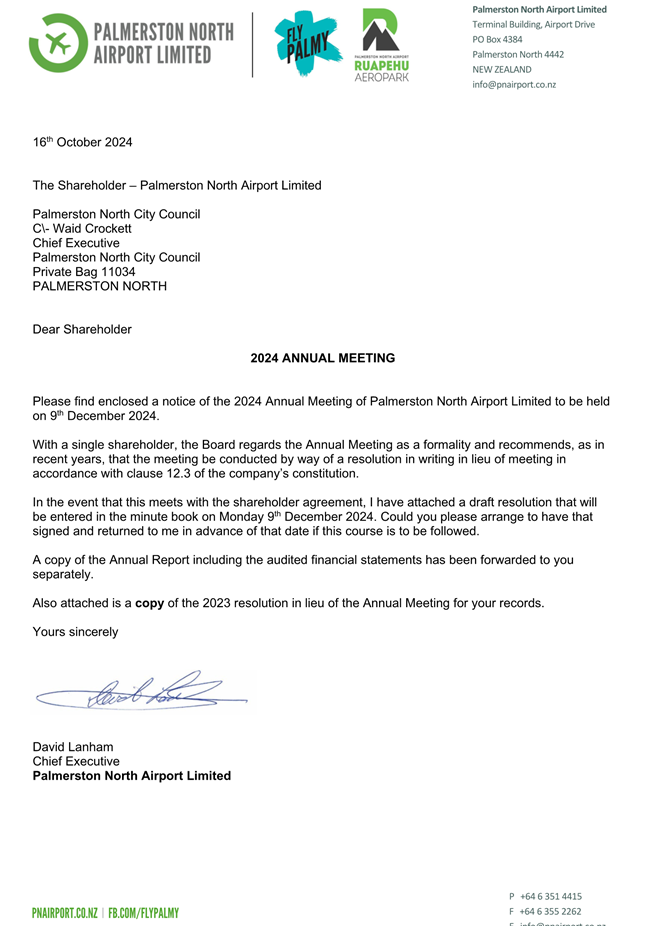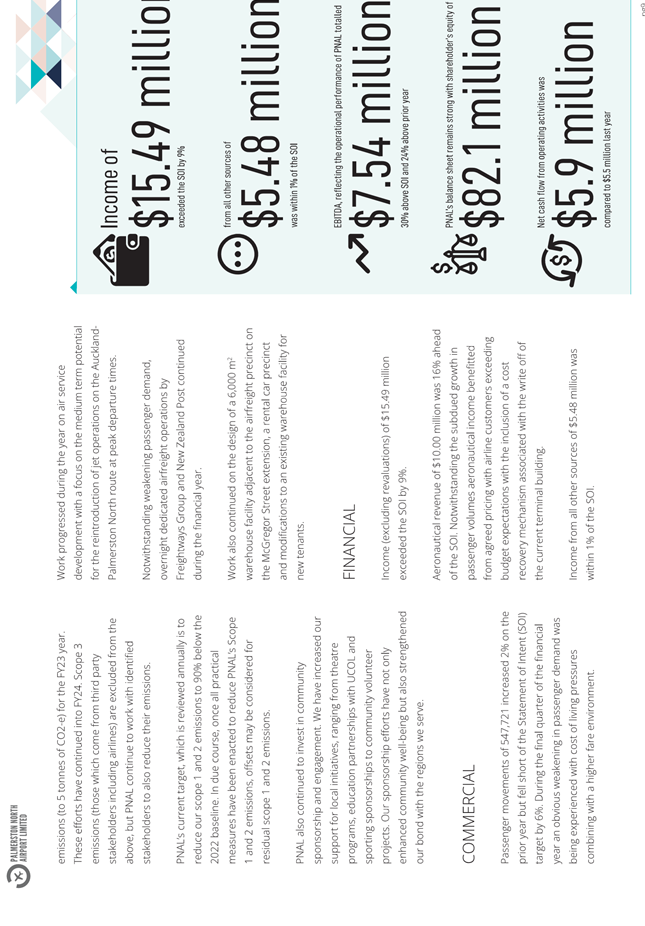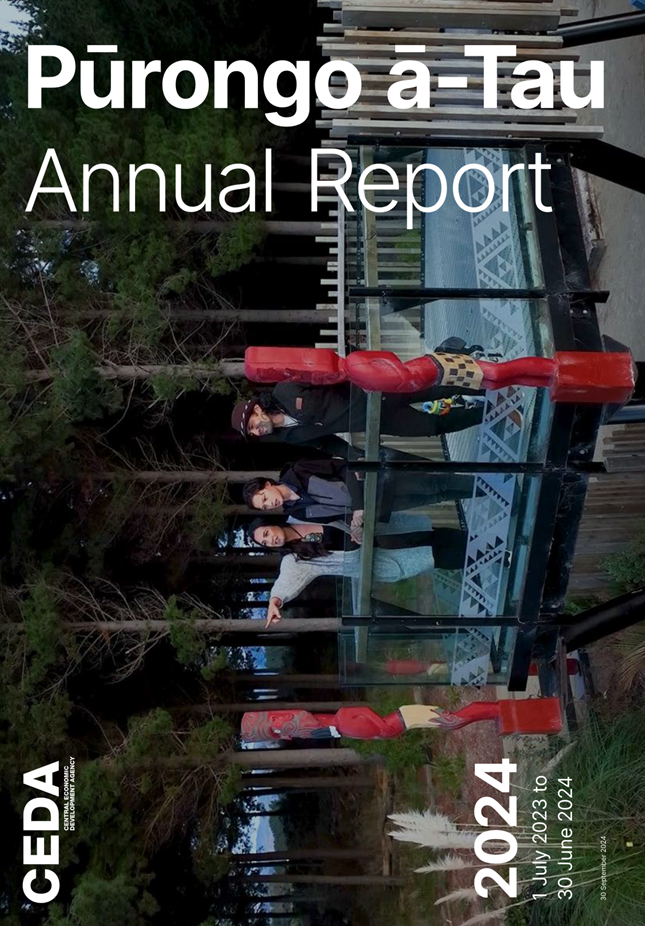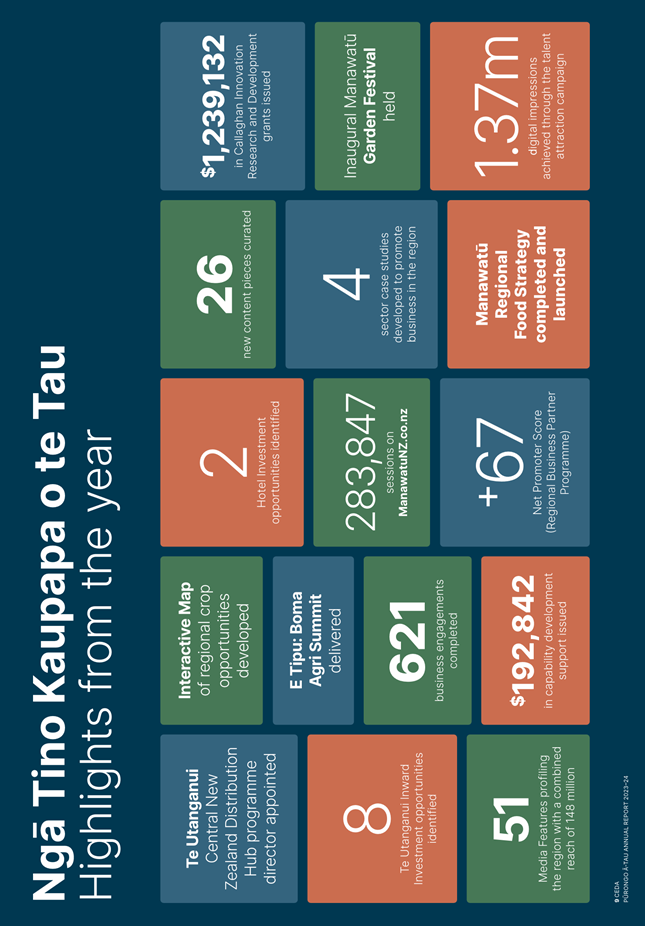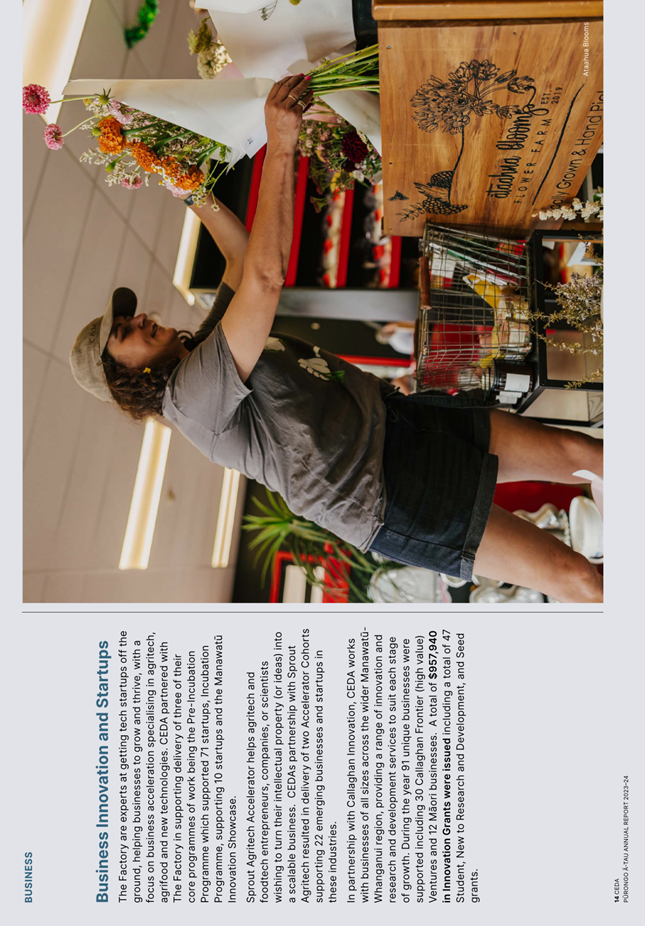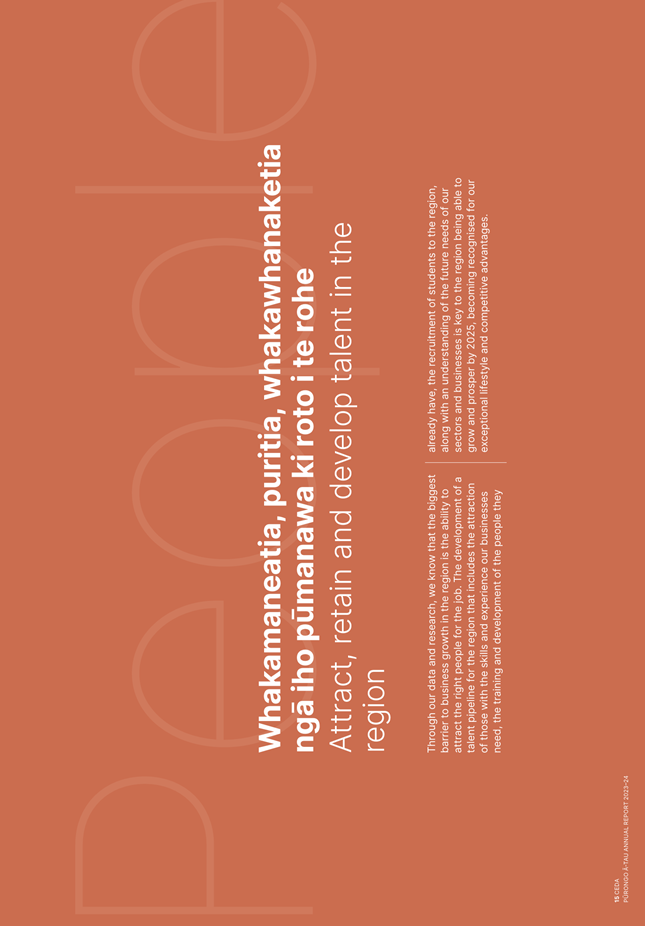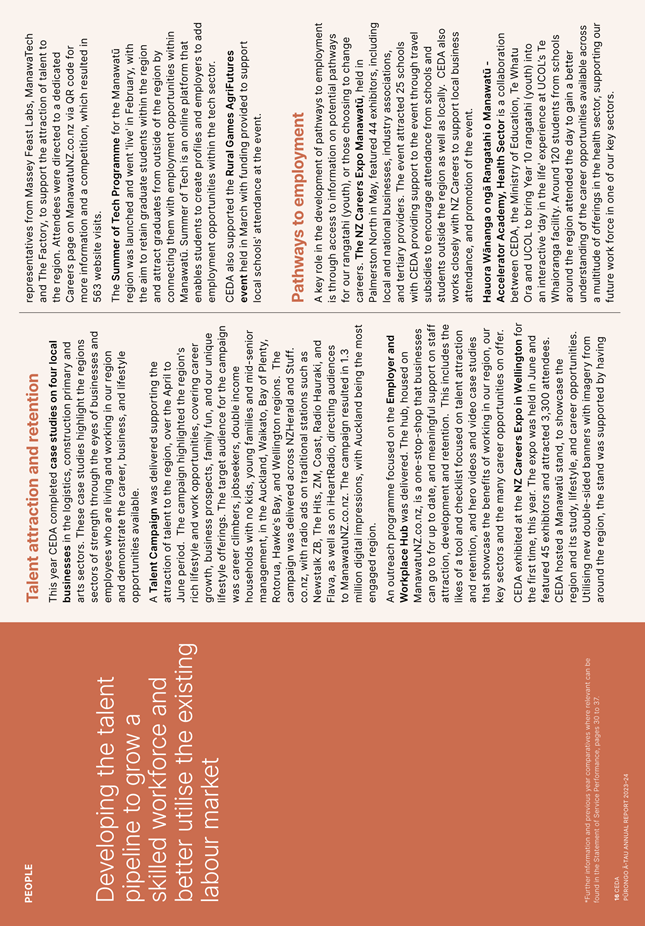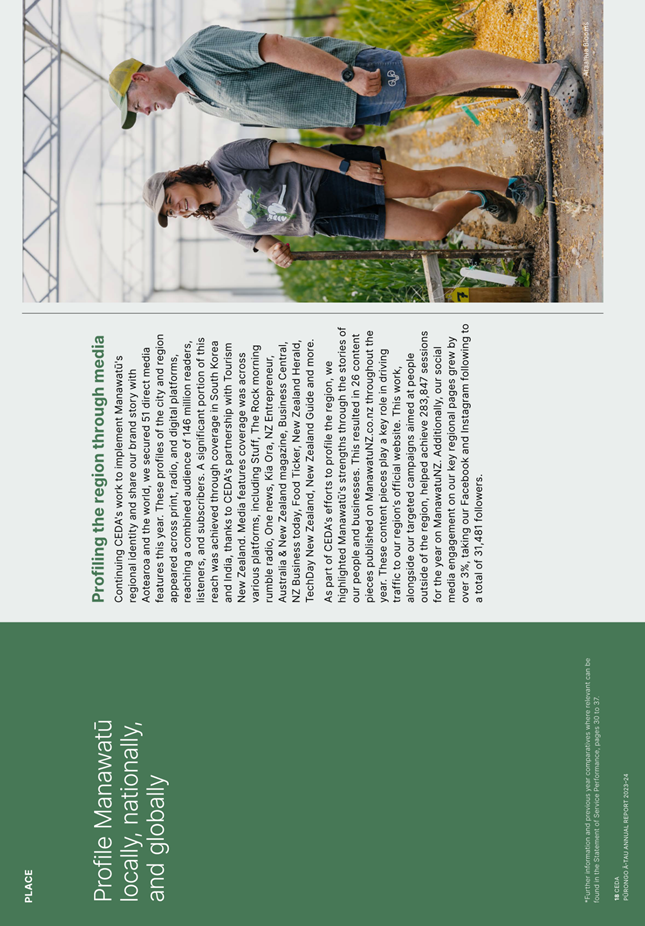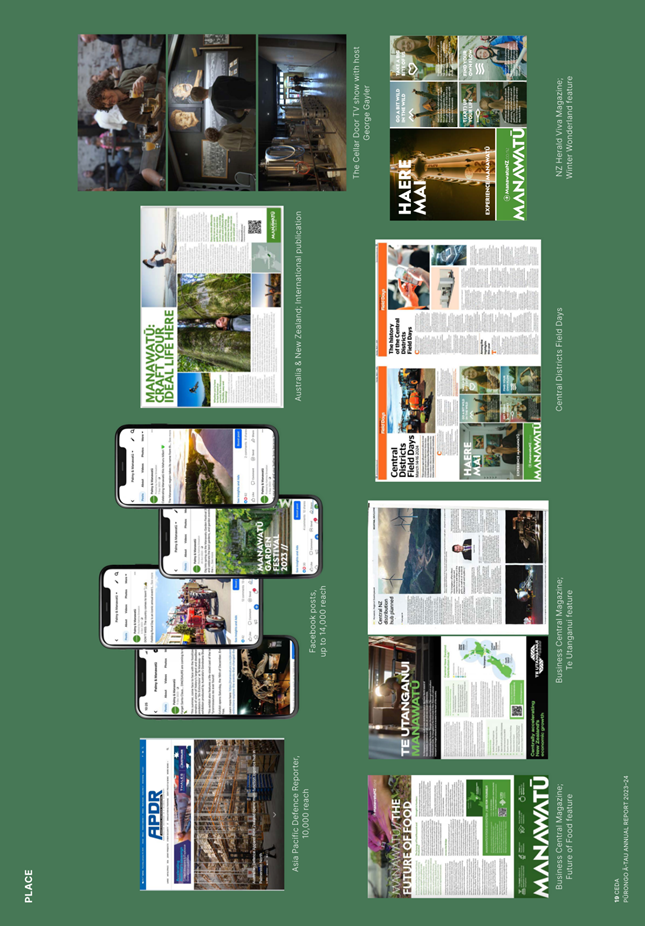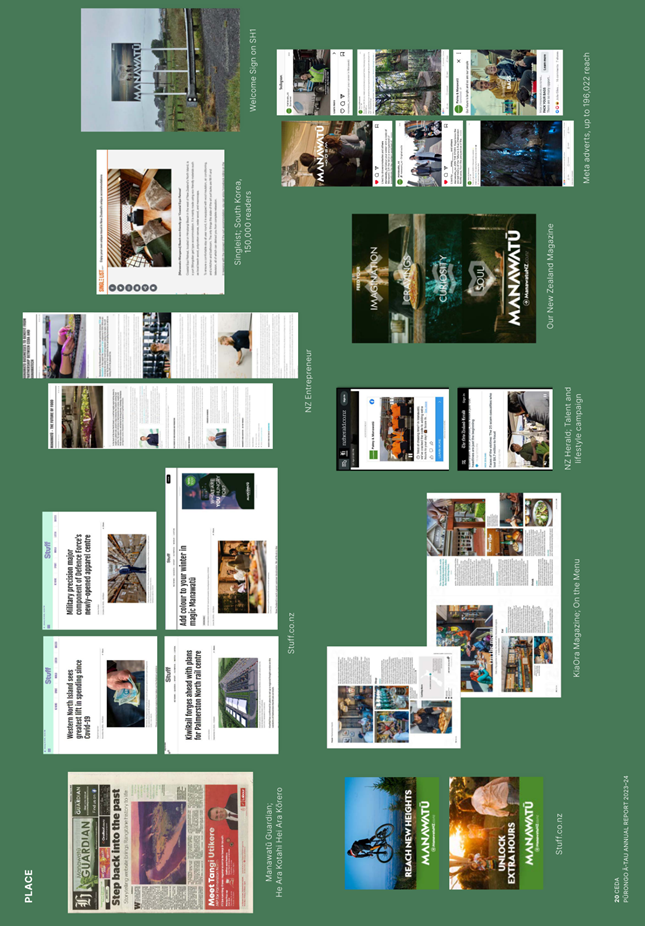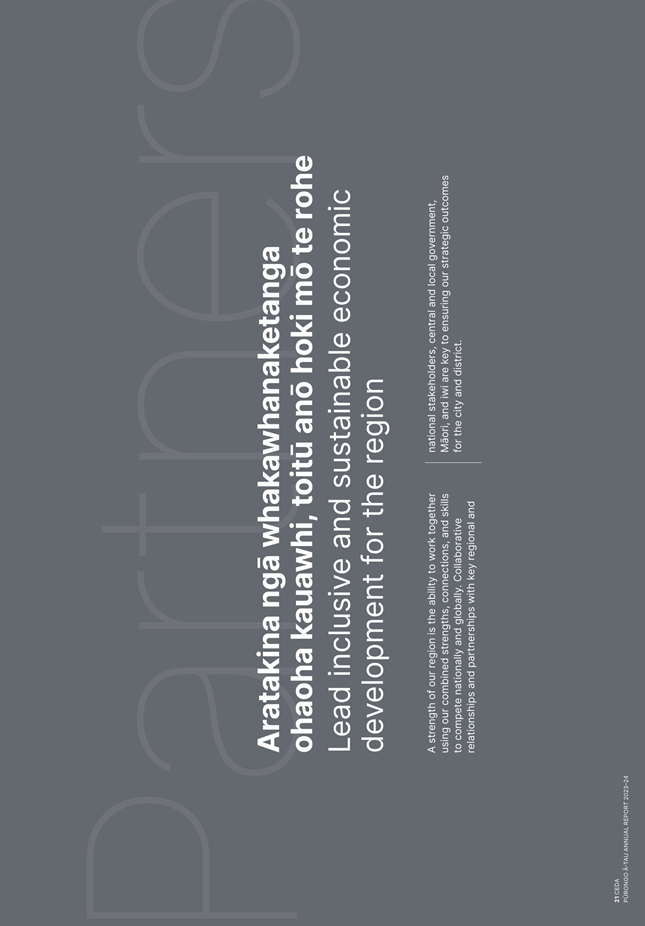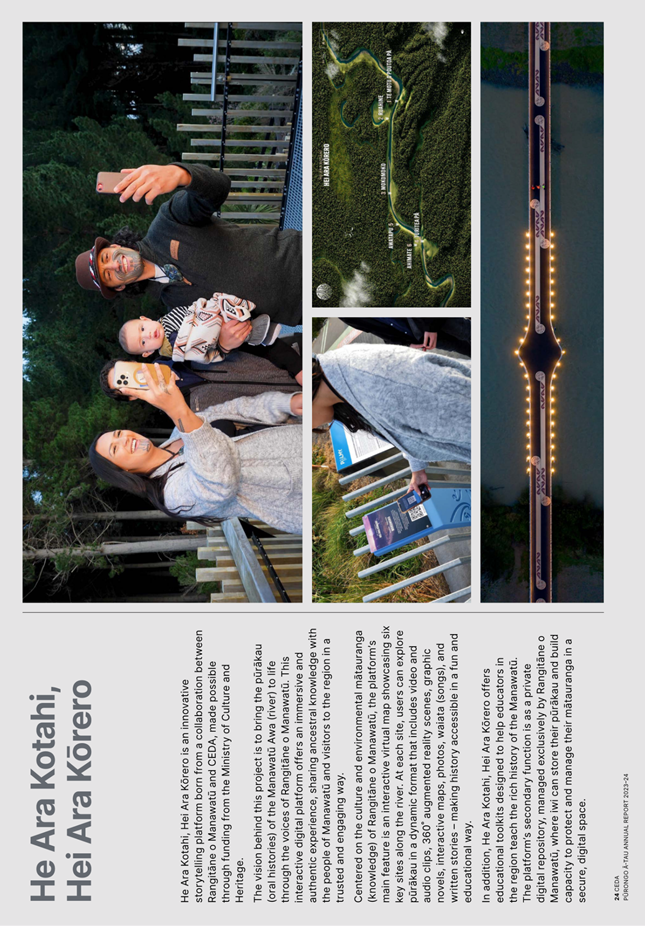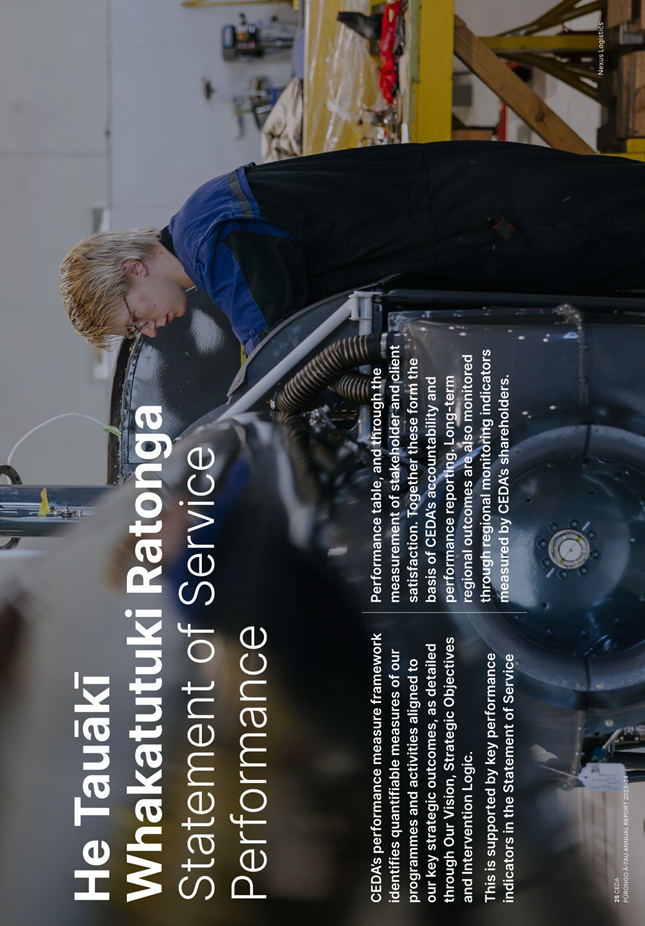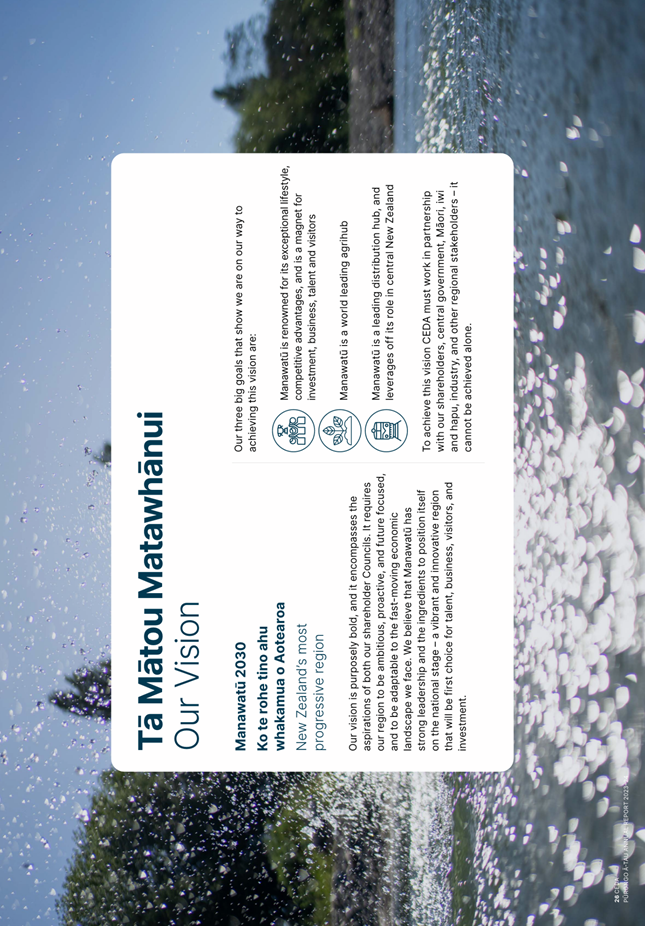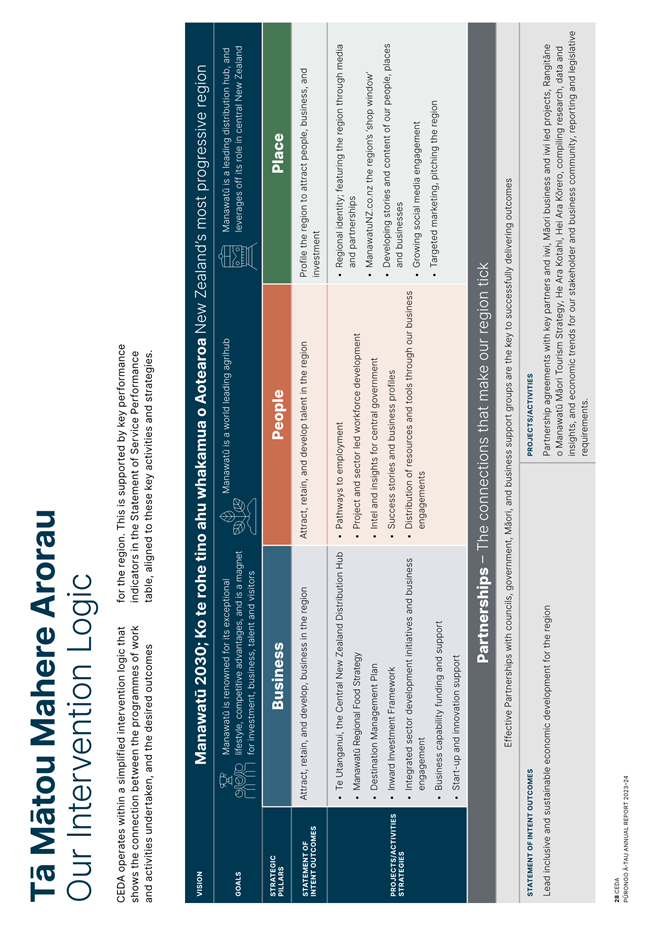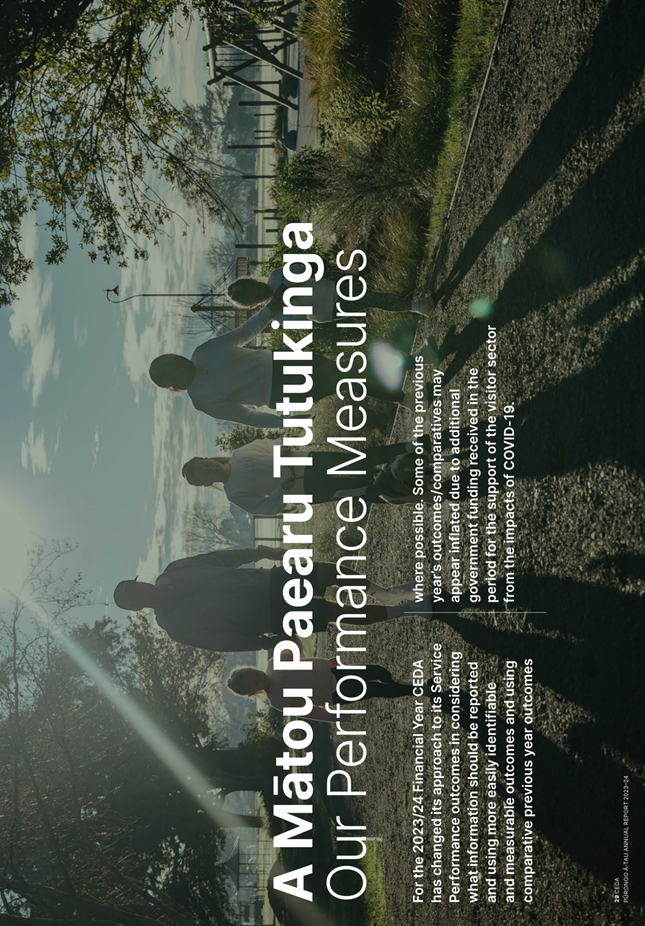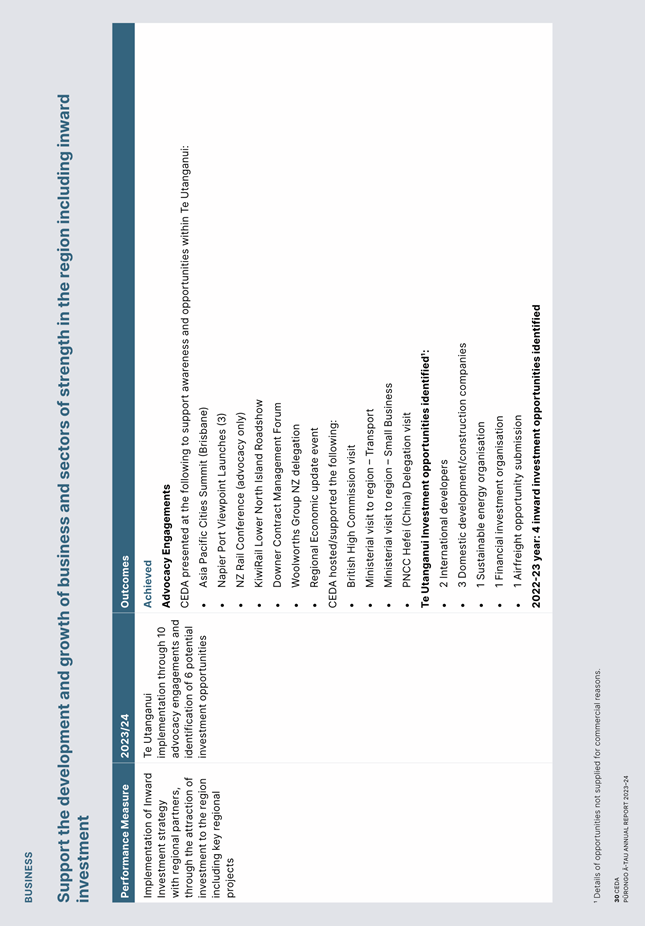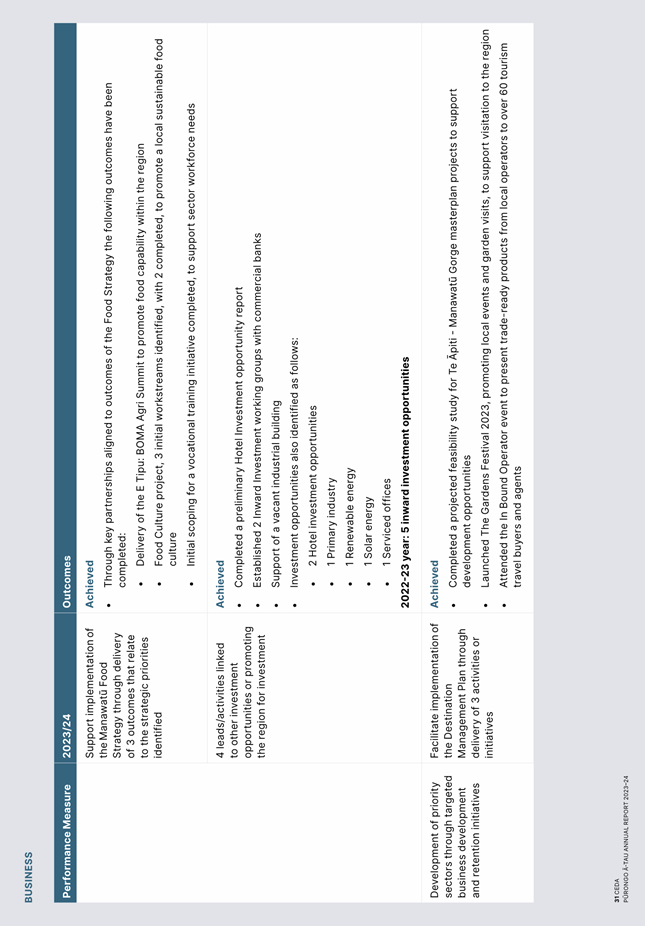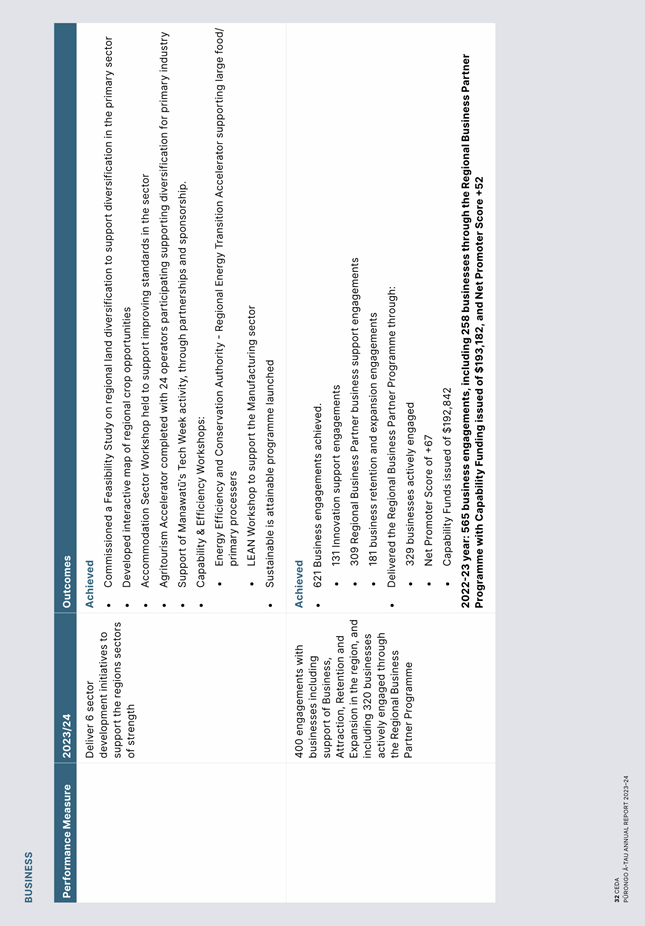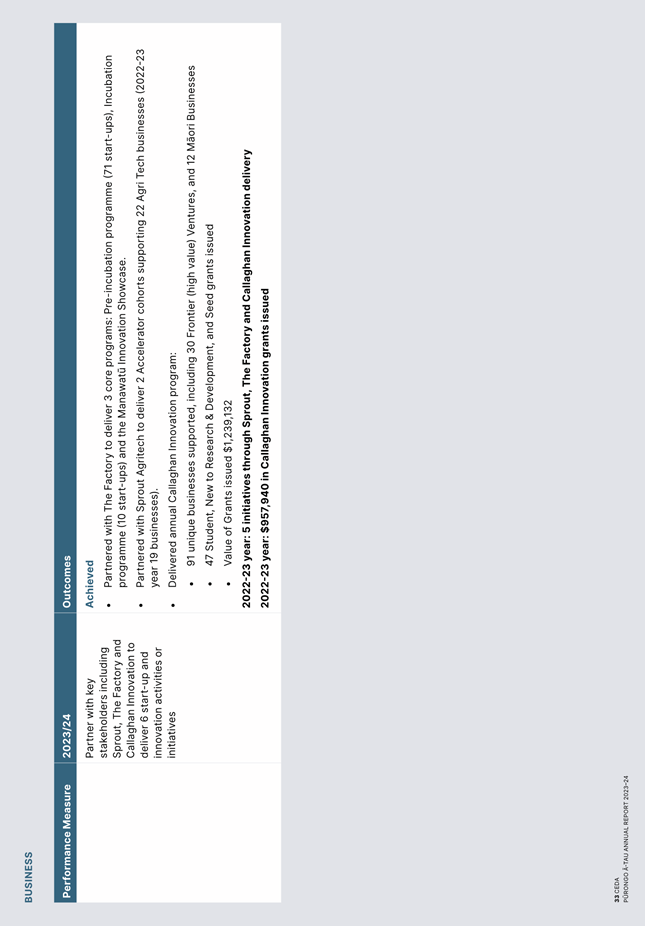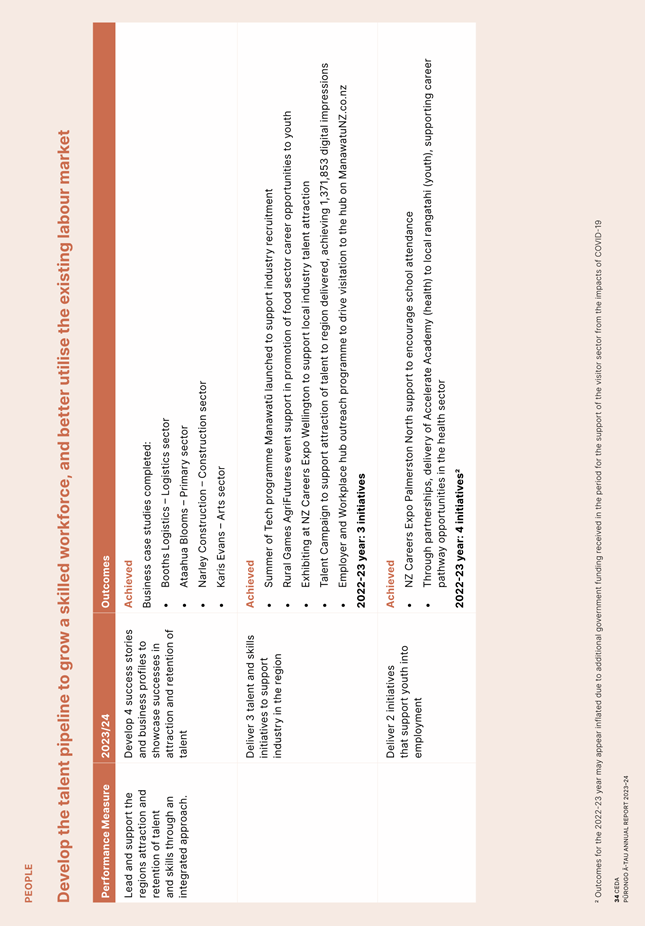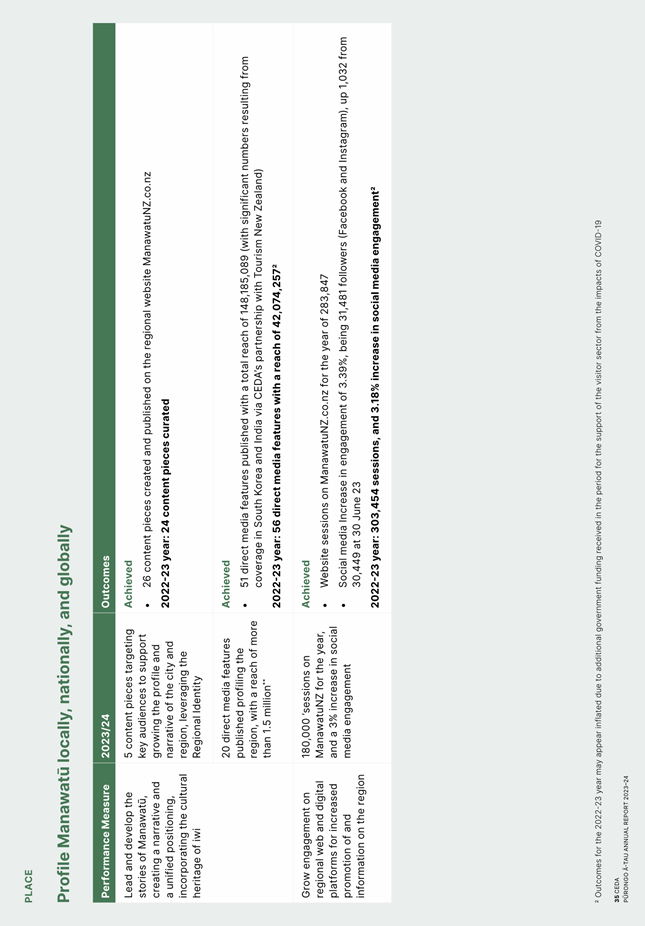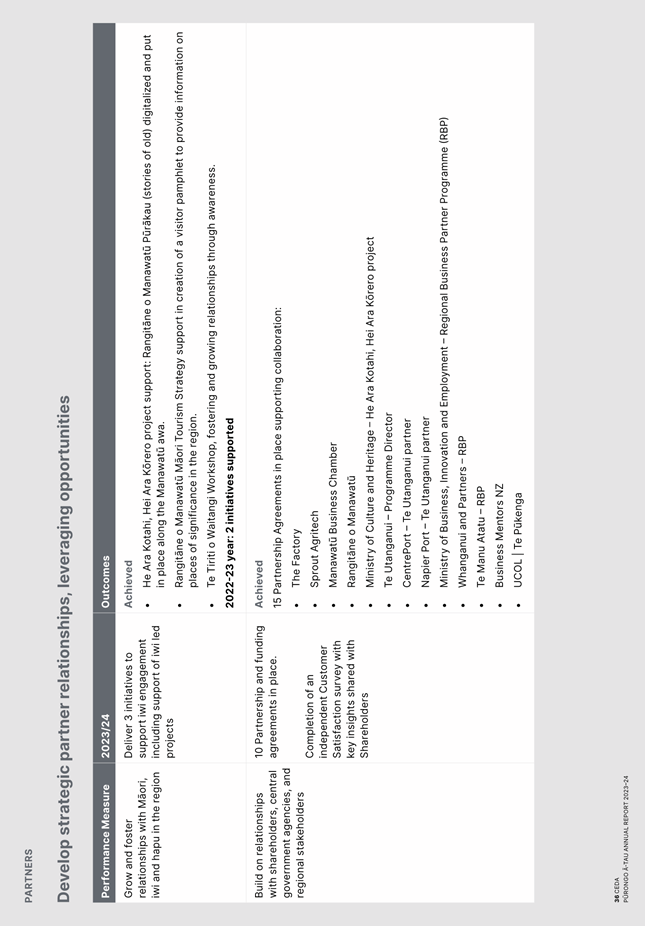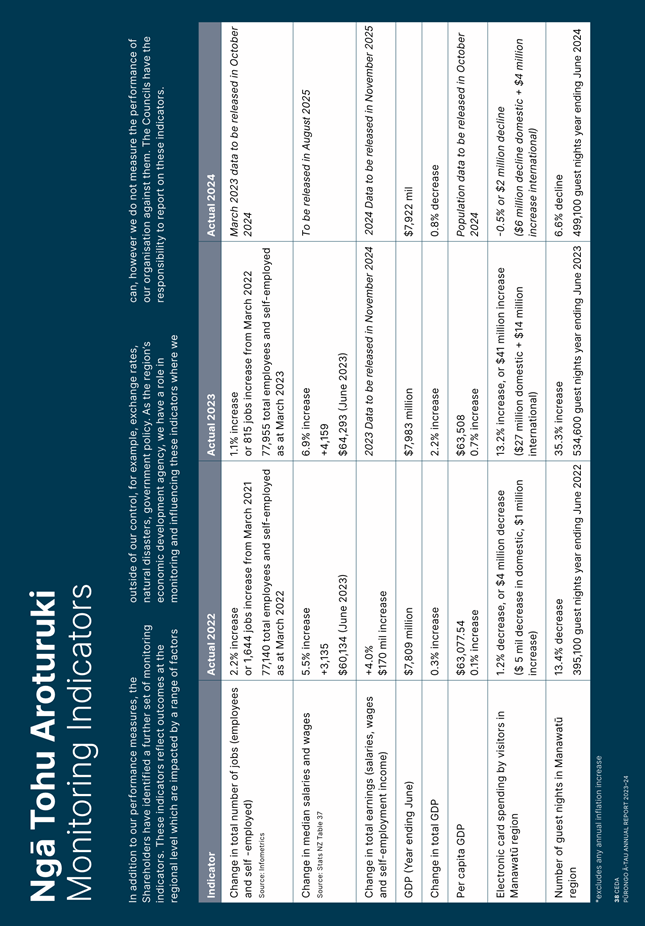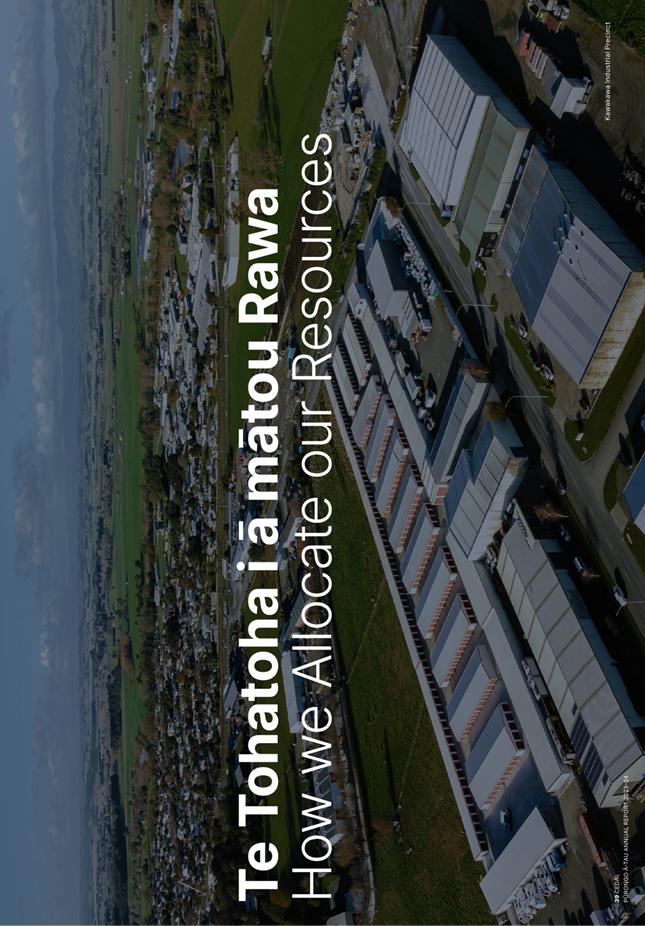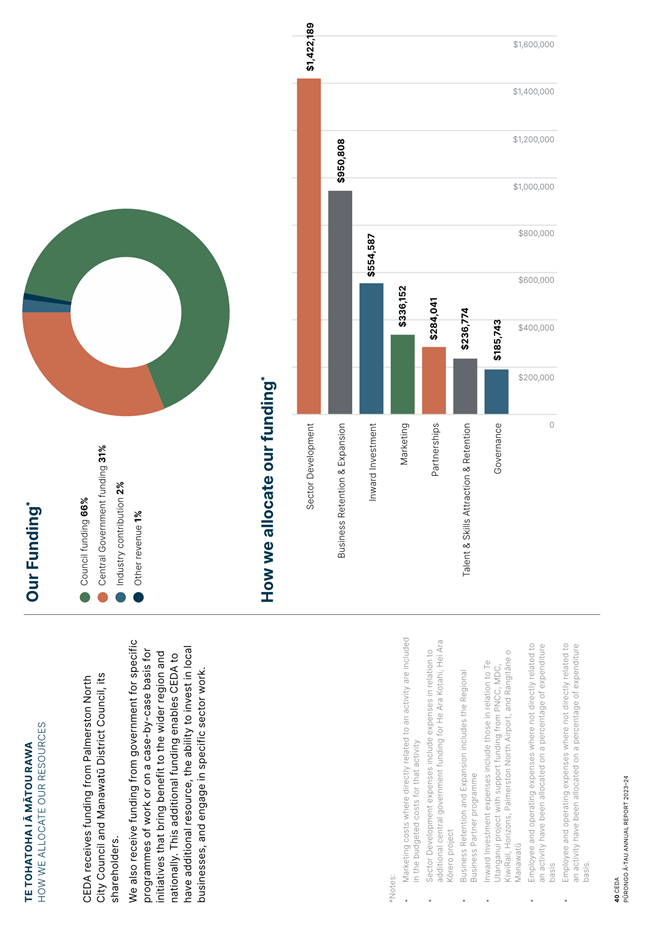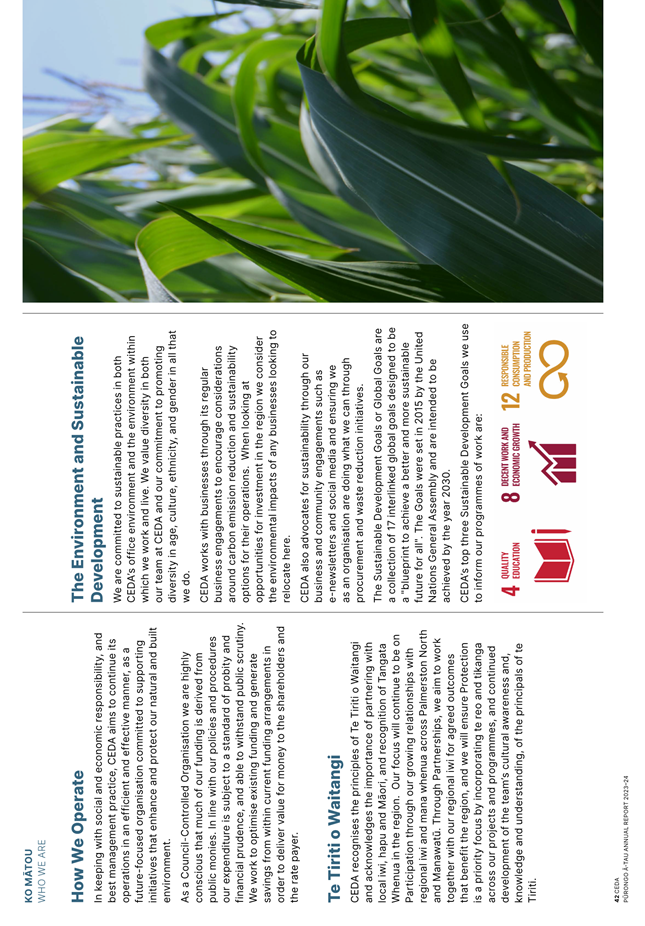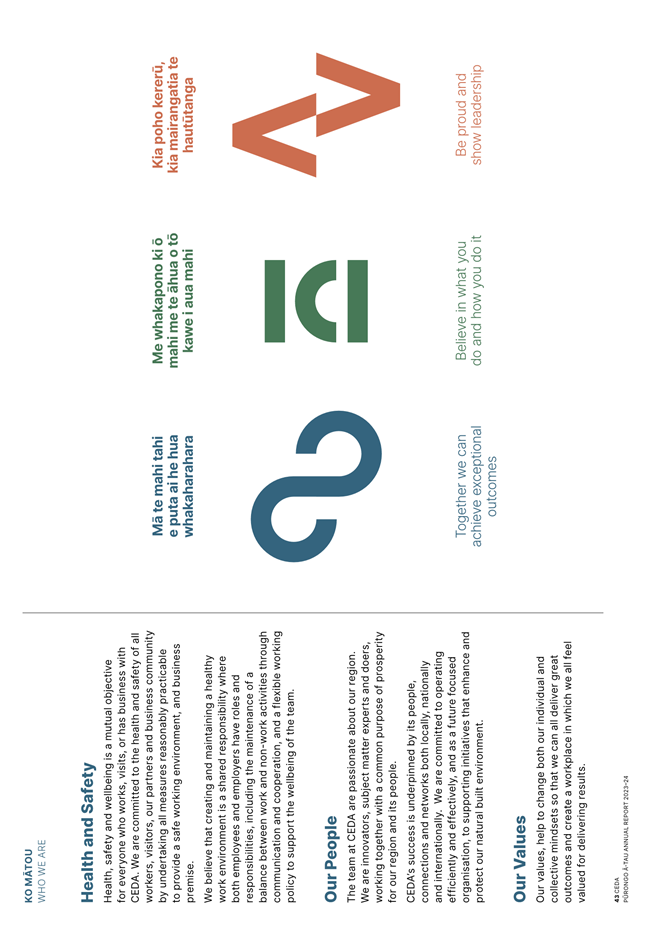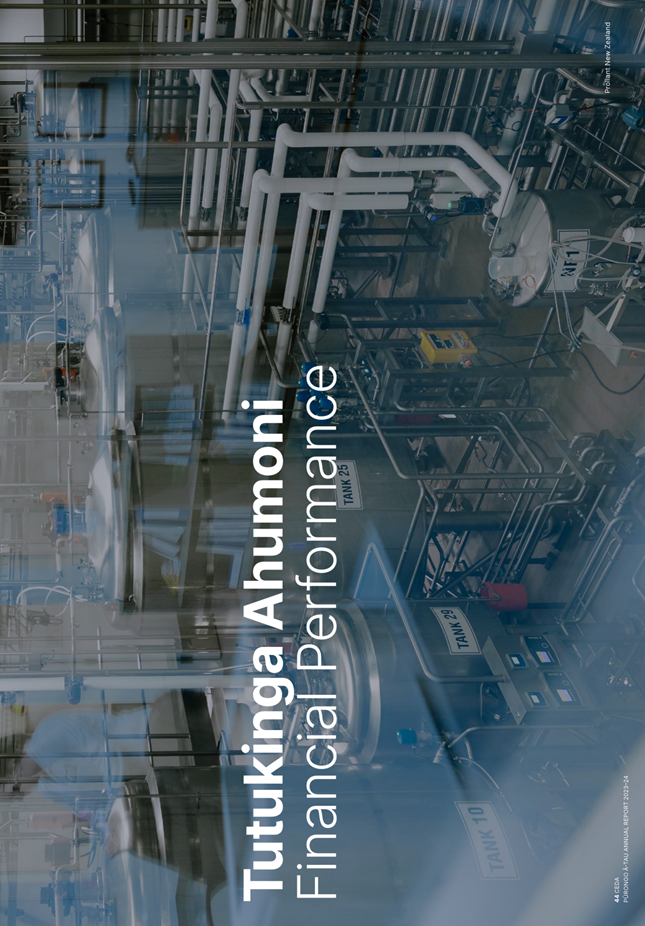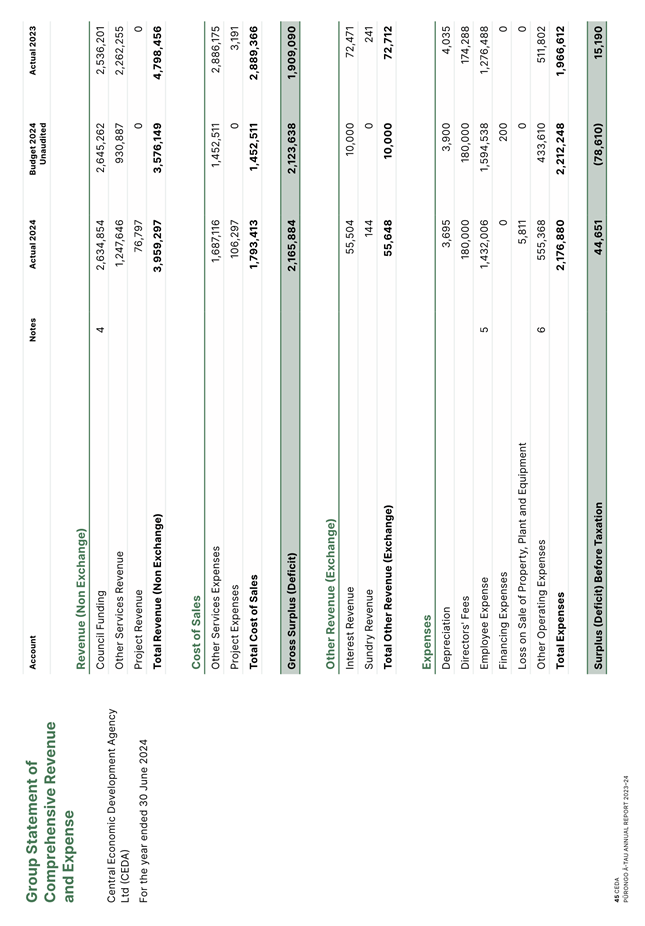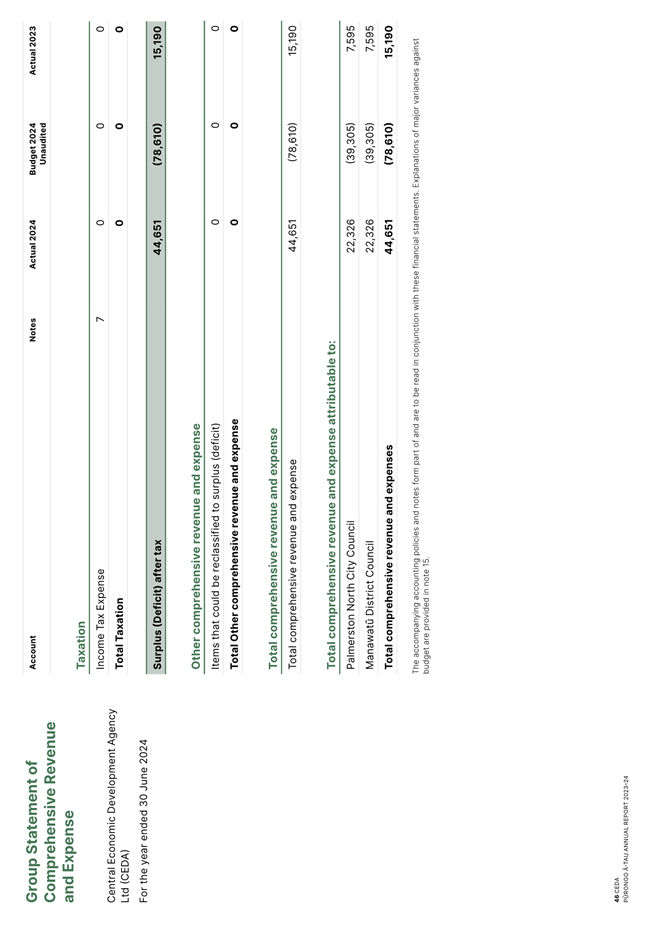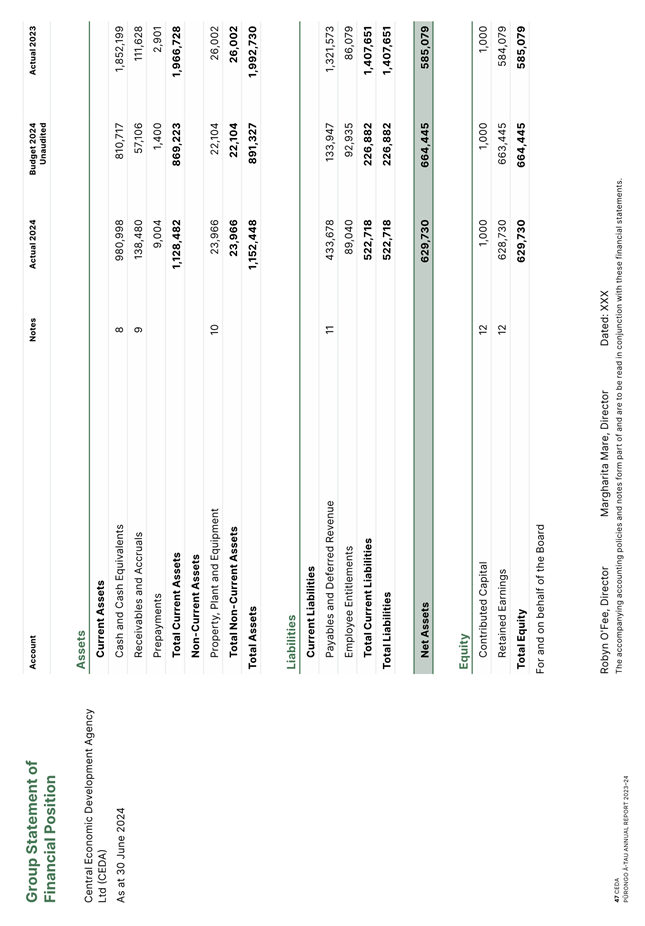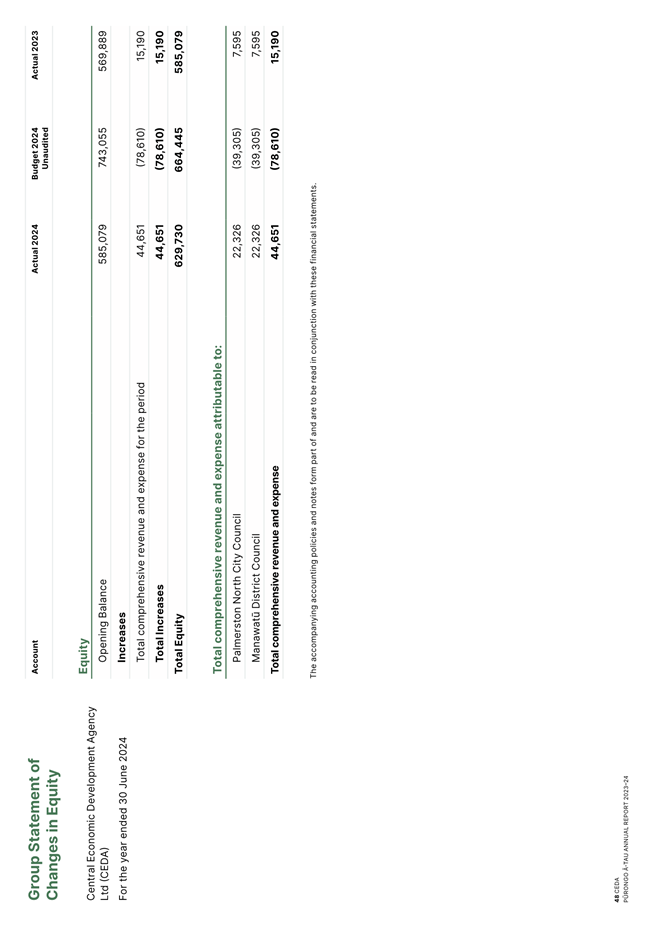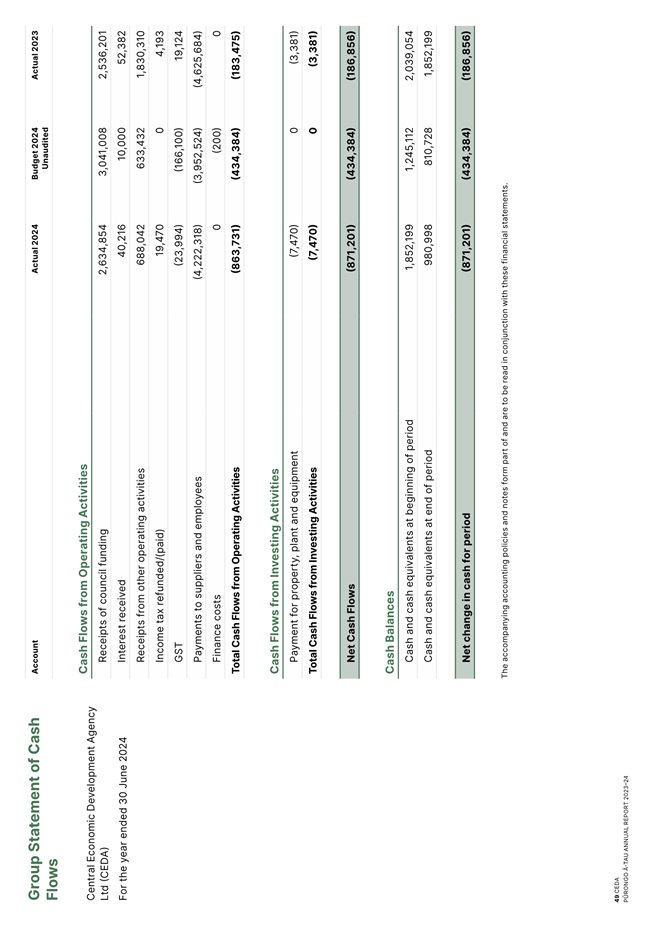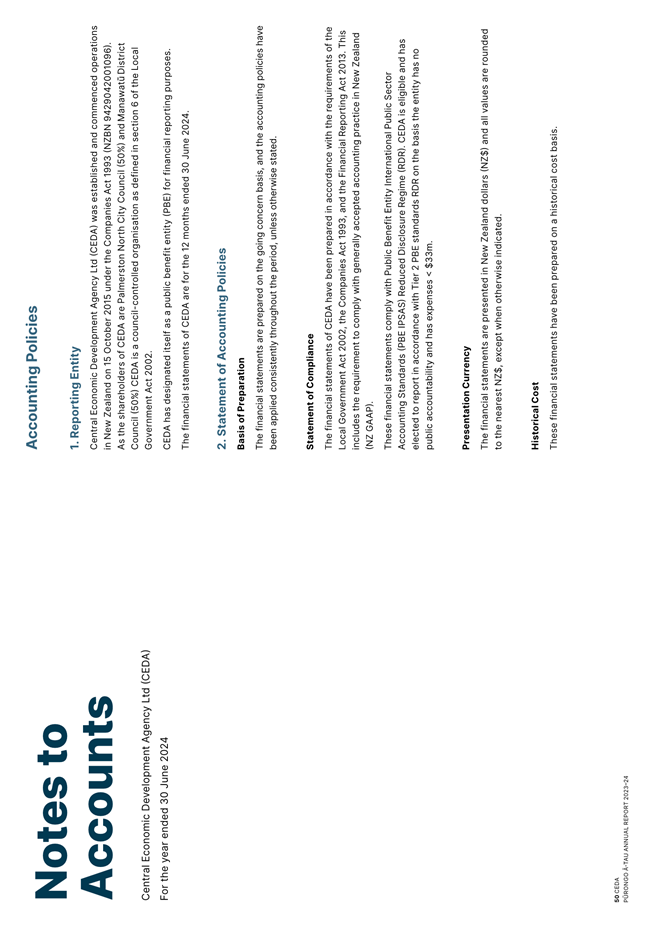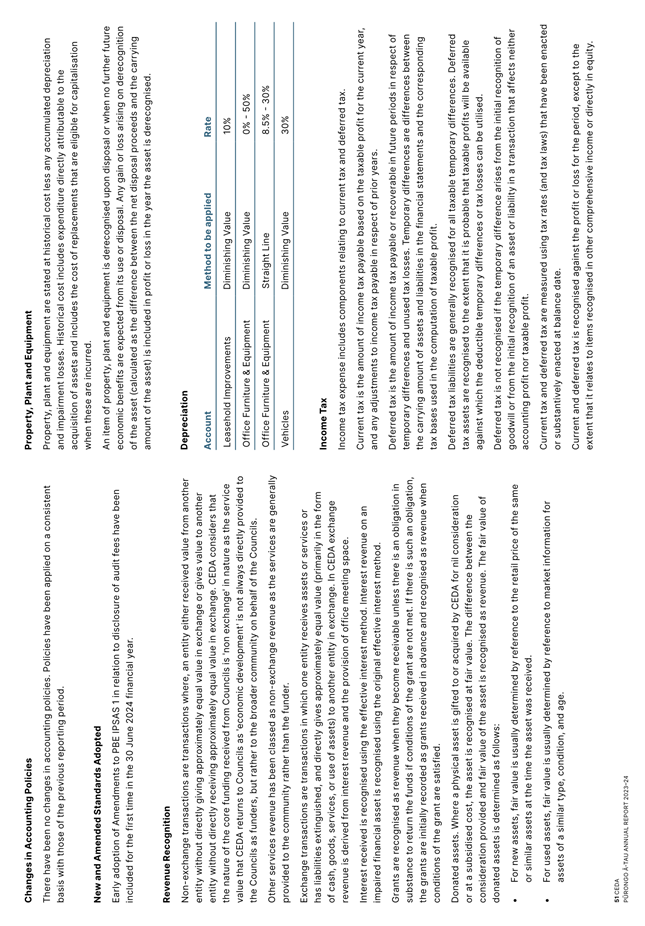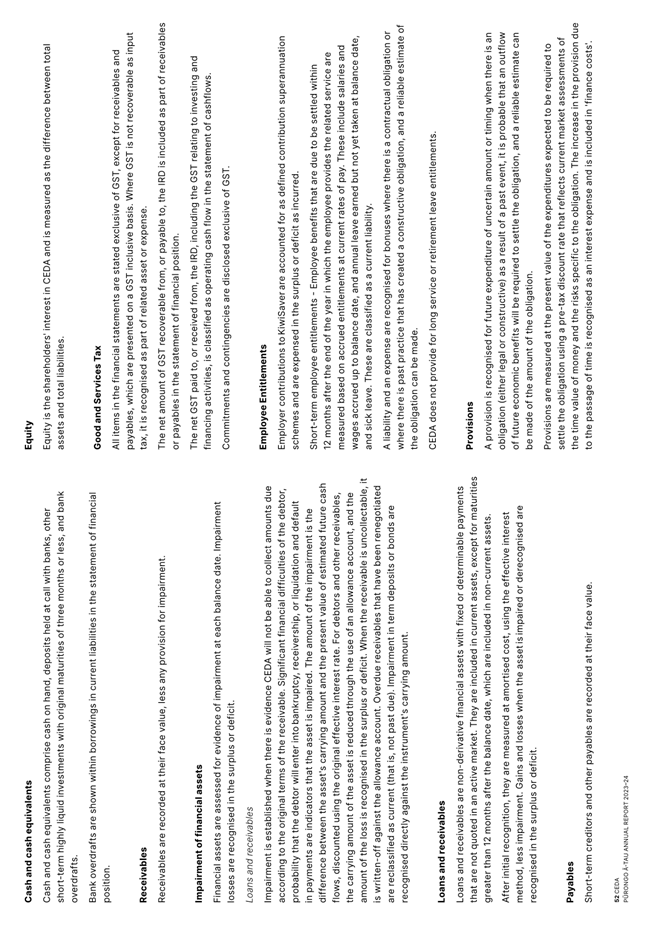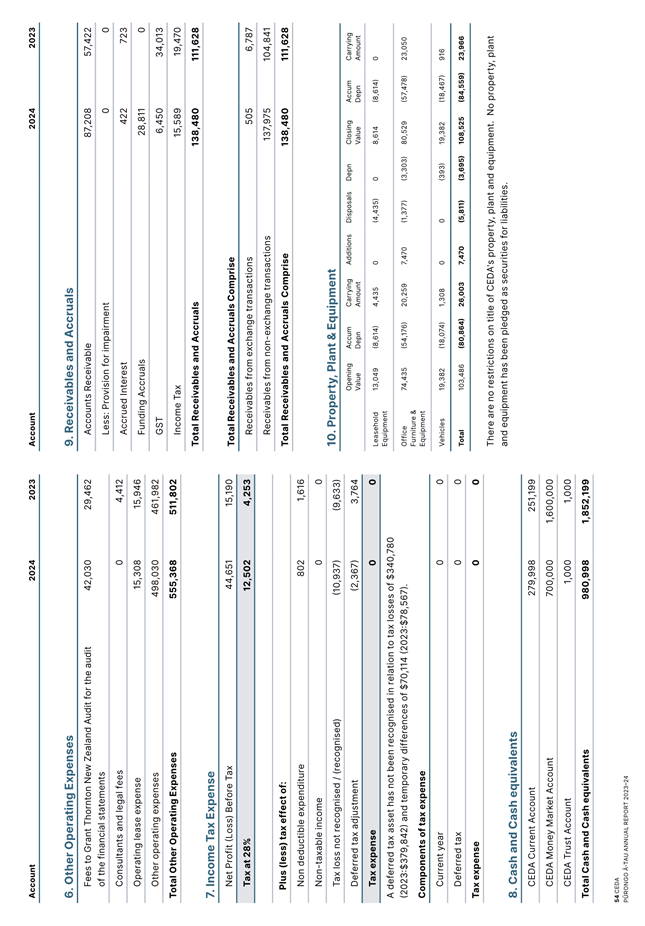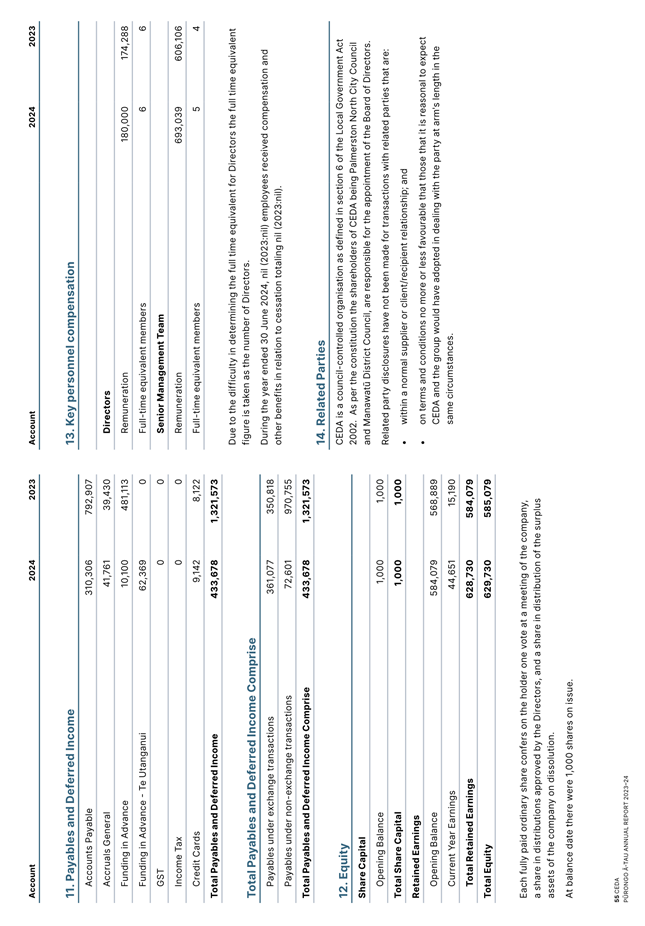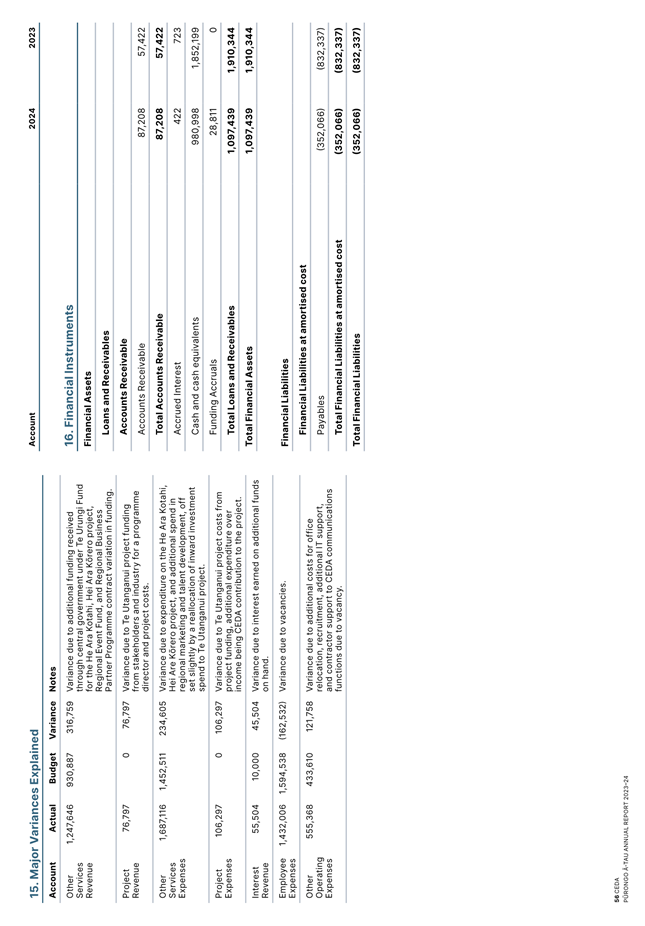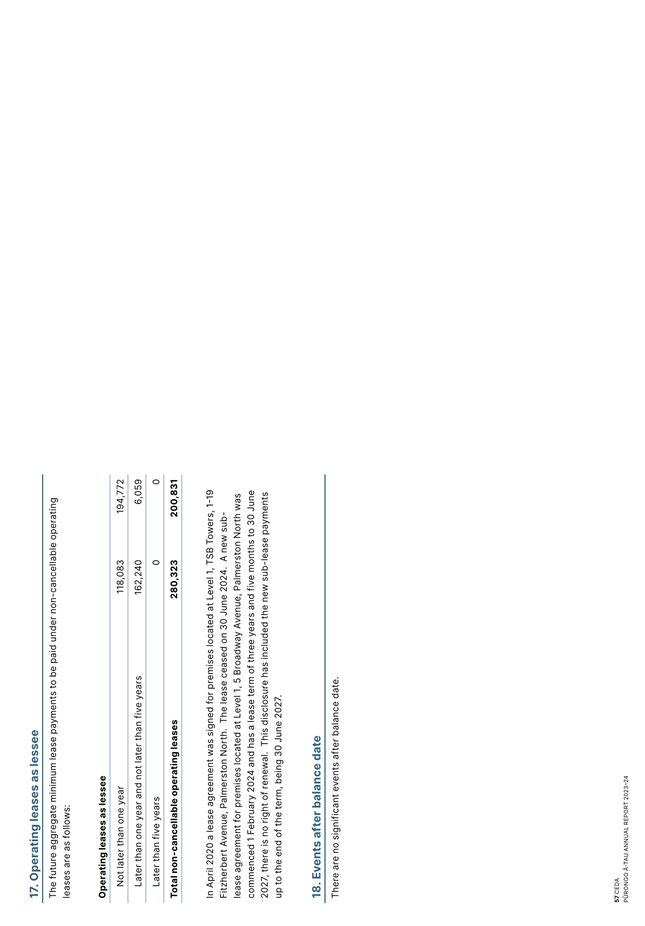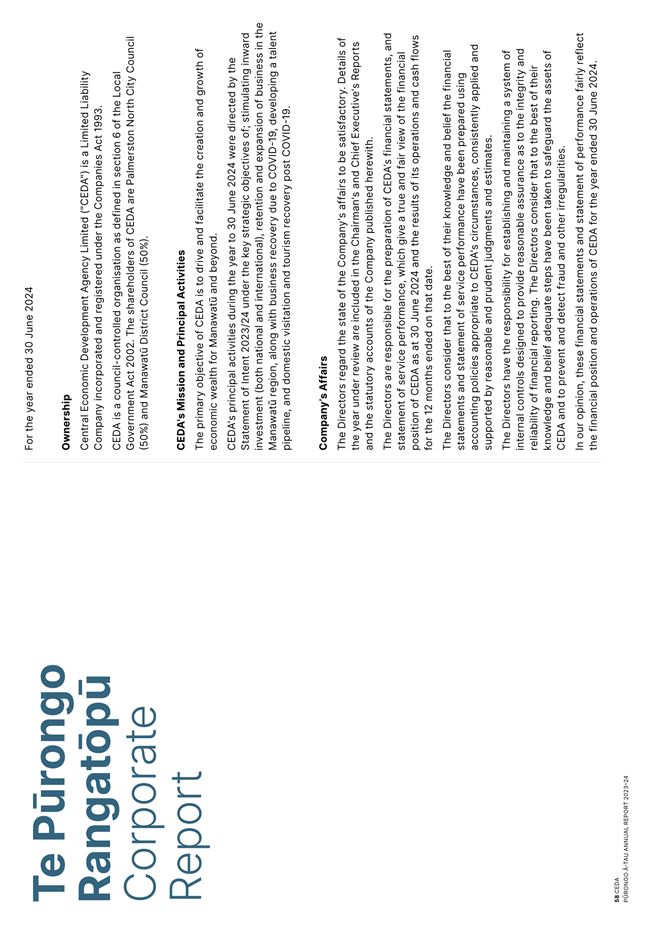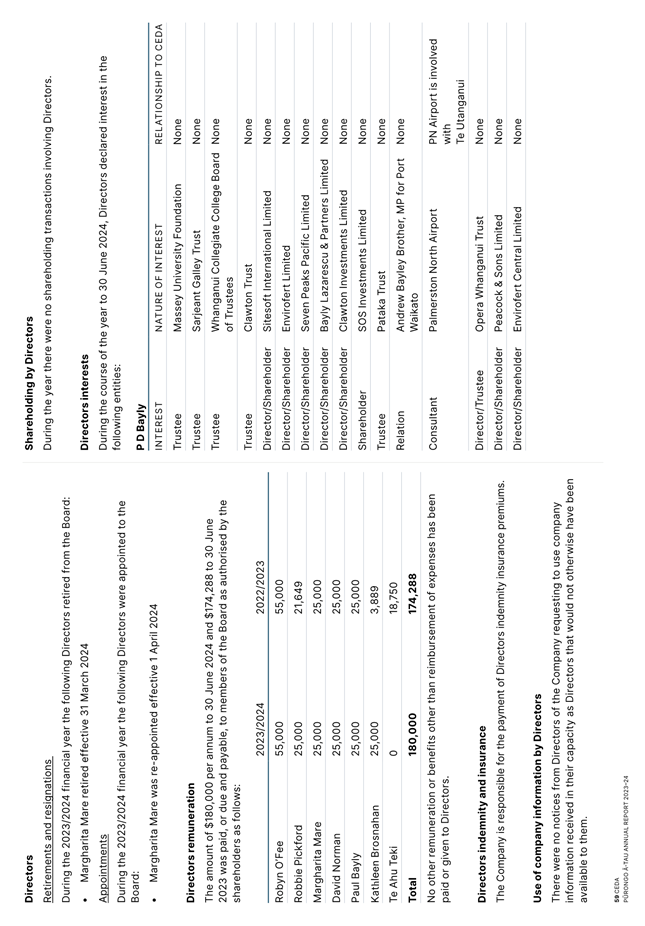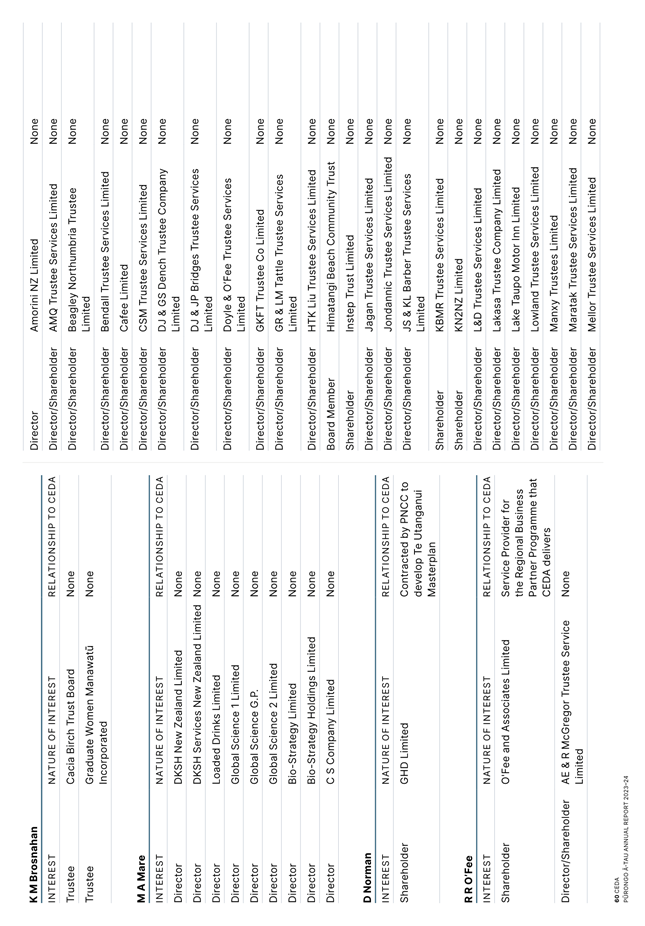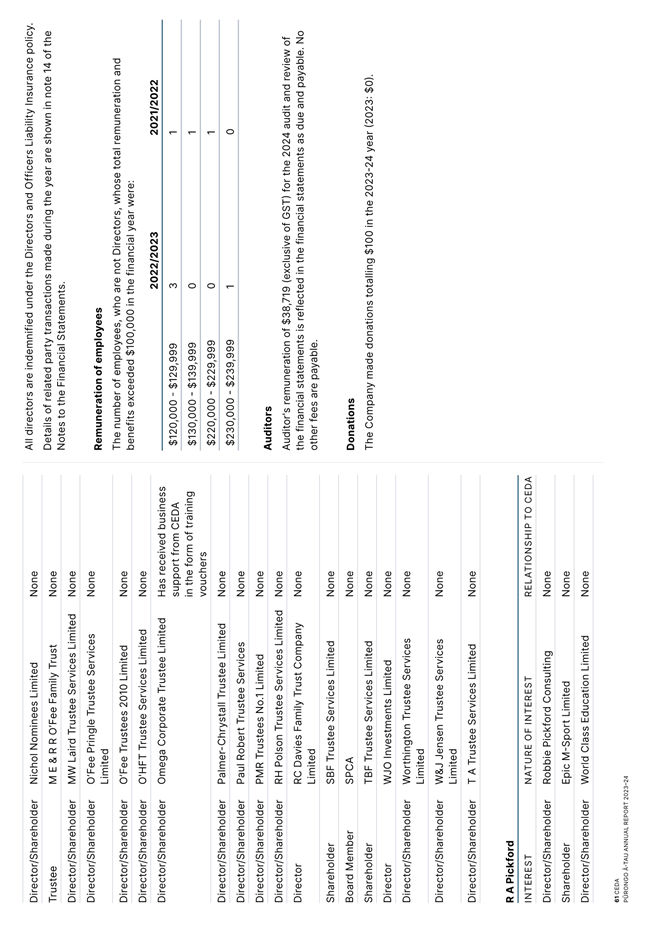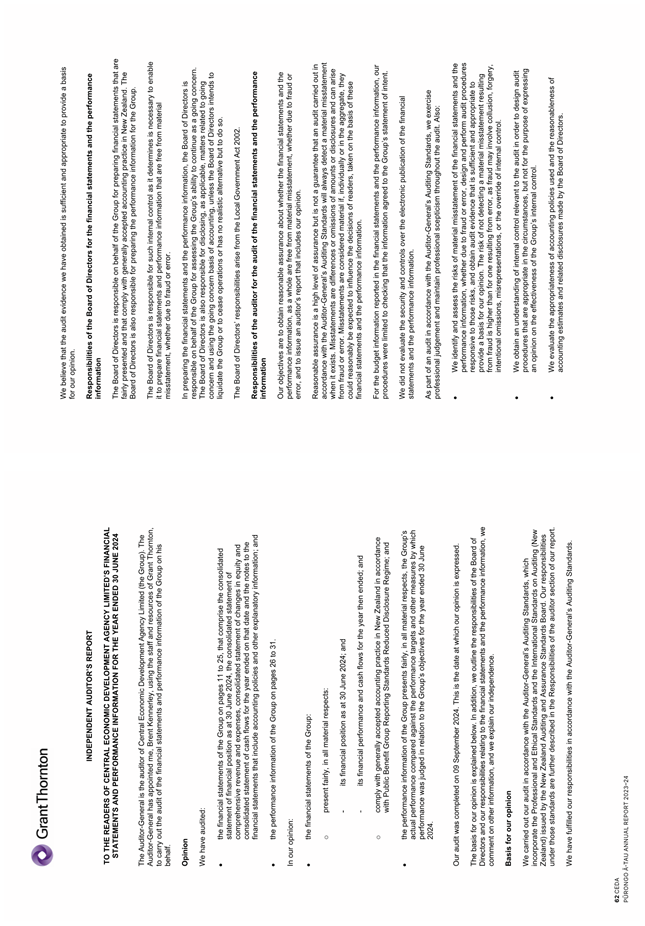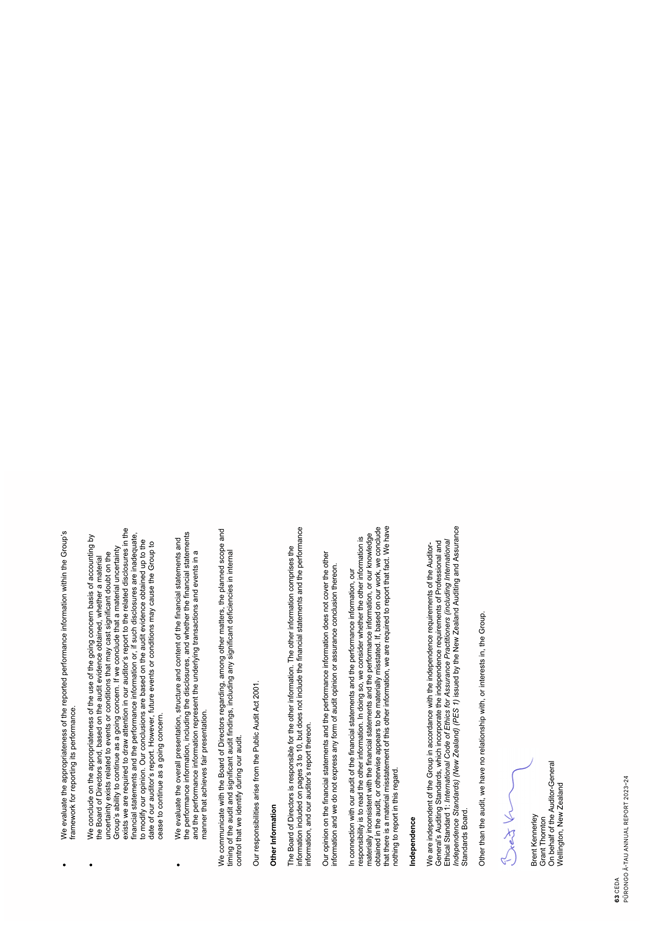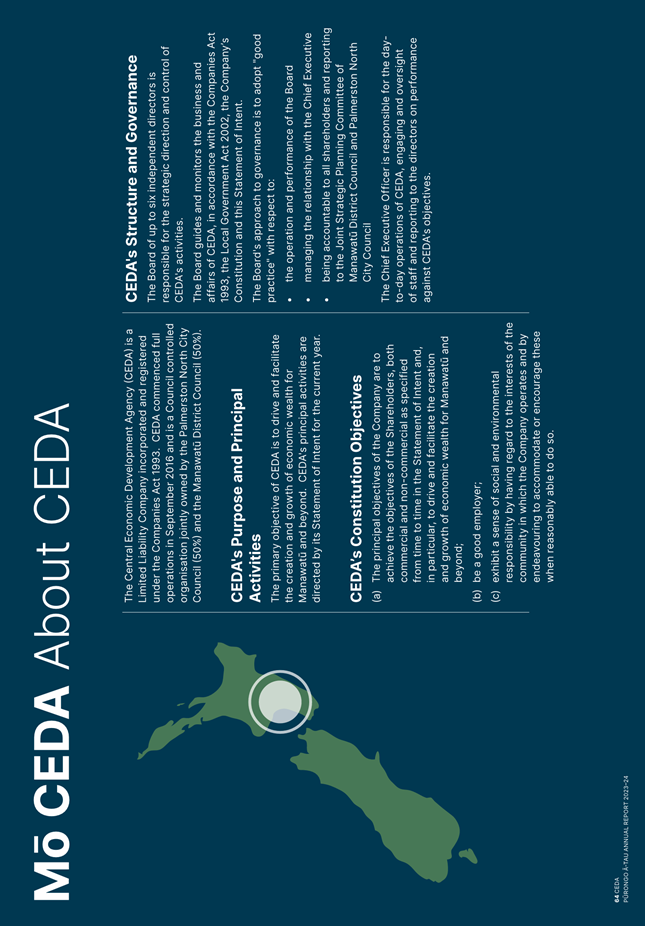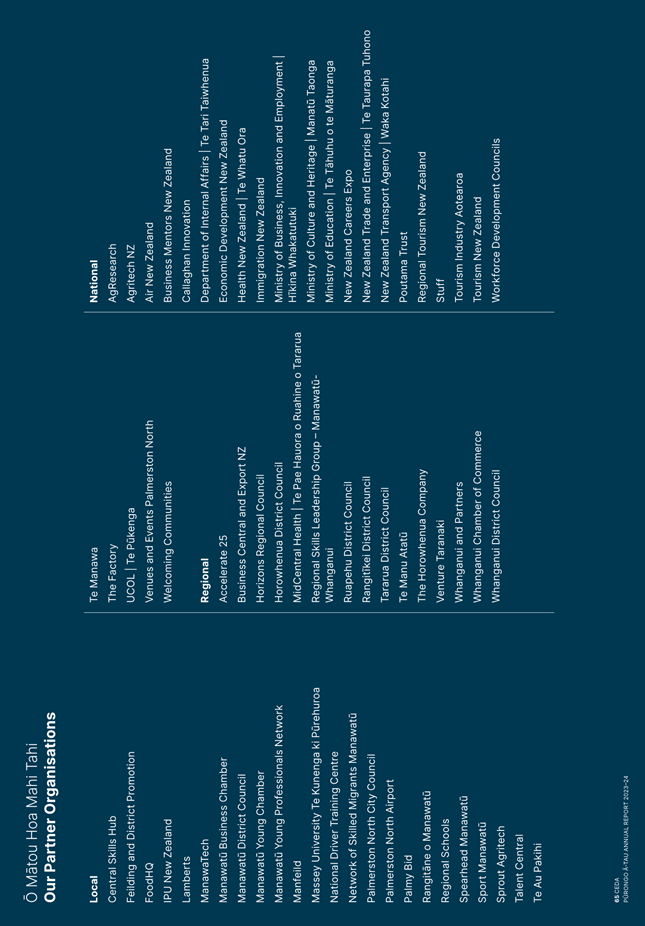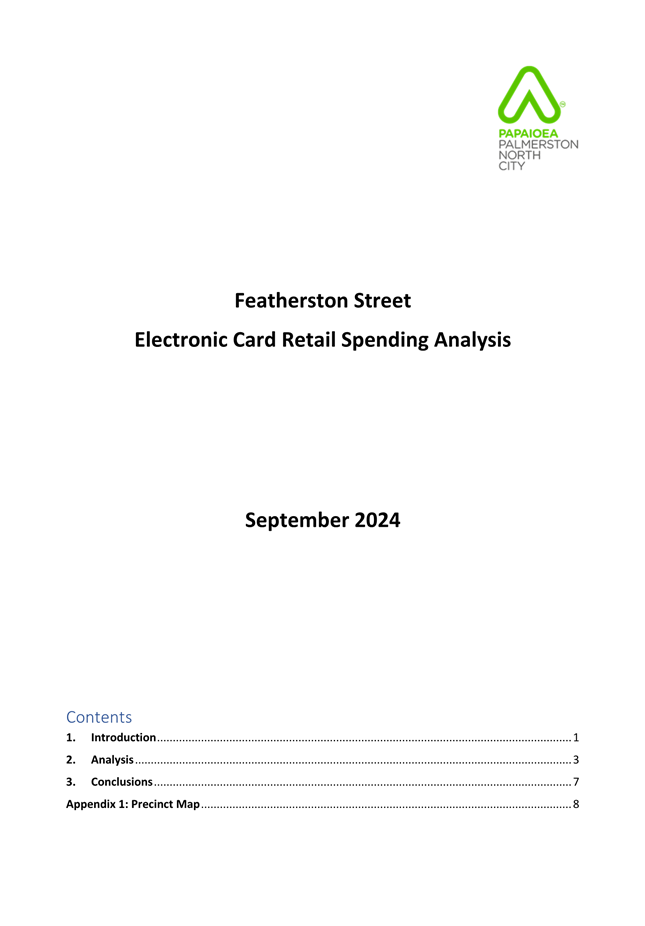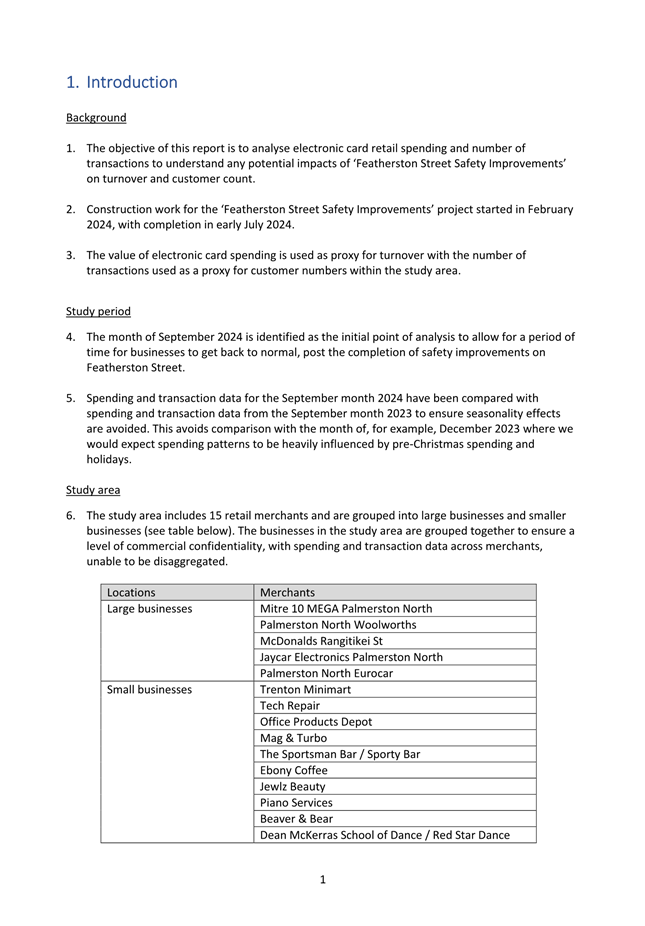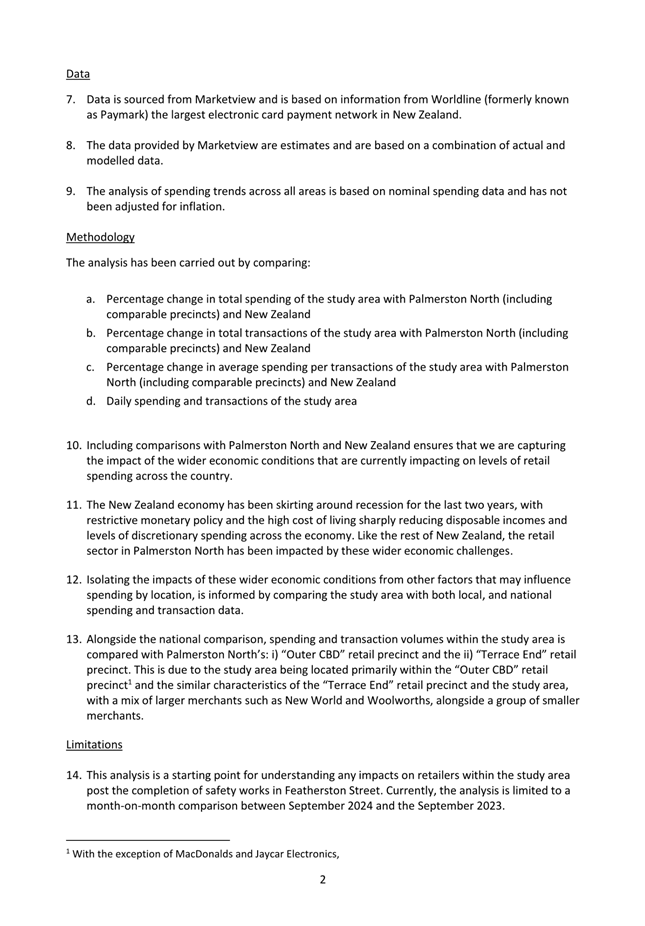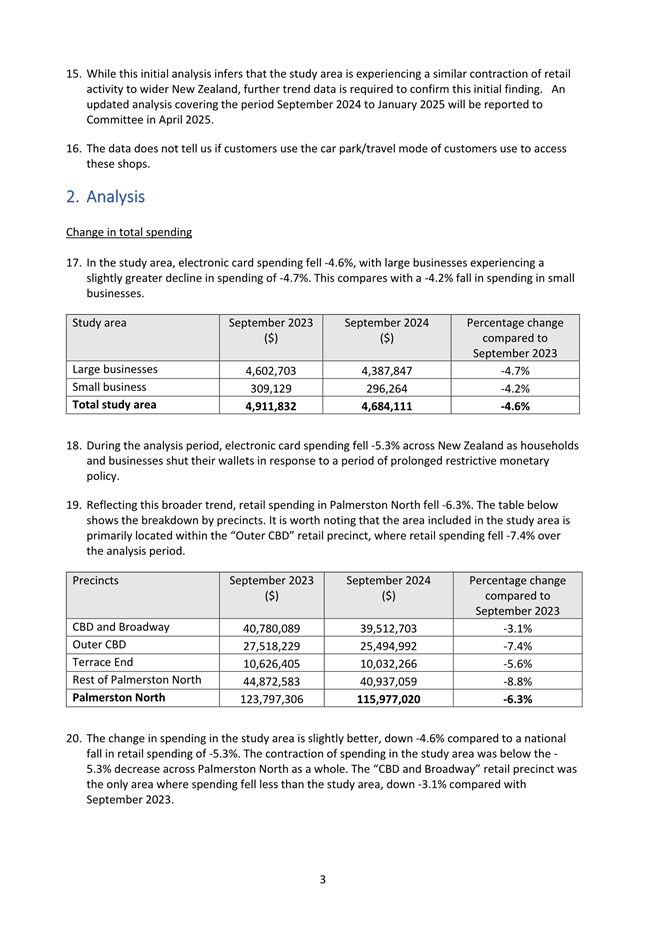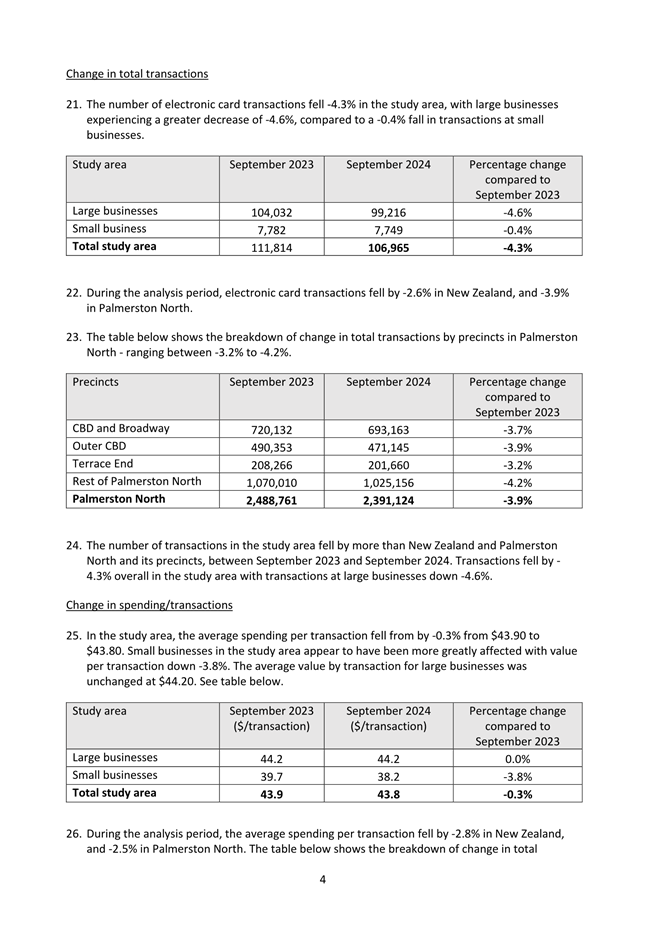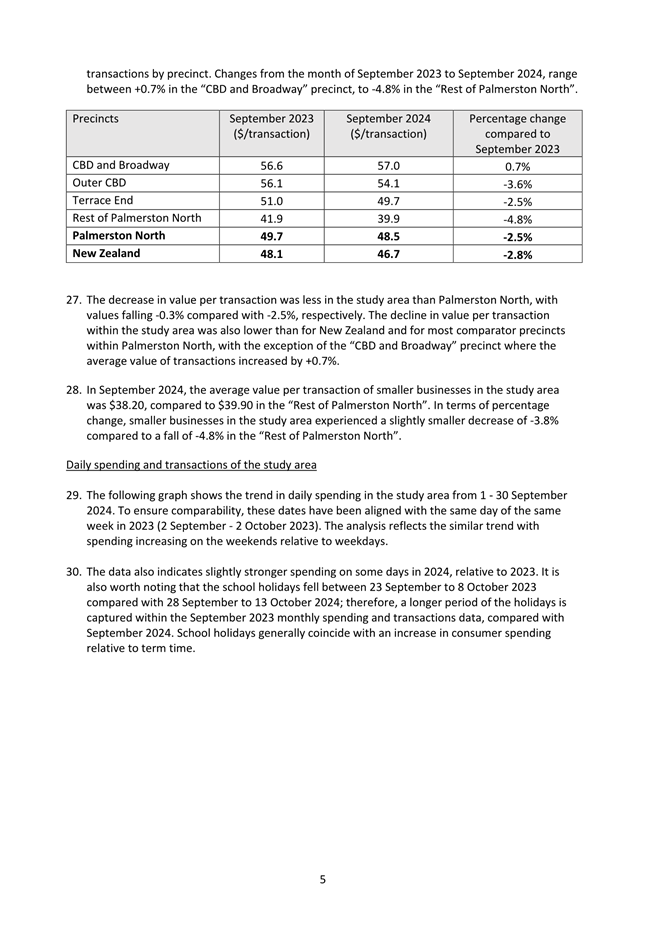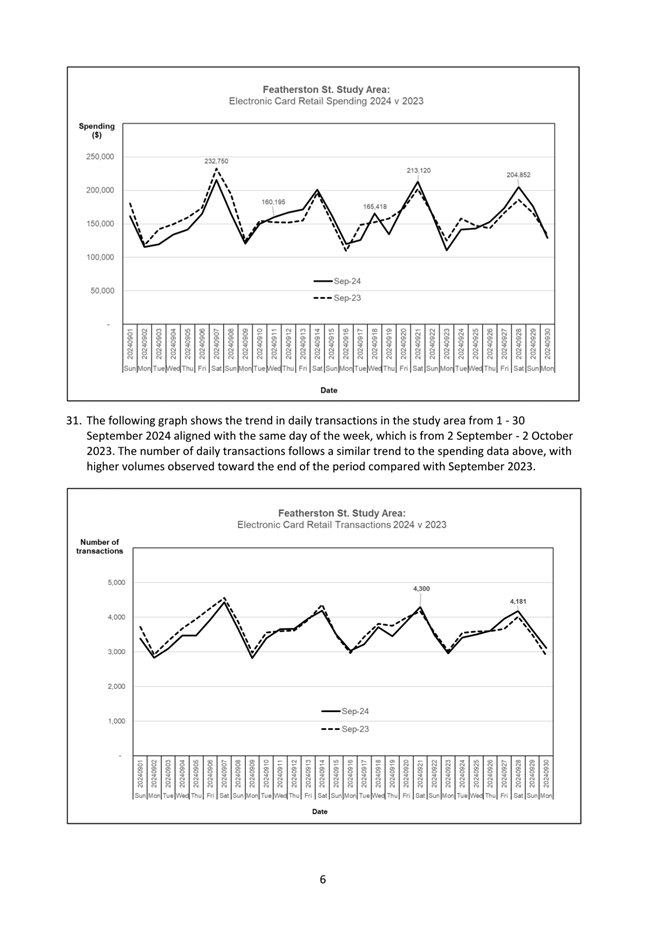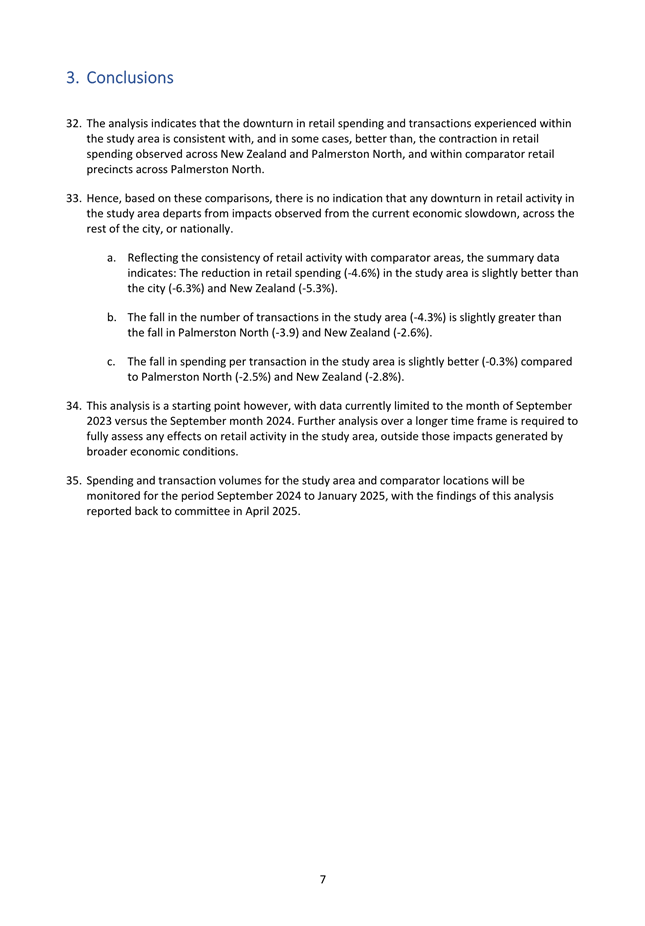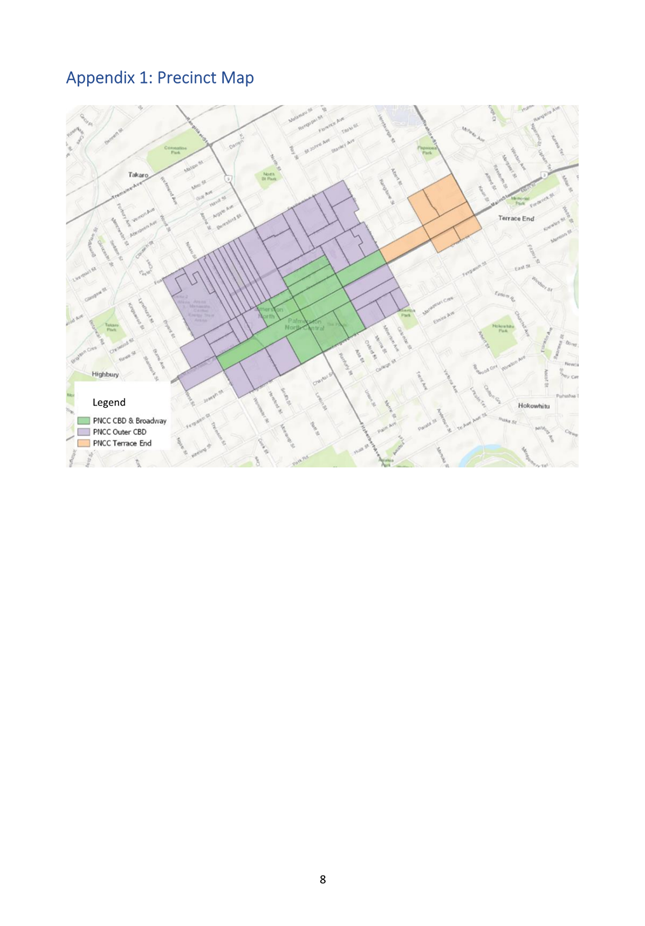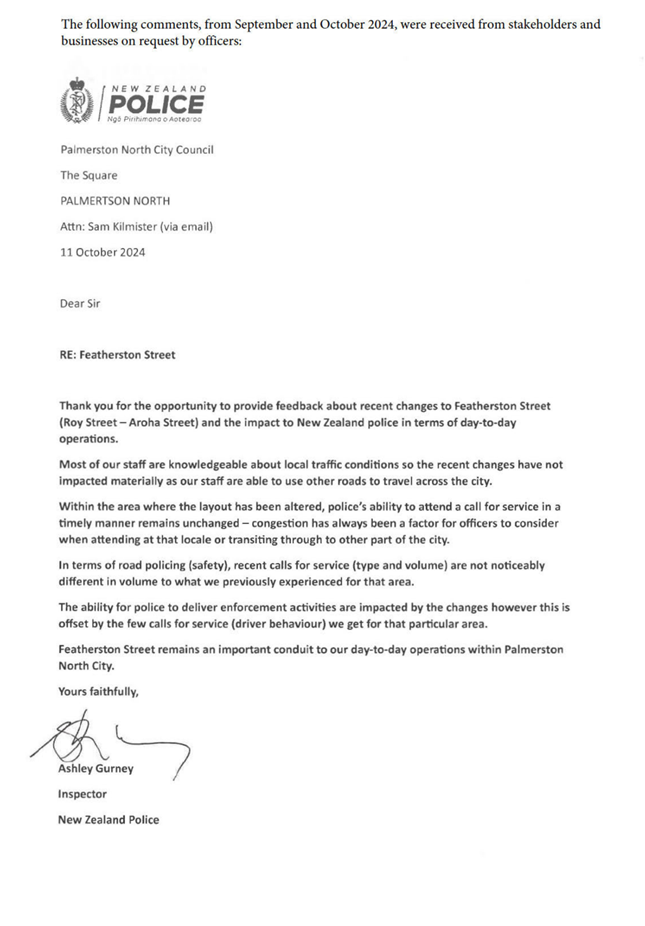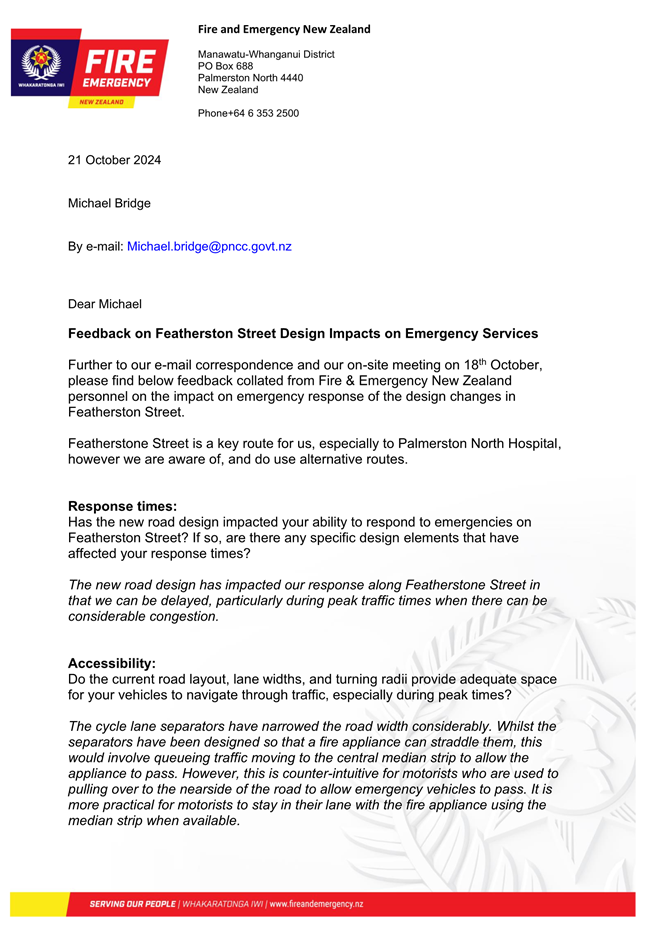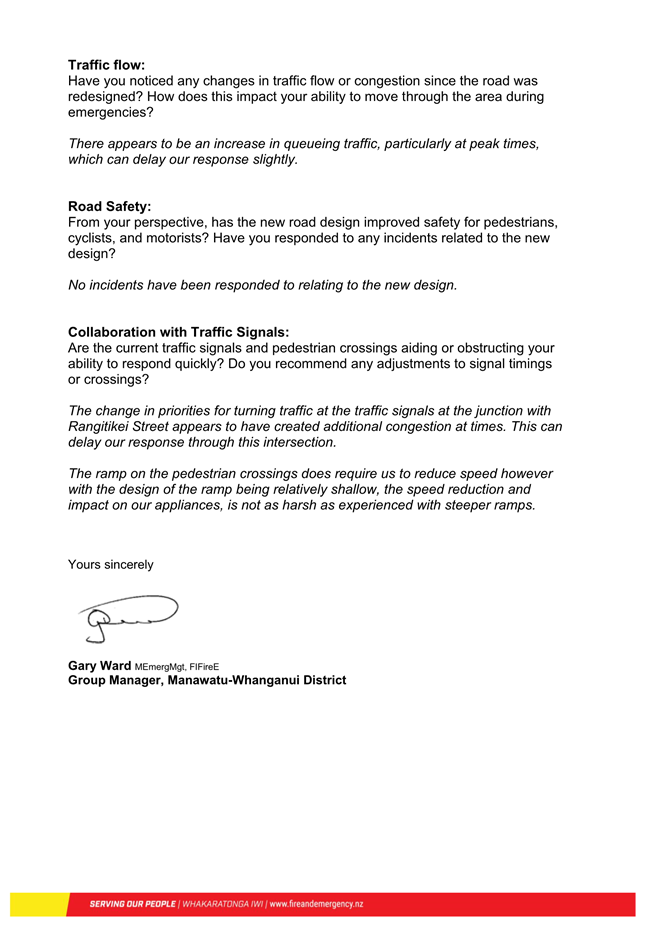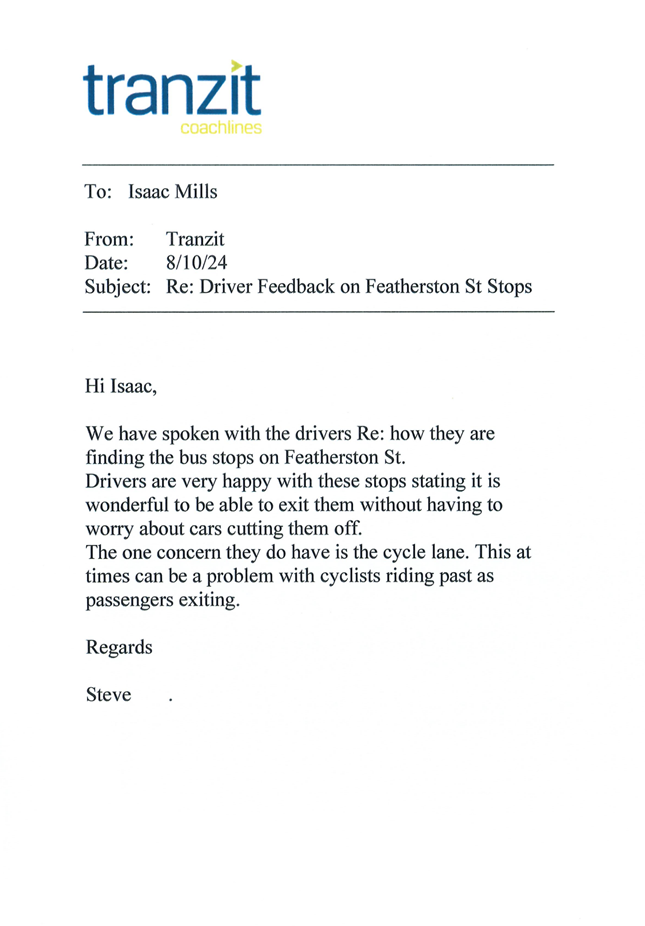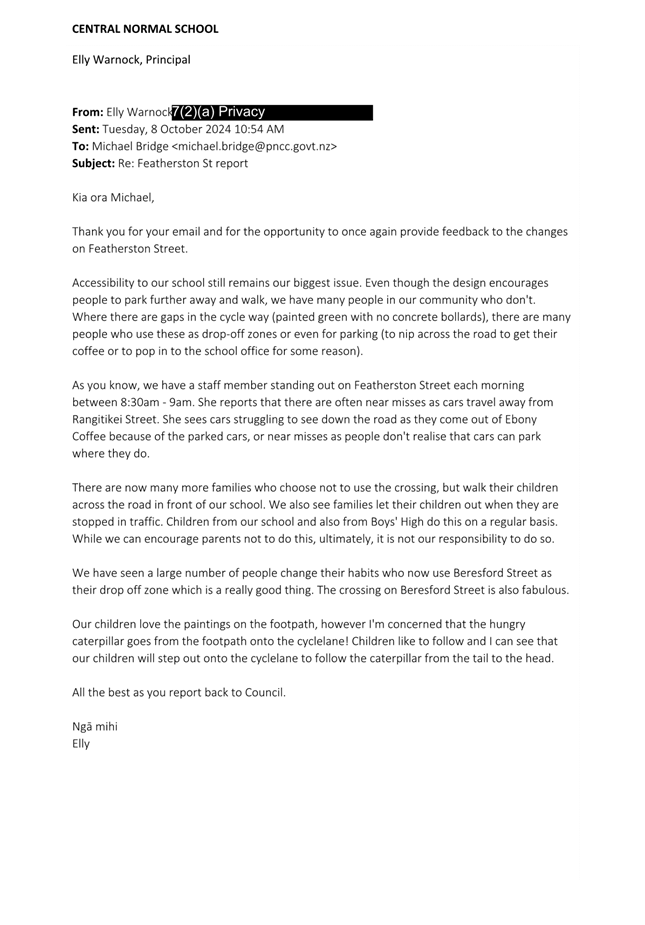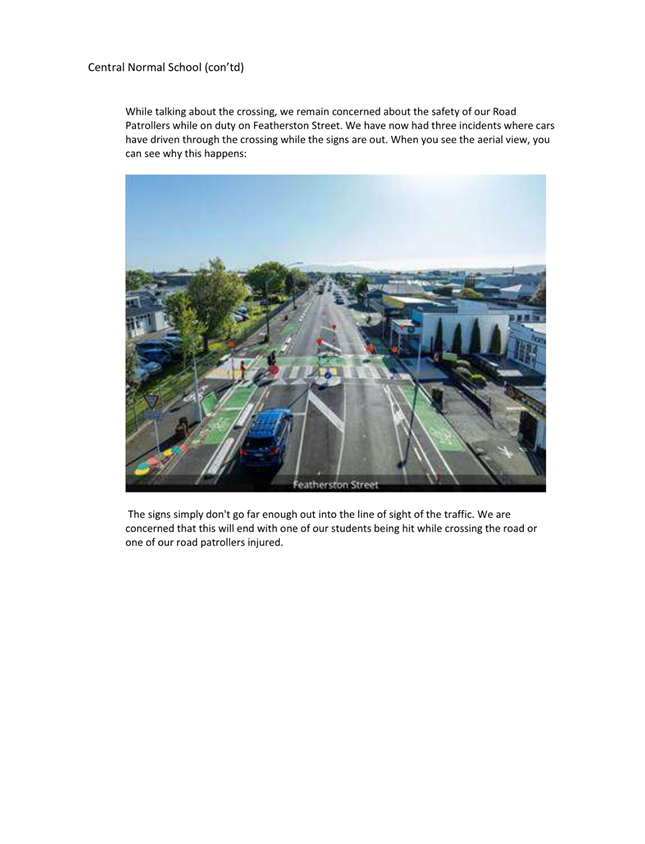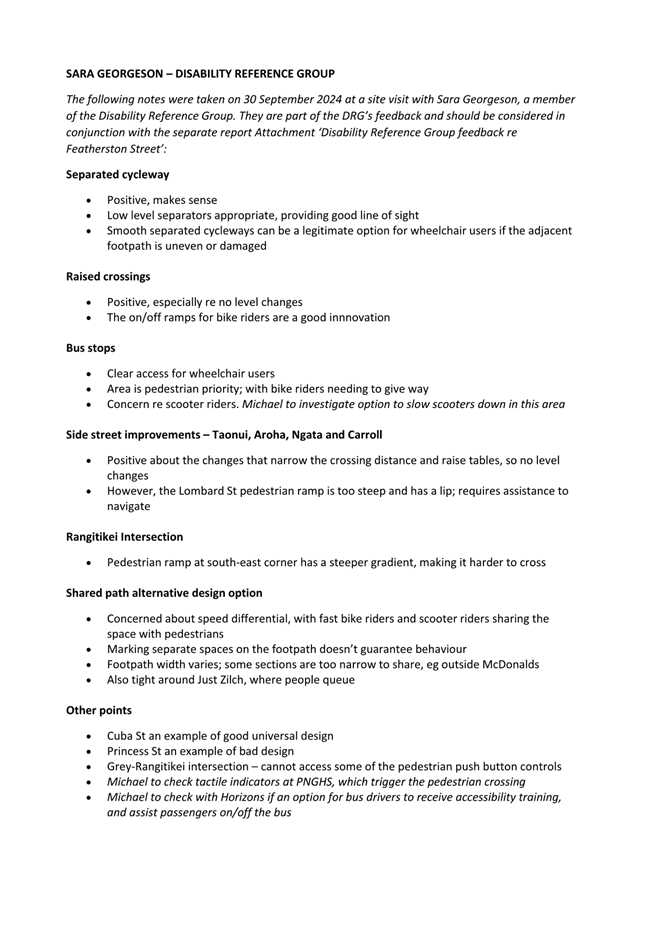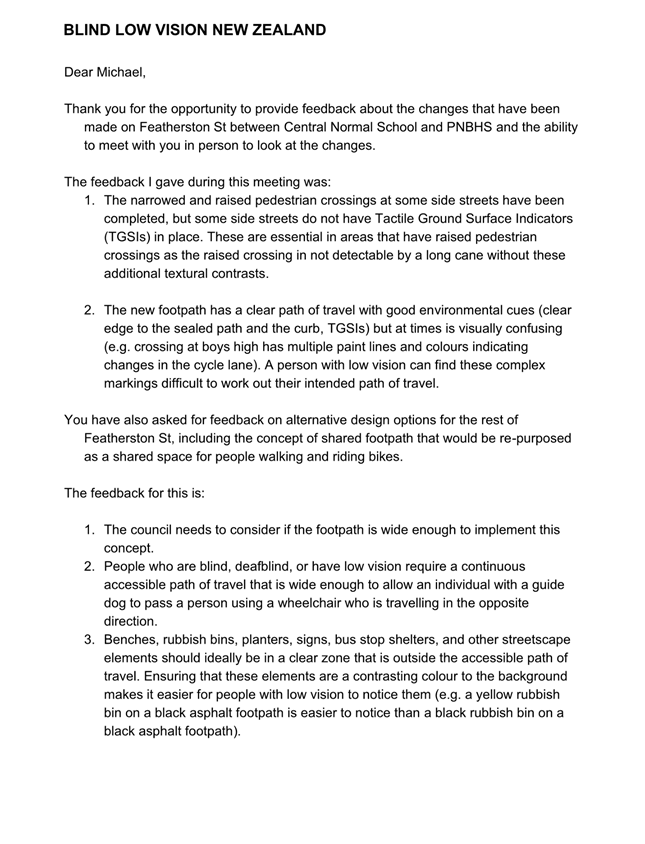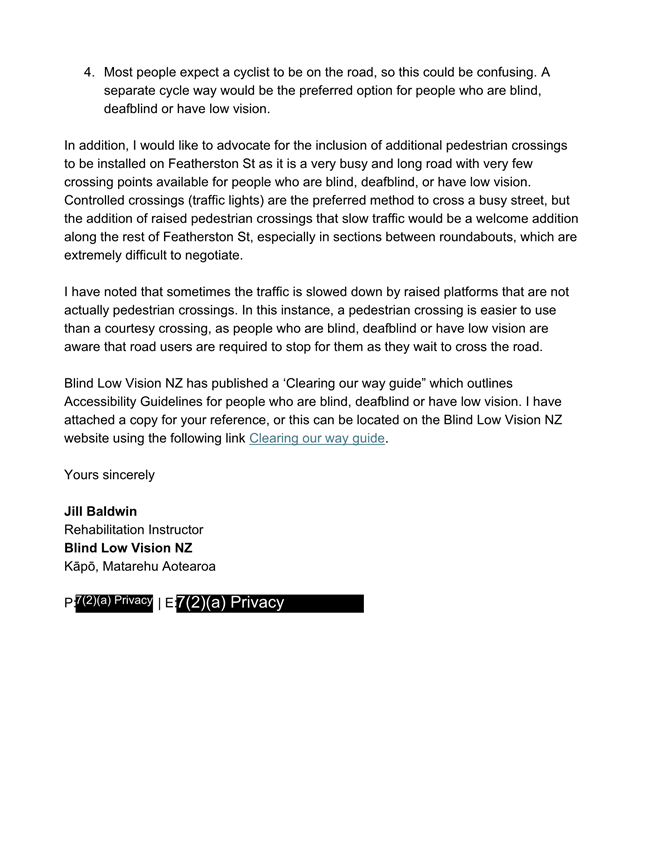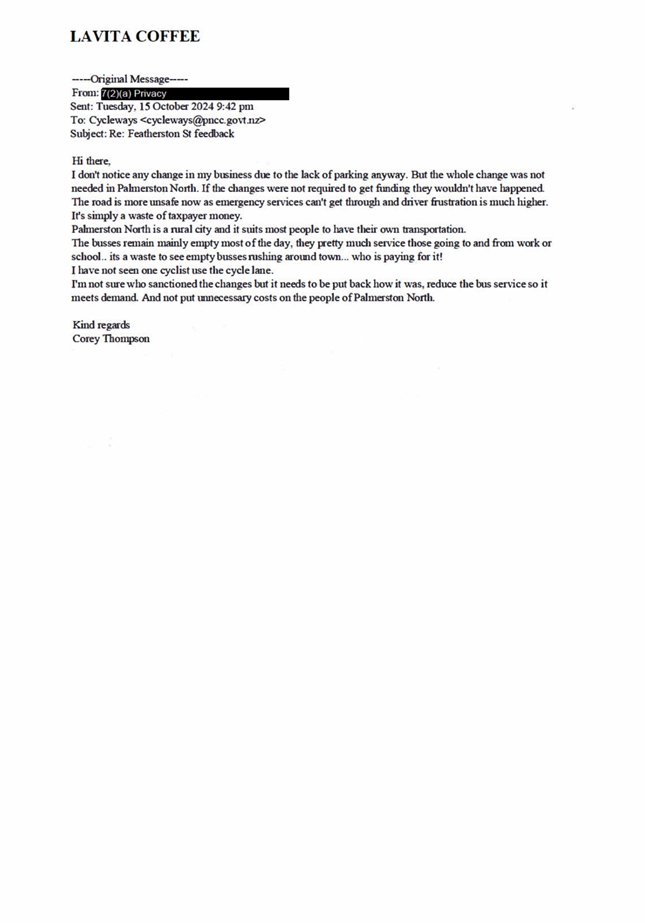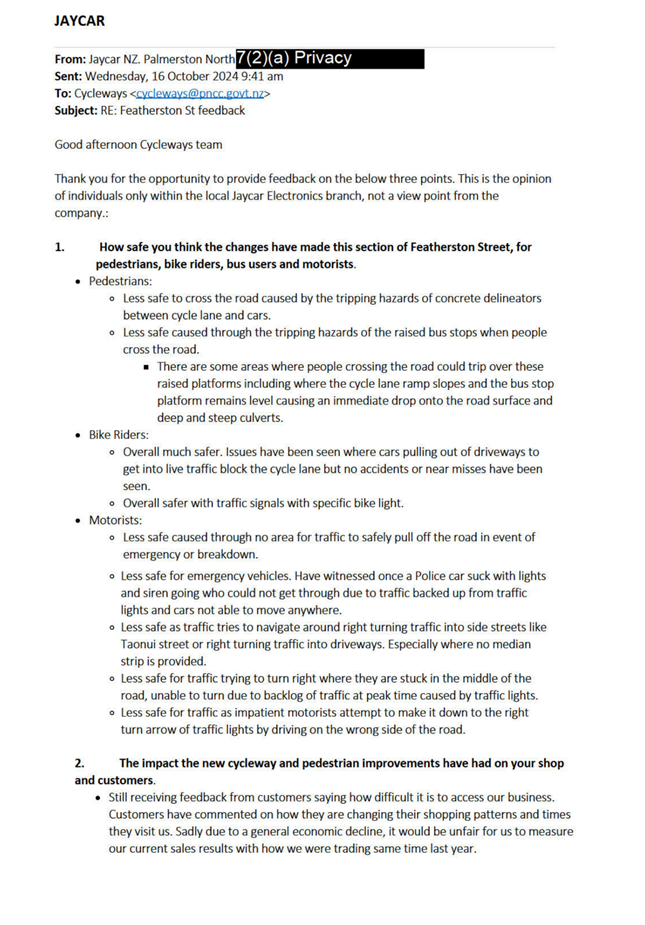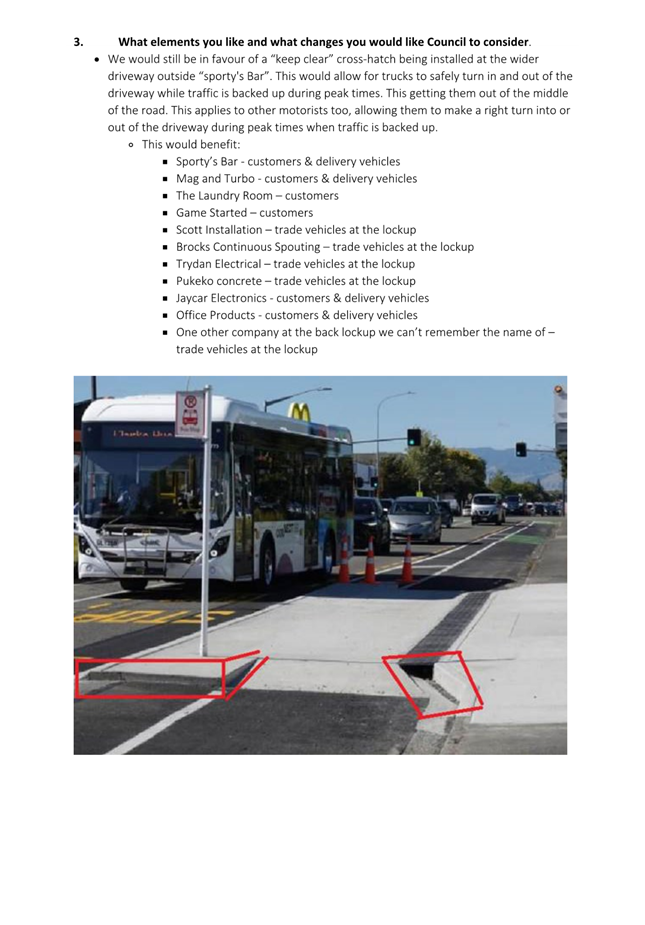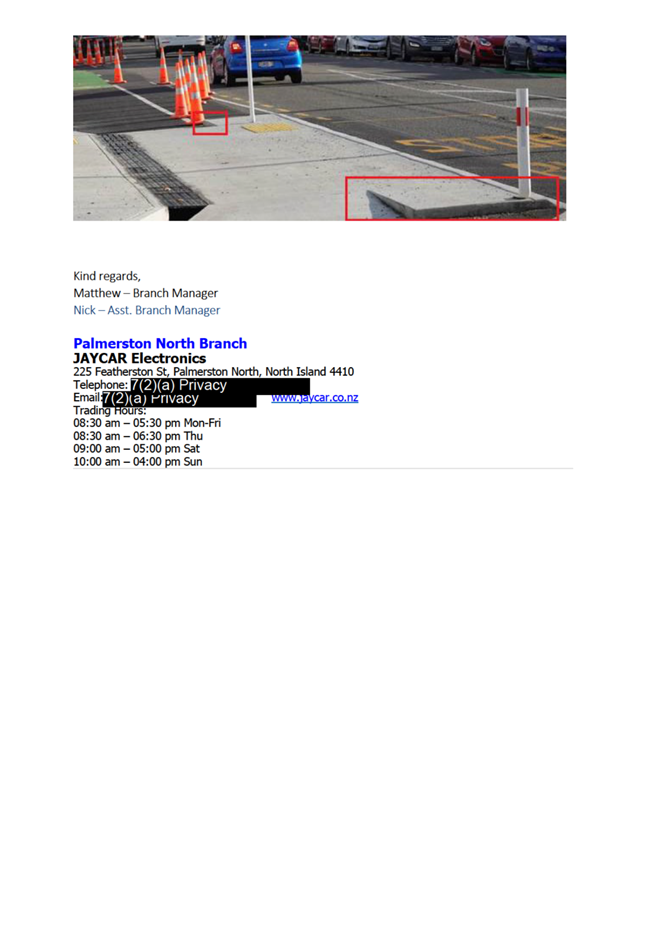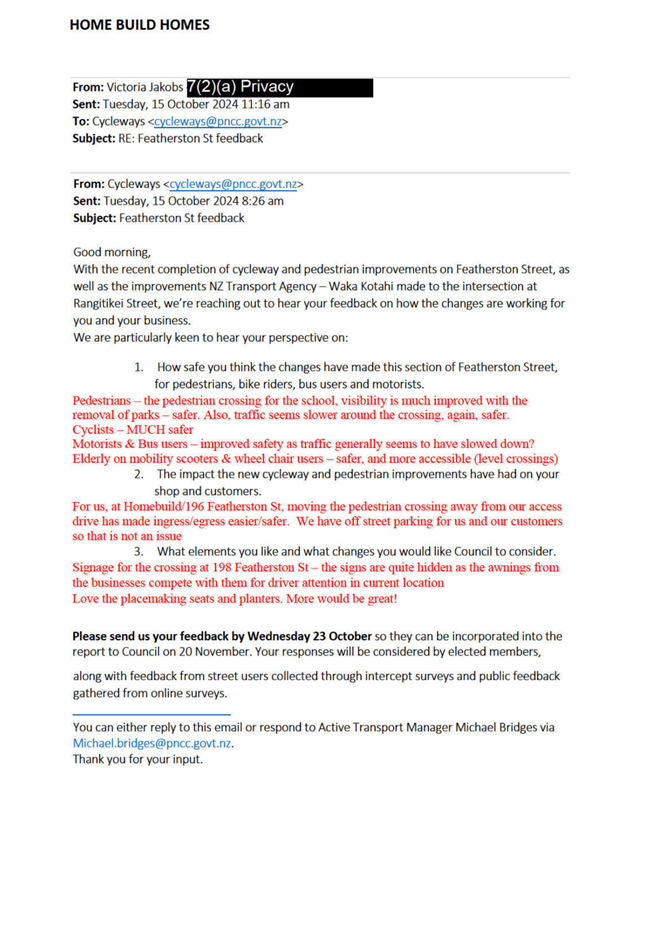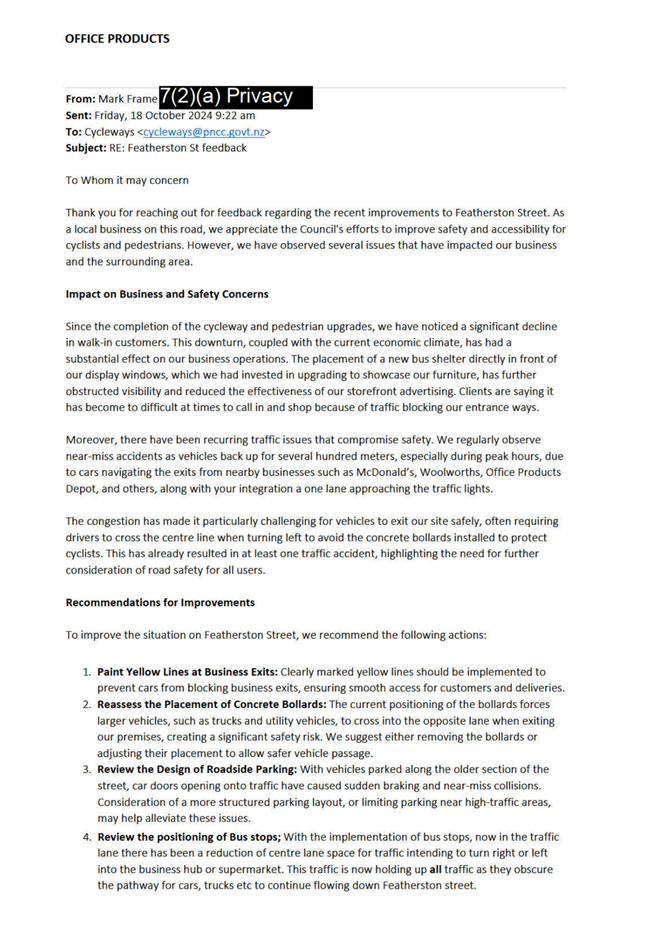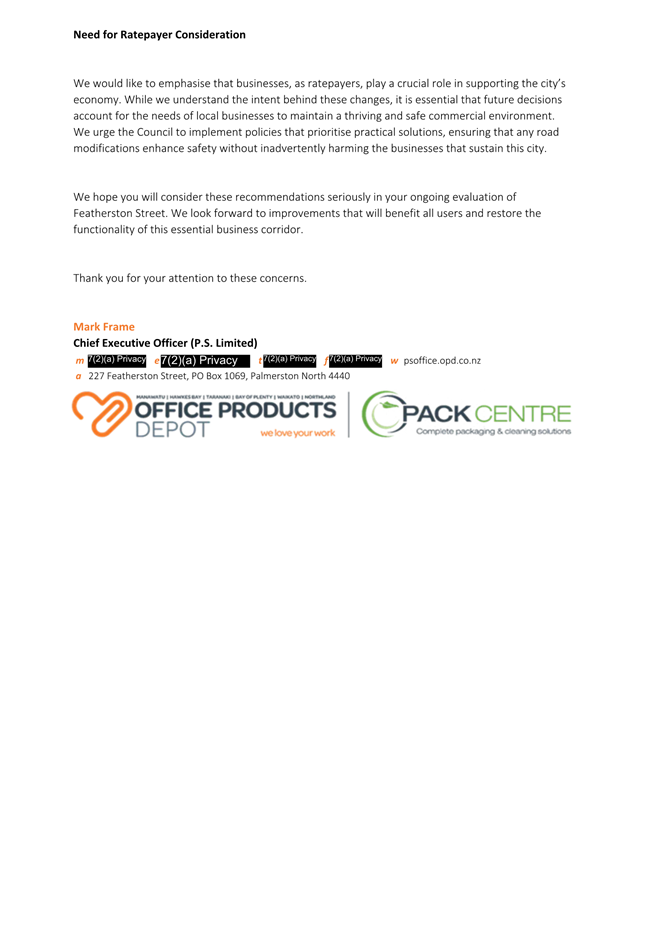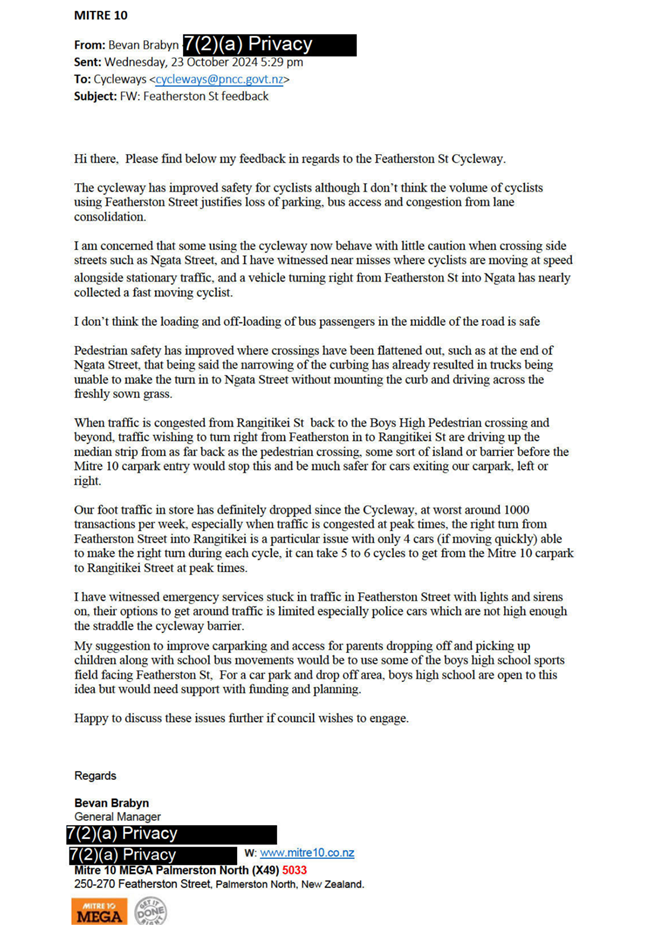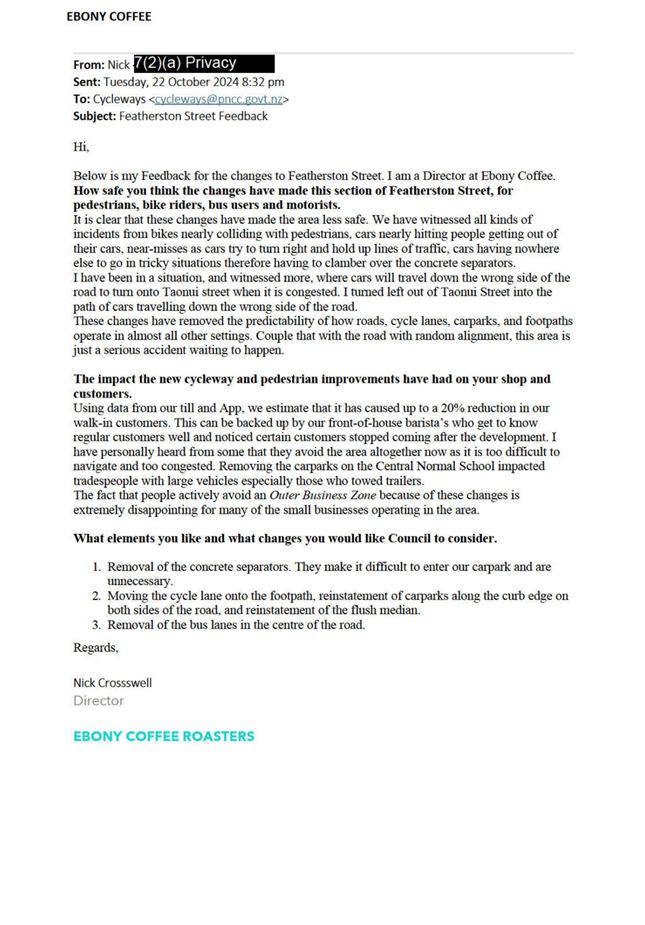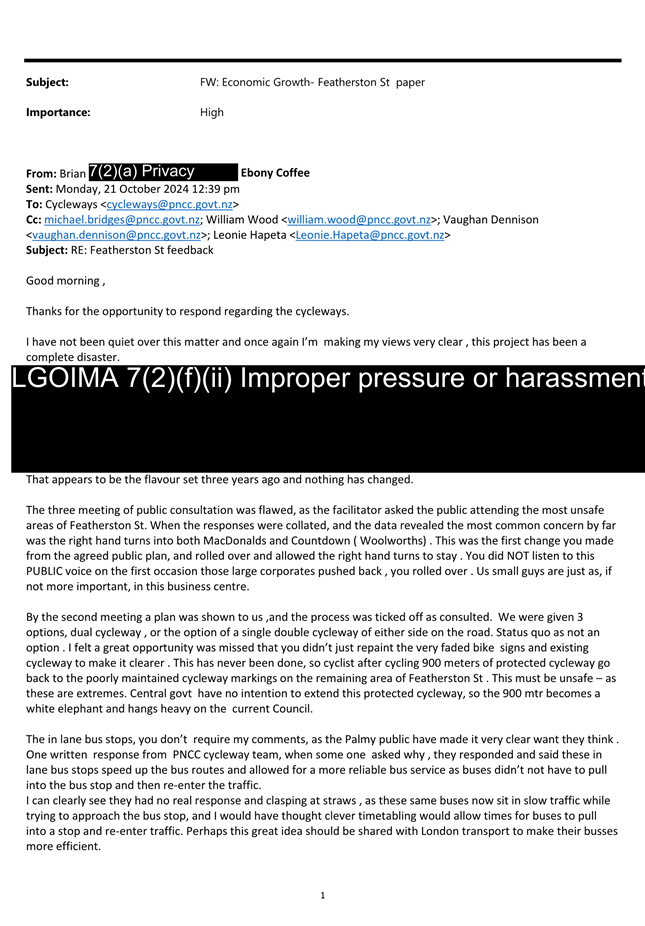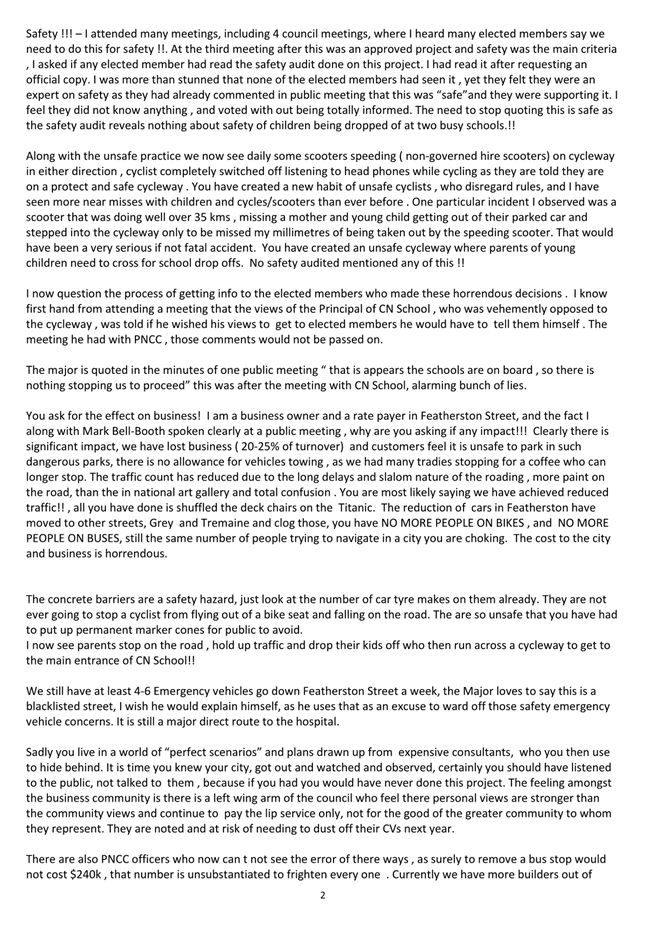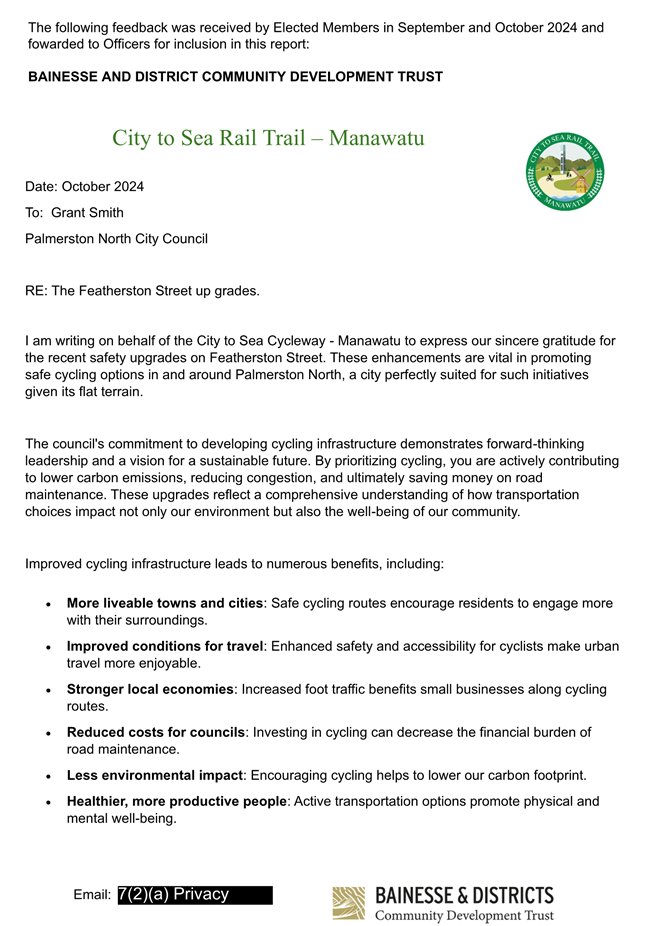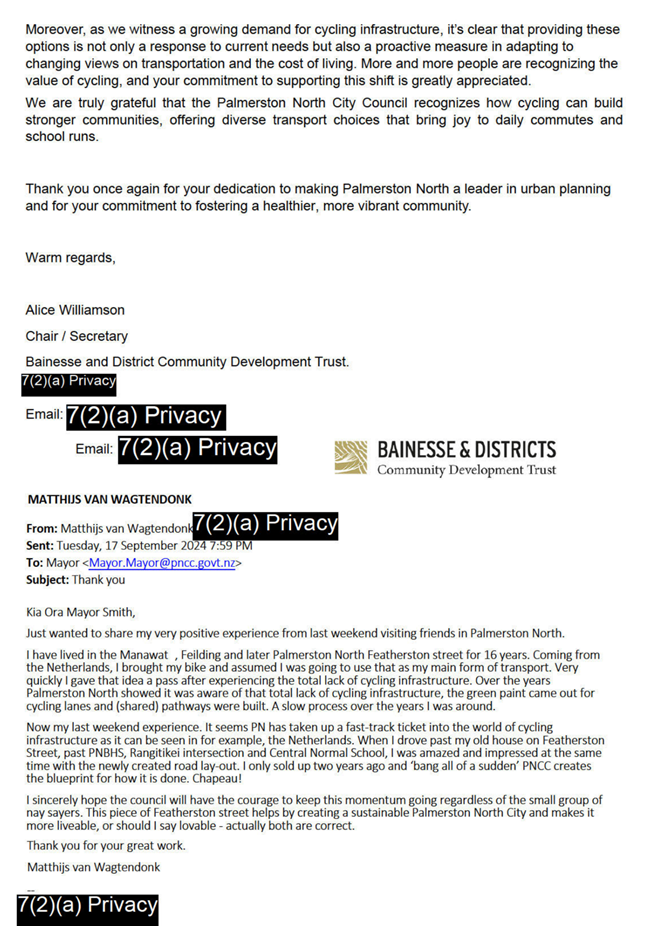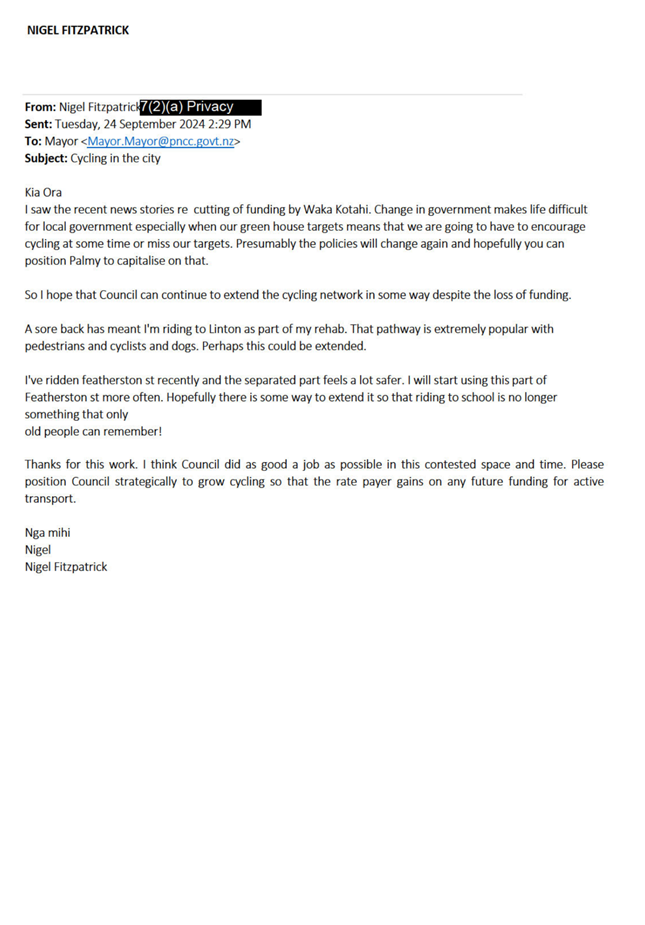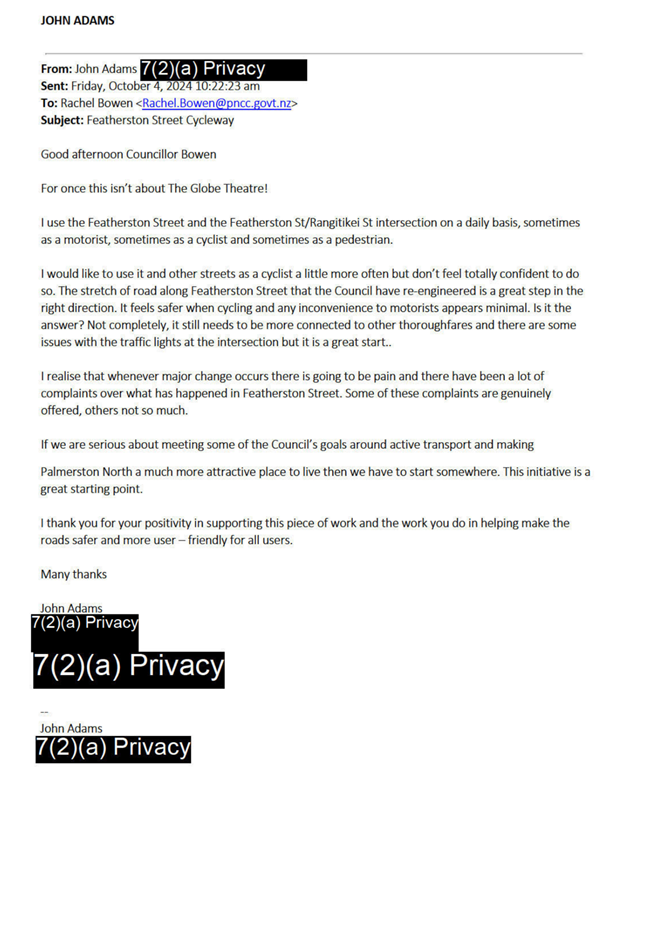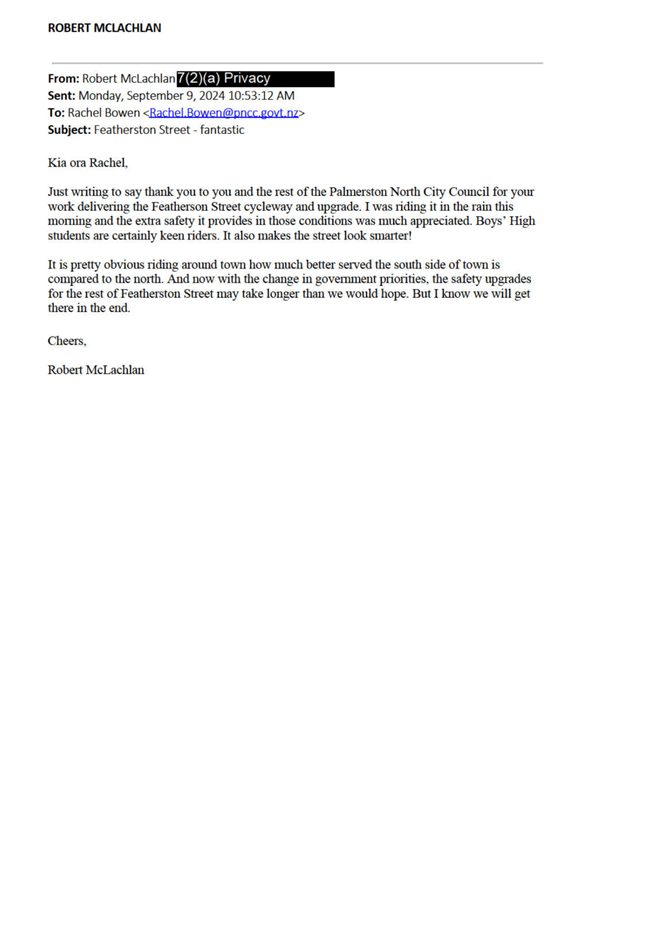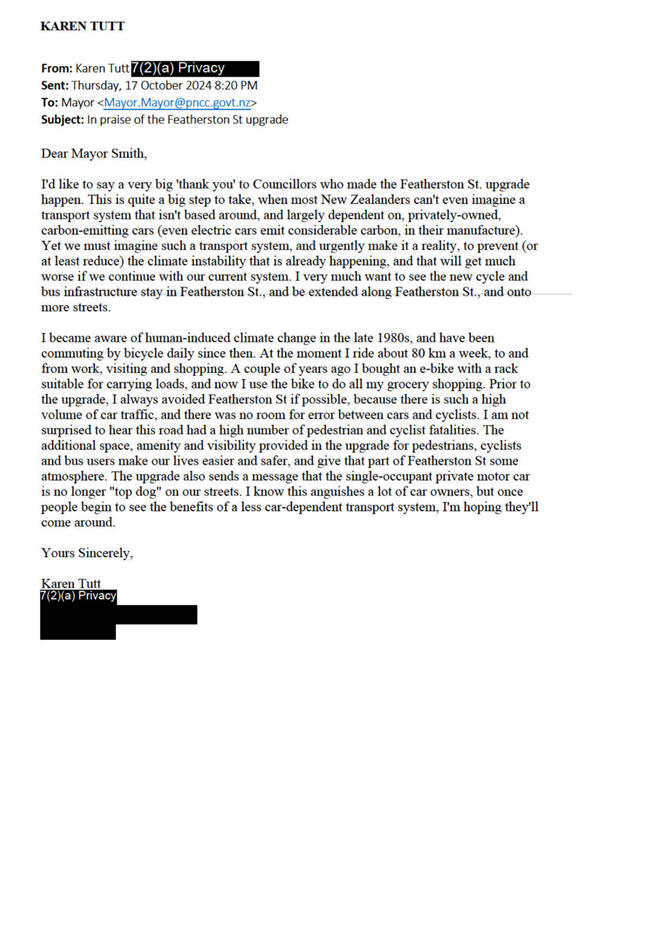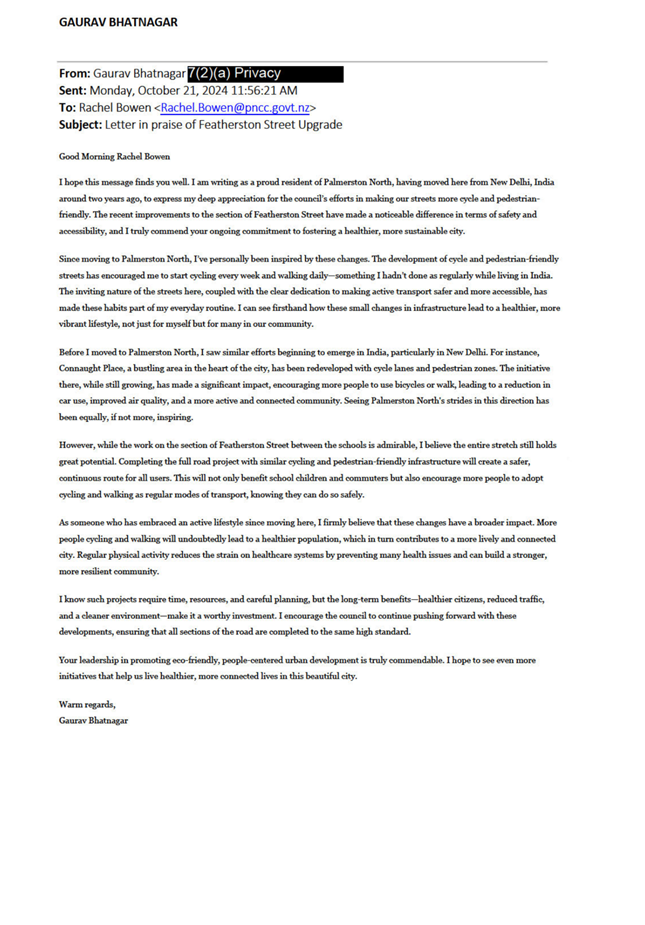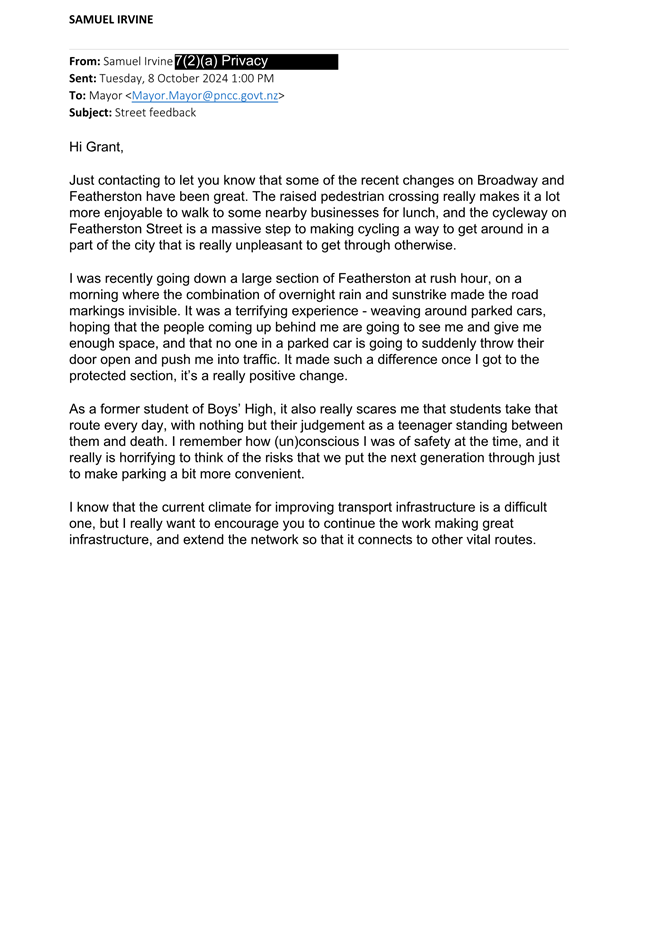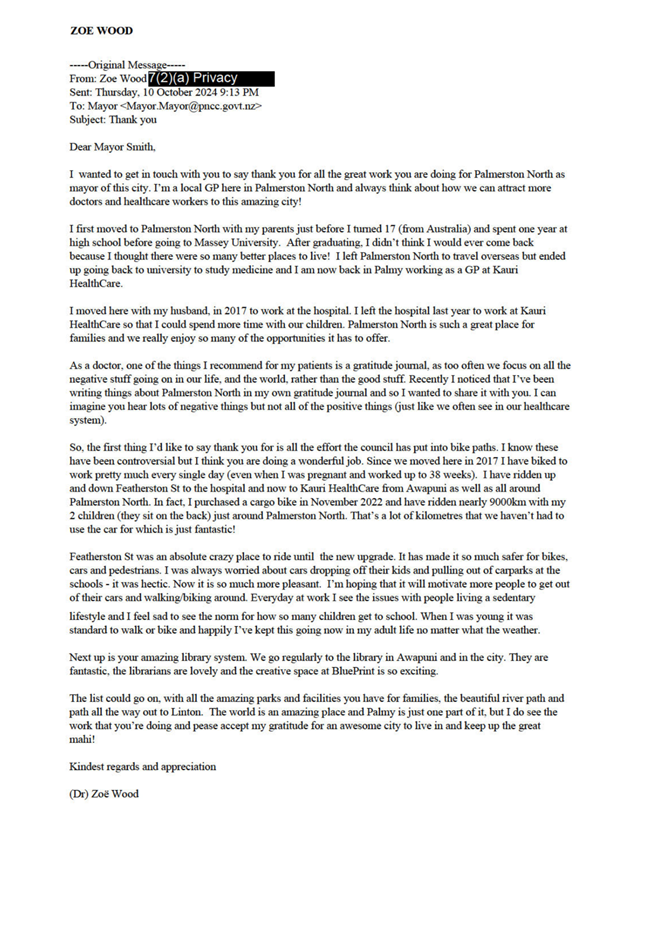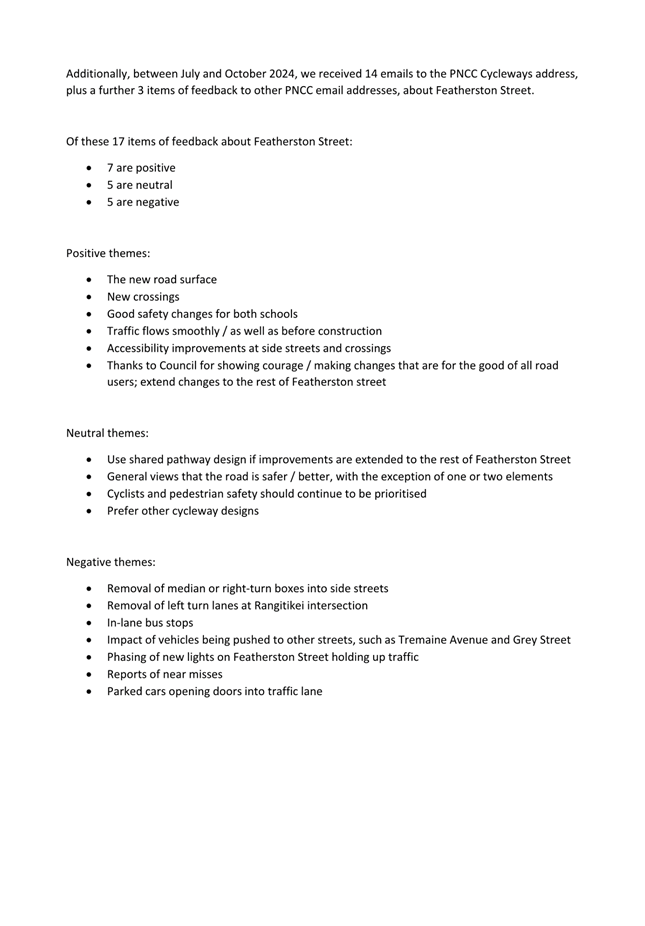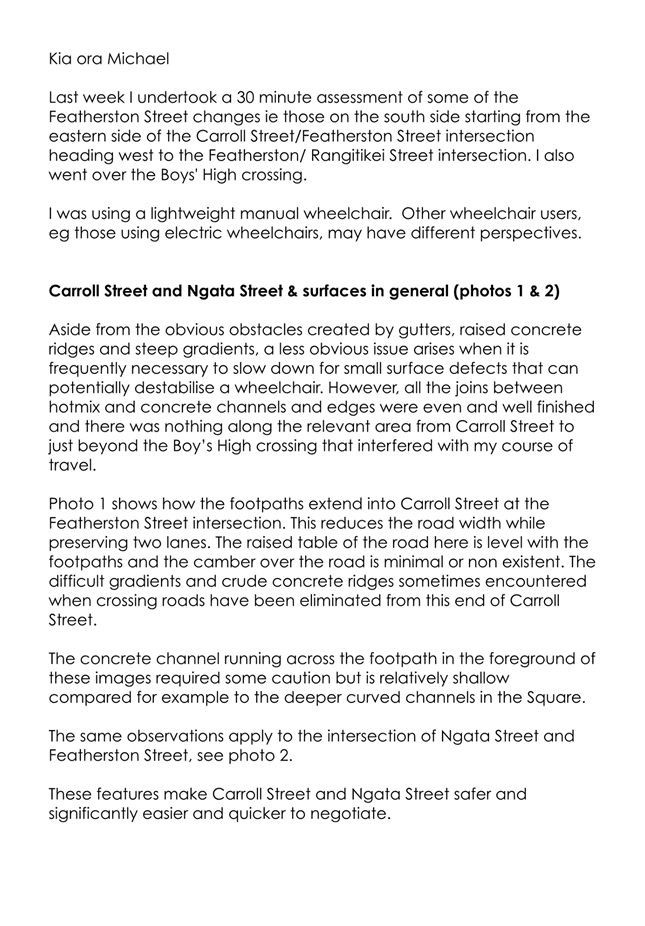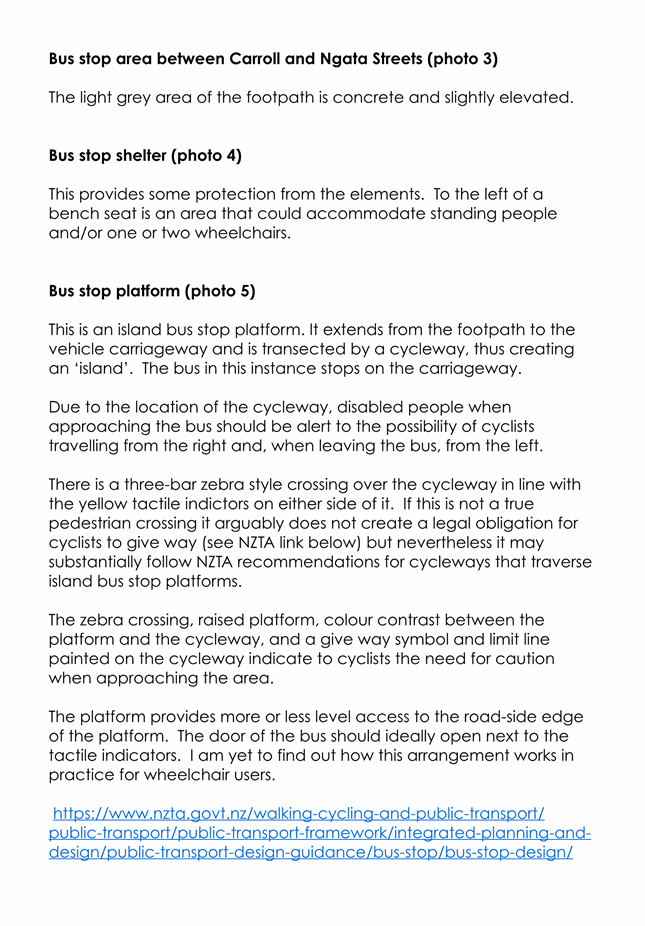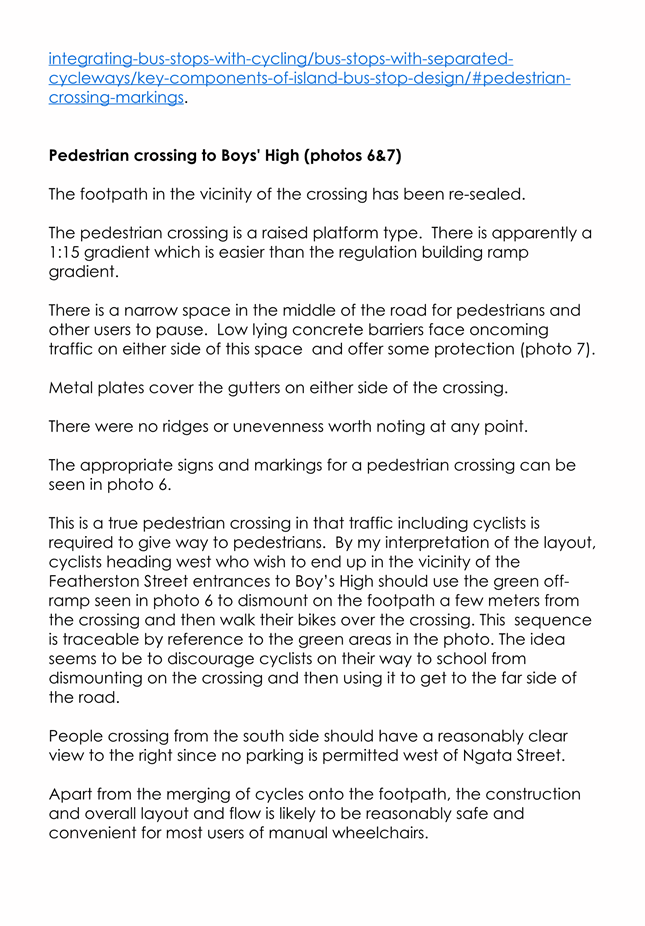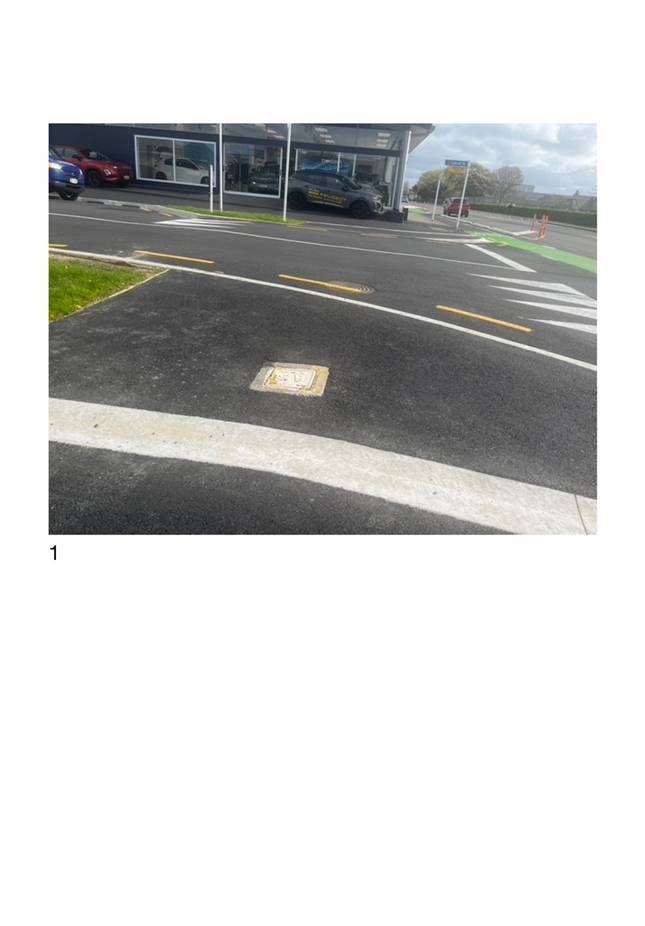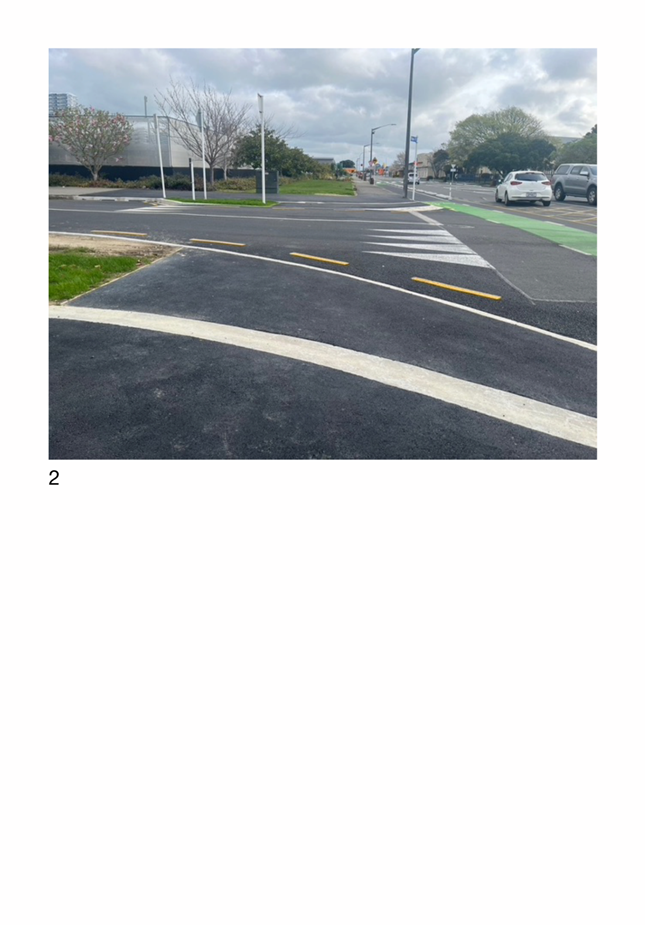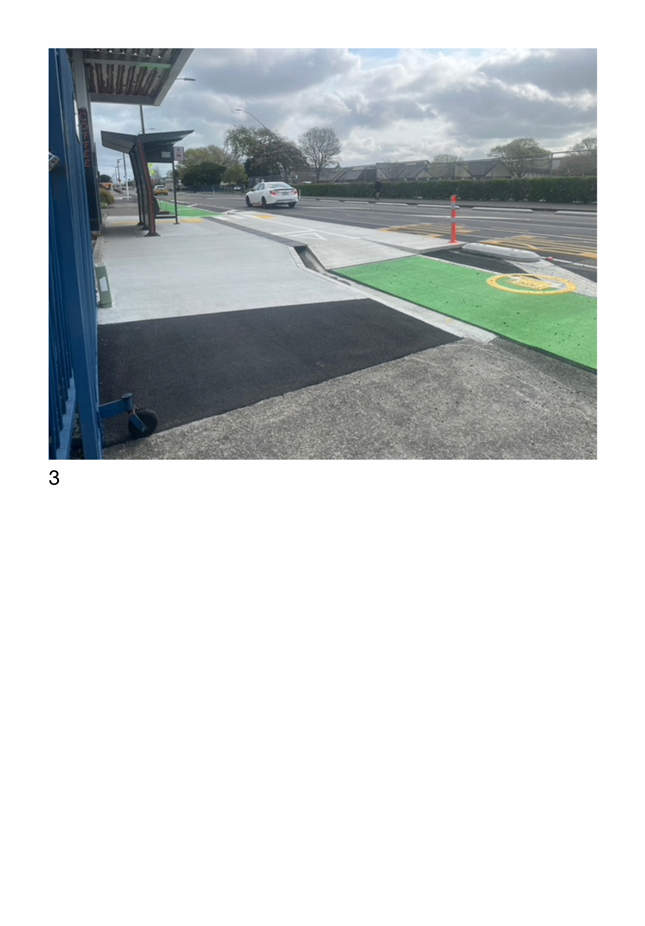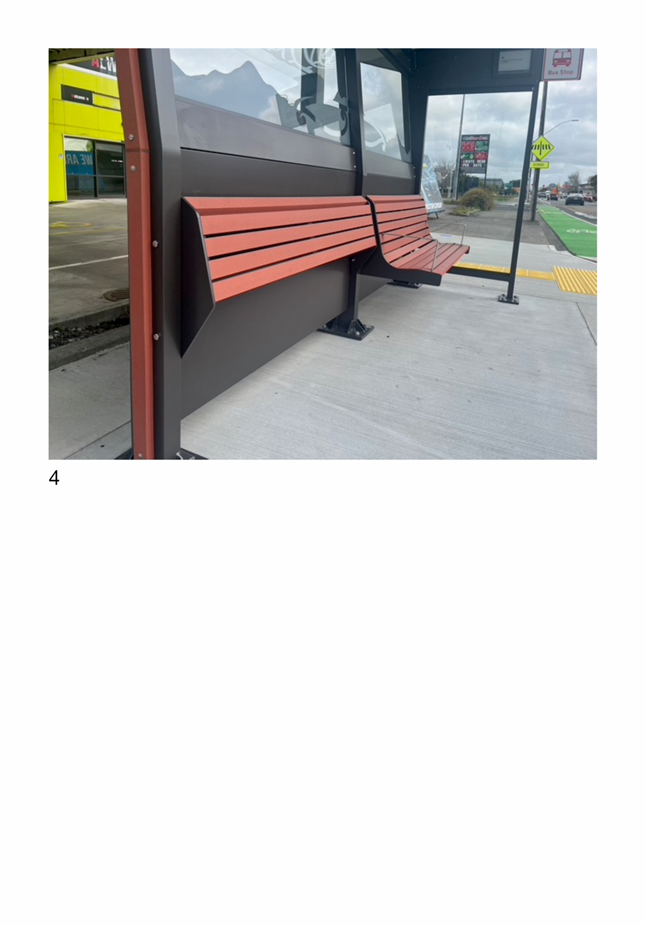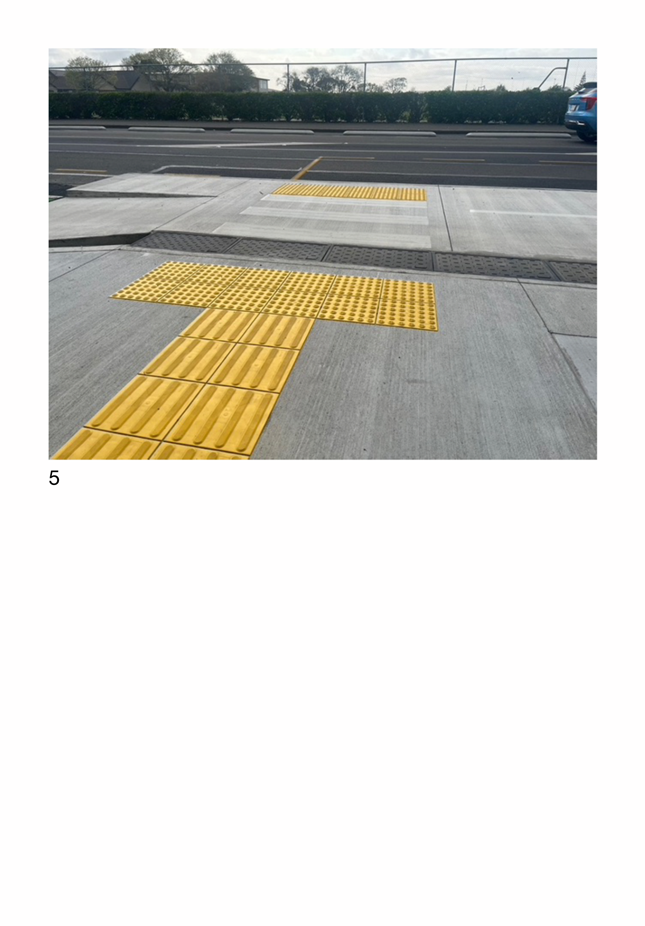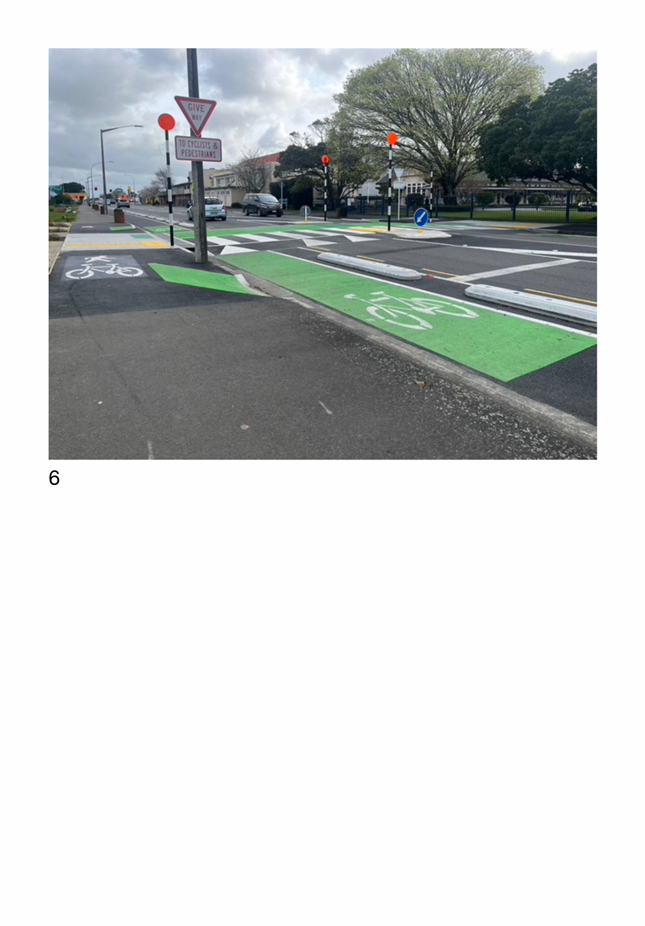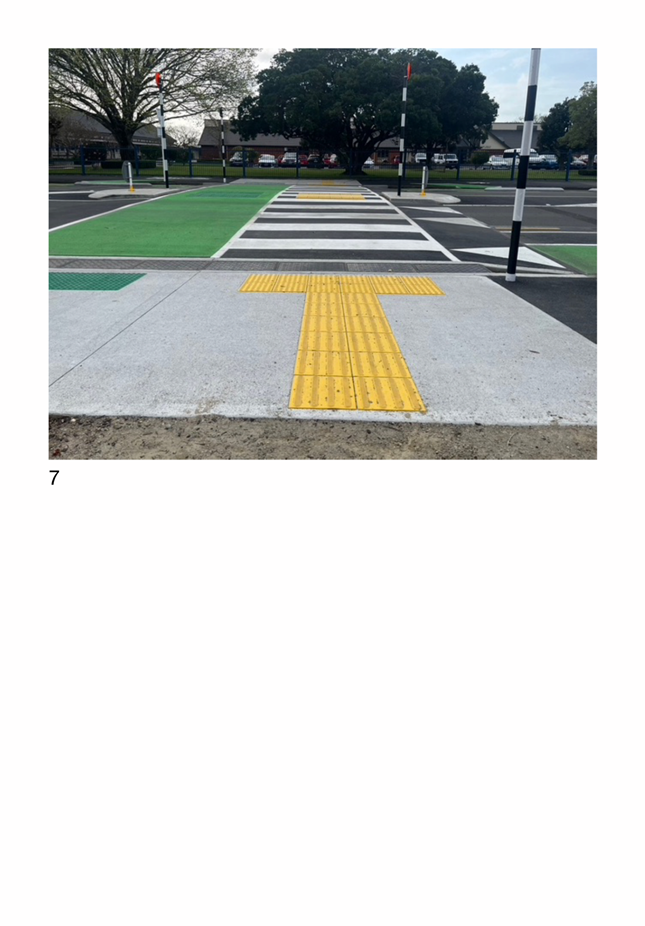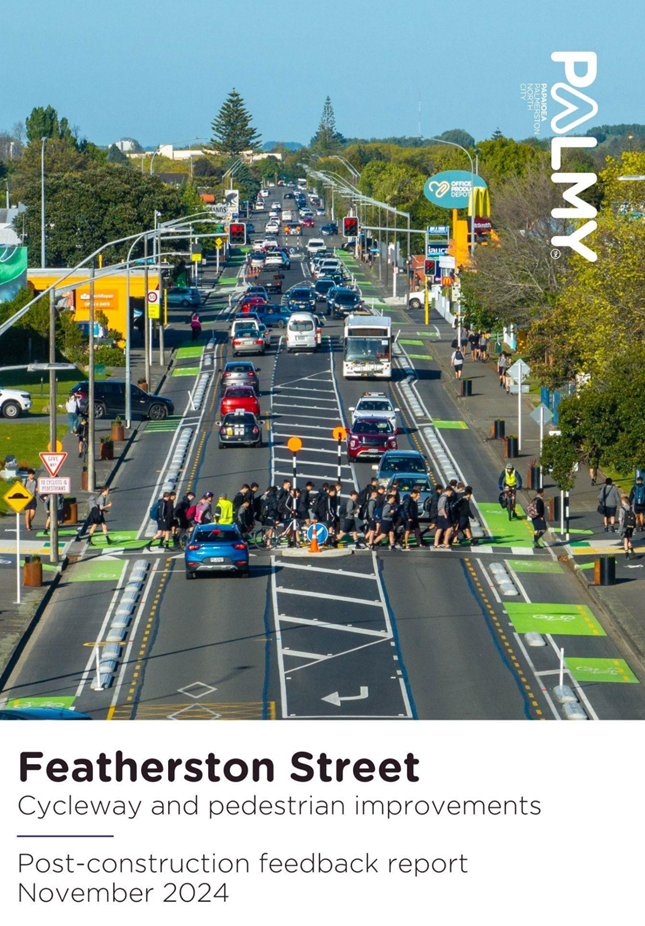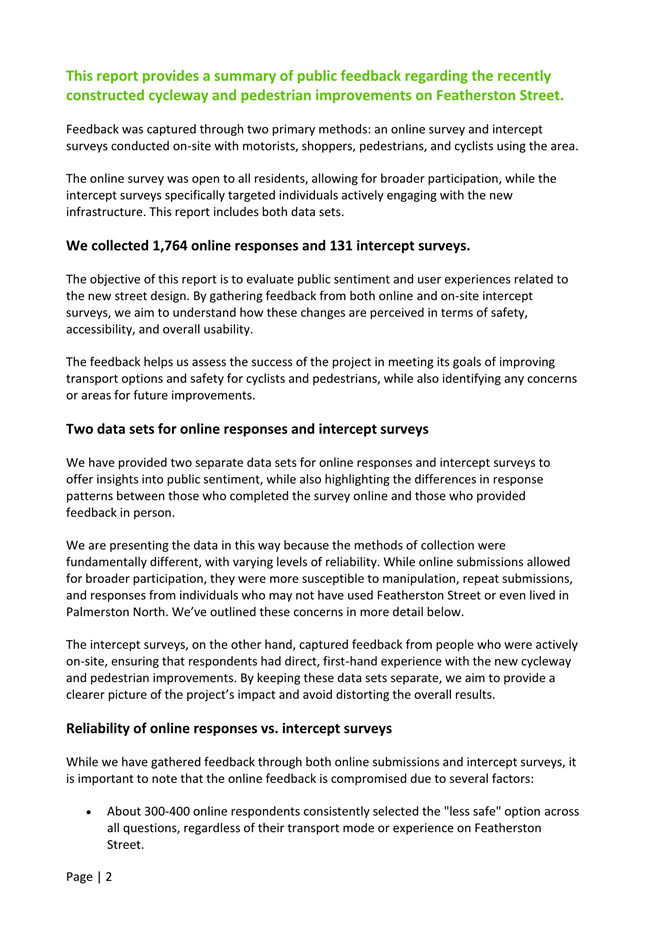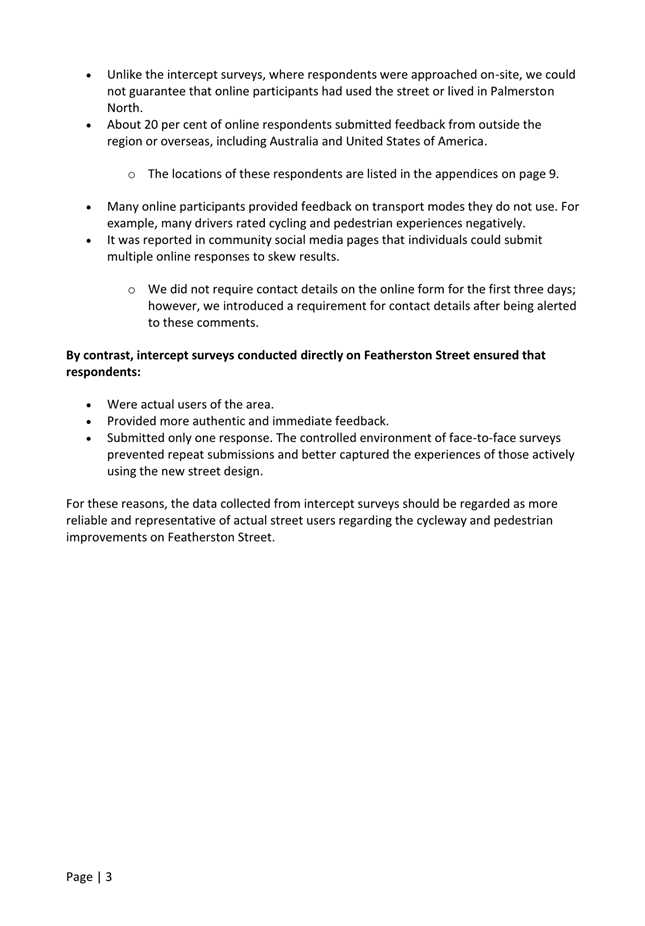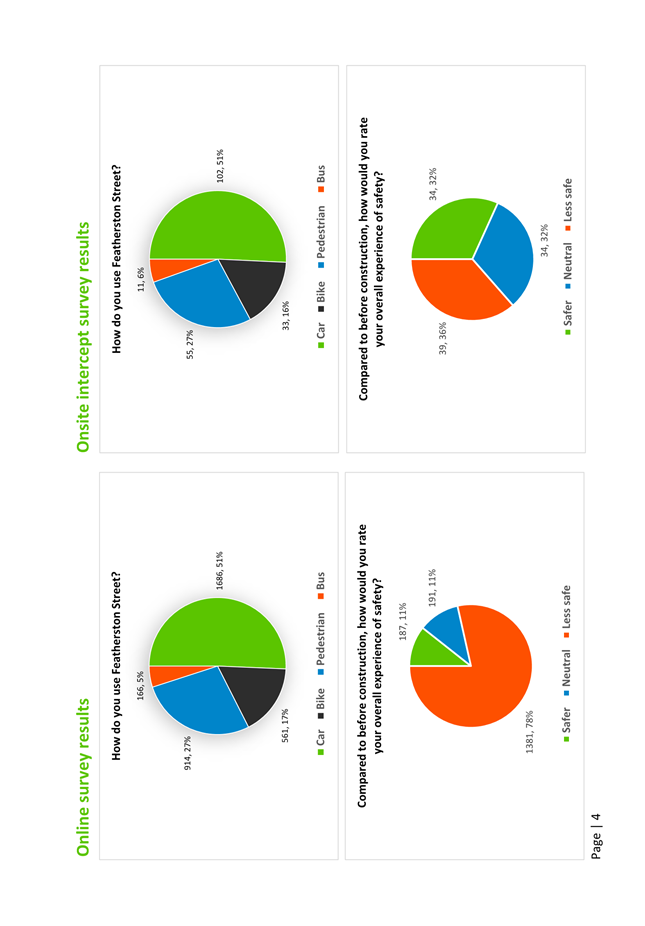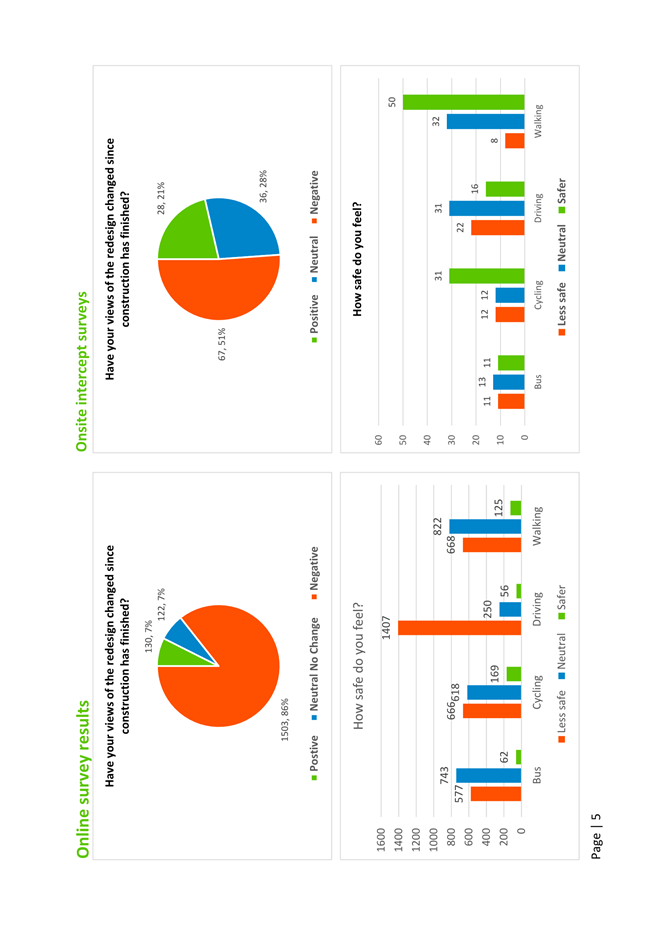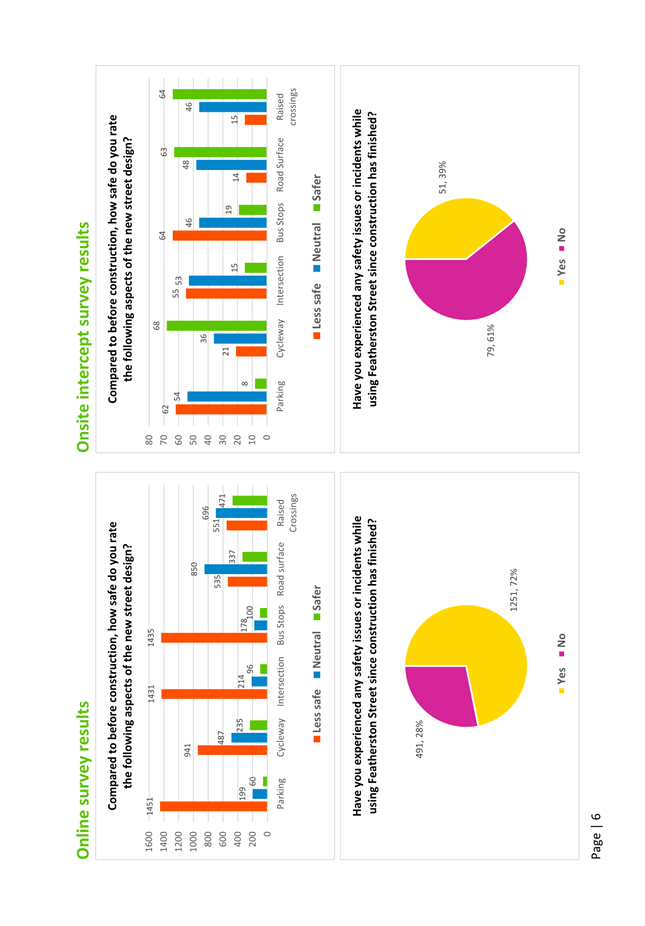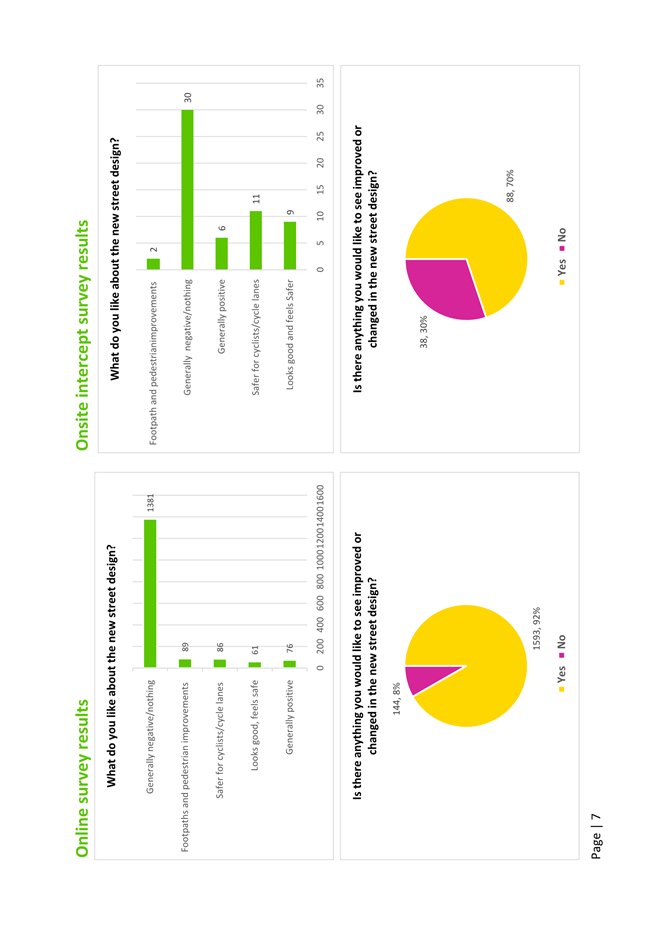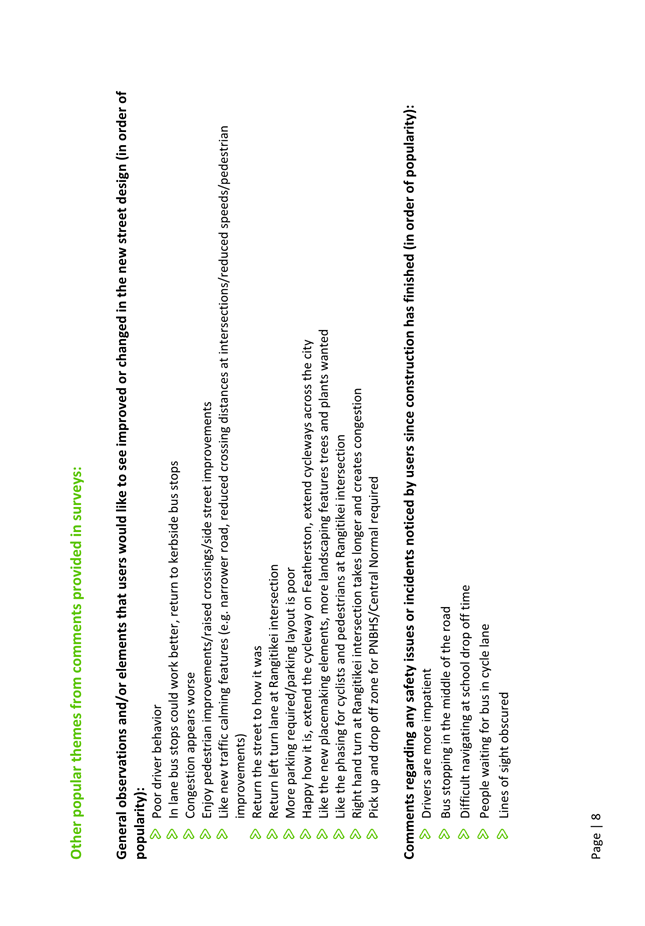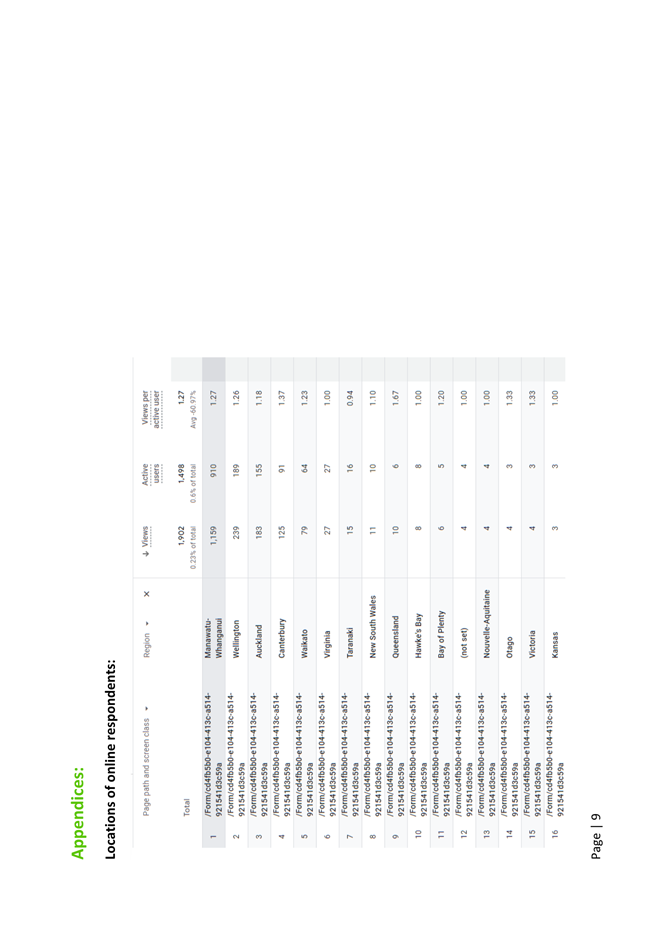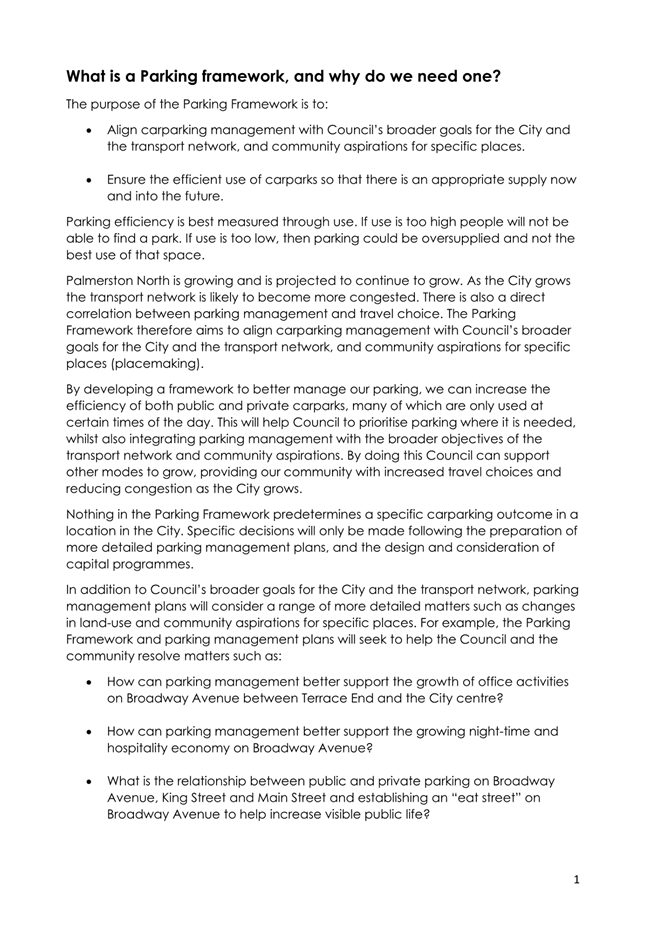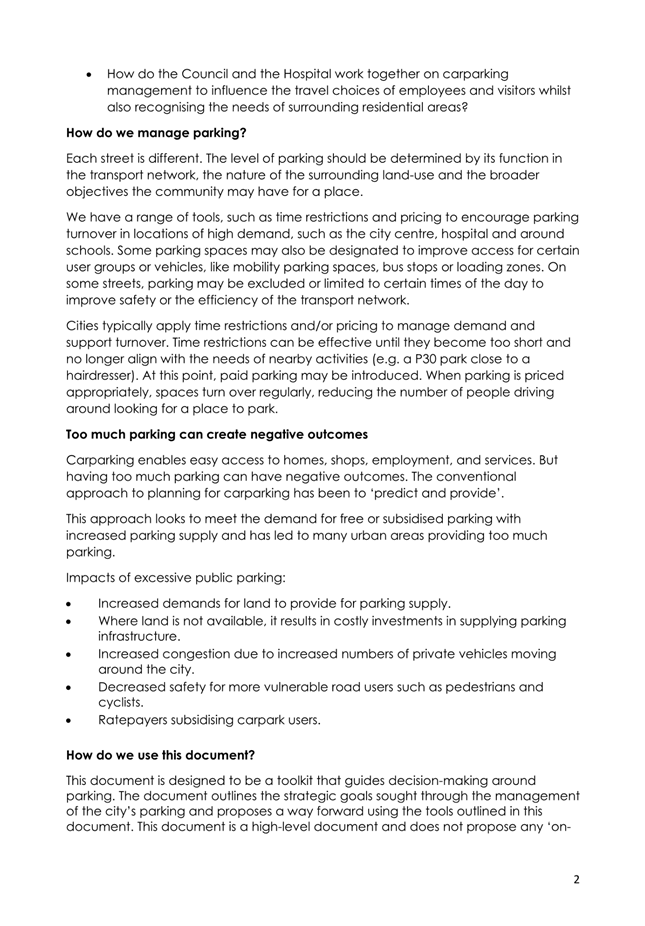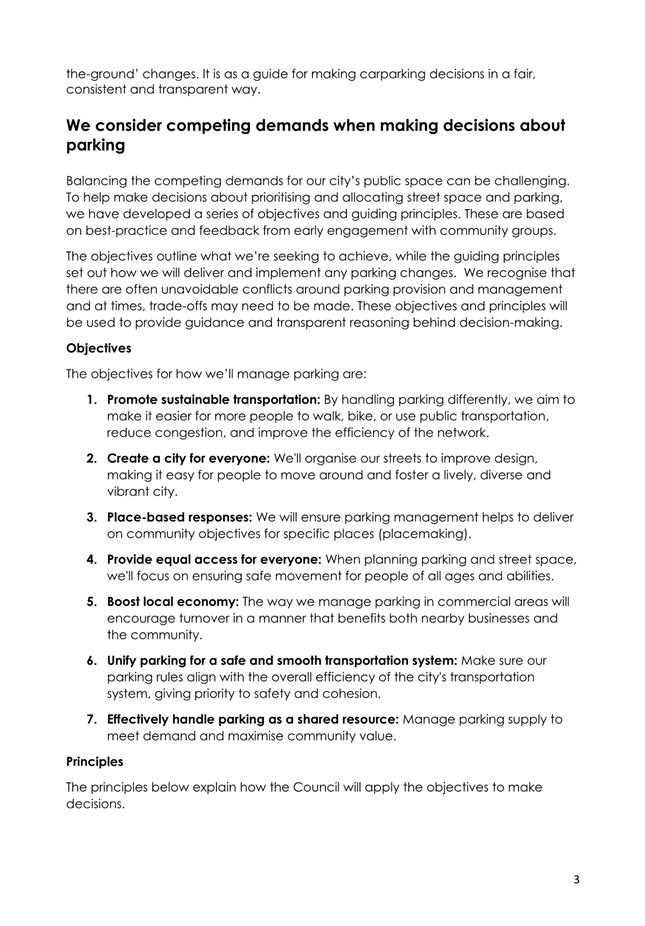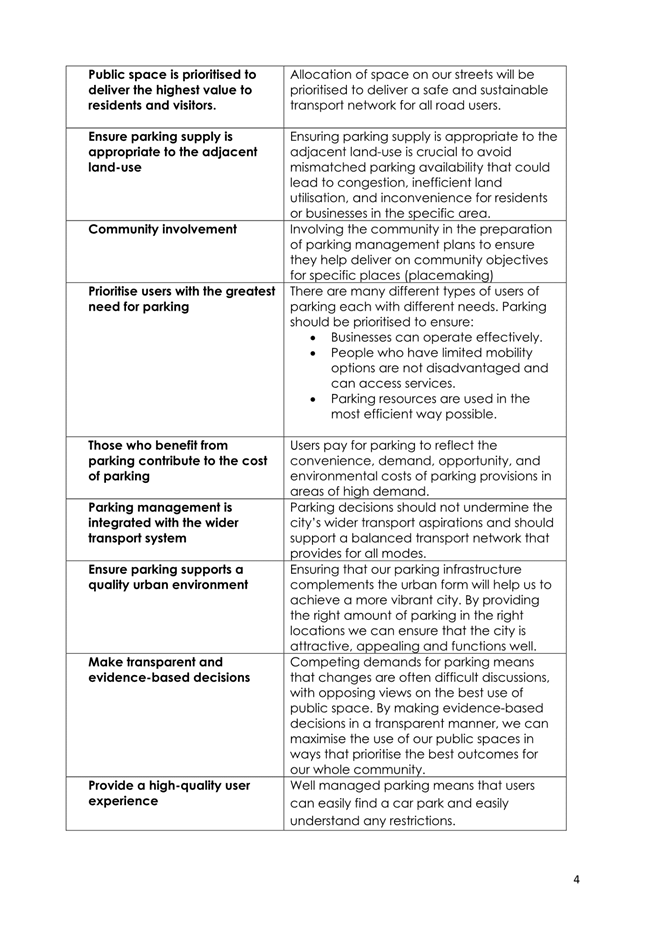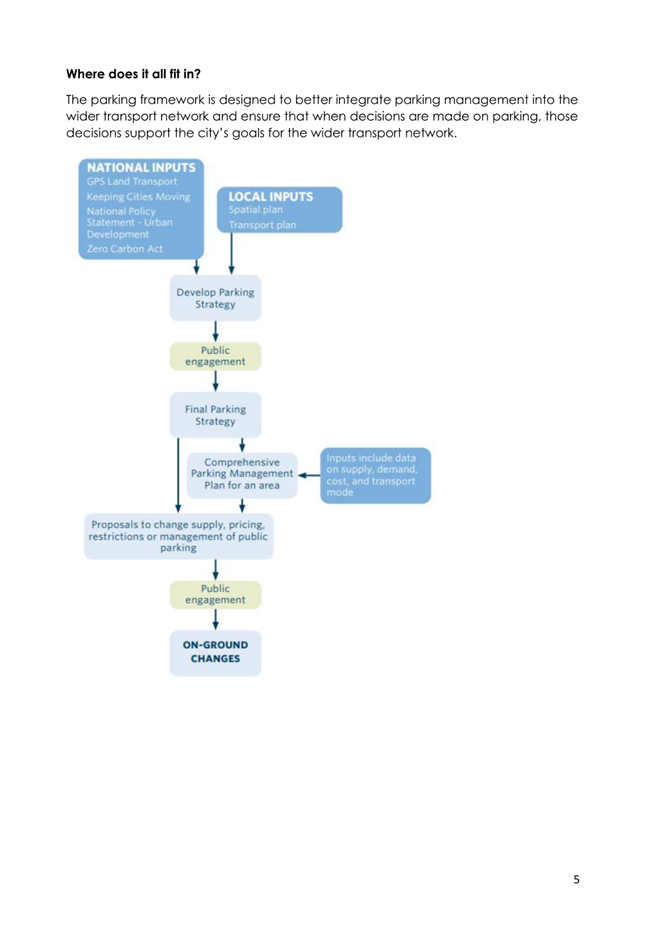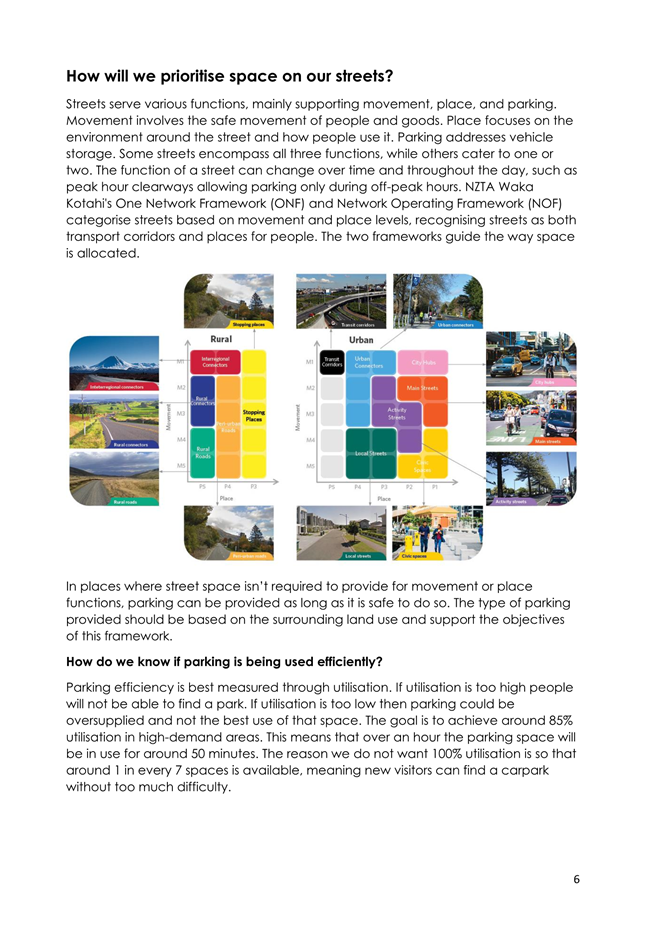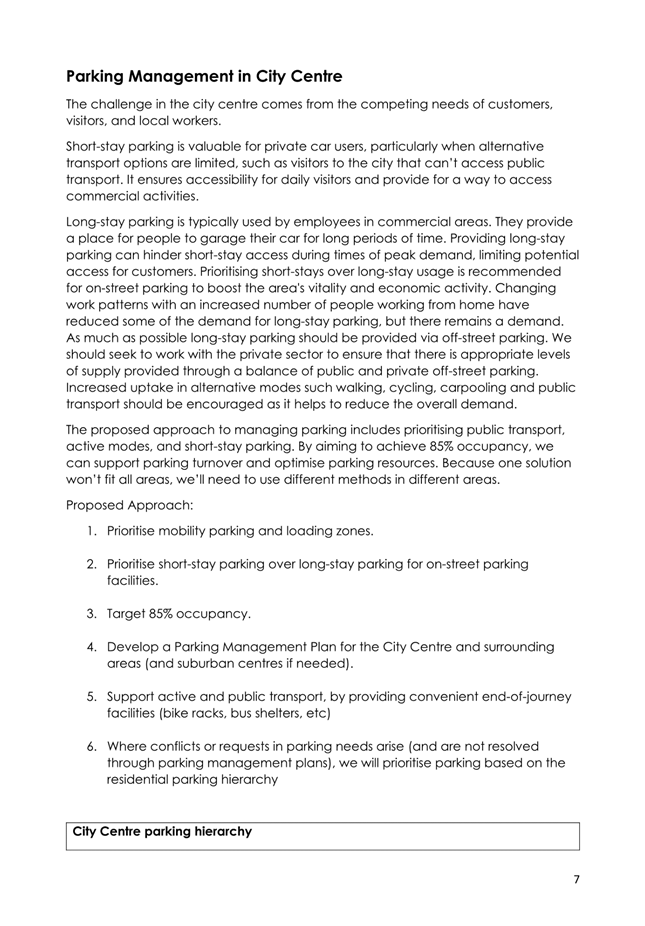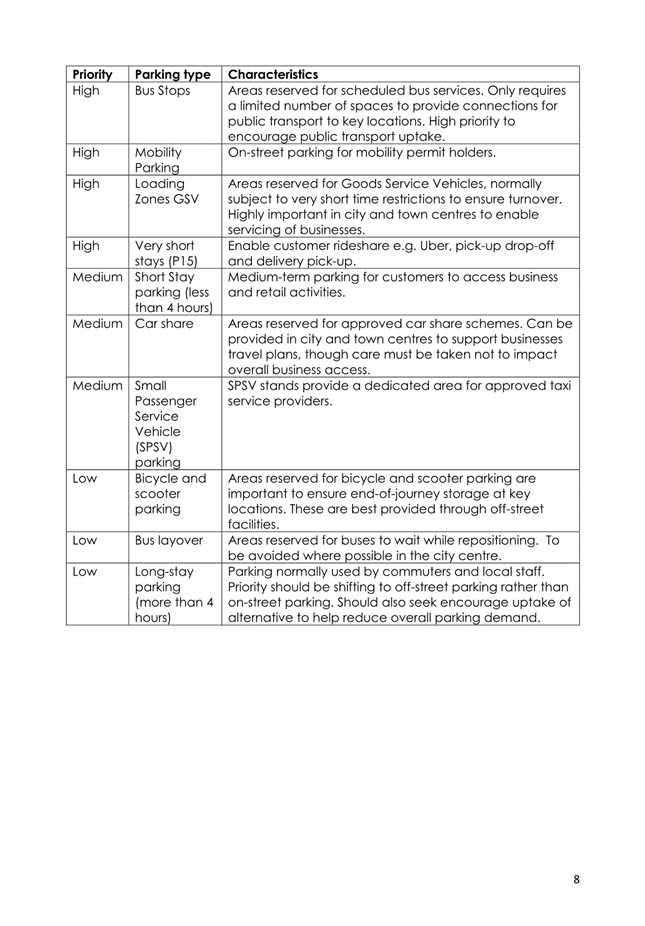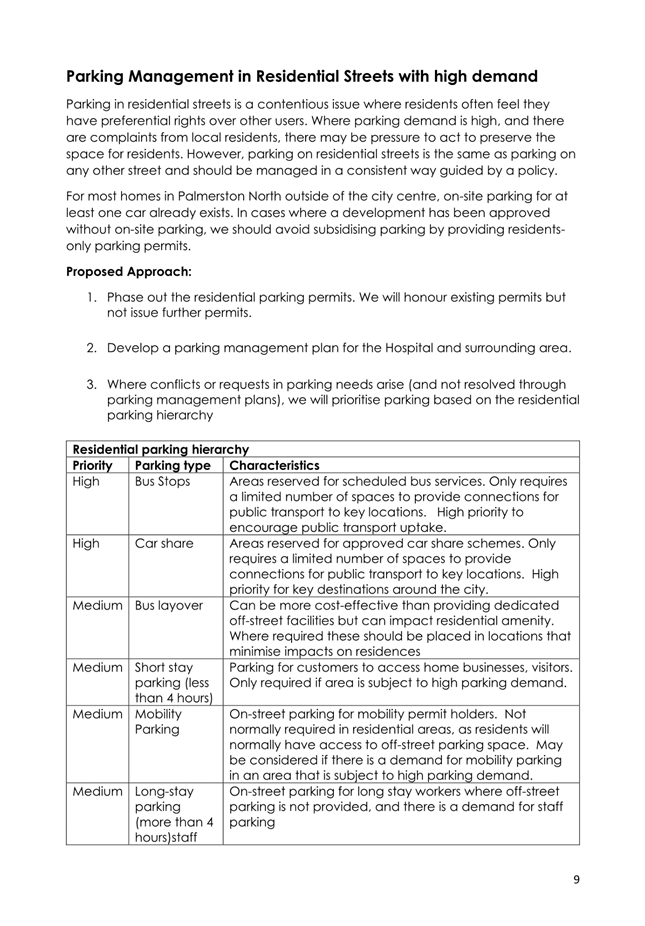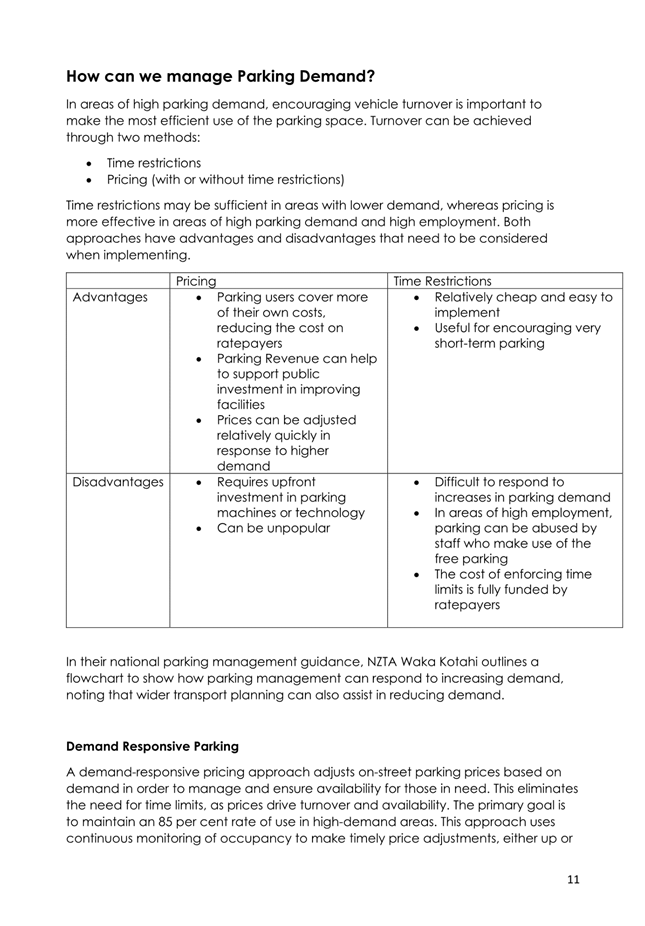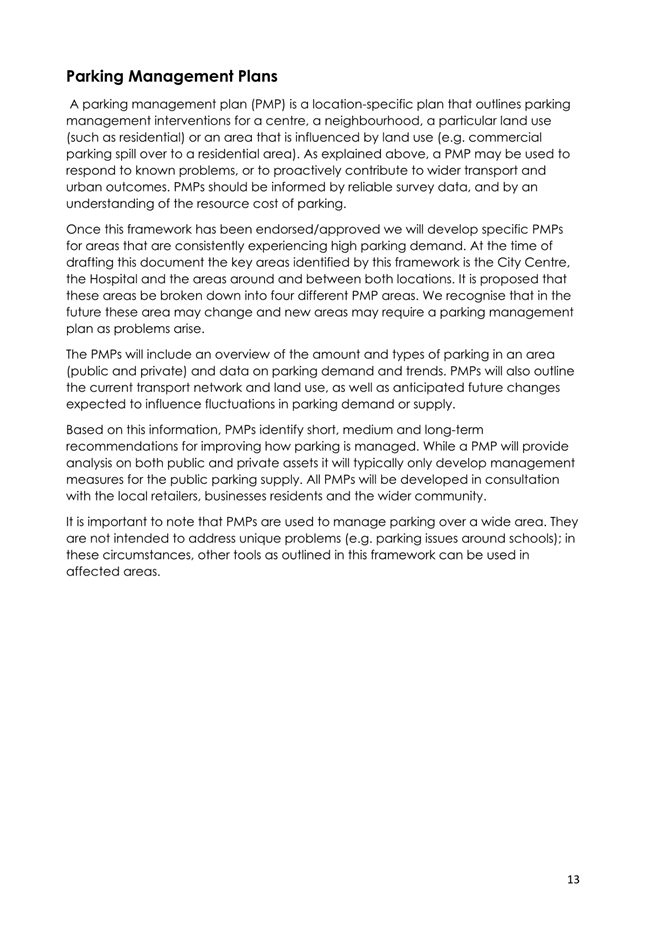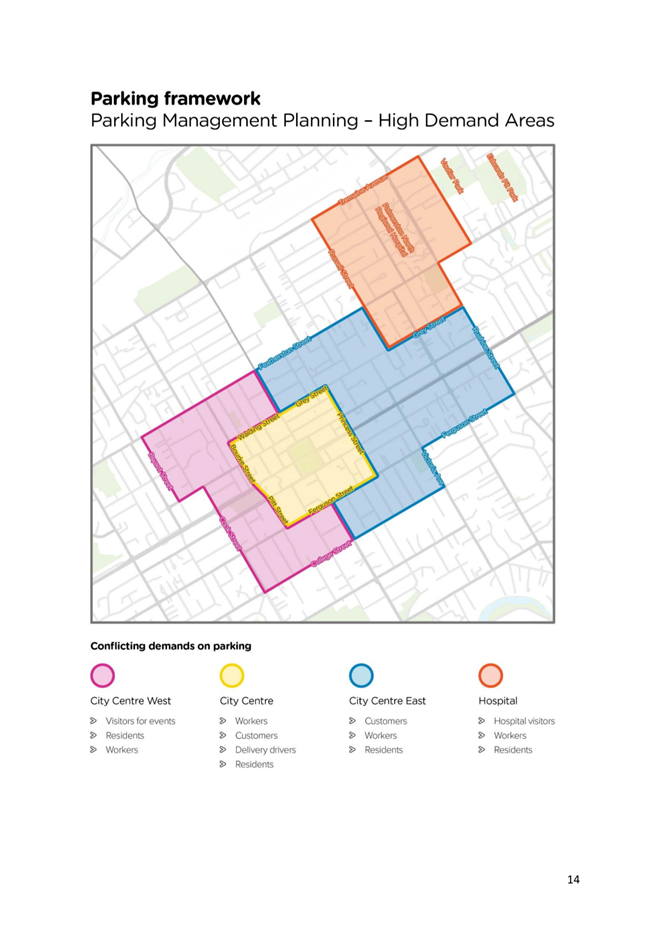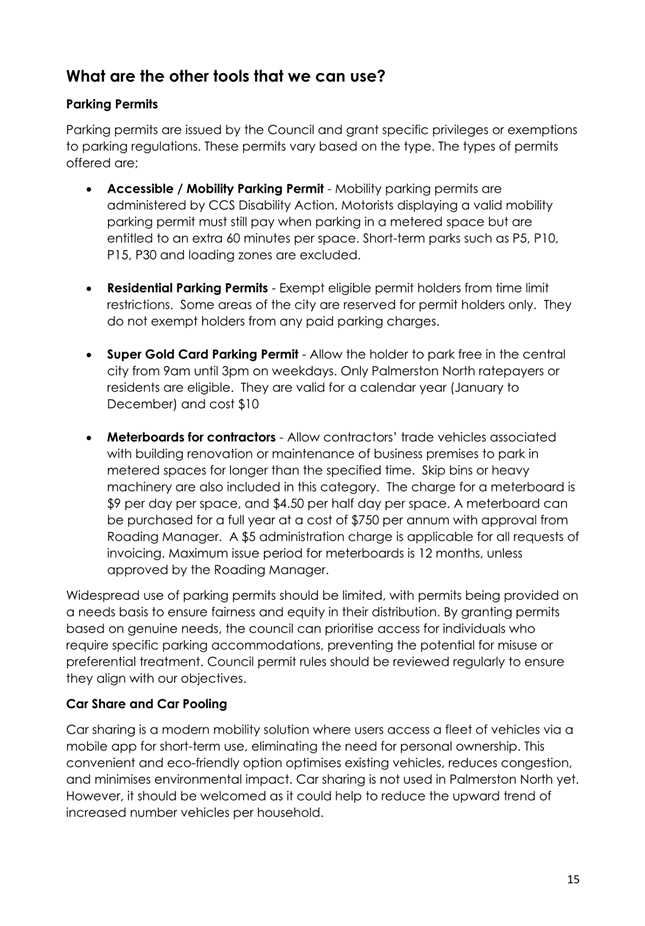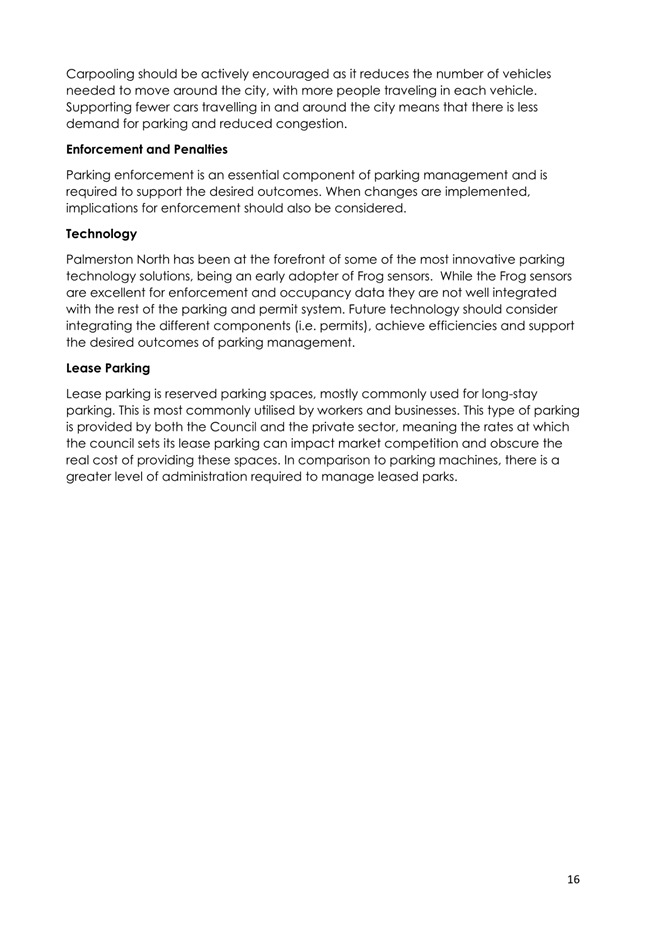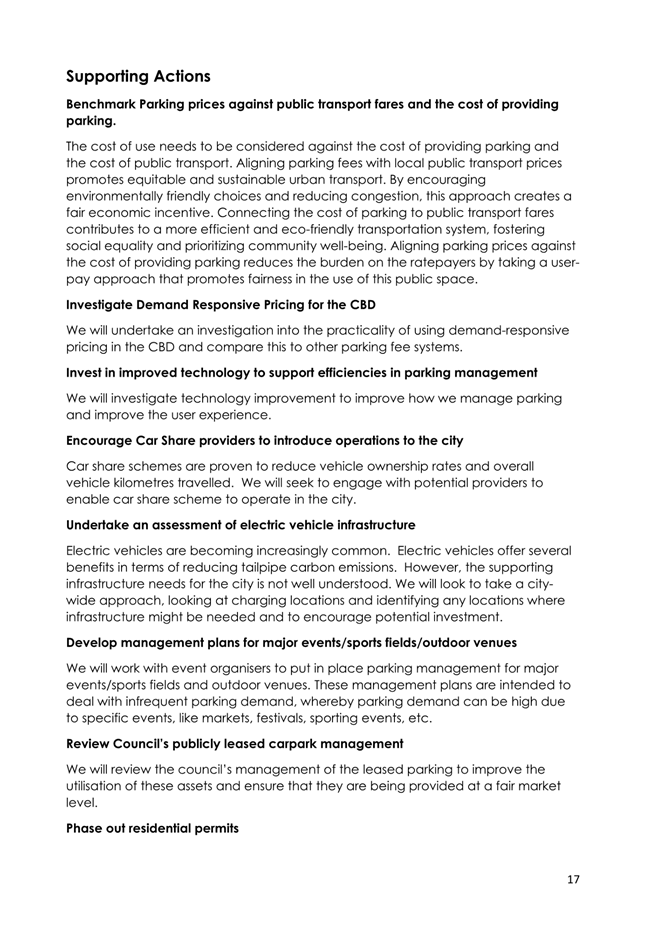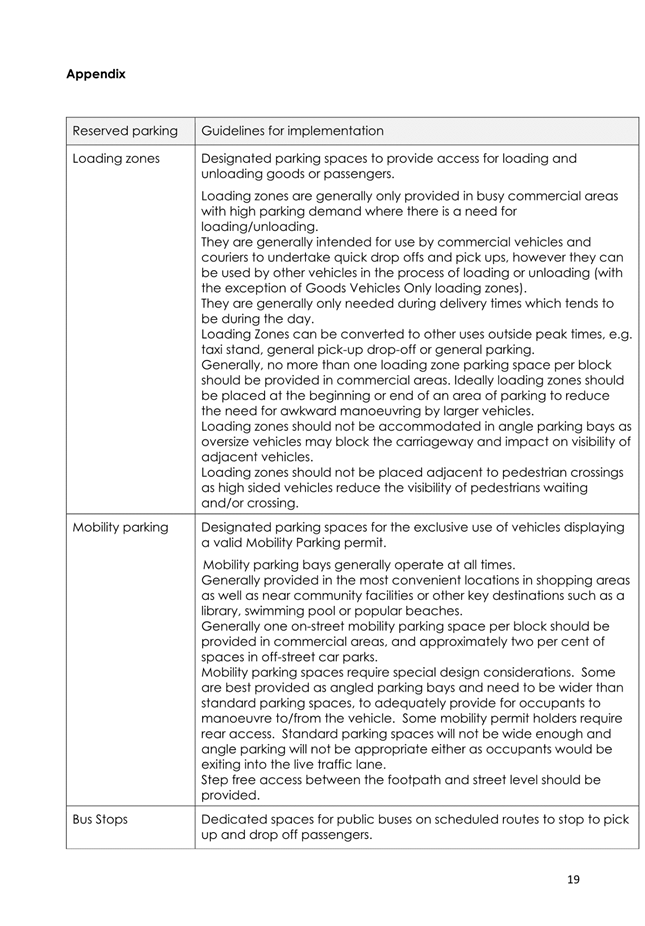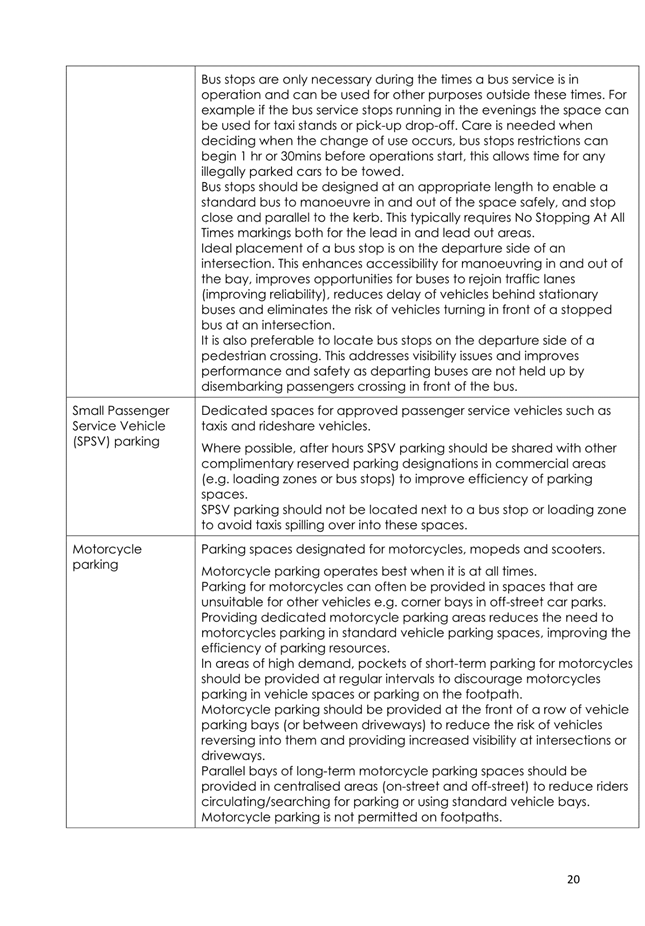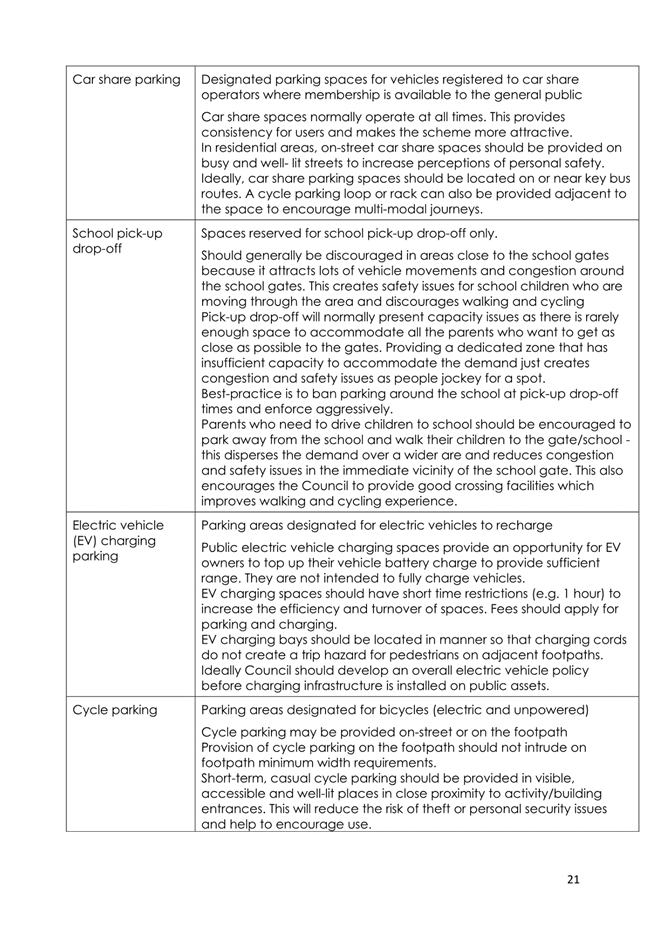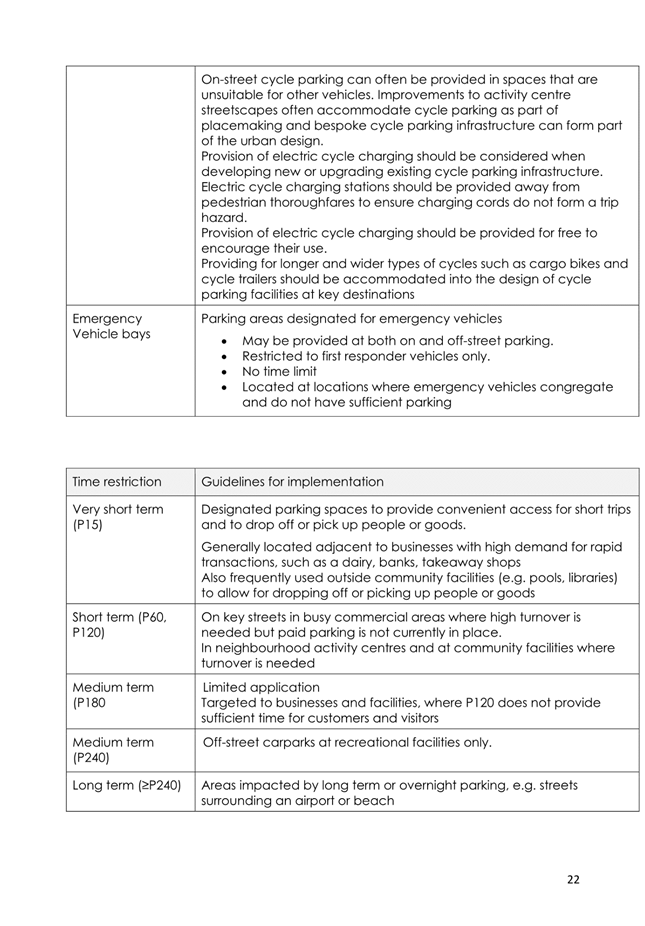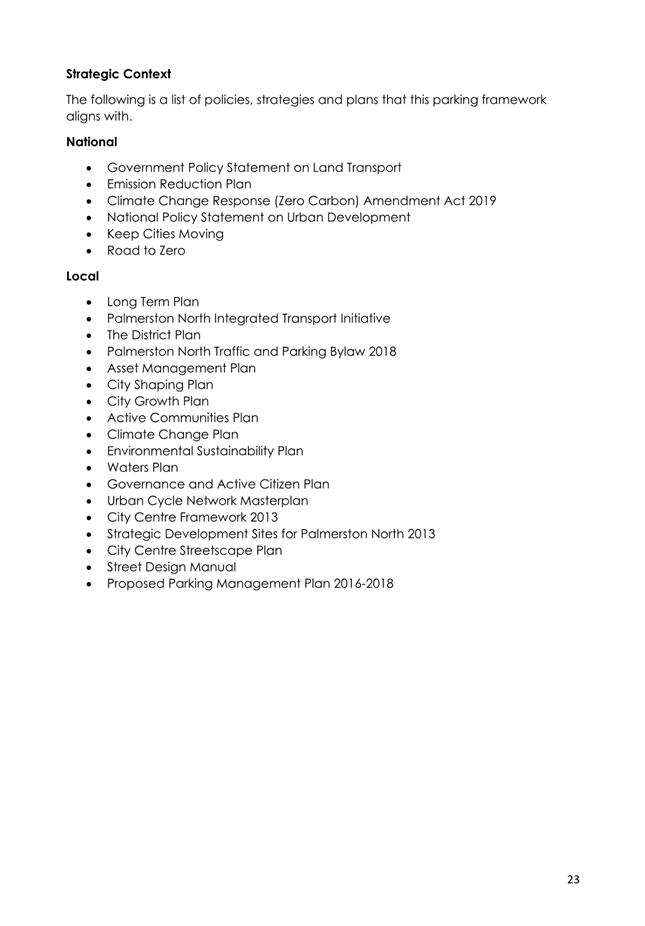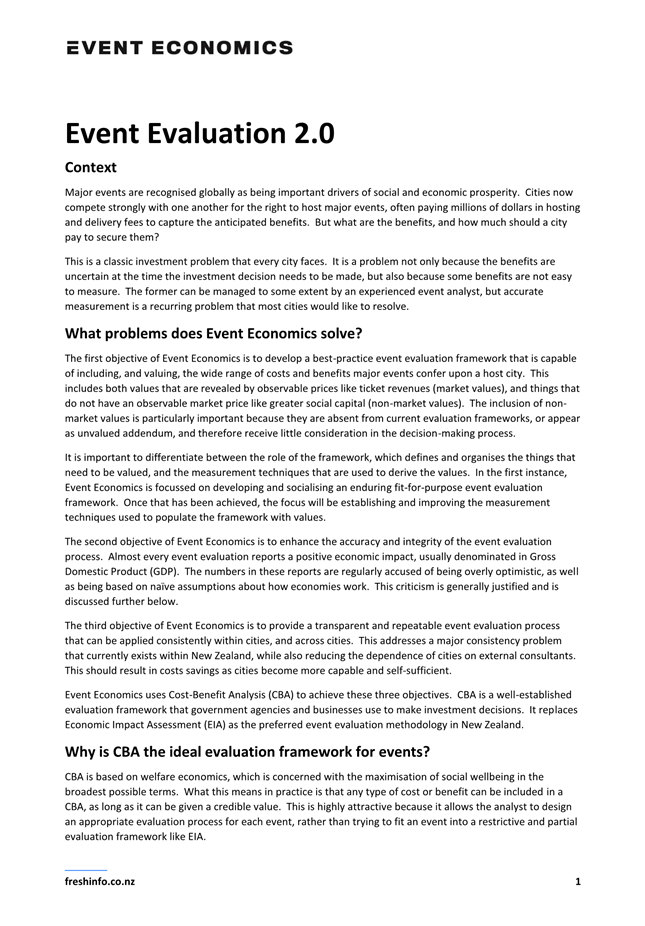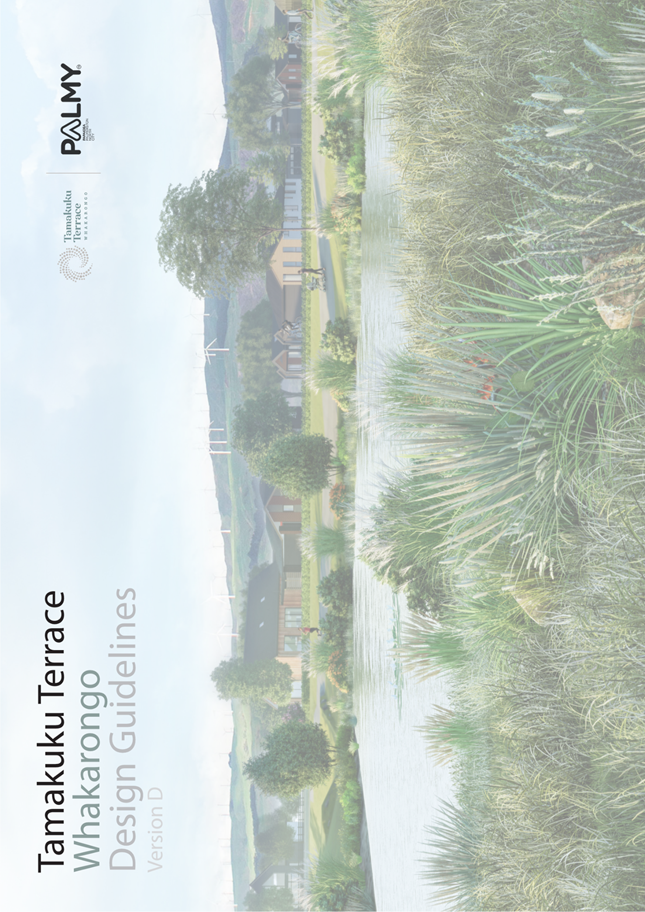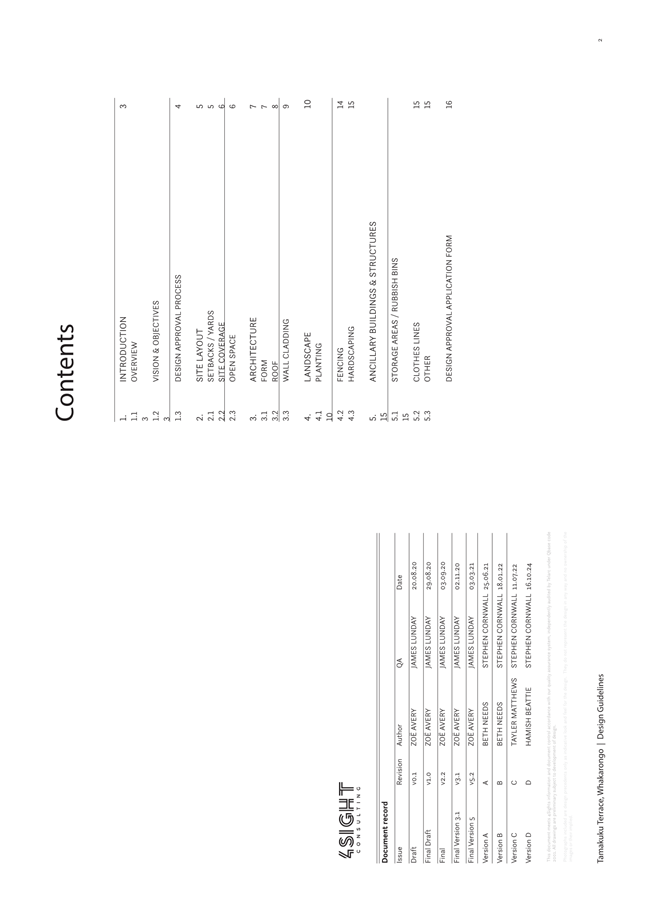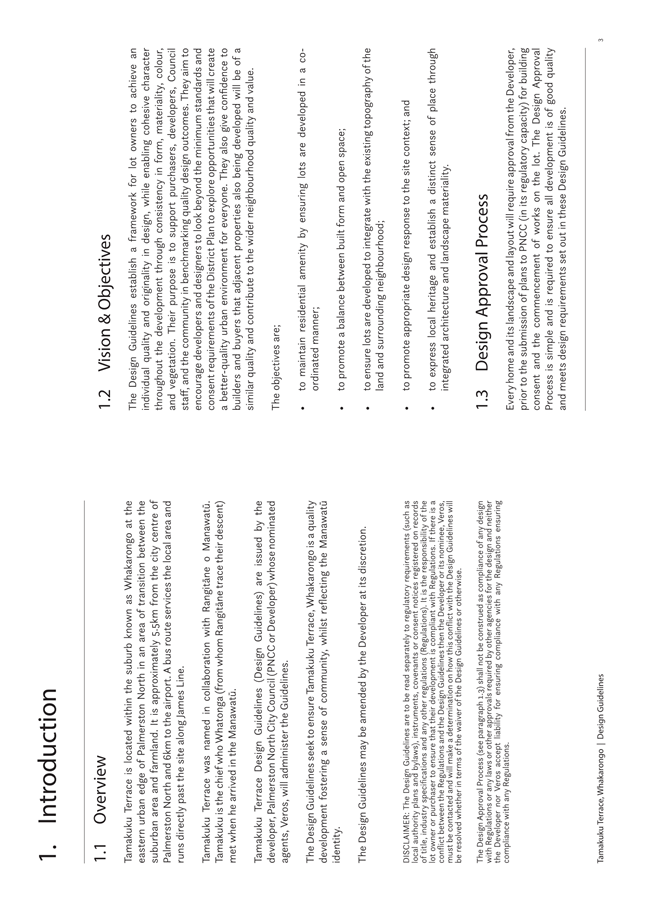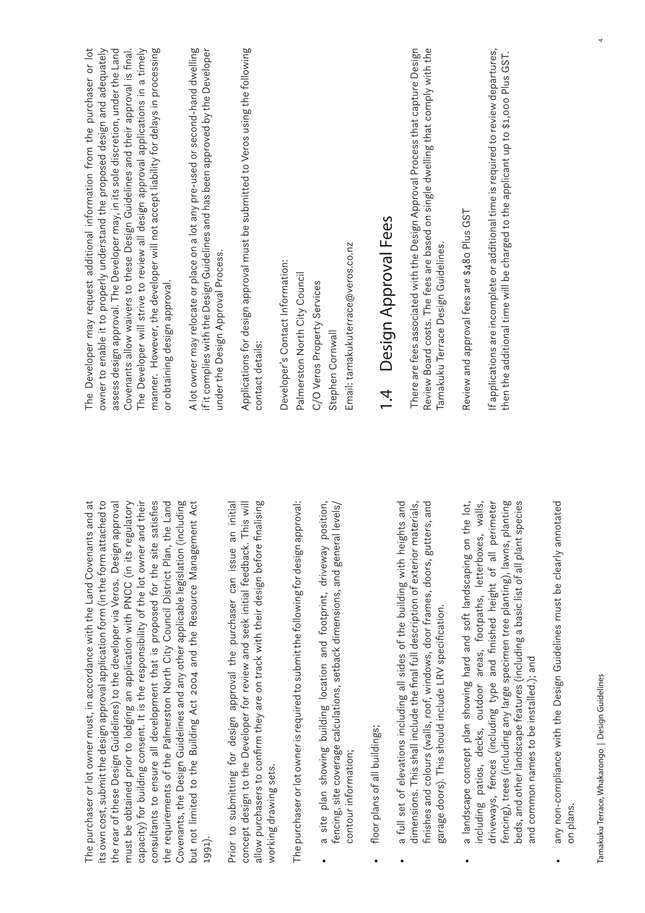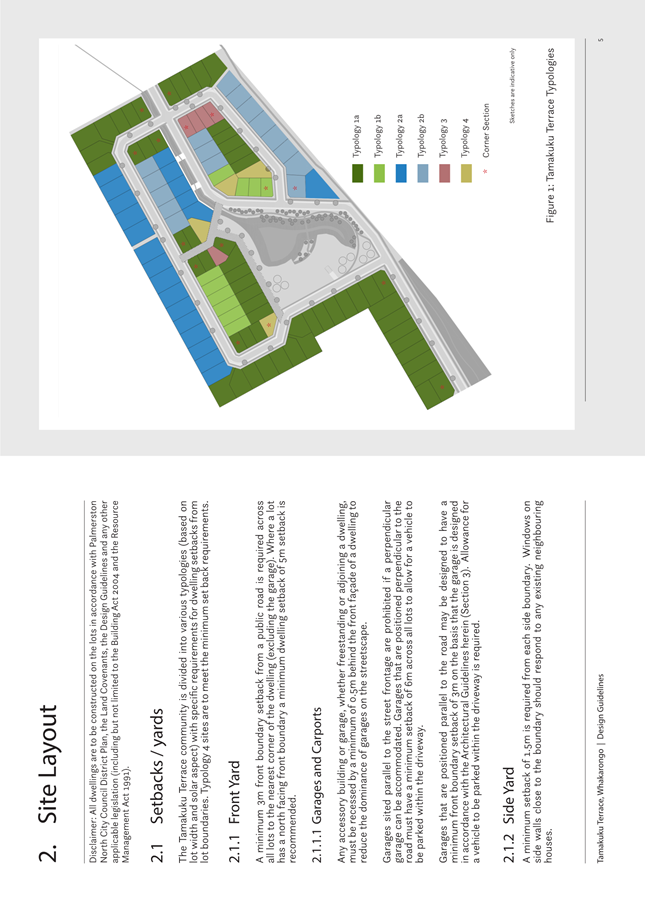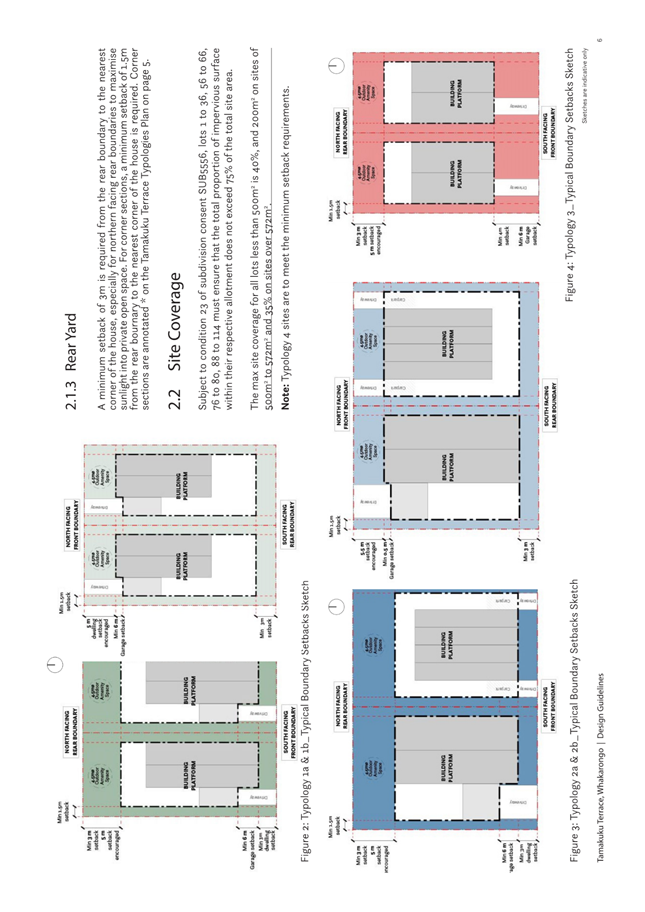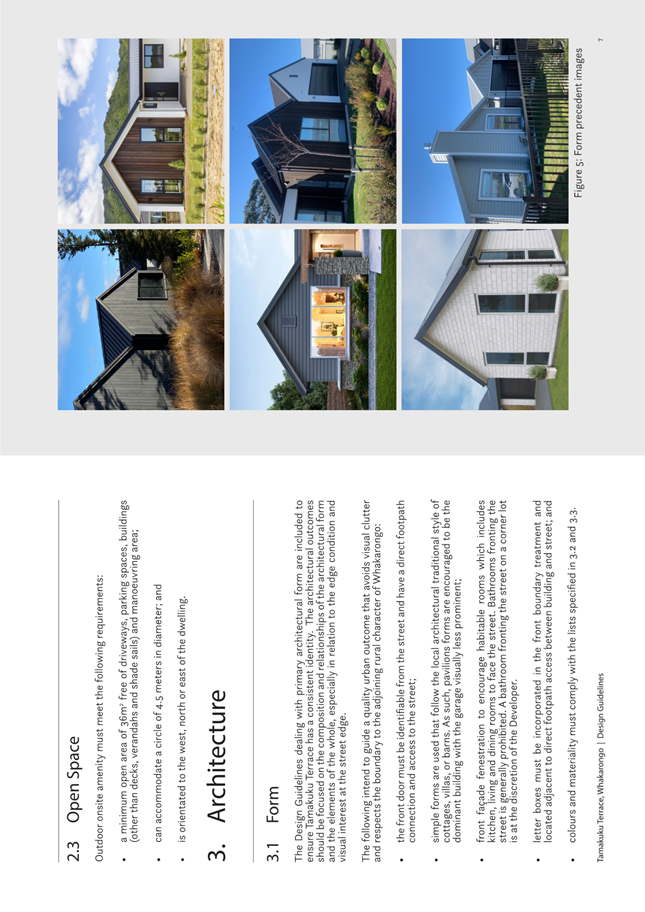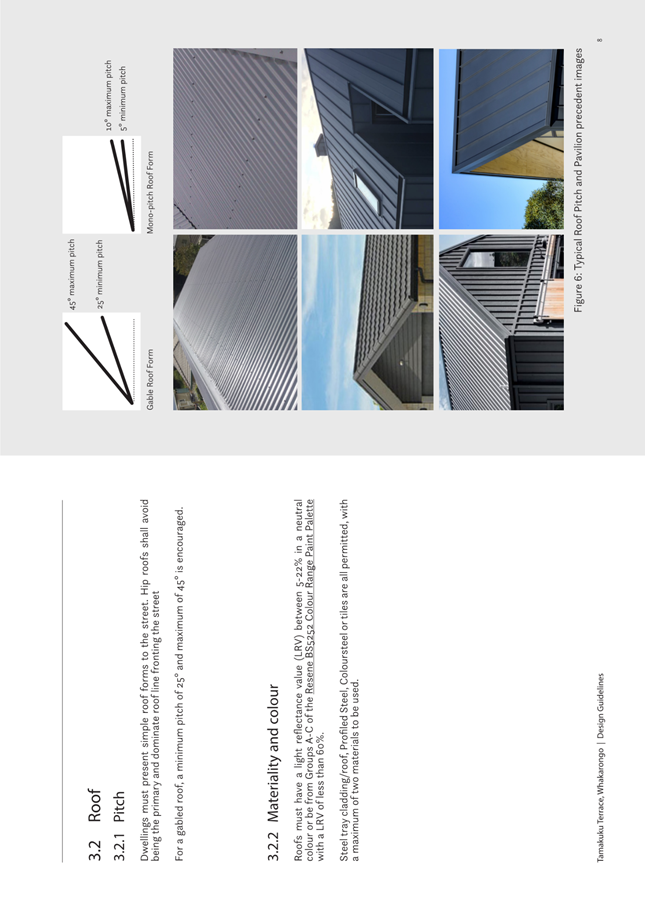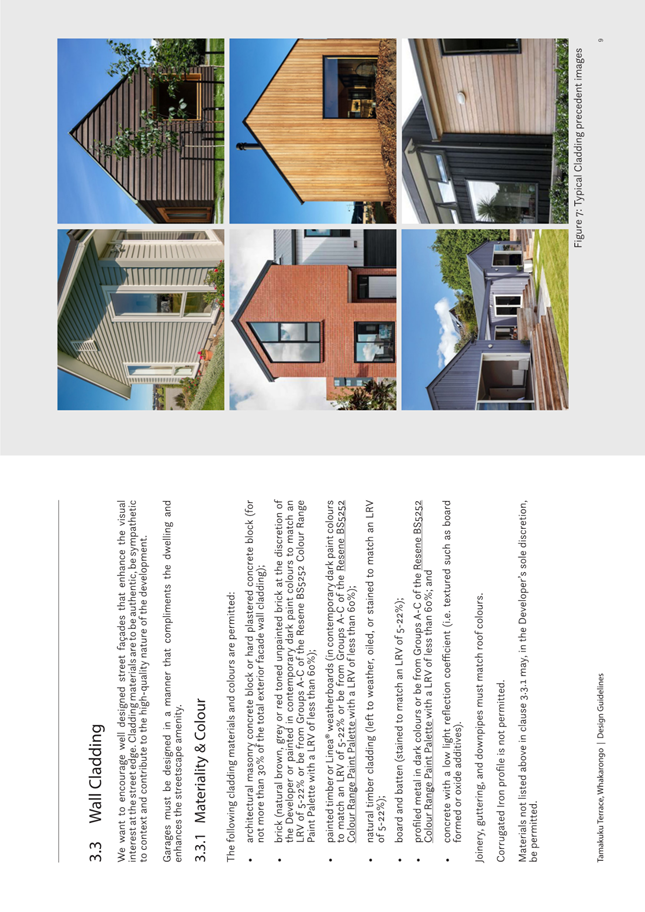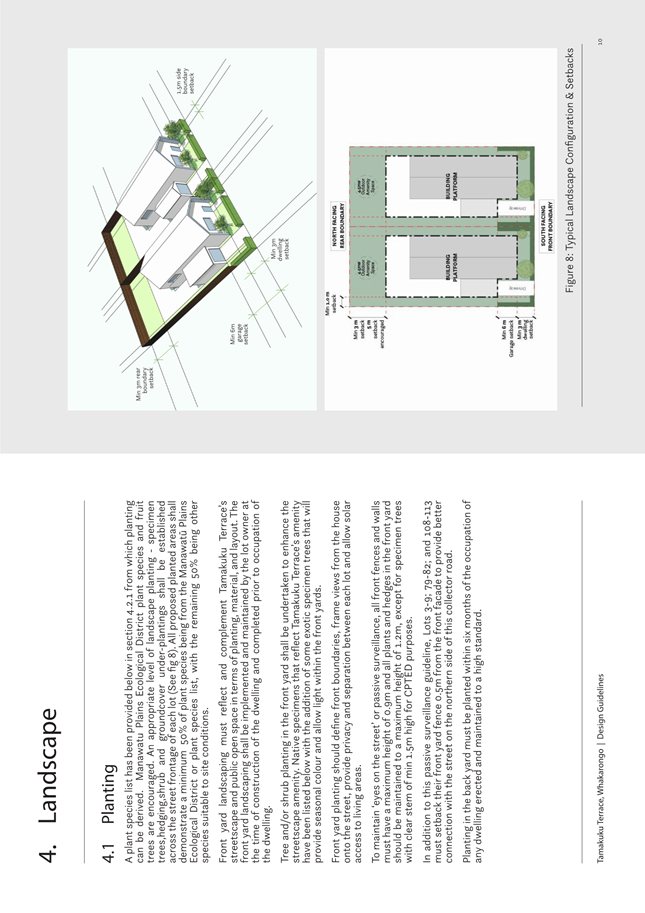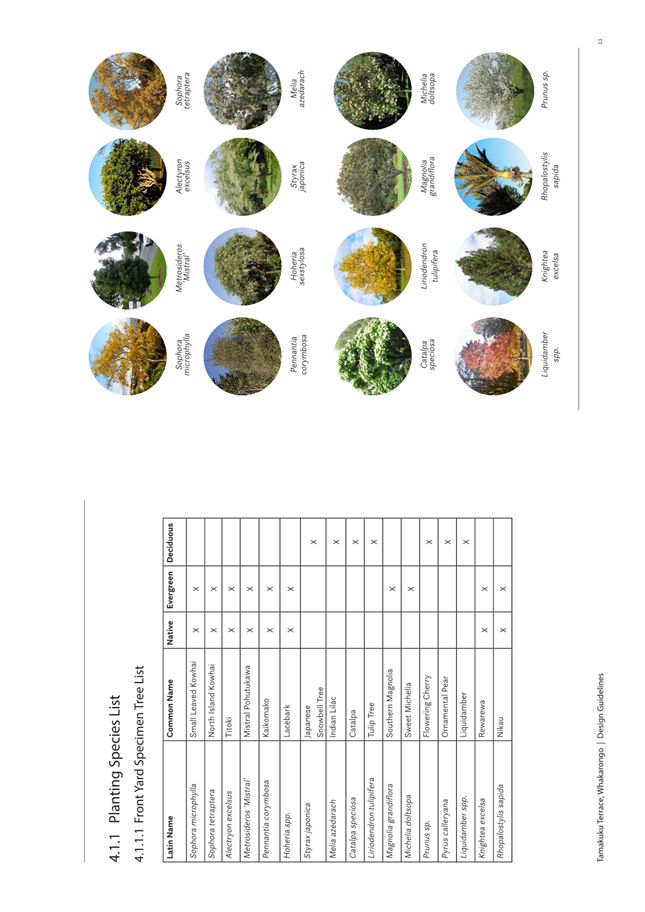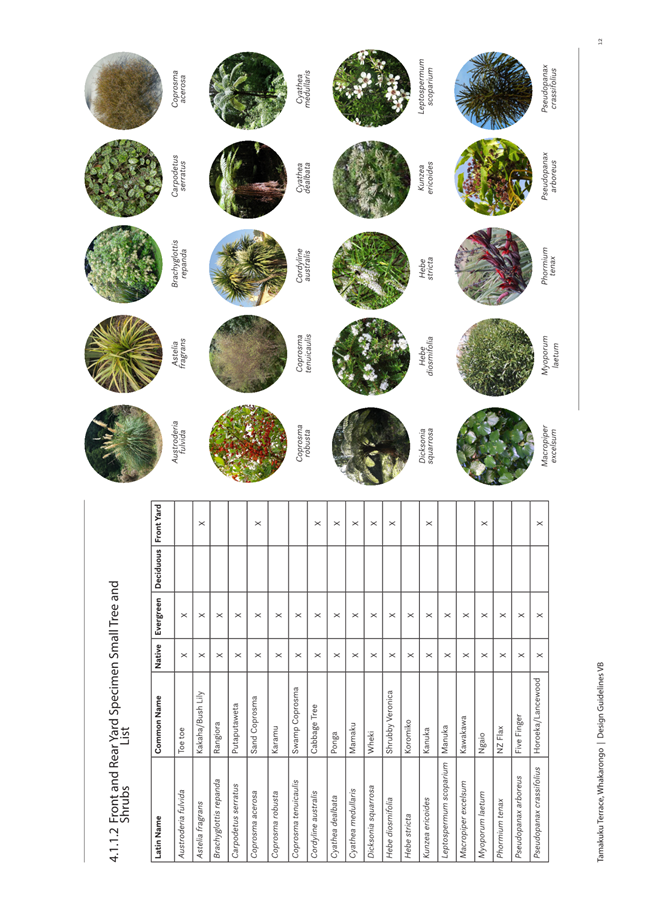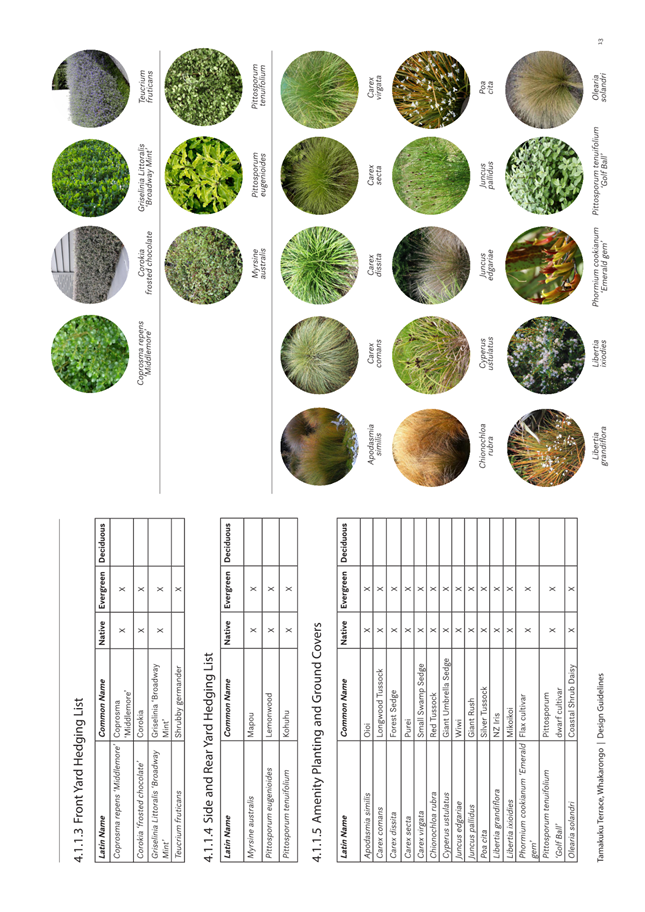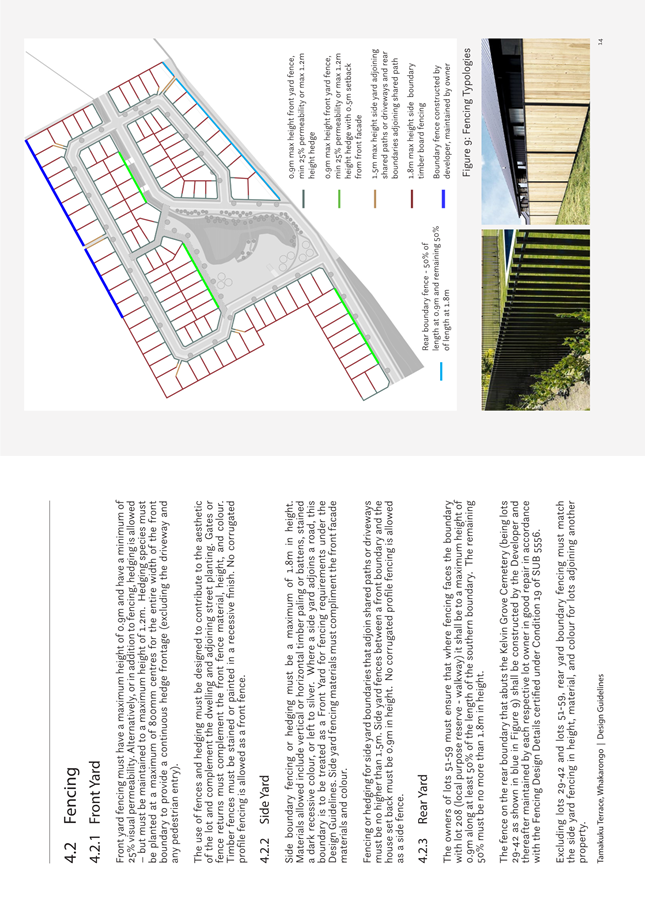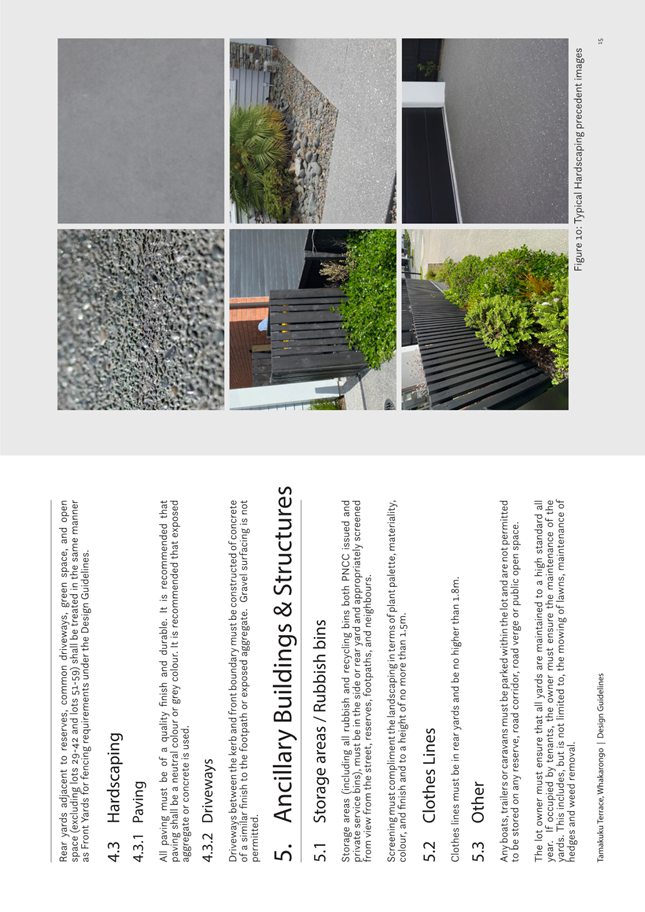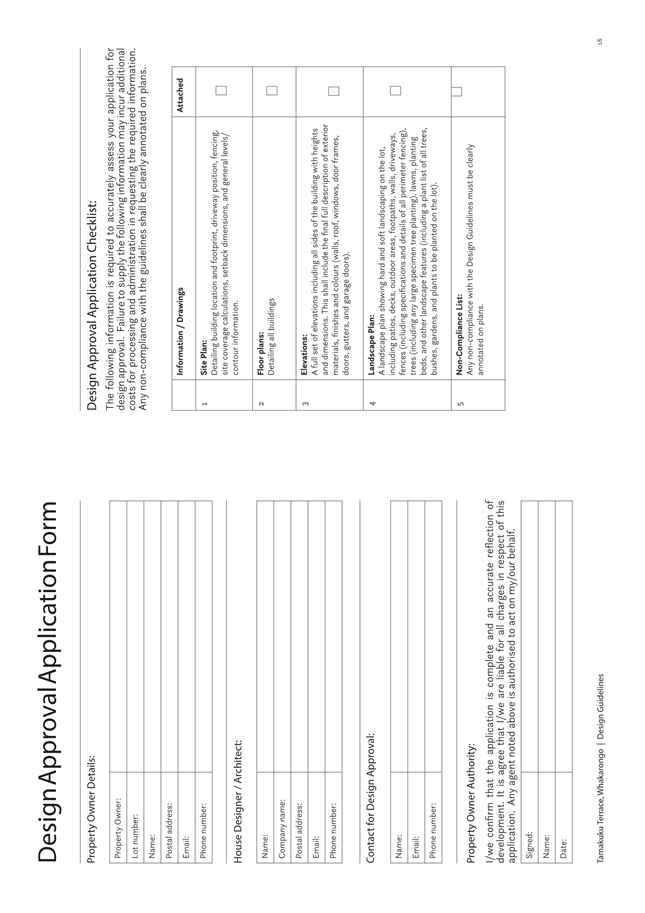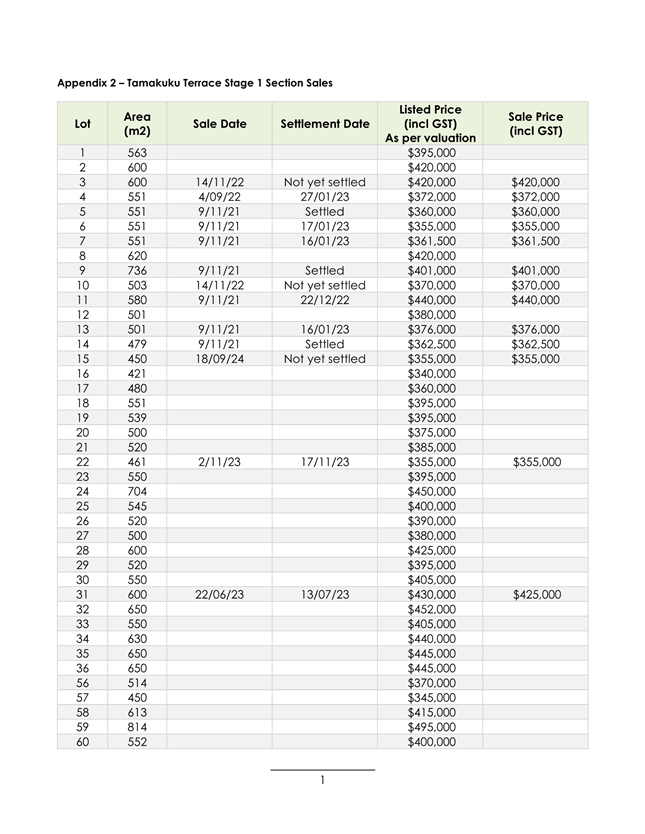Economic Growth Committee
|
Leonie
Hapeta (Chair)
|
|
William
Wood (Deputy Chair)
|
|
Grant
Smith (The Mayor)
|
|
Mark
Arnott
|
Lorna
Johnson
|
|
Brent
Barrett
|
Debi
Marshall-Lobb
|
|
Rachel
Bowen
|
Billy
Meehan
|
|
Vaughan
Dennison
|
Orphée
Mickalad
|
|
Roly
Fitzgerald
|
|
Economic Growth Committee
MEETING
20 November 2024
Order of Business
1. Karakia Timatanga
2. Apologies
3. Notification
of Additional Items
Pursuant to
Sections 46A(7) and 46A(7A) of the Local Government Official Information and
Meetings Act 1987, to receive the Chairperson’s explanation that
specified item(s), which do not appear on the Agenda of this meeting and/or the
meeting to be held with the public excluded, will be discussed.
Any
additions in accordance with Section 46A(7) must be approved by resolution with
an explanation as to why they cannot be delayed until a future meeting.
Any
additions in accordance with Section 46A(7A) may be received or referred to a
subsequent meeting for further discussion. No resolution, decision or
recommendation can be made in respect of a minor item.
4. Declarations
of Interest (if any)
Members are
reminded of their duty to give a general notice of any interest of items to be
considered on this agenda and the need to declare these interests.
5. Public
Comment
To receive
comments from members of the public on matters specified on this Agenda or, if
time permits, on other Committee matters.
6. Petition
- Streets Ahead Palmerston North Page 7
7. Presentation
- The Factory Page 9
8. Confirmation
of Minutes Page 11
That the minutes of the Economic Growth Committee meeting
of 18 September 2024 Part I Public be confirmed as a true and correct record.
rePORTS
9. International
Trip to China, April 2024 Page 17
Memorandum, presented by Councillor Debi Marshall-Lobb.
10. International
Relations and Education - 6 Monthly Report Page 33
Memorandum, presented by Gabrielle Loga, Manager
International Relations.
11. Palmerston North
Quarterly Economic Update - September 2024 Page 91
Memorandum, presented by Stacey Andrews, City
Economist.
12. Road Maintenance
Contract - 6 Monthly Update Page 117
Memorandum, presented by Glen O'Connor, Manager -
Transport and Development.
13. Street Light Infill Page 123
Memorandum, presented by Glen O'Connor, Group Manager -
Transport and Development.
14. Palmerston North
Airport Limited - Annual report for 12 months ended 30 June 2024 &
Instructions relating to Annual Meeting Page 127
Memorandum, presented by Steve Paterson, Manager -
Financial Strategy.
15. Palmerston North
Airport Ltd - Statement of Expectations 2025/26-2027/28 Page 195
Memorandum, presented by Steve Paterson, Manager -
Financial Strategy.
16. Central Economic
Development Agency (CEDA) Annual Report 2023-24 Page
203
Memorandum, presented by David Murphy, General Manager
Strategic Planning.
17. Featherston Street
Safety Improvements Project Update Page 275
Memorandum, presented by Glen O'Connor, Manager
Transport and Development and Michael Bridge, Service Manager Active Transport.
18. Draft Parking
Framework - Approval for Public Consultation Page 353
Report, presented by James Miguel, Senior Transport
Planner.
19. Annual Summary of
Economic Impact and Benefits of Council Supported Events Page 383
Memorandum, presented by Luke McIndoe, Head of Events.
20. Tamakuku Terrace
Six Monthly Update Page 391
Memorandum, presented by Bill Carswell, Acting Manager
- Property, and Anna Saunders, Capital Projects Officer.
21. Committee Work
Schedule - November 2024 Page 421
22. Karakia
Whakamutunga
23. Exclusion
of Public
|
|
To be
moved:
“That the public be excluded from the
following parts of the proceedings of this meeting listed in the table below.
The general subject of each matter to be considered
while the public is excluded, the reason for passing this resolution in
relation to each matter, and the specific grounds under Section 48(1) of the
Local Government Official Information and Meetings Act 1987 for the passing
of this resolution are as follows:
|
General subject of each matter to be
considered
|
Reason for passing this resolution in
relation to each matter
|
Ground(s) under Section 48(1) for
passing this resolution
|
|
24.
|
Confirmation of the minutes of the Economic Growth
Committee meeting of 18 September 2024 Part II Confidential
|
For
the reasons set out in the Economic Growth Committee of 18 September 2024,
held in public present.
|
|
|
|
|
This resolution is made in reliance on
Section 48(1)(a) of the Local Government Official Information and Meetings
Act 1987 and the particular interest or interests protected by Section 6 or
Section 7 of that Act which would be prejudiced by the holding of the whole
or the relevant part of the proceedings of the meeting in public as stated in
the above table.
|
Presentation
TO: Economic
Growth Committee
MEETING DATE: 20
November 2024
TITLE: Petition
- Streets Ahead Palmerston North
RECOMMENDATION
TO Economic Growth Committee
1. That the
Economic Growth Committee receive the petition for information.
James Irwin, on behalf of Streets Ahead Palmerston North, to
speak to Council in support of the completion of Featherston Street upgrades.
330 signatories.
121 signatories from Palmerston North and the wider
Manawatū.
PETITION TO THE ECONOMIC GROWTH COMMITTEE RE THE
COMPLETION OF FEATHERSTON STREET UPGRADES.
Streets Ahead Palmerston North is presenting a petition to
Palmerston North City Council at 9am on Wed 20th November, in support of the
completion of Featherston Street upgrades.
The changes implemented so far on Featherston street have
provided a greater feeling of safety for those residents who move about on
foot, cycle and by public bus. At the same time we’re seeing a change in
motor vehicle driver behaviour, such that following these changes this section
of the street feels safer on foot and on bicycle, and drivers of motor vehicles
are travelling slower and less aggressively. We need to keep in mind that
Featherston Street has been the most dangerous for all street users over the
last decade with 442 accidents and two fatalities. Our opinion is that
the design changes made will see a complete reversal of these staggering
statistics over the coming decade.
Palmerston North City Council has done a large amount of
work to include residents in the decision-making process for this change.
During this process there has been vocal opposition to the change from business
owners and residents on Featherston Street, and in the community at large. We
have raised this petition to demonstrate to council that there is support in
our community for these changes. Additionally, we also share in Palmerston
North City Council 's vision of a vibrant, creative and exciting city, and
consider that designing our streets to prioritise walking, scootering, and
cycling are a significant part of this vision.
The completed upgrade on Featherston street is part of
Palmerston North City Council’s original plan to upgrade the street from
Botanical Road to Vogel Street. In isolation, it provides a street that is safe
and pleasant for walking and cycling. However, it soon gives way to 'old
Featherston Street', a street that was designed to prioritise motor vehicle
transport. Pedestrians wait at intersections and roundabouts, with no
prioritised or safe crossing of the road, and cyclists must travel on a road
where there is no safe space for them to ride between parked cars and motor
vehicles travelling at speed. To enjoy the changes made so far, vulnerable road
users often must also use 'old Featherston Street' to get to the upgraded
section. This petition asks council to complete the upgrade of
Featherston Street, from Botanical Road to Vogel Street, as part of the changes
we need to move towards a vibrant, creative and exciting city.
Attachments
Nil
Presentation
TO: Economic
Growth Committee
MEETING DATE: 20
November 2024
TITLE: Presentation
- The Factory
RECOMMENDATION TO Economic Growth Committee
1. That the
Economic Growth Committee receive the presentation for information.
Nick Gain, General Manager, of The Factory will present an
update on The Factory activities to the Committee.
Attachments
NIL
Palmerston North City Council
Minutes of
the Economic Growth Committee Meeting Part I Public, held in the Council
Chamber, First Floor, Civic Administration Building, 32 The Square, Palmerston
North on 18 September 2024, commencing at 9.00am
|
Members
Present:
|
Councillor Leonie Hapeta (in the Chair),
The Mayor (Grant Smith) and Councillors William Wood, Mark Arnott, Brent
Barrett, Rachel Bowen, Vaughan Dennison, Roly Fitzgerald, Lorna Johnson, Debi
Marshall-Lobb, Billy Meehan and Orphée Mickalad.
|
|
Non Members:
|
Councillors Lew Findlay, Councillor
Patrick Handcock and Councillor Kaydee Zabelin.
|
Councillor Lorna Johnson left the meeting at 12.35pm during
consideration of clause 52-24. She was not present for
clauses 52-24 and 53-24.
|
|
Karakia Timatanga
|
|
|
Councillor Kaydee Zabelin
opened the meeting with karakia.
|
|
47-24
|
Public Comment
Peter French recommended a design option to improve the
layout of the Vogel/Hayden/Featherston Street intersection.
Harvey Jones, Phil Stevens and Arthur Yeo made public
comment in support of the Notice of Motion to keep Te Ahu a Turanga highway
toll-free.
|
|
|
Moved
Leonie Hapeta, seconded William Wood.
The COMMITTEE RESOLVED
1. That the Economic Growth Committee receive the public
comments.
|
|
|
Clause 47-24 above was
carried 15 votes to 0, the voting being as follows:
For:
The Mayor (Grant Smith) and
Councillors Leonie Hapeta, William Wood, Mark Arnott, Brent Barrett, Rachel
Bowen, Vaughan Dennison, Roly Fitzgerald, Lorna Johnson, Debi Marshall-Lobb,
Billy Meehan, Orphée Mickalad, Lew Findlay, Patrick Handcock and Kaydee
Zabelin.
|
|
48-24
|
Presentation - Manawatū Chamber of Commerce
Amanda Linsley, Chief Executive, and Steve Davey, Chair,
Manawatū Chamber of Commerce, presented to the Committee.
They spoke on changes to the rating system, consultation
on the Te Ahu a Turanga proposed toll, local business confidence, and
business awards.
|
|
|
Moved
Leonie Hapeta, seconded William Wood.
The COMMITTEE RESOLVED
1. That the Economic Growth Committee
receive the presentation for information.
|
|
|
Clause 48-24 above was
carried 14 votes to 1, the voting being as follows:
For:
The Mayor (Grant Smith) and
Councillors Leonie Hapeta, William Wood, Mark Arnott, Brent Barrett, Rachel
Bowen, Vaughan Dennison, Roly Fitzgerald, Debi Marshall-Lobb, Billy Meehan,
Orphée Mickalad, Lew Findlay, Patrick Handcock and Kaydee Zabelin.
Against:
Councillor Lorna Johnson.
|
|
49-24
|
Presentation - Palmy BID
Rob Campbell, Chairperson, and Matthew Jeanes, General
Manager, of Palmy BID presented to the Committee.
They summarised the activities, programmes and projects
they developed during the year, along with future challenges.
They spoke on business confidence, retail crime and
homelessness and how they are working alongside the community to provide more
tools and information to be able to deal with these.
|
|
|
Moved
Leonie Hapeta, seconded William Wood.
The COMMITTEE RESOLVED
1. That the Economic Growth Committee
receive the presentation for information.
|
|
|
Clause 49-24 above was
carried 14 votes to 0, the voting being as follows:
For:
The Mayor (Grant Smith) and
Councillors Leonie Hapeta, William Wood, Mark Arnott, Brent Barrett, Rachel
Bowen, Roly Fitzgerald, Lorna Johnson, Debi Marshall-Lobb, Billy Meehan,
Orphée Mickalad, Lew Findlay, Patrick Handcock and Kaydee Zabelin.
Note:
Councillor Vaughan Dennison
did not vote.
|
|
50-24
|
Confirmation of Minutes
|
|
|
Moved
Leonie Hapeta, seconded William Wood.
The COMMITTEE RESOLVED
1. That
the minutes of the Economic Growth Committee meeting of 19 June 2024
Part I Public be confirmed as a true and correct record.
|
|
|
Clause 51-24 above was
carried 13 votes to 0, with 1 abstention, the voting being as follows:
For:
The Mayor (Grant Smith) and
Councillors Leonie Hapeta, William Wood, Mark Arnott, Brent Barrett, Rachel
Bowen, Vaughan Dennison, Roly Fitzgerald, Lorna Johnson, Billy Meehan,
Orphée Mickalad, Patrick Handcock and Kaydee Zabelin.
Abstained:
Councillor Debi
Marshall-Lobb.
Note:
Councillor Lew Findlay did
not vote.
|
The meeting adjourned at
10.30am.
The meeting resumed at
10.51am.
|
51-24
|
Notice of Motion -
Tolling Proposal for Te Ahu a Turanga
Councillor Brent
Barrett presented the notice of motion.
David Murphy, General Manager Strategic Planning and James
Miguel, Senior Transport Planner presented the officers’ advice.
The Mayor moved an additional motion to include in the
submission – that Council does support tolling future roads when the
affected community has prior knowledge (of a toll) before the project
commences.
|
|
|
Moved
Brent Barrett, seconded Lorna Johnson.
The COMMITTEE RECOMMENDS
1. That
Council lodge a submission calling for Te Ahu a Turanga to be kept free of
road tolling.
|
|
|
Clause 51.1-24 above was carried 11 votes to 4, the voting being as
follows:
For:
The Mayor (Grant Smith) and Councillors Brent Barrett, Rachel Bowen,
Vaughan Dennison, Roly Fitzgerald, Lorna Johnson, Debi Marshall-Lobb, Billy
Meehan, Lew Findlay, Patrick Handcock and Kaydee Zabelin.
Against:
Councillors Leonie Hapeta, William Wood, Mark Arnott and
Orphée Mickalad.
|
|
|
Moved
Grant Smith, seconded Leonie Hapeta.
The COMMITTEE RECOMMENDS
2. That in
principle, Palmerston North City Council support the option of tolls on
future new roading/highway projects where that is signalled in advance of the
project.
|
|
|
Clause 51.2-24 above was carried 15 votes to 0, the voting being as
follows:
For:
The Mayor (Grant Smith) and Councillors Leonie Hapeta, William Wood,
Mark Arnott, Brent Barrett, Rachel Bowen, Vaughan Dennison, Roly Fitzgerald,
Lorna Johnson, Debi Marshall-Lobb, Billy Meehan, Orphée Mickalad, Lew
Findlay, Patrick Handcock and Kaydee Zabelin.
|
|
|
Moved
William Wood, seconded Vaughan Dennison.
The COMMITTEE RESOLVED
3. That
the Committee receive the officers’ advice attached to the Notice of
Motion - Tolling Proposal for Te Ahu a Turanga.
|
|
|
Clause 51.3-24 above was
carried 15 votes to 0, the voting being as follows:
For:
The Mayor (Grant Smith) and
Councillors Leonie Hapeta, William Wood, Mark Arnott, Brent Barrett, Rachel
Bowen, Vaughan Dennison, Roly Fitzgerald, Lorna Johnson, Debi Marshall-Lobb,
Billy Meehan, Orphée Mickalad, Lew Findlay, Patrick Handcock and Kaydee
Zabelin.
|
The
Chair deferred the following reports to the next Economic Growth meeting on 20
November 2024:
· International Relations and Education
– 6 Monthly Report
· International Trip to China, April
2024
· Palmerston North Quarterly Economic
Update – September 2024
· Road Maintenance Contract – 6
Monthly update
|
52-24
|
Committee Work Schedule -
September 2024
|
|
|
Moved
Leonie Hapeta, seconded William Wood.
The COMMITTEE RESOLVED
1. That the
Economic Growth Committee receive its Work Schedule dated September 2024.
|
|
|
Clause 52-24 above was
carried 13 votes to 0, the voting being as follows:
For:
The Mayor (Grant Smith) and
Councillors Leonie Hapeta, William Wood, Mark Arnott, Brent Barrett, Rachel
Bowen, Vaughan Dennison, Roly Fitzgerald, Debi Marshall-Lobb, Orphée
Mickalad, Lew Findlay, Patrick Handcock and Kaydee Zabelin.
Note:
Councillors
Lorna Johnson and Billy Meehan did not vote
|
Exclusion
of Public
|
53-24
|
Recommendation to Exclude Public
|
|
|
Moved
William Wood, seconded Leonie Hapeta.
The COMMITTEE RESOLVED
That the public
be excluded from the following parts of the proceedings of this meeting
listed in the table below.
The general
subject of each matter to be considered while the public is excluded, the
reason for passing this resolution in relation to each matter, and the
specific grounds under Section 48(1) of the Local Government Official
Information and Meetings Act 1987 for the passing of this resolution are as
follows:
|
General
subject of each matter to be considered
|
Reason
for passing this resolution in relation to each matter
|
Ground(s)
under Section 48(1) for passing this resolution
|
|
17.
|
Tamakuku Terrace design guidelines review
|
Maintain legal privilege: and commercial
activities:
|
s7(2)(g) and s7(2)(h)
|
|
|
|
|
This resolution is made in reliance on Section 48(1)(a) of the
Local Government Official Information and Meetings Act 1987 and the
particular interest or interests protected by Section 6 or Section 7 of that
Act which would be prejudiced by the holding of the whole or the relevant part
of the proceedings of the meeting in public as stated in the above table.
Also that Stephen Cornwall, Veros, be permitted to remain after the public has been excluded for the
reason stated, for his knowledge and ability to assist the meeting in
speaking to, and answering questions for Item 17 Tamakuku Terrace design
guidelines review, noting that he will be present at the meeting only for that
report.
|
|
|
Clause 53-24 above was
carried 13 votes to 0, the voting being as follows:
For:
The Mayor (Grant Smith) and
Councillors Leonie Hapeta, William Wood, Mark Arnott, Rachel Bowen, Vaughan
Dennison, Roly Fitzgerald, Debi Marshall-Lobb, Billy Meehan, Orphée
Mickalad, Lew Findlay, Patrick Handcock and Kaydee Zabelin.
Note:
Councillors Brent Barrett
and Lorna Johnson did not vote.
|
The Chair (Leonie
Hapeta) vacated the Chair, and announced the Deputy Chair (William Wood ) would
chair the confidential part of the meeting.
The public part
of the meeting finished at 12.37pm.
Confirmed 20 November 2024
Chair
Memorandum
TO: Economic
Growth Committee
MEETING DATE: 18
September 2024
TITLE: International
Trip to China, April 2024
Presented
By: Councillor
Debi Marshall-Lobb
APPROVED BY: Waid
Crockett, Chief Executive Officer
RECOMMENDATION TO Economic Growth Committee
1. That the
Committee receive the memorandum titled ‘International visit to China,
April 2024’ presented on 18 September 2024.
This Report was deferred
from the Committee meeting on 18 September 2024
1. ISSUE
1.1 On
6 March 2024, Council approved the Deputy Mayor to travel to China from 11 - 25
April 2024 to join the World Class Education delegation to Hefei, China and to
cover up to $400 travel costs associated with this trip.
1.2 This
memorandum reports back on outcomes of that visit.
Mā te kimi ka kite, mā te kite ka mōhio, mā te mōhio ka mārama
Seek and discover; discover and know; know and become enlightened
2. background
2.1 The
Director of World Class Education invited me to accompany their Education
Delegation to China in order to give prominence to the City’s support of
our schools and wider community. I was chosen because of my educational background
(Retired Primary and Secondary School Principal, former ministerial appointee
of the New Zealand Teachers’ Council and current Secondary School
educator) as well as being Deputy Mayor.
2.2 The
trip resulted in several Memoranda of Understanding (MoUs) between the
participating Palmerston North schools and the partner schools. These
agreements outline plans for student exchange programmes, aiming to enhance
educational outcomes for both parties.
2.3 The
trip was funded collectively by Awatapu College, Palmerston North Boys’ High
School, Palmerston North Girls’ High
School, Queen Elizabeth College, Whakarongo Primary School and World Class
Education.
2.4 As stated on Palmerston North City Council’s
(Council) website:
“Palmy is a growing hub of international
activity and networks. We are home to world-class education and research
institutes, international firms and businesses in trade. We welcome students
from all over the world …Palmerston North City Council has an important
role in helping our city become more internationally connected, competitive,
and vibrant.”
2.5 Hence,
this position corresponds with the objectives of the trip and also the
Council’s goal to be an innovative and growing city: a
globally connected city that fosters opportunities for local people, businesses
and organisations.
3. trip report
Purpose of
the Trip:
• To establish and consolidate
strategic cooperative partnerships with schools in Changchun City, Wuxi City,
Jiaxing City, and Hefei City.
• To foster friendly and sister
inter-school relations between primary and secondary schools.
• To promote study trips,
winter and summer camp activities for Chinese and New Zealand students.
• To encourage educational
exchanges and visits, including teacher and school student exchange programmes,
and to organise high-level forums on educational topics.
Palmerston
North Participants and Schools:
• Mary Cherian, International
Director - Awatapu College
• Minnie Young-Wilson,
International Director - Palmerston North Boys’
High School
• Lina Hong, Director - International,
Palmerston North Girls’ High School
• Sarah Lassen, Deputy
Principal - Queen Elizabeth College
• Jaco Broodryk, Principal -
Whakarongo Primary School
• Shirley Urquhart,
Administration Manager - World Class Education
• Wendy Jochem, Director - World
Class Education
Other
Participants and Schools:
• Antoinette Walters,
International Director - Waiuku College
• Stuart Kelly, Principal -
Waiuku College
• Robert Gilbert, Principal -
Papanui High School, Christchurch
• Jo Hunnikin, Principal -
Waimate High School
Itinerary, Feedback
and Photos
3.1 Attached
is the travel itinerary (Attachment 1), feedback from school representative
(Attachment 2) and photos (Attachment 3).
4. KEY FINDINGS
4.1 Cultural
Exchange and Mutual Learning:
4.2 Both the local schools and partner schools gained valuable insights
into each other’s
educational systems and cultural contexts. This exchange fostered mutual
respect and understanding, paving the way for future collaborations.
Benefits of
Educational Delegation Trips:
4.3 Educational delegation trips offer multifaceted benefits, including
improved teaching practices, the fostering of international partnerships, and
enhanced student learning outcomes and experiences.
Insights:
4.4 World
Class Education Limited have a well-established network and relationships with
schools in China and provided a well-planned trip with multiple opportunities
to meet school officials, parents and students.
4.5 Our
school representatives were all experienced, diligent and professional
educators who superbly promoted their schools and community; they also
supported each other in a manner that was cooperative and collaborative.
4.6 The
schools we visited were welcoming and genuinely interested in Palmerston North
schools and our city.
5. RECOMMENDATIONS
Promoting Local
Schools to Overseas Schools and their Students:
5.1 Promoting local schools to overseas schools and their students can strategically enhance educational opportunities,
cultural diversity, and boost the local economy.
Suggest Palmerston
North City Council considers:
1. Continuing to support and promote our local schools to
cities with which they/we have formal relationships.
2. Look to develop
a dedicated International section with a
Education sub-set on our council’s website with information about our schools,
highlighting their strengths and successes.
3. Where possible consider sending representatives to accompany local educational
delegations to showcase the schools and interact directly with potential
schools, students, families, civic leaders, and related organisations.
4. Collaborate on joint projects or initiatives
that can raise the profile of our city and local schools internationally.
5. Take opportunities domestically within the City/region to welcome
and host visiting schools,
educators, and associated guests.
6. ACKNOWLEDGMENTS
6.1 I
would like to thank the following people and schools:
• Wendy Jochem, Director of World Class
Education for the Invitation to accompany the Delegation and for the
opportunity to have such a positive experience to promote our city and schools.
• Mary Cherian of Awatapu College.
• Minnie Young-Wilson of Palmerston North
Boys’ High School.
• Lina Hong, Palmerston North Girls’
High School.
• Sarah Lassen of Queen Elizabeth College.
• Jaco Broodryk of Whakarongo Primary
School.
• and Shirley Urquhart, of World Class
Education.
• Stuart Kelly and Antoinette Walters of
Waiuku College; Robert Gilbert of Papanui High School, and Jo Hunnikin of
Waimate High School.
• David Bovey, Rector-Palmerston North
Boys’ High School.
• Tracey Walker, Principal-Palmerston
North Girls’ High School.
• Gary Yeatman, Principal-Awatapu College.
• Chris Moller, Principal-Queen Elizabeth
College.
• Jaco Broodryk, Principal-Whakarongo
Primary School.
• Mayor Grant Smith, Elected Members of
Council, Council Staff- especially Margaret Hunt, Kunal Chonkar and Sheila
Monaghan.
7. NEXT STEPS
7.1 The
on-going partnership between Palmerston North and China should continue to
support the initiatives that further develop our relationship.
7.2 No
further actions are required from this visit.
8. Compliance
and administration
|
Does the Committee have
delegated authority to decide?
|
Yes
|
|
Are the decisions significant?
|
No
|
|
If they are significant do they
affect land or a body of water?
|
No
|
|
Can this decision only be made
through a 10 Year Plan?
|
No
|
|
Does this decision require
consultation through the Special Consultative procedure?
|
No
|
|
Is there funding in the current
Annual Plan for these objectives?
|
No
|
|
Are the recommendations
inconsistent with any of Council’s policies or plans?
|
No
|
|
The recommendations contribute
to:
Whāinga 1: He tāone
auaha, he tāone tiputipu
Goal 1: An innovative and
growing city
|
|
The
recommendations contribute to the achievement of objective/objectives
in:
14.
Mahere mana urungi, kirirarautanga hihiri
14. Governance and Active
Citizenship Plan
Facilitate international economic and educational
partnerships for the city.
|
|
Contribution to strategic
direction and to social, economic, environmental and cultural well-being
|
The delegation visit helped to
promote the city’s positive international reputation, demonstrated
Palmerston North’s commitment to international collaboration and friendship,
exchanged best practices and explored opportunities to enhance economic,
educational, cultural and community cooperation.
|
|
|
|
Attachments
|
1.
|
Delegation
Trip to China - Itinerary ⇩ 
|
|
|
2.
|
Delegation
Trip to China - School Feedback ⇩ 
|
|
|
3.
|
Delegation
Trip to China - Photos ⇩ 
|
|


Memorandum
TO: Economic
Growth Committee
MEETING DATE: 20
November 2024
TITLE: International
Relations and Education - 6 Monthly Report
Presented
By: Gabrielle
Loga, Manager International Relations
APPROVED BY: David
Murphy, General Manager Strategic Planning
RECOMMENDATION TO Economic Growth Committee
1. That the
Committee receive the report titled ‘International Relations and
Education – 6 Monthly Report’ presented on 18 September 2024.
This Report was deferred
from the Committee meeting on 18 September 2024
1. ISSUE
1.1 The
purpose of this memorandum is to update the Economic Growth Committee on the
key international relations and education activities over the past six months
and their contribution to the relevant goal, strategy and plan.
2. BACKGROUND
2.1 This
report outlines the key international relations and education activities since
April 2024 and provides an updated activity schedule from the International
Relations and Education Annual Plan 2024-2025.
3. International
city partnership updates
Mihara, Japan (2019 – 2024)
3.1 In
commemoration of the 5th anniversary of the sister city
relationship, Palmerston North city and Mihara city signed a Memorandum
of Understanding with the Hiroshima Global Academy, providing an opportunity
for Palmerston North high school students to study an International
Baccalaureate (IB) programme at Hiroshima Global Academy at no tuition cost for
2-3 years. Mihara will assign an adopted local family to look after the
selected student as their own, providing an authentic Japanese cultural
experience and extra family support in Hiroshima during the study.
3.2 Officers
have worked with Hiroshima Global Academy on a campaign to promote the
programme to Palmerston North local high schools. Two international webinars
were organised for interested students, parents, and teachers on 7 June and 5
July 2024 in Palmerston North to learn about Hiroshima Global Academy, the IB
programme offered as well as the application process.

Figure 1- Mayor of Palmerston North,
Mayor of Mihara, and Principal of Hiroshima Global Academy signed the MOU in
January 2024
3.3 Two
teachers from Hiroshima Global Academy travelled to Palmerston North in person
from 19 – 23 August 2024. They visited Palmerston North Boys’ High
School, Awatapu College, Freyberg High School, and Palmerston North
Girls’ High School to present directly to the students about the
programme. They also took the opportunity to visit Massey University, UCOL, IPU
New Zealand, and the English Teaching College (ETC)while they were here.
3.4 There
is potentially an opportunity to set up an annual study program from Hiroshima
Global Academy to Palmerston North schools in the future, if capacity allows.
Kunshan, China (1994 – 2024)
3.5 In
line with the celebration of 30 years of friendship between Palmerston North
and Kunshan, Kunshan Municipal People’s Government sent a delegation to
Palmerston North from 17 June to 19 June 2024 to attend E Tipu Boma Agri Summit
and explore business opportunities with the city. The delegation was led by Mr
Feng Renxin, Chairman of the Standing Committee of Kunshan Municipal People’s
Congress.
3.6 Mayor
Grant Smith and a small delegation went to Kunshan in January 2024 to progress
discussions regarding cooperation in the AgriTech and food science sectors
between FoodHQ, Palmerston North and the East China Agricultural Science and Technology
Centre, Kunshan – Suzhou.
3.7 On
17 June 2024, with the presence of the Kunshan delegation, Palmerston North
City Council held a formal signing ceremony where the two cities’ leading
research and development centres agreed to work together on food innovation and
technology. A copy of the memorandum of understanding is included as attachment
one.
3.8 The
Memorandum of Understanding between FoodHQ in Palmerston North and the East
China Agricultural Science and Technology Centre in Kunshan (as attached in
Attachment 1) will open doors for bilateral cooperation in modern agriculture,
smart farming, and talent cultivation for companies, entrepreneurs, and
research institutes in both countries.

Figure 2- MOU Signing Ceremony between
FoodHQ and ECS-CAAS witnessed by PNCC and Kunshan delegation 2024
3.9 In
addition to attending the E Tipu Boma Agri Summit, the Kunshan delegation
visited Massey University, New Zealand Plant and Food Research, The Factory and
Goodman Fielder factory in Longburn. These visits provided the delegation with
insights into Palmerston North’s advanced achievements and offers in
education, research, innovation and agricultural technology.
3.10 Upon
return, Mr Feng Renxin sent a thank you letter to Palmerston North, signalling further
collaborative opportunities in trade and agribusiness. A copy of the letter is
included as attachment two.
3.11 The
Kunshan delegation visit to Palmerston North and the formal signing ceremony in
June 2024 was well reported by The NZ Herald, Manawatū Standard, and
Chinese media, boosting the publicity and profile of both cities.
3.12 Conversations
about subsequent visits from Kunshan – Suzhou to Palmerston North
later in 2024 are happening as a direct result of the signed Memorandum of
Understanding between FoodHQ and the East China Agricultural Science and
Technology Centre.

Figure 3- Kunshan delegation visited NZ
Plant & Food in June 2024
Guiyang, China (1992 – 2024)
3.13 Guiyang
continues to express its desire to enhance educational collaboration with
Palmerston North at all levels.
3.14 At
elementary school level, Council’s International Relations and Education
Advisor is exploring the partnership opportunity between the Central Primary
School of Dula Buyi Village and Whakarongo School as well as other interested
primary schools in the Manawatū.
3.15 At high
school level, Guiyang is proposing a “Youth Ambassadors Summer
Camp” for July 2025 in order to nurture international youth connections
and consolidate the 32-year sister city relationship with Palmerston
North. The programme offers to invite up to 20 Palmerston North high
school students to participate in a 10-day and 9-night visit to Guiyang during
the term 2 holiday in New Zealand. During their time in Guiyang, the students
will get to visit scenic spots in Guiyang and colourful Guizhou, explore 23
different ethnic minority cultures and attend Chinese school activities.
Council’s International Relations and Education Advisor will continue to
further plan and action this programme in 2025.
3.16 At
tertiary level, Council is offering support for Massey University School of
Agriculture and Environment to revitalise their partnership with Guizhou
University and Guizhou Vocational College of Agriculture.
Missoula, the USA (1982 – 2024)
3.17 Council’s
International Relations division was awarded with the US Public Diplomacy Grant
to bring Aspen Decker, a Salish representative from Missoula, to Palmerston
North from 14-19 June 2024 to co-present with Rangitāne at E Tipu Boma
Agri Summit on indigenous practices of food harvesting, consuming and
sustainable traditions. Due to logistical issues, Aspen was unable to travel in
person and had to send in a short video presentation instead.
3.18 The
funding is now earmarked for Missoula Day in November 2024. The proposal is to
bring a small indigenous delegation from the Salish Kootenai College, the
Native American Centre of University of Montana, and Aspen Decker to Palmerston
North to participate in Missoula Day 2024.
3.19 Missoula
Children’s Theatre is also looking to take part in the event, working
with Aspen Decker to create short plays telling indigenous stories to perform
at Missoula Day in Palmerston North.
3.20 In addition,
Missoula Children’s Theatre has been in discussions with Kane Parsons
about the possibility of bringing their Little Red Truck programme to the
children of Palmerston North in a near future. The discussion is supported by
Arts Missoula, the Central Economic Development Agency and Palmerston North
City Council. Further details on the Little Red Truck programme are available
at: https://www.youtube.com/watch?v=N6ZU0H8aQh0
Wageningen,
The Netherlands
3.21 An online
meeting was held on 7 December 2023 attended by:
· Mayor
Grant Smith – Palmerston North City Council
· Mayor
Floor Vermeulen – Gemeete Wageningen
· Professor
Chris Anderson – Massey University
· Mr
Marco Otte – Wageningen University and Research
· Mrs
Gabrielle Loga – Palmerston North City Council
· Mr
Kunal Chonkar – Palmerston North City Council
· Ms
Tjitske Zwerver – Gemeete Wageningen
3.22 During the
7 December 2023 meeting it was agreed that a ‘University Cities
Network’ would be beneficial, providing cities with Agritech focused
universities a platform to exchange ideas and address common issues.
Universities will gain from student mobility agreements, supported by
comprehensive, ongoing exchange programmes and commitments of financial or
in-kind support from each member city. Cities will benefit from the influx of
international students, researchers and visitors. Cities will also be able to
attract talent from a larger pool and retain skilled workers to meet short,
medium and long-term labour market needs as well as able to promote the
city’s sustainable development objectives and bolster its competitiveness
on the world stage.
3.23 A subsequent
meeting on 13 August 2024 was attended by:
· Professor
Chris Anderson – Massey University
· Mr
Marco Otte – Wageningen University and Research
· Mrs
Gabrielle Loga – Palmerston North City Council
· Ms
Tjitske Zwerver – Gemeete Wageningen.
3.24 During
this meeting, it was agreed that the 2025 Aotearoa New Zealand Sustainable
Development Goals Summit would be an appropriate opportunity to launch the
‘University Cities Network’.
3.25 A draft
proposal paper has been developed between PNCC, Wageningen, Massey University
and Wageningen University and Research to identify the unique opportunities for
the two cities and two world-class universities to be founding members of an
AgriFutures Cities Network (ACN). The name of the network is subject to discussion
and change if needed.
3.26 The draft
proposal includes a clear statement of purpose, membership criteria, resources
required, an implementation plan with expected outcomes and a risk analysis.
The tentative plan is to:
· Submit
the final version of the proposal paper to Council by December 2024.
· Send
out invitation to potential members – cities and universities by January
2025
· Hold
a launch ceremony at the Aotearoa New Zealand Sustainable Development Goals
Summit in April 2025.
3.27 It is
proposed that by endorsing this initiative, Palmerston North and Wageningen
will be investing in a collaborative network that leverages cutting-edge
Agritech innovations to foster sustainable development, create new economic
opportunities and enhance resilience and quality of life for our community.
3.28 The next
planning meeting and discussion is set to be on 17 September 2024.
4. kEY
international relations events
Visit from the Embassy of the Republic of Cuba 15 April
2024
4.1 His
Excellency Mr Luis Morejón Rodríguez arrived as Ambassador of the
Republic of Cuba to New Zealand in February 2024. Coinciding with the 25th
anniversary of diplomatic relations between New Zealand and Cuba, he paid an
official visit to Palmerston North on 15 April 2024.
4.2 During
his visit, the Cuban Ambassador met with Mayor Grant Smith to discuss
collaborative opportunities in the healthcare sector, dairy sector, and in the
art sector.
4.3 He
was also given a facility tour of the Fonterra Research and Development Centre
and discussed the Cuban dairy sector and the possibility of bringing New
Zealand technology to build capability in Cuba.

Figure 4- HE Ambassador Mr Rodgriguez
visited Fonterra R&D Centre in April 2024
The Australian High Commission – Prima Facie 10
May 2024
4.4 The
Australian High Commission organised a pre-show reception and performance of
Suzie Miller’s Prima Facie at Centre Point Theatre on Friday 10 May
2024.
4.5 On
behalf of Her Excellency Harinder Sidhu, the Deputy High Commissioner Ms Amy
Guihot recognised the efforts of Council for showcasing the city to the
diplomatic corps during the 2023 Festival of Cultures and promoting the
economic potentials of the city’s key sectors. In her opening remarks, Ms
Guihot acknowledged that bringing Prima Facie to showcase a facet of Australian
culture to Palmerston North was the High Commission’s response to the
city’s international relations efforts.

Figure 5- Mayor Grant Smith, Director
Lyndee-Jane Rutherford,
and Deputy
High Commissioner Ms Amy Guihot at the Prima Facie pre-show reception (left to right)
4.6 Prior
to the reception, Mayor Grant Smith had a discussion with Ms Guihot about the
longstanding relationship between New Zealand and Australia and the
opportunities of collaboration and exchanges at a city level to deepen the
bilateral partnership between the two countries. Ms Guihot believed that with
strengths in distribution/logistics, Palmerston North should explore
connections with Penrith city and Liverpool city in New South Wales in addition
to Launceston, ‘City of Gastronomy’ in Tasmania.
4.7 As
a result, Council has made initial contact with Penrith, Liverpool and
Launceston. The International Relations division has assisted Te Utanganui
Programme Director to organise visits to both Penrith and Liverpool as part of
a knowledge acquisition trip to Australia in October 2024 to learn about their
intermodal distribution hubs, logistics planning, new technology and
implementation of sustainability.
4.8 The
October trip to Australia was instigated by KiwiRail and has been organised by
the Te Utanganui Programme Director. The primary purpose of the trip is to
visit Moorebank intermodal freight hub, where KiwiRail have existing
relationships. The trip will also involve discussions with potential investors
in Te Utanganui.
Hefei Delegation 21 May 2024
4.9 Following
Deputy Mayor Debi Marshall-Lobb’s education delegation visit to China in
April 2024, she extended an invitation to a delegation from Hefei city, China
to visit Palmerston North in May 2024. The purpose of the visit was to discuss
potential collaborative opportunities between the two cities.
4.10 On 21 May
2024, the city welcomed 19 delegates from Hefei, accompanied by World Class
Education Limited to Palmerston North City Council. Manawatū District
Council’s Mayor Helen Worboys and other representatives from local
education providers attended the pōwhiri. Jerry Shearman, Chief
Executive of Central Economic Development Agency, gave a presentation on
economic overview and opportunities in the Manawatū region.
4.11 It was
encouraging to have Mayor Helen Worboys and Manawatū District Council join
international relations activities and promoting the economy.

Figure 6- Deputy Mayor D. Marshall-Lobb
and councillors welcomed Hefei delegation at Pōwhiri
Yantai Delegation 29 August 2024
4.12 On 25
August 2022, Palmerston North organised a panel discussion on
“Positioning your company for growth in China” in collaboration
with CEDA and Manawatū Business Chamber. The panellists included:
· Mr
Alistair Crozier - Executive Director of New Zealand China Council
· Mr
Richard Dunsheath Trade Commissioner from New Zealand Trade & Enterprise
· Mr
Kim Scott – Founder of Idea Developments
· Professor
Stephen Kelly – Massey University
· Mr
Brian Zheng – Founder & CEO of Livall Smart Helmet and Helmetphone, a
Massey alumnus from China.
4.13 The event
was attended by officials from the Embassy of the People’s Republic of
China and a representative from Yantai Municipal People’s Government.
Afterwards, with support by the Embassy of the People’s Republic of
China, the Yantai Foreign Affairs Office contacted Palmerston North and made a
proposal to explore collaborative opportunities for the two cities.
4.14 After
considering Yantai’s city profile (included as attachment 3) and further
communication with the Embassy of the People’s Republic of China,
Palmerston North is open to consider partnership opportunities for the two
cities, starting with the education sector.
4.15 On 29
August 2024, Yantai Municipal People’s Government sent a delegation to
Palmerston North for the first time. The delegation was led by Mr Gao Jianguang,
Head of the Organisation Department of the Communist Party of China Yantai
Municipal Committee.
4.16 The
delegation was welcomed by:
· Ms
Debi Marshall-Lobb - Deputy Mayor of Palmerston North
· Ms
Gabrielle Loga – Manager International Relations, Palmerston North City
Council
· Ms
Ping Peng – Senior Global Partnerships Advisor, Massey University.
4.17 Both
cities presented an overview of each city and the respective international
relations programme. Deputy Mayor and Mr Gao made remarks on behalf of each
city, followed by the signing of a Letter of Intent (included as attachment 4)
to explore a cooperative relationship for the purpose of facilitating
educational exchanges and promoting collaborative opportunities in the
education sector as well as opportunities in other fields such as economic,
trade, culture, sports and tourism.
5. other
development opportunities
Fuzhou, China
5.1 Fuzhou
city approached Palmerston North through the Embassy of People’s Republic
of China for a city partnership after former Prime Minister Chris
Hipkins’ visit to China in June 2023.
5.2 Massey
University has had partnerships with several institutions in Fuzhou and UCOL
expressed interest in the Fuzhou market for their international education
programmes. After consulting with the Palmerston North International Education
Leadership Group, Palmerston North is open to consider educational partnership
opportunities for the two cities, similar to the arrangement with Yantai and
Shijiazhuang city.
5.3 Fuzhou
has invited Mayor Grant Smith to attend the Fuzhou Tourism & Culture
Festival and 2024 Friendship Cities Festival from 21 – 24 November 2024.
Further detail of the invitation is included in a separate report to Council
meeting on 4 September 2024 titled “International travel proposed for
Mayor – November 2024”.
Kurihara, Japan
5.4 Ms
Natsumi Kobayashi, an officer from Kurihara city, Miyagi prefecture was
seconded to New Zealand on a three-month study tour. While attending English
courses, Ms Kobayashi also connected with various councils for knowledge
acquisition in the area of supporting migrants and international workers in the
city.
5.5 Ms
Kobayashi visited Palmerston North in July 2024 and met with Council’s
Community Development and International Relations divisions.
5.6 Both
Palmerston North and Kurihara have a blend of city and rural living with
strengths in agricultural and livestock industry. Ms Kobayashi was impressed
with the cutting-edge agricultural technology created and available in
Palmerston North.
6. international
education updates
Waseda programme
6.1 As
a result of our successful proposal to Education New Zealand and the Waseda
teacher familiarisation visit in November 2022, Manawatū and Hawkes Bay
were selected as the two regions to host a group study programme for students
from Waseda University’s network of affiliated schools in 2023 and beyond.
6.2 A
fourth cohort of 15 students undertook a three-week programme in Palmerston
North from 4 - 24 August 2024. The participating schools were Awatapu College,
Palmerston North Boys High School, and Palmerston North Girls High School. The
students study English, attend regular classes, participate in extracurricular
activities and live with homestay families.
6.3 The
tertiary providers are also showcased. The cohort spent an afternoon at Massey
University touring various facilities such as lecture theatres, the library and
recreation centre. They met with international staff who introduced them
to the tertiary education system in New Zealand and the study options available
in the region. The students also took part in an ‘Amazing Race’
challenge around campus and a Kahoot quiz for Massey-themed prizes. They had an
afternoon excursion to UCOL Te Pūkenga and were welcomed with a Mihi
Whakatau. This was followed by an introduction to the Student Connect Hub, a
comprehensive campus tour and participation in an interactive, hands-on cooking
class with the Chef and Hospitality lecturers.
6.4 A
fifth cohort of 15 students will undertake a two-week programme in Palmerston
North from 23 March to 5 April 2025.
Vietnamese Master Agent Visit and Sector Update event 14
June 2024
6.5 AU
Hannah Co. Limited is Palmerston North’s master agent in Vietnam. In
December 2023, with the support from Council, the company secured funding from
Education New Zealand for a marketing campaign focused on promoting Palmerston
North, Manawatū, and the local education providers to the Vietnamese
market.
6.6 The
funded campaign included the following offline and online events:
· Studying
High School in New Zealand – Offline event on 6 January 2024
· The
Differences and Advantages of Single-sex Education – Online event on 24
February 2024
· Discover
Life and Study Experience in Palmerston North – Online event on 16 March
2024
· Popular
Courses at Massey University – Online event on 13 April 2024.
6.7 In
June 2024, Mr Allan Mai, Director, accompanied students and their families to
visit Palmerston North in order to promote the city as a preferred study
destination for them. Mr Mai also met and visited individual schools including
Awatapu College, Palmerston North Girls’ High School and Palmerston North
Boys’ High School.
6.8 During
his visit to the city, Mr Mai presented the final report on the successful
marketing campaign to the International Education Manawatū (IEM) group and
the International Education Leadership Group (IELG). The campaign provided
Vietnamese students and parents accurate, valuable and practical insights on
studying opportunities in the Manawatū. The outcome of the campaign was
very encouraging with a total market reach of over 200,000, including 127 event
attendees and 3 long-term enrolments in 2024. More detail is included in the
written report in attachment 5.
SIEBA Conference 25-26 June 2024
6.9 SIEBA
(Schools International Education Business Association of New Zealand) is the
recognised peak body for the international education school sector in Aotearoa
New Zealand. Its purpose is to provide leadership and support for a high
quality and sustainable international education sector for New Zealand schools.
Currently SIEBA has over 400 member schools across the country.
6.10 Council’s
Manager International Relations was invited to participate in a panel
discussion at the SIEBA hui, a two-day biennial gathering of over 250
institutions specialising in international education. The panel
discussion’s topic was on regional collaboration and international
education.
6.11 Council’s
International Relations division holds the function of coordinating, supporting
and advising the local international education sector in enhancing the study
experience in Palmerston North and promoting the city as a preferred study
destination. The city works collaboratively with various regional/city partners
in:
· Organising
community events to welcome and integrate international students into the fibre
network of the local community.
· Responding
to marketing opportunities for the region and following up with potential leads
as well as connecting suitable opportunities with education providers.
· Applying
for regional funding for collaborative projects.

Figure 7- Ms Gabrielle Loga, Manager
International Relations presented at 2024 SIEBA Hui
6.12 Presented
alongside Christchurch Educated, the support for international education of
Council was also recognised as robust, inclusive and innovative. The outcomes
of the concerted effort include the success of various funded regional projects
with Education New Zealand to promote Palmerston North, Manawatū and
coordinating educational delegation visits to the city over the last two years.
6.13 The panel
acknowledged some key challenges in fostering regional collaboration in the
coming years are:
· to
bring together diverse stakeholders with varying priorities and agendas.
· to
enhance capacity of education providers and quality homestay network to meet
increasing demands while ensuring sustainability for New Zealand education.
· to
organise direct feedback loops with international students to understand their
needs and improve on their study experience.
· to
handle resource constraints and ensure effective resource allocation.
Global Ambassador Programme
6.14 Applications
for the 2024/25 Global Ambassador Programme opened on 19 August and closed
on 13 September 2024. Shortlisted applicants will be interviewed and up to five
Global Ambassadors will be appointed by the end of September 2024.
6.15 The Global
Ambassadors will:
· Take
an active role in showcasing Palmerston North to important visitors and
diplomats.
· Learn
about our international partnerships and the role of the Welcoming Communities
programme through public events and festivals.
· Receive
Council support to plan and manage their own student event.
· Share
our city’s story with the world.
6.16 The
programme aims to empower local talent and support local initiatives with links
to our international relations goals and community development goals in the
Oranga Papaioea City Strategy and plans.
6.17 This
programme is jointly managed by Council’s International Relations and
Education Advisor and Community Development Advisor (Welcoming Communities).
7. Next
steps: Updated annual plan 2024 – 2025
|
Proposed timeline
|
Planned
activities
|
Partners to
work with
|
|
August 2024
|
Waseda Study Group
– 2nd intake for 2024
HiGA visit
Global Ambassadors
Programme 2025
Yantai Delegation
Visit
|
Awatapu College
Palmerston North
Girls’ High School
Palmerston North
Boys’ High School
Massey University
UCOL
Waseda affiliated
schools
Hiroshima Global
Academy
PNGHS - PNBHS
Awatapu College
Freyberg High
School
Marcomms team
Welcoming
Communities
Embassy of
People’s Republic of China
Yantai
People’s Municipal Government
|
|
September 2024
|
Event ‘Pōwhiri – Welcoming
newcomers’ 14 Sept 2024
Event ‘EU NZ FTA and Horizon
Fund’
16 Sept 2024 (tentative)
To replace Event ‘The Effects of
EU-NZ FTA’
Event ‘ASEAN – Open Doors for
AgriTech’ – a market information session and networking
opportunity for local businesses interested in one of the key strategic
partners for New Zealand.
19 Sept 2024
|
Welcoming Communities
Rangitāne iwi
EU Delegation Ambassador
CEDA
Manawatū Business Chamber
FoodHQ
Massey University
ASEAN Business Council NZIIA Palmerston North
ASEAN Committee in Wellington
Ministry of Foreign Affairs and Trade
CEDA
Manawatū Business Chamber
|
|
October 2024
|
Engage with
Penrith, Liverpool, and Bradfield Development Authority to assist with Te
Utanganui Sydney Knowledge Acquisition Trip 3-4 Oct
Latin American and
Spanish Film Festival – showcasing Latin cultures
Diwali Mela –
Festival of Light
2 Nov 2024
|
CEDA
Australian High
Commission
Penrith
Mayor’s Office
Liverpool
Mayor’s Office
Bradfield
Development Authority
Shaun Kay,
Palmerston North Arts Ambassador
Manawatū
Multicultural Council
Embassy of Cuba
Embassy of Peru
Embassy of
Argentina
Other Latin
American embassies
PNCC Events Team
High Commission of
India
High Commission of
Republic of Fiji
High Commission for
Malaysia
Singaporean High
Commission
Embassy of Republic
of Indonesia Manawatū Multicultural Council
Local communities:
Indian, Nepalese, Sri Lanka, Fijian, Bangladeshi, Indonesian
|
|
November 2024
|
Event ‘Pōwhiri – Welcoming
newcomers’ 16 Nov 2024
Missoula Day 23 November
Hosting Missoula Indigenous delegation to
Palmerston North
Support the 17th International
Hydrocolloids Conference
|
Welcoming Communities
Rangitāne
Palmy BID
Arts Missoula
Destination Missoula
Embassy of the USA
Missoula Children’s Theatre
Salish Kootenai College
University of Montana
Riddet Institute
Massey University
|
|
December 2024
|
Event ‘Building
Youth Engagement in sister city relationships, international policy and
global citizenship’
|
NZIIA Palmerston
North
UCOL
Massey University
IPU NZ
|
|
January 2025
|
Lunar New Year Celebration
|
PNCC Events Team Manawatū Multicultural
Council
Chinese Community
Vietnamese Community
Korean Community
Embassy of People’s Republic of China
Embassy of Socialist Republic of Vietnam
Embassy of Republic of Korea
Singapore High Commission
High Commission for Malaysia
|
|
February 2025
|
2025 Festival of
Cultures:
Day 1 – City
tour themed ‘Sustainability’ TBC
Day 2 – World
Food, Craft and Music Fair
|
Members of the
diplomatic corps
CEDA
Manawatū
Multicultural Council
PNCC Events Team
|
|
March 2025
|
Holi – Festival of Light
Waseda Study Group – 1st
intake for 2025
Taipei Smart Cities Summit & Expo 2025
|
Manawatū Multicultural Council
PNCC Events Team
High Commission of India
Awatapu College
Nga Tawa Diocesan School
Palmerston North Girls’ High School
Palmerston North Boys’ High School
Massey University
UCOL
Waseda affiliated schools
TCA
Taipei Economic & Cultural Office in
Wellington
Palmerston North start-ups and tech companies
|
|
April 2025
|
Application for
Prime Minister Scholarships – Cultural Competence Development Tour
Application for
Prime Minister Scholarships – Emergency Management Tour
|
Education New Zealand
Education New
Zealand
Manawatū-Whanganui
Civil Defence Emergency Management Group
|
|
May 2025
June 2025
|
NZ-China
Mayoral Forum TBC
|
Global Cities NZ
The Chinese People's Association for
Friendship with Foreign Countries (CPAFFC)
Embassy of People’s Republic of China
Ministry of Foreign Affairs and Trade
|
8. Compliance
and administration
|
Does the Committee have
delegated authority to decide?
|
Yes
|
|
Are the decisions significant?
|
No
|
|
If they are significant do they
affect land or a body of water?
|
No
|
|
Can this decision only be made
through a 10 Year Plan?
|
No
|
|
Does this decision require
consultation through the Special Consultative procedure?
|
No
|
|
Is there funding in the current
Annual Plan for these actions?
|
Yes
|
|
Are the recommendations
inconsistent with any of Council’s policies or plans?
|
No
|
|
The recommendations contribute
to:
Whāinga 1: He tāone
auaha, he tāone tiputipu
Goal 1: An innovative and
growing city
|
|
The
recommendations contribute to the achievement of objectives
in:
2.
Mahere whakawhanake ohaoha
2. Economic Development
Plan
|
|
Contribution to strategic
direction and to social, economic, environmental and cultural well-being
|
The 6-monthly report on
International Relations and Education Activities outlines the progress of
actions in the International Relations Chapter, which contributes to the
Economic Development Plan and Innovative and Growing City Strategy.
|
|
|
|
Attachments
|
1.
|
MOU
FoodHQ - ECS-CAAS, Kunshan Suzhou ⇩ 
|
|
|
2.
|
Thank
You Letter from Mr Feng Renxin - Kunshan Delegation 2024 ⇩ 
|
|
|
3.
|
Yantai
City Profile ⇩ 
|
|
|
4.
|
Letter
of Intent with Yantai City ⇩ 
|
|
|
5.
|
AUH
Marketing Campaign Final Report - Manawatū ⇩ 
|
|

Memorandum
TO: Economic
Growth Committee
MEETING DATE: 20
November 2024
TITLE: Palmerston
North Quarterly Economic Update - September 2024
Presented
By: Stacey
Andrews, City Economist
APPROVED BY: David
Murphy, General Manager Strategic Planning
RECOMMENDATION TO ECONOMIC
GROWTH COMMITTEE
1. That the
Committee receive the Palmerston North Quarterly Economic Update –
September 2024, including:
a. Palmerston North
Economic Growth Indicators - September 2024 (Attachment 1), and
b. Palmerston North
Quarterly Economic Card Spending Report - June 2024 (Attachment 2),
presented to
the Economic Growth Committee on 20 November 2024.
This Report was deferred from the Committee meeting on 18
September 2024
1. introduction
and purpose
1.1 This
memorandum presents a summary of the key themes in the Palmerston North
Quarterly Economic Update to September 2024, and the Palmerston North City
Centre Quarterly electronic card spending (retail and selected tourism sectors)
for the June quarter 2024.
1.2 The
quarterly economic update is prepared in-house, utilising data from a range of
sources to provide the most up-to-date information available on the city
economy. This includes national and global data where appropriate, to
inform us of broader conditions that are impacting on local economic
conditions.
1.3 The
quarterly economic update is organised under the categories of Gross Domestic
Product (GDP), ‘business and jobs’, ‘earnings and
income’, ‘spending’, and ‘housing’.
National data that influences the city economy, such as the Consumer Price Index
(CPI) and the Official Cash Rate (OCR), are also included in the quarterly
economic update. This update is attached as Appendix 1.
1.4 The
Palmerston North City Centre Quarterly electronic card spending report is
prepared in-house and provided as a resource to the city retail sector. This
report includes information on retail spending across the city and by precinct,
as well as data on retail flows, customer loyalty, and the origin of customers
who are spending in Palmerston North. The electronic card spending report
for the city is included as Appendix 2.
1.5 The
memorandum concludes with a summary of the economic outlook for the city and
the wider New Zealand economy.
2. Quarterly
economic Update
2.1 Infometrics
reports that Palmerston North GDP fell by -0.8% over the year to June 2024 as
the New Zealand economy hit the bottom of the economic cycle. This
compares with a -0.2% contraction in GDP nationally. Statistics New
Zealand GDP data for the June quarter 2024 is not released until 19
September.
2.2 Annual
inflation (as measured by the Consumer Price Index) eased to 3.3% in the June
quarter as the economy continued to contract in response to higher interest
rates and a further pullback in spending across the economy. Inflation is
heading in the right direction, with the Reserve Bank of New Zealand (RBNZ)
stating that inflation is likely to have fallen back within range in the
September quarter. This is positive, as banks move to reduce interest
rates to households and businesses. Six-month mortgage rates have fallen
to 6.85% at the time of writing, with two-year rates falling below 6.0%.
2.3 In
response to falling inflationary pressures and weaker economic activity than
anticipated, the RBNZ dropped the Official Cash Rate (OCR) by 25 basis points
to 5.25% in the August 24 Monetary Policy review. This follows a policy
rate of 5.5% in place since May 2023. The OCR is now forecast to fall
sooner than indicated at the release of the May Monetary Policy Statement
(MPS). Figure 1 illustrates the difference in the OCR track between the
RBNZ’s May and August Monetary Policy Statements.
2.4 Figure
1: RBNZ OCR projections – Aug MPS vs May MPS

2.5 While
headline inflation is forecast to have fallen back into the RBNZ 1%-3% range in
the September quarter, electricity costs have risen sharply due to low lake
levels and disrupted gas supplies. To date, commercial consumers have
taken the brunt of these higher costs with electricity prices rising 9.7% overall
over the year. Limited gas supplies have been a dominant driver of these
higher energy costs with gas prices to the commercial sector increasing 22.4%
over the year, curtailing production in some cases due to elevated production
costs.
2.6 Household
energy costs have been less affected but have still increased by +4.0% over the
year to June 2024. To put this in context, household electricity costs
increased by 3.5% while household gas prices increased by 8.5% over the
year. While the RBNZ is likely to look through any increases in costs
driven by the current energy supply shortage, price stability in energy markets
is central to the competitiveness of the productive sector. Stable prices will
also reduce pressure on household budgets to support recovery of the New
Zealand economy.
2.7 The
New Zealand population is estimated by Statistics NZ to have grown by 1.8% over
the year to June 2024, with growth slowing to just 0.1% in the June quarter
2024. While annual population growth remains elevated, the more recent slowdown
in population growth is explained by a decline in net international migration
to 73,300 over the June 2024 year. This is down from the record high of
136,600 posted over the year to October 2023. While easing relative to
recent highs, current net international migration remains well above the
long-term trend.
2.8 The
first set of Estimated Resident Population figures for the city based on the
2023 Census have not yet been released, however secondary data implies that the
population of the city continues to grow. Primary health enrolments in
Palmerston North increased by +1,625 over the year to August 2024
(+2.1%).
2.9 This
implied population growth, alongside the current contraction in annual GDP,
indicates falling GDP per capita in Palmerston North and across much of New
Zealand. GDP per capita figures will be updated post the release of the
Estimated Resident Population data series due in October 2024.
Business and jobs
2.10 There were
8,184 businesses in Palmerston North in June 2024; an increase of 121
businesses from the previous year. This is an increase of +1.5% over the
year, compared with +1.9% growth in business counts, nationally.
2.11 Non-residential
consents totalled $104.4m in the city over the year to July 2024. This is
a decrease in value of -45.9% compared with the July year 2023 and compared with
a decrease of -12.1% nationally. This negative growth follows a record
breaking level of non-residential construction investment in 2023.
Specifically, non-residential consents totalled $192.0m in the July year 2023,
with construction of health and education buildings hitting record values of
$40.6m and $81.7m respectively. More positively, construction of
factories, and industrial and storage buildings increased by 55.4% over the
year to July 2024, reaching a total of $51.8m.
2.12 The
findings of the Seek Employment report for July 2024 are mixed. The
Manawatū
Region continues to see an annual decrease in jobs advertised, down -29%
compared with the year ended July 2023. In contrast, job advertisements
in the Region increased +10% from June to July, implying some strengthening in
employment intentions. Nationally, advertised jobs fell -29% over the
year, with a monthly increase of +3% between June and July 2024. More broadly,
the employment report indicates an increase in advertised jobs for construction
workers (+14%) and consumer service workers (+10%) in regional areas in July
2024, compared with June 2024. Indicators that reflect changing
employment intentions will be monitored and reported on through the quarterly
reporting series.
2.13 At the
time of writing, filled jobs and earnings data for the June quarter are not
available. The latest data to the year ended March 2024 indicates that
filled jobs by workplace address decreased by -3.0% to a total of 45,619 over
the year with jobs by place of residence up by 1.0% to 35,518. This
compares with +2.0% growth, nationally. The impacts of the economic
slowdown on employment and earnings levels in the city is an important
indication of economic wellbeing.
2.14 The annual
average unemployment rate published by Infometrics remained at 4.5% in the city
in the June quarter 2024. This compares with an annual average
unemployment rate of 4.2% nationally. In contrast, quarterly unemployment
rate figures from Infometrics cite an unemployment rate of 4.4% in Palmerston
North in the June quarter, compared to 4.5% unemployment nationally. The
national unemployment rate for the June quarter compares with the Statistics NZ
national unemployment rate of 4.6%.
2.15 The number
of MSD jobseeker beneficiaries in Palmerston North increased by 321 over the
year to June, to a total of 3,180. This is an +11.3% increase on the
previous year, compared with a +13.5% increase, nationally. Of this increase,
192 people were receiving the benefit due to health conditions and
disability.
2.16 The number
of people receiving the Jobseeker benefit increased across all age groups in
Palmerston North and nationally over the year to June 2024. Jobseeker
beneficiaries aged between 18-24 years increased by 93 in the city (+13.7%),
compared with an increase of 12.8% nationally. The number of Jobseekers
beneficiaries aged 25-39 increased by 87 (+8.8%) compared with a +9.6% increase
nationally, while recipients aged 40-54 years and 55-64 years each increased by
69 in the city over the June 2024 year (+9.2% 40-54 years; +15.8% 55-64
years). This compares with an annual increase of +9.6% in Jobseeker
recipients aged 40-55 years and an +8.0% increase in Jobseeker benefit
recipients aged 55-64 years, nationally.
Earnings and income
2.17 Earnings
data for the city for the June 2024 quarter will be released 10 September.
Latest earnings data for the city for the March quarter indicated strong
earnings growth with annual earnings up +9.3% over the March 2024 year.
This compares with an +8.6% increase nationally. As explained in section
2.19, we expect the rate of earnings growth to have started to ease over the
later part of the June 2024 year. However, the flow through of wage
agreements to pay packets, and the lingering impacts of wage pressure from
2023, are expected to have continued to boost overall earnings in the city and
nationally over the June 2024 year.
2.18 The
elevated wage growth of the 2022/23 financial year is reflected in the
Statistics NZ median salary and wages data, with median earnings in the city
increasing by +7.0% over the year to a total of $65,000. This compares with a
+6.9% increase nationally to reach a median salary of $66,770.
Growth in earnings, both in the city and nationally, continued to reflect the
elevated wage inflation that prevailed over the period due to tight labour
market conditions and strong demand, alongside large scale sector wage
agreements settled in 2022 and 2023.
2.19 Early
indications of easing wage growth are reflected in the Quarterly Economic
Survey (QES) for ordinary time hourly earnings, and the Labour Cost Index (LCI)
for the June 2024 year. These measures of wage growth indicate that
ordinary time hourly earnings increased by +5.0% over the June 2024 year, compared
with a +6.9% increase the previous year. According to the LCI, wage growth was
particularly strong in the ‘health care and social assistance’
sector (+8.1%) and the ‘education and training’ sector (+7.8%) as
pay agreements rolled through into salaries. Further easing of wage
growth is expected in 2024 and into 2025.
Spending
2.20 Retail
spending increased by +0.4% in the city over the year to July 2024, to a total
of $1,500m ($1.5b). This compares with a +1.7% increase in retail spending
nationally. Retail spending is in dollar value and does not account for
the impact of inflation on the purchasing power of consumers.
2.21 As
discussed earlier in this report, the annual rate of inflation over the year to
June 2024 was 3.3% with an increase in average household living costs of 5.4%
over the year. The annual rate of growth in living costs is slowing from
previous highs, however annual retail spending versus the rate of inflation
continues to reflect negative real growth in spending over the year.
2.22 The
pressure on household budgets is further reflected in the decrease in spending
on discretionary items. ‘Home and recreational retail’
spending in the city fell by -8.4% over the year to July 2024, with spending on
‘Arts, recreation and visitor transport’ down -5.2% over the same
period.
2.23 New car
registrations in Palmerston North fell by -6.2% over the year to June 2024
compared with an -11.7% decrease nationally. The number of new commercial
vehicle registrations also fell over the year, down -13.5% in the city versus
the previous year. This compares with a decrease of -21.5% nationally.
2.24 Tourism
spending in the city has been impacted by a pullback in spending by domestic
travellers. According to the Tourism Electronic Card Transactions (TECT)
series, domestic tourism spending in Palmerston North fell -2.5% over the year
to June 2024 to a total of $276.7m. This compares with a -2.8% fall
nationally. In contrast, local international tourism spending was up from
the previous year, increasing by +15.8% to $26.6m. This compares with a
+16.6% increase in international tourism spending, nationally.
2.25 The annual
change in guest nights is also a useful indicator of tourism activity in the
city and across the country. Over the year to July 2024, guest nights in
the city decreased by -8.5% to a total of 422,000. This compares with a
+4.0% Increase, nationally. Reflecting the downturn in domestic tourism,
guest nights from domestic travellers fell by -12.3% in Palmerston North over
the same period, compared with a -4.4% decrease nationally. In contrast,
guest nights from international travellers increased +11.3% in the city over
the year, compared with a +25.3% increase, nationally.
Housing
2.26 Corelogic
has introduced a new house price index referred to as the Hedonic Home Value
Index (HPVI). According to the HPVI, the median value of houses in the
city increased by +2.5% over the year to July 2024. This compares with a
+2.9% increase nationally, over the same period. The HPVI indicates that house
prices in Palmerston North have fallen -17.1% from their 2022 post-COVID
peak. This compares with a -15.8% fall, nationally. A limited set
of data is currently available from the HPVI. As more detailed
information becomes available, this will be included in the quarterly economic
update for the city,
2.27 Mortgage
lending increased to $6.7 billion in the July month 2024, compared with $5.0
billion in July 2023. This represents a 33.1% increase in monthly lending
versus July 2023. Mortgage lending to owner-occupiers and investors
increased the most, up $932m (+32.8%) and $512m (+60.0%) respectively.
Lending to first home buyers lifted by $177m (+14.3%) over the same period,
while mortgage lending for business purposes was up $32.0m (+50.0%).
While it is early days in terms of the housing market, easing financial
conditions and improved affordability due to lower house prices are expected to
boost investment in the housing market.
2.28 Mortgage
lending to investors increased to 20.5% of total lending in July 2024, up from
15.4% in January 2023. This compares with a 10-year average of
22.3%. Investor lending is generally expected to strengthen in response
to the restoration of interest deductibility as well as pent-up demand for new
housing driven by population growth and improving financial conditions.
2.29 Home
ownership remains more affordable in Palmerston North than many other parts of
the county, with the average house price equal to 5.1 times the average income
in March 2024. This compares with the average house price of 6.9 times the
average income, nationally.
2.30 Rental
price increases continue to exceed CPI, with prices in the city rising +5.7% to
$486 per week over the year to June 2024. This compares with a +6.4% increase
nationally to $568. Over the same period, the number of properties rented
increased by +2.4% in Palmerston North, compared with a +3.4% increase
nationally. As at June 2024, 8,067 homes were rented in the
city.
2.31 Renting a
home in Palmerston North remains more affordable than in much of New Zealand,
with annual average rent making up 19.8% of annual household income, compared
with 22.1% nationally. Renting in the city is more affordable than both the
Manawatū District and the wider Manawatū-Whanganui region, with
average annual rent taking up 21.2% and 21.7% of the average household income,
respectively.
2.32 The number
of households on the public housing register in Palmerston North fell by -81
(-12.9%) over the year to June 2024. This compares with a -7.3% fall
nationally. Anecdotally, some of the decrease in the number of families
on the register may be explained by the increased level of evidence required to
prove housing need, as well as a change in prioritisation to families with
children.
2.33 There were
408 consents for new dwellings issued in Palmerston North over the year to July
2024, down -8.5% compared with the previous year. This compares with a
-22.0% decline in new dwelling consents nationally. The decrease in
planned residential construction has been driven by unsupportive financial
conditions, high development costs, and weak capital gains. A pullback in
central government investment in residential development is also weighing on
levels of residential development. Improving financial market conditions,
alongside the recovery of broader economic conditions, are expected to support
levels of residential investment.
2.34 Data
for the 2023 calendar year estimates that a total of 314 of the 424 dwellings
consented over the year will add to the housing stock of Palmerston North
(74.1%). This data series is being developed manually, with the purpose
of providing greater detail about additions to the total dwelling stock in the
city. This series removes ‘relocates’ moved outside the city,
adds in ‘relocates’ coming into the city from other parts of New
Zealand, and removes ‘uplifts of dwellings’. Officers are currently
preparing quarterly estimates of net dwellings. This data will be included in
future quarterly updates for the city,
3. Palmerston
North electronic card spending report – June 2024
3.1 Total
electronic card spending fell by -0.3% in the June quarter 2024 to a total
value of $366.0m. This compares with a +0.3% increase in spending
nationally. This growth in spending is below the 3.3% rate of annual inflation,
indicating negative real growth.
3.2 Over
the year to June 2024, electronic card spending in Palmerston North reached
$1.501 billion, an increase of +0.6% from the previous year. This
compares with a +2.0% increase nationally over the same period. Of this
total, 56.0% continues to be spent in the city centre.
3.3 Spending
in the city centre increased by +0.7% over the year. Discretionary
spending was most affected by the pullback in consumer demand with ‘Home
& recreational retail’ spending down -10.4% and ‘Arts,
recreation & visitor transport’ spending falling -5.0% over the
year. This trend continues to be consistent with electronic card spending
data for many parts of the country, where spending on non-essential goods and
services has come under pressure from the continuation of elevated household
costs and uncertainty around wider economic conditions.
3.4 Spending
on essential items continues to increase as households and businesses reduce
spending on discretionary expenditure. Spending on ‘groceries and
liquor’ was the highest growth sector in Palmerston North, up +6.6%
compared with the previous year. The trend for grocery spending was
similar for the city centre and New Zealand, up by +8.5% and +7.1% respectively
over the year.
3.5 Spending
on ‘cafes, restaurants, and bars’ fell below the rate of inflation
over the June year, increasing by 1.7% in the city compared with annual
inflation of 3.3%. The trend was similar in the central city and across
New Zealand, rising by 2.8% and 2.5% respectively. This pullback in
discretionary spending is expected as the New Zealand economy emerges from economic
recession.
3.6 ‘Other
consumer spending’ increased for a second consecutive quarter in
Palmerston North, up 14.9% compared to the June 2023 year. This growth
was stronger in the city centre, rising 67.1% over the year compared with
national growth of 4.7%. It is worth noting that ‘other consumer
spending’ makes up just 0.1% of total spending, with the highest spending
categories being ‘groceries and liquor’ (33.1%) and ‘home and
recreational retail’ (30.3%).
3.7 Palmerston
North consumers remain relatively loyal to local merchants. The loyalty
rate, explained as the percentage of spending by Palmerston North residents at
local retailers, was 81.5% over the year to June 2024. This compares with
81.3% over the year to June 2023.
3.8 The
annual inflation rate to June 2024 was 3.3%, indicating a real decline in
spending across retail precincts in the city except for the Palmerston North
City Centre and Terrace End. Over the year, spending in the City Centre
and Terrace End precinct increased by 3.4%, marginally exceeding the annual
rate of inflation.
3.9 The
Quarterly Economic Card Spending Report for June 2024 is attached as Appendix
2.
4. Economic outlook
4.1 Short
term challenges persist in 2024. The longer term outlook is growing more positive,
however, as the economic fundamentals of the city and the region continue to
boost resilience, inflation tracks lower, and interest rates look set to fall
for the remainder of 2024 and into 2025.
4.2 Retail
interest rates are tracking downwards in response to an improved OCR track,
signalling an easing of cost pressures for businesses and households.
While this is positive, the impact of higher interest rates will take time to
unwind as fixed interest rates continue to weigh on disposable incomes, global
growth remains weak, net migration into the country slows, and lower government
spending further subdues demand across the economy. As a result, GDP
growth is forecast to remain weak with the RBNZ projecting annual growth of
-0.4% over the 2024 calendar year. Next year presents a more positive
scenario with annual GDP growth projected to rise to 3.3% in 2025.
4.3 While
challenges remain, there is much to be positive about, as reflected in the
latest ANZ Business Outlook Survey. The August 2024 survey found that
business confidence has soared to the highest level in a decade, lifting 23
points to +51 in August with firms’ expected own activity jumping to a
seven-year high of +37. Expectations of price increases were also weak,
lessening any concerns of inflationary pressure. As indicated in the
survey, the positive result is coming off a period of very weak activity,
therefore, while the expectation of an improvement in conditions is positive,
these expectations are expected to take time to cycle through to actual
economic activity.
4.4 The
sharp deterioration of the New Zealand economy, beyond the expectation of the
RBNZ over the 2024 winter, has led to the expectation of earlier and deeper
interest rate cuts than previously signalled. Higher interest rate
cuts at pace will boost economic activity as the RBNZ works to stimulate demand
to match supply capacity across the New Zealand economy. The economic
outlook has turned a corner.
5. Compliance and administration
|
Does the Committee have
delegated authority to decide?
|
Yes
|
|
Are the decisions significant?
|
No
|
|
If they are significant do they
affect land or a body of water?
|
No
|
|
Can this decision only be made
through a 10 Year Plan?
|
No
|
|
Does this decision require consultation
through the Special Consultative procedure?
|
No
|
|
Is there funding in the current
Annual Plan for these objectives?
|
Yes
|
|
Are the recommendations
inconsistent with any of Council’s policies or plans?
|
No
|
|
The recommendations contribute
to:
Whāinga 1: He tāone
auaha, he tāone tiputipu
Goal 1: An innovative and
growing city
|
|
The
recommendations contribute to the achievement of objective/objectives
in:
2.
Mahere whakawhanake ohaoha
2. Economic Development
Plan
|
|
Contribution to strategic
direction and to social, economic, environmental and cultural well-being
|
|
|
|
|
Attachments
|
1.
|
Palmerston
North Economic Growth Indicators (as at September 2024) ⇩ 
|
|
|
2.
|
Palmerston
North Quarterly Economic Card Spending Report - June 2024 ⇩ 
|
|

Memorandum
TO: Economic
Growth Committee
MEETING DATE: 20
November 2024
TITLE: Road
Maintenance Contract - 6 Monthly Update
Presented
By: Glen
O'Connor, Manager - Transport and Development
APPROVED BY: Chris
Dyhrberg, General Manager Infrastructure
RECOMMENDATION TO Economic Growth Committee:
1. That
the Committee receive the memorandum titled ‘Road Maintenance
Contract - 6 Monthly Update’ presented to the Economic Growth Committee
on 20 November 2024.
This Report was deferred
from the Committee meeting on 18 September 2024
1. ISSUE
1.1 In
March 2022, the report titled ‘Road maintenance Contract Update’
was presented to the Infrastructure Committee. In this meeting the
Committee resolved:
“to receive further six-monthly reports on the
work programme and performance of the road maintenance contract.”
1.2 This
report provides the latest update on the work programme and performance of the
road maintenance contract, using information up to the end of October 2024.
2. BACKGROUND
Road Maintenance Contract
2.1 Council
entered Contract 3938 Road Maintenance, Renewal, and Capital Improvement
Services (Road Maintenance Contract) with Fulton Hogan in March 2021. The
contract commenced on 1 July 2021 with an initial term of three (3) years, with
two (2) right of renewals for three (3) years each.
2.2 In
May 2024, Council approved entering the first three-year renewal term of the Contract
with Fulton Hogan from 1 July 2024 through to 30 June 2027. As part of
this process, Council renewed the street lighting and street sweeping
components of this contract for an initial one-year term. Further
renewals of these two contract components will be contingent on Fulton Hogan
meeting key performance indicators around these services. Officers are
now in the bedding down of this extension period.
Contract Works
2.3 Works
delivered by the road maintenance contract can be split into operations/maintenance
and renewals/capital spend areas, with each funding area having key deliverable
areas.
Operations and Maintenance
include:
· Footpaths
· Pavement
· Drainage
· Traffic Services
i.e. signals, street lighting, sweeping etc.
Renewals and capital include:
· Pavement reseals
· Pavement
rehabilitations/ replacements
· Drainage
· Footpaths
· Structural –
i.e. bridges etc.
3. ROAD MAINTENANCE CONTRACT six MONTHLY UPDATE
as at October 2024
3.1 Below
is an update on the contract deliverable areas as listed above.
3.2 NZ
Transport Agency Waka Kotahi (NZTA) typically funds approximately 51% of
Council’s land transport programme. Council received confirmation
from NZTA of their total funding share in early September 2024 for the 1 July
2024 to 30 June 2027 period, and at the time of writing this report the
ramifications of these funding levels are still being worked through. The
Road Maintenance Contract scope of works will be adjusted to fit the available
funding and subsequent levels of service required by Council. Due to this
funding uncertainty, it has not been possible to confirm the exact scope of
some work programmes delivered under the Road Maintenance Contract.
Operations and Maintenance Work
3.3 Footpaths
· The city-wide footpath
maintenance work programme for 2023/24 was complete and the budget has been
fully expended. The 2024/25 footpath maintenance works will be dependent
on available budgets.
3.4 Pavement
· The programme of
work for pre reseal repairs (i.e. potholes, pavement defect repairs etc.) and
other reactive maintenance work to the city’s road pavement was completed
for 2023/24.
3.5 Drainage
Road Sweeping and Sump Clearing
· The kerb sweeping
and sump cleaning was completed in the 2023/24 year, noting that the budget
allocation in 2023/24 was not sufficient to meet the desired level of
service. As a result, the service was completed on a reactive basis.
· The budget for
this area has been increased in the 2024/34 Long-term Plan to gain an improved
level of service. The 2024/25 street sweeping programme is being
finalised, as it is dependent on funding levels.
· It should be noted
that the sweeping services delivered by Council’s contractor, as with
many other components of this contract, are paid for on a measure and value
basis. In short, Council contractors get paid for each kilometre of road
swept. A yearly/monthly programme of kilometres/streets to be swept is
established, based on available budget. Council’s contract does not
have a lump sum price from our contractors for sweeping where they, for
instance, remove all leaf fall within a specific time period, or to a specified
standard. Council’s contractors get paid, once Officers have established
that this sweeping work has been completed to the required standard, for the
kilometres that they sweep.
· In the period from
July to October 2024, Officers undertook fortnightly audits of completed
sweeping areas. No substantive quality issues were observed, nor was any
rework required.
3.6 Traffic
Services
Road Marking
· Minimal road
marking was undertaken throughout the city for 2023/24 and the available budget
was fully expended. There was a focus on Stop/Give-ways and pedestrian
markings only due to this limited budget. The programme for 2024/25 works
will be dependent on available budget.
Streetlights
· The initial night
survey of our city to inspect the functioning of individual streetlights was
undertaken in July 2024. This audit indicated that, at the time of this
survey, our cities streetlight network is 97% lit, thus compliant with the
applicable AUS/NZ Standard. Specifically, the audit detailed that there
were 235 lights out on the network.
· Council received
400 new street light luminaires in July 2024 and an additional stock of 300 new
luminaires is due to arrive in November 2024.
· A further
quarterly streetlight night audit was undertaken in October 2024. The results
of the July and October 2024 quarterly audits are consolidated on the table
below:
|
Quarterly night audit
|
Number of faults
(including network faults)
|
Faults repaired
|
Outstanding faults
|
Luminaire stock levels
|
% of the network lit
|
|
Jul-24
|
235
|
220
|
15 of these outstanding
at end of October
|
93 as at end of October
|
97%
|
|
Oct-24
|
146
|
On going
|
146 Outstanding faults
|
360 estimated
mid-November
|
98%
|
· Once the ongoing
luminaire failure rate, established through streetlight night surveys over the
next 12 months or so is confirmed, officers will be able to identify the
required number of replacement luminaires that need to be held in stock.
Powerco
Officers are meeting with
Powerco (the network power supplier for our streetlights), regularly to discuss
how improvements and efficiencies can be achieved across the multiple parties
involved with the streetlighting assets. This includes how a quicker
resolution to network faults can be achieved.
· These faults
included a variety of repairs from fuse replacements to extensive traffic
management, excavations and repairs of cables and
poles. Some of these faults can be intermittent and only become apparent
during certain wet or windy conditions, for instance.
· Faults between 1
July 2024 and 30 September 2024 were resolved within the following timeframes
(with the 12-month period from 1 July 2023 to 30 June 2024 for comparison):

· Officers continue
to work with all parties involved in this process to tighten up the resolution
and reporting timelines.
Capital Works
3.7 Pavement
Reseals
· The 2023/24
resurfacing programme of more than 30 streets was completed, with some minor
loose chip removal continuing as these chip sealed surfaces bed in.
· The 2024/25
resurfacing works commenced in late October 2024.
3.8 Pavement
Rehab
· Sections of
Railway Road, between Tremaine Avenue and the rail overbridge, required a
complete pavement rehabilitation, due to weak underlying soils, poor subgrade
and extensive heavy vehicle traffic. The total cost of this work is
around $4M, and as such it was delivered in stages. The first stage of
this rehabilitation was completed in May 2024, and the second stage in October
2024.
3.9 Drainage
· The kerb and
channel replacement in Jasper Place was completed in March 2024. The work
programme for 2024/25 will be budget dependent.
3.10 Bridges
and Culverts
· Concrete lining of
the Highbury Avenue bridge culvert was completed to future proof this culvert.
· Amberley Avenue
culvert replacement continues, with this work programmed for completion in
mid-2025.
3.11 Footpaths
· This programme of
renewal work for footpaths throughout the city was completed by 30 June
2024. The extent of the 2024-2025 footpath programme will be confirmed
when available funding is confirmed.
4. NEXT STEPS
4.1 Continue
to work with Fulton Hogan to ensure delivery of the programme of works covered
by this contract.
4.2 Continue
to prioritise works with most impact as required to ensure the programme is
delivered within required timeframes and budget provisions.
4.3 Officers
currently report six-monthly to this Committee on the performance and operation
of the Road Maintenance Contract. Officers could increase the frequency
of these reports to quarterly, should the Committee find value in this
increased frequency of reports.
5. Compliance and administration
|
Does the Committee have
delegated authority to decide?
|
Yes
|
|
Are the decisions significant?
|
No
|
|
If they are significant do, they
affect land or a body of water?
|
No
|
|
Can this decision only be made
through a 10 Year Plan?
|
No
|
|
Does this decision require
consultation through the Special Consultative procedure?
|
No
|
|
Is there funding in the current
Annual Plan for these actions?
|
Yes
|
|
Are the recommendations
inconsistent with any of Council’s policies or plans?
|
No
|
|
The recommendations contribute
to:
Whāinga 1: He tāone
auaha, he tāone tiputipu
Goal 1: An innovative and
growing city
|
|
The
recommendations contribute to the achievement of objective/objectives
in:
3.
Mahere tūnuku
3. Transport Plan
The objective is: Develop,
maintain, operate, and renew the active and public transport network to
deliver on Council goals, the purpose of this plan, and the Government Policy
Statement on Transport.
|
|
Contribution to strategic
direction and to social, economic, environmental, and cultural well-being
|
The road maintenance contract
is a key delivery vehicle towards having safer, well maintained, and well
utilised transport network.
|
|
|
|
Attachments
NIL
Memorandum
TO: Economic
Growth Committee
MEETING DATE: 20
November 2024
TITLE: Street
Light Infill
Presented
By: Glen
O'Connor, Group Manager - Transport and Development
APPROVED BY: Chris
Dyhrberg, General Manager Infrastructure
RECOMMENDATION TO Economic Growth Committee
1. That the
Economic Growth Committee receive the report Street Light Infill presented on
20 November 2024.
1. ISSUE
1.1 A
city-wide street light infill programme was included in the 2018-28 Long Term
Plan (LTP), with a total budget of $5.7M spread over seven years. This
funded the upgrading of lighting across the city to begin to address
non-compliance in terms of the light levels provided by the current streetlighting
system.
1.2 The
final infill work package was completed in 2023/24, with no funding for street
light infill included in the 2024-34 LTP.
1.3 At
its meeting on 19 June 2024, the Economic Growth Committee resolved:
That the Chief Executive report back on:
• timing and
cost of a city-wide survey on streetlights;
• timing and
cost on the lighting upgrade of the streets listed in Attachment 1; and
• replacement
of streetlight bulbs and stock.
2. BACKGROUND
2.1 A
city-wide survey (lux mapping) of the performance of the existing street light
lighting levels across our network could be undertaken by a specialist provider
of these services. This would then enable a programme of infill lighting,
based on objective data, to be created. This cost of this survey work
would be circa $120,000.
2.2 Upon
completion of this city-wide survey, a costed programme of works could be
developed, including recommended funding for this programme of works.
2.3 It
is unlikely that during this current funding environment that this work would
receive co-funding from New Zealand Transport Agency.
2.4 The
replacement of street light bulbs and associated stock levels is covered under
Council’s Road Maintenance and Renewals Contract. A separate report
on the Road Maintenance Contract, to the Economic Growth Committee on 20
November 2024, details the replacement of street light bulbs and associated
stock levels.
2.5 The
extension of our existing lighting network into currently unlit areas, to cater
for urban growth and change of land use, could also be deemed a priority.
This would need to be considered alongside any infill lighting programmes.
3. NEXT STEPS
3.1 As
the existing work programme has now concluded, should Council want to continue
the in-fill lighting programme, or light new areas, then additional capital new
funding would be required to deliver this.
3.2 This
funding could be considered under a future LTP, where a contribution from the
New Zealand Transport Agency, via the National Land Transport Fund, could be
sought.
Compliance and administration
|
Does the Committee have
delegated authority to decide?
|
Yes
|
|
Are the decisions significant?
|
No
|
|
If they are significant do, they
affect land or a body of water?
|
No
|
|
Can this decision only be made
through a 10 Year Plan?
|
No
|
|
Does this decision require
consultation through the Special Consultative procedure?
|
No
|
|
Is there funding in the current
Annual Plan for these actions?
|
No
|
|
Are the recommendations
inconsistent with any of Council’s policies or plans?
|
No
|
|
The recommendations contribute
to:
Whāinga 1: He tāone
auaha, he tāone tiputipu
Goal 1: An innovative and
growing city
|
|
The
recommendations contribute to the achievement of objective/objectives
in:
3.
Mahere tūnuku
3. Transport Plan
The action is: Prioritise
transport programmes that deliver on the Council goals, the purpose of this
plan and the Government Policy Statement on Transport.
|
|
Contribution to strategic
direction and to social, economic, environmental, and cultural well-being
|
Continuation of the infill
lighting programme ensures areas of the network where lighting has been
identified as being inadequate are addressed, improving the safety for
night-time users.
|
|
|
|
Attachments
NIL
Memorandum
TO: Economic
Growth Committee
MEETING DATE: 20
November 2024
TITLE: Palmerston
North Airport Limited - Annual report for 12 months ended 30 June 2024 &
Instructions relating to Annual Meeting
Presented
By: Steve
Paterson, Manager - Financial Strategy
APPROVED BY: Cameron
McKay, General Manager Corporate Services
RECOMMENDATIONS TO
ECONOMIC GROWTH COMMITTEE
1. That the
Committee receive the Annual Report and Financial Statements of Palmerston
North Airport Limited for the year ended 30 June 2024, presented to the
Economic Growth Committee on 20 November 2024.
RECOMMENDATIONS TO COUNCIL
2. That the
Council shareholder representative be instructed to support the proposed
resolutions to be considered at the Annual meeting of Palmerston North Airport
Limited to be conducted by way of resolution in writing.
1. ISSUE
1.1 Palmerston
North Airport Ltd (PNAL) as a Council controlled trading organisation has
prepared its Annual Report for the year ended 30 June 2024. This report
provides a brief commentary on PNAL’s results for the year and recommends
the Council’s shareholder representative be instructed to support the
resolutions proposed for the Annual Meeting.
1.2 Company
representatives will be available at the meeting to respond to any
questions.
2. BACKGROUND
2.1 PNAL’s
Annual Report for the year ended 30 June 2024 is attached. The report
gives a comprehensive assessment of company performance with key matters
highlighted in the joint report of the Chair and Chief Executive.
Performance is evaluated against the Statement of Intent agreed by the Council in
June 2023.
2.2 PNAL’s
interim report to 31 December 2023 was considered during April 2024. That
report outlined PNAL had met its key performance targets for the 6 months apart
from passenger numbers, which although higher than the previous year, were
below the SOI expectation. Caution was expressed about the prospects for the
rest of the year given market changes.
2.3 Operating
results for the year are summarised in the following table:
Table 1 Operating Results
|
Actual
2021/22
|
Actual
2022/23
|
|
Actual
2023/24
|
Budget
2023/24 SOI
|
|
9,485,265
|
12,585,130
|
Revenue
|
15,487,238
|
14,188,600
|
|
6,427,698
|
6,482,263
|
Operating
Expenditure (incl. PFAS related extra-ordinary items)
|
7,946,586
|
8,377,011
|
|
3,057,567
|
6,102,867
|
Operating
Surplus (before interest, depreciation & tax)
|
7,540,652
|
5,811,589
|
|
1,804,457
533,993
4,545
0
|
2,173,143
594,399
(261,348)
0
|
Depreciation
Finance
Costs
Loss
(gain on sale of assets
Assets
vested to Council
|
2,192,583
523,481
349,303
5,046,062
|
2,021,713
1,104,141
0
0
|
|
545,772
|
415,741
|
Revaluation
(loss)/gain – Investment properties
|
(70,500)
|
0
|
|
1,260,344
|
4,012,414
|
Operating
Surplus (before tax)
|
(641,277)
|
2,685,735
|
|
(119,158)
|
1,061,993
|
Taxation
|
1,617,739
|
752,006
|
|
1,379,502
|
2,950,421
|
Net Surplus/(deficit) after tax for year
|
(2,259,016)
|
1,933,729
|
2.4 A
selection of PNAL’s results, compared with the targets set in the
Statement of Intent are shown in the following table:
Table 2 – Results compared with targets set in Statement
of Intent
|
Actual
2022/23
|
|
Actual
2023/24
|
SOI
Target
|
|
6.0%
|
Surplus, before interest/tax/depreciation/
revaluations to Total Assets
|
7%
|
4%
|
|
3.5%
|
Surplus,
after interest/tax/revaluations to Shareholders’ funds
|
-2.8%
|
2%
|
|
10.3
|
Surplus,
before interest & tax to Interest ≥ 2.5: 1
|
14.4
|
5.3
|
|
$84.3m
|
Tangible
net worth (total tangible assets minus total liabilities) ≥ $80m
|
$82.1m
|
$87.7m
|
|
79%
|
Ratio
of consolidated shareholders’ funds to total assets ≥ 40%
|
78%
|
67%
|
|
|
Total
Debt
|
$10.7m
|
$29.3m
|
|
|
Debt
to Equity ratio
|
13%
|
33%
|
|
|
Net
Debt*/EBITDA (<4.5)
|
1.3
|
5.0
|
|
|
Funds
from Operations (FFO**)/Net Debt (long term target > 11%)
|
57%
|
13.5%
|
|
45
|
Maintain
a Net Promotor score of 45 or above, measured on an annual basis
|
45
|
45
|
|
534,651
|
No.
of passengers served through airport terminal
|
547,721
|
581,100
|
|
One day lost to injury
|
Achieve
zero lost time injuries to those who work within our airport community
|
Zero
|
Zero
|
|
Maintained
|
Maintain
Civil Aviation Rule part 139 certification
|
Maintained
|
Maintain
|
|
Underway
|
Achieve
Airport Carbon Accreditation level 4
|
Achieved
|
Achieve
|
*Net Debt equals total borrowings less cash on hand
**FFO equals EBITDA (earnings before interest, tax,
depreciation & amortisation) less interest cash
More detailed analysis of performance for each of
PNAL’s five key strategic objectives can be found on pages 19-22 of the
Annual Report.
2.5 The
Company applied $4.7m during the period to the purchase of fixed assets ($2.0m
in the previous year). This compares with the budgetary provision for
capital expenditure of $24.6m.
2.6 The
Annual Report advises that a dividend of $195k is planned. This is
consistent with the expectations contained in the Statement of Intent.
2.7 The
Company’s ratio of shareholders’ funds to total assets as at 30
June 2024 was 78:22 (79:21 at 30 June 2023).
Annual Meeting of Shareholders
2.8 The
Company must hold an Annual Meeting of shareholders within six months of its
balance date i.e. no later than 31 December 2024. As the Council is the
sole shareholder it is planned (as usual) to hold the Annual Meeting by way of
entry in the minute book rather than to hold a physical meeting.
2.9 The
Annual Meeting (by way of entry in the minute book) will have resolutions (as
attached) covering the following:
2.9.1 Receipt of the
Annual Report and financial statements for the year ended 30 June 2024
2.9.2 Advice the directors
propose that a dividend of $195k be payable for the year ended 30 June 2024
2.9.3 Approving the
total remuneration of directors being $153,300 for five directors
2.9.4 Recording the
reappointment of the Auditor General as auditor and to authorise the directors
to fix the remuneration of the auditors.
Directors’ Fees
2.10 In
December 2023 the Council agreed that total remuneration for the directors for
five directors would be $146,000 for 2023/24 year.
2.11 In April
2024 Council approved an amendment to the Appointment of Directors Policy that
says the remuneration of CCO board members will be adjusted annually by the
Labour Cost Index (December quarter).
2.12 The index
for the December quarter was 5% and applying this brings the directors’
fees for the year to $153,300.
3. NEXT STEPS
3.1 PNAL’s
Annual Report will be published on the Company’s and Council’s
websites.
3.2 In
June 2024 the Economic Growth Committee agreed to PNAL’s Statement of
Intent for 2024/25. The next update on performance will be in the interim
report for the period to 31 December 2024 that will be provided early in
2025.
3.3 A
Statement of Expectations setting out Council’s expectations of PNAL for
the 2025/26-2027/28 period will be reported in a separate report to the
Committee. This will inform PNAL’s draft Statement of Intent for
2025/26 which is due by the end of February 2025.
4. Compliance and administration
|
Does the Committee have
delegated authority to decide?
|
Yes
|
|
Are the decisions significant?
|
No
|
|
If they are significant do they
affect land or a body of water?
|
No
|
|
Can this decision only be made
through a 10 Year Plan?
|
No
|
|
Does this decision require
consultation through the Special Consultative procedure?
|
No
|
|
Is there funding in the current
Annual Plan for these actions?
|
Yes
|
|
Are the recommendations
inconsistent with any of Council’s policies or plans?
|
No
|
|
The recommendations contribute
to:
Whāinga 1: He tāone
auaha, he tāone tiputipu
Goal 1: An innovative and
growing city
|
|
The
recommendations contribute to the achievement of objective/objectives
in:
2.
Mahere whakawhanake ohaoha
2. Economic Development
Plan
The objective is: operating a
key gateway for people and freight to and from the city and the wider region;
grow passenger numbers and freight using the airport
|
|
Contribution to strategic
direction and to social, economic, environmental and cultural well-being
|
PNAL is playing an active
part in growing the City.
|
|
|
|
Attachments
|
1.
|
2024
Annual Meeting ⇩ 
|
|
|
2.
|
PNAL
Annual Report 2024 ⇩ 
|
|
Memorandum
TO: Economic
Growth Committee
MEETING DATE: 20
November 2024
TITLE: Palmerston
North Airport Ltd - Statement of Expectations 2025/26-2027/28
Presented
By: Steve
Paterson, Manager - Financial Strategy
APPROVED BY: Cameron
McKay, General Manager Corporate Services
RECOMMENDATIONS TO
Economic Growth Committee
1. That the
Committee adopt the Statement of Expectations for Palmerston North Airport Ltd
2025/26-2027/28 (Attachment 1).
1. ISSUE
Statements of Expectations
(SOE) have become an established part of the accountability regime for
council-controlled organisations (CCOs). A first SOE for Palmerston North
Airport Ltd (PNAL) was adopted by Council in December 2020 and subsequent ones
in December 2021, November 2022 and December 2023. The latter formed the
basis for the preparation of PNAL’s Statement of Intent (SOI) for
2024/25-2026/27. An updated SOE needs to be adopted for the
2025/26-2027/28 period.
2. BACKGROUND
The Local Government Act 2002
(LGA) s.64B was amended in October 2019 to provide that as part of the
accountability regime for CCOs:
1) The
shareholders in a council-controlled organisation may prepare a statement of
expectations that—
(a) specifies
how the organisation is to conduct its relationships with—
(i) shareholding
local authorities; and
(ii) the
communities of those local authorities, including any specified stakeholders
within those communities; and
(iii) iwi,
hapū, and other Māori organisations; and
(b) requires
the organisation to act consistently with—
(i) the
statutory obligations of the shareholding local authorities; and
(ii) the
shareholders’ obligations pursuant to agreements with third parties
(including with iwi, hapū, or other Māori organisations).
(2) A
statement of expectations may include other shareholder expectations, such as
expectations in relation to community engagement and collaboration with
shareholders and others in the delivery of services.
(3) A
statement of expectations must be published on an Internet site maintained by
or on behalf of each local authority that is a shareholder of the organisation.
Council adopted its most recent
SOE for PNAL in December 2023.
The accountability cycle
requires PNAL to present its draft SOI for the 2025/26-2027/28 period to
Council on or before 1 March 2025. If a SOE is to be produced it is
necessary for this to be sent to PNAL before Christmas this year, otherwise it
plays no meaningful part in the cycle.
Council’s primary
rationale for its equity shareholding in PNAL is to ensure the City has an
appropriate air gateway for passengers and freight.
PNAL’s current SOI
incorporates significant assumptions about the level of capital required to
fund development of the terminal and the constraints there are on PNAL’s
ability to fund other capital development of the land holdings in a manner that
will add value to the company.
Although there has been
significant interaction between Council and PNAL representatives about options
for alternative structures and arrangements for funding the company going
forward at this stage nothing is sufficiently advanced to suggest it is
appropriate to make significant changes to the SOE. It is suggested that
it is appropriate for PNAL to prepare its draft SOI based on current
expectations and arrangements.
If subsequent changes are
proposed these would be encapsulated in an amended SOI.
A first draft of this latest
SOE was shared with PNAL’s Chief Executive and his feedback has been
taken into consideration in finalising the draft attached for
consideration.
The draft SOE incorporates relatively minor
changes to the current SOE including:
· Updated terminology to reflect the latest Long-term Plan (e.g.
goals, strategies, carbon targets).
· Updated timelines.
3. NEXT STEPS
The SOE will be updated for
amendments (if any) arising from the Council meeting.
After adoption by Council, the
SOE will be sent to PNAL to inform their SOI. The SOI is due to be
provided to Council on or before 1 March 2025.
4. Compliance and administration
|
Does the Council have delegated
authority to decide?
|
Yes
|
|
Are the decisions significant?
|
No
|
|
If they are significant do they
affect land or a body of water?
|
No
|
|
Can this decision only be made
through a 10 Year Plan?
|
No
|
|
Does this decision require
consultation through the Special Consultative procedure?
|
No
|
|
Is there funding in the current
Annual Plan for these objectives?
|
Yes
|
|
Are the recommendations
inconsistent with any of Council’s policies or plans?
|
No
|
|
The recommendations contribute
to:
Whāinga 1: He tāone
auaha, he tāone tiputipu
Goal 1: An innovative and
growing city
|
|
The
recommendations contribute to the achievement of objective/objectives
in:
2.
Mahere whakawhanake ohaoha
2. Economic Development
Plan
3.
Mahere tūnuku
3. Transport Plan
These relate to having an
innovative, resilient & low-carbon city economy where people, whanau and
communities can prosper & achieve their goals and a city transport system
that links people & opportunities.
|
|
Contribution to strategic
direction and to social, economic, environmental and cultural well-being
|
The airport is a key strategic
gateway to the City
|
|
|
|
Attachments
|
1.
|
Draft
Statement of Expectations 2025/26-2027/28 ⇩ 
|
|
Memorandum
TO: Economic
Growth Committee
MEETING DATE: 20
November 2024
TITLE: Central
Economic Development Agency (CEDA) Annual Report 2023-24
Presented
By: David
Murphy, General Manager Strategic Planning
APPROVED BY: David
Murphy, General Manager Strategic Planning
RECOMMENDATION(S)
TO Economic Growth Committee
1. That the
Committee receive the Central Economic Development Agency (CEDA) Annual Report
2023-34 (Attachment 1)
1. ISSUE
1.1 Central
Economic Development Agency (CEDA) has submitted its Annual Report 2023-24,
which is included as attachment 1. This memorandum provides an opportunity for
Elected Members to review the progress CEDA has made against its Statement of
Intent during the period 1 July 2023 to 30 June 2024.
1.2 Representatives
of CEDA will be in attendance to present the Annual Report and answer
questions.
2. BACKGROUND
2.1 CEDA
is a Council Controlled Organisation (CCO) and is jointly owned by Palmerston
North City Council (PNCC) and Manawatū District Council (MDC).
2.2 For
the 2023/24 year, PNCC and MDC as joint shareholders expected CEDA to focus on
the delivery of the following core functions and outcomes in:
- Stimulate
inward investment (both national and international), retention and expansion of
business in the Manawatū region, along with business recovery to COVID-19.
- Developing a
talent pipeline
- Support
Domestic Visitation and tourism recovery post COVID-19.
2.3 The
2023/24 Statement of Expectations also asked CEDA to focus on strategic
relationships and included a list of top priorities for both councils,
including a specific joint priority to develop a food strategy. Top
priorities for PNCC were:
· Implementation
of the Central NZ Distribution Hub Strategy.
· Support
advocacy on the Palmerston North Integrated Transport Investment project.
· Stimulate
inward investment in Palmerston North city.
· Continue
to stimulate visitor activity in Palmerston North city, in conjunction with the
PNCC marketing unit and MDC
2.4 In
2023/24, PNCC granted CEDA $1,959,528 to deliver the core functions listed in
2.3 above. MDC contributed $675,326.
2.5 The
Local Government Act (LGA) requires CCOs to produce an annual report which
compares its actual and intended performance (as set out in the Statement of
Intent) and audited financial statements.
3. PERFORMANCE FOR THE YEAR JULY 2023 - JUNE 2024
3.1 Like
previous years, CEDA’s response to the Statement of Expectations is based
around four strategic objectives:
- Business:
Attract, retain and develop business and investment in the region.
- People:
Attract, retain and develop talent in the region.
- Place:
Profile the region to attract people, business and investment.
- Partners:
Lead inclusive and sustainable economic development for the region.
3.2 The
Chairperson and Chief Executive introductory reports within the Annual Report
highlight:
- The cooling
of the economy.
- The long-term
outlook remains positive.
- The diversity
of the Manawatū economy
- The primary
focus remains on identifying and nurturing inward investment opportunities for
the region
- The strategic
importance of Te Utanganui
- Launching the
Manawatū Regional Food Strategy.
3.3 Highlights
from the year are detailed on page 9 of the Annual Report. Key highlights
include:
- Te Utanganui
Central NZ Distribution Hub programme director appointed
- 8 Te
Utanganui inward investment opportunities identified
- Interactive
map of regional crop opportunities developed
- E Tipu: Boma
Agri Summit delivered
- 621 business
engagements completed.
- 51 media
features profiling the region with a combined reach of 148 million
- $192,842 in
capability development support issued.
- 2 hotel
investment opportunities identified
- 283,847
sessions on ManawatuNZ.co.nz
- +67 net
promoter score (regional business partner programme)
- 26 new
content pieces curated
- 4 sector case
studies developed to promote business in the region
- Manawatū
Regional Food Strategy completed and launched.
- $1,239,132 in
Callaghan Innovation Research and Development grants issued.
- Inaugural
Manawatū Garden Festival held.
- 1.37M digital
impression achieved through the talent attraction campaign.
3.5 A
narrative summary of CEDA’s work on each of the strategic objectives is
detailed at pages 11-14 (Business), 15-16 (People), 17-20 (Place) and 21-24
(Partners) of the Annual Report.
3.6 A
more specific assessment of CEDA’s service performance for each of the
strategic objectives is detailed on pages 29 – 37 of the Annual Report.
3.7 The
regions performance against a series of quantitative monitoring indicators is
detailed at page 38 of the Annual Report. While a number are awaiting up
to-date data, the results reflect the cooler economy identified in the
introductory reports from the CEDA Chairperson and Chief Executive.
4. FINANCIAL PERFORMANCE FOR THE YEAR JULY 2022-
JUNE 2023
4.1 CEDA’s
financial performance is detailed at pages 45-63 of the Annual Report.
4.2 CEDA
finished the 2023-24 year with a $44,651 surplus against a budgeted $78,610
deficit.
4.3 CEDA
finished the 2023-24 year with total equity of $629,730 against a budget of
$664,445.
4.4 The
2022-23 Annual Report includes an independent auditors report at page 62.
5. NEXT
STEPS
5.1 CEDA
to prepare a Statement of Intent for 2025/26.
6. Compliance
and administration
|
Does the Committee have
delegated authority to decide?
If Yes quote relevant clause(s)
from Delegations Manual
|
No
|
|
Are the decisions significant?
|
No
|
|
If they are significant do they
affect land or a body of water?
|
No
|
|
Can this decision only be made through
a 10 Year Plan?
|
No
|
|
Does this decision require
consultation through the Special Consultative procedure?
|
No
|
|
Is there funding in the current
Annual Plan for these objectives?
|
Yes
|
|
Are the recommendations
inconsistent with any of Council’s policies or plans?
|
No
|
|
The recommendations contribute
to:
Whāinga 1: He tāone
auaha, he tāone tiputipu
Goal 1: An innovative and
growing city
|
|
The
recommendations contribute to the achievement of objective/objectives
in:
2.
Mahere whakawhanake ohaoha
2. Economic Development
Plan
The objective is: The community
benefits from the sound management of Council’s
strategic investments. Advocacy
by Council, CEDA, and regional partners attracts inward investment to the
city.
|
|
Contribution to strategic
direction and to social, economic, environmental and cultural well-being
|
Our city’s economic
wellbeing depends on opportunities to improve our standard of living and
reduce economic disadvantage. A profitable business sector, knowledge and
skills, work, health, environmental amenity, and housing, all contribute to
living standards.
|
|
|
|
Attachments
|
1.
|
CEDA
Annual Report 2023-24 ⇩ 
|
|
Memorandum
TO: Economic
Growth Committee
MEETING DATE: 20
November 2024
TITLE: Featherston
Street Safety Improvements Project Update
Presented
By: Glen
O'Connor, Manager Transport and Development and Michael Bridge, Service Manager
Active Transport
APPROVED BY: Chris
Dyhrberg, General Manager Infrastructure
RECOMMENDATION TO Economic Growth Committee:
1. That the
Committee receive the memorandum titled ‘Featherston Street Safety
Improvements Project Update’ dated 20 November 2024.
1. ISSUE
1.1 At
the 5 June 2024 Council meeting, officers were directed to monitor and evaluate the functionality of the Featherston
Street safety improvements and report back in November 2024 and again in
April 2025. This is the first of those reports.
1.2 The
purpose of this report is to update Council on the post-construction operation
of the Featherston Street Safety Improvements Project.
1.3 This
memorandum reports on three elements since construction was completed:
a) The
function of this segment of Featherston Street;
b) The
effect on adjacent businesses; and
c) Public
feedback on the completed project.
2. BACKGROUND AND PREVIOUS COUNCIL DECISIONS
2.1 The
Featherston Street Safety Improvements Project, between Palmerston North
Boys’ High School and Central Normal School, has been delivered through
NZTA Waka Kotahi’s Streets for People and Transport Choices programmes. The works
included:
a) Separated
cycleway
b) Raised
crossings
c) In-lane
bus stops
d) Narrowing
and raising side street intersections
e) Placemaking
2.2 The
project objectives are to provide safe, accessible transport options for people
who would like to ride a bike, walk or take the bus and increase participation
in active transport. This aligns with Council’s Strategic Networks, which has Featherston Street
as a priority corridor for public transport and cycling.
2.3 At
the same time as Council made changes on Featherston Street, NZTA Waka Kotahi
made complementary minor improvements to the intersection with Rangitikei
Street, mostly around changes to the signal phasing.
2.4 Construction
was completed in July 2024.
2.5 Previous
Council decisions regarding Featherston Street:
|
Date
|
Detail
|
|
15 February 2023
|
Council approved the
programme for the wider Featherston Street Safety Improvements Project, which
brought together two NZTA Waka Kotahi funding streams – Streets for
People (90% NZTA Waka Kotahi funding) and Transport Choices (100% NZTA Waka
Kotahi funding).
|
|
April-June 2023
|
Co-design workshops with
stakeholders, businesses and residents; involving some Councillors and senior
Officers.
|
|
28 June 2023
|
Council endorsed the
preferred unidirectional cycleway option. Council also noted trials
would be undertaken and feedback from the trials would be brought back to
Council for consideration.
|
|
August 2023
|
Trials were undertaken of key
elements of the Featherston Street Safety Improvements Project.
|
|
27 September 2023
|
Council endorsed the design
for the Featherston Street Safety Improvements Project. A report on the
August trials were presented to Council.
|
|
December 2023
|
NZTA Waka Kotahi advised
Officers that Transport Choices funding for cycleways was withdrawn.
|
|
February 2024
|
Construction work commenced
on Featherston Street.
|
|
3 April 2024
|
Council agreed to additional
Streets for People funding for capital expenditure on Featherston Street for
additional improvements.
|
|
1 May 2024
|
Council resolved to pause
further work on the Featherston Street Safety Improvements Project, pending a
report on alternative options for the bus stops.
|
|
5 June 2024
|
Council resolved to retain
the existing bus stops and other elements. Council also directed Officers to
report back to Council on the project in November 2024 and again in April
2025.
|
|
July 2024
|
Construction work was
completed.
|
Table 1: Timeline of Council
decisions
3. HOW FEATHERSTON STREET IS FUNCTIONING
3.1 Officers
have monitored and evaluated the function of Featherston Street between North
Street and Aroha Street, since construction was completed in July 2024.
MOTOR VEHICLES
3.2 Two
sets of data have been gathered to measure traffic flow. The sets used
different methodologies and show contrasting findings. Both are valid.
3.3 The
first set of data was captured by WSP (consulting engineers, who are part of
Palmerston North City Council’s Design Panel) over five school term
weekdays between 17 September and 17 October 2024. Measurements were
taken between 2:30pm and 5:30pm by sensors positioned in the vehicle lanes.
These snapshot measurements show:
a) The
time it takes to drive westbound has reduced: Weekday average of 190 seconds
for a westbound motor vehicle to get from the back of the traffic queue through
the intersection (compared with 241 seconds pre-construction, which was
measured over 3 weekdays);
b) The
time it takes to drive eastbound has increased: Weekday average of 146 seconds
for an eastbound motor vehicle to get from the back of the traffic queue
through the intersection (compared with 142 seconds pre-construction, which was
measured over 3 weekdays);
c) The
volume of traffic has reduced. The average daily vehicle counts range from
10,879 to 11,865 (compared with 13,187 to 14,268 pre-construction);
d) The
volume of medium and heavy vehicles has reduced: The average daily counts range
from 5.3% to 5.9% (compared with 6.4% to 7.8% pre-construction);
e) Traffic
speeds have reduced: The average vehicle speeds range from 46km/h to 51km/h
(compared with 50km/h to 51km/h pre-construction).
|
|
Pre-construction
|
Post-construction
|
|
Westbound queue time
|
241 seconds
|
190 seconds
|
|
Eastbound queue time
|
142 seconds
|
146 seconds
|
|
Traffic volumes
|
13,187 to 14,268
|
10,879 to 11,865
|
|
Medium / heavy vehicles
|
6.4% to 7.8%
|
5.3% to 5.9%
|
|
Traffic speeds
|
50km/h to 51km/h
|
46km/h to 51km/h
|
Table 2: Motor vehicle pre and post-construction data
3.4 The
second set of TomTom GPS data was provided by NZTA Waka Kotahi. This
data, covering 24/7 activity over three months between July and September 2024,
shows contrasting findings for post construction travel times for motorists,
compared with the same period in 2023:
a) Median travel times for
westbound traffic has increased by 20 seconds and by 14 seconds for eastbound
traffic;
b) Median speeds have reduced
from 37km/h to 31km/h eastbound and from 36km/h to 28km/h westbound.
BIKE RIDERS AND PEDESTRIANS
3.5 Four
sets of cameras were used to capture the numbers of bike riders and pedestrians
between 18 and 28 September 2024, along the section of Featherston Street
between Palmerston North Boys’ High School and Central Normal School. The
data shows:
a) Across
the four count sites, a total of 3,362 bike riders were counted over the ten
measured days, with the majority around Palmerston North Boys’ High
School. Over each of the four count sites, the average per weekday ranged
between 81 and 118 bike riders;
b) Across
the four count sites, a total of 29,458 pedestrians were counted over the ten
measured days, with the majority during the weekday school peak periods. Over
each of the four count sites, the average per weekday ranged between 396 and
1,103 pedestrians.
3.6 The
bike rider and pedestrian counts undertaken pre-construction in 2023 (see the
Featherston Street Cycleway Update report to Council on 28 June 2023;
specifically, Attachment ‘Co-design Session 3 Report’) used a
different methodology.
3.7 For
the April 2025 report we will use the same methodology as we have for the
November 2024 report, which will provide an accurate comparison.
PARKING
3.8 There
are 12 on-street carparks along this segment of Featherston Street, between
Palmerston North Boys’ High School and Central Normal School:
· 6
between Rangitikei Street and North Street.
· 6
between Rangitikei Street and Aroha St.
3.9 Parking
occupancy was captured across three days between 19 and 24 September 2024 (two
weekdays and one Saturday), measuring the peak periods between 10am to 11:30am
and 2:30pm to 4pm (weekdays) and 10am to midday (Saturday).
3.10 The data
shows the average occupancy of the on-street parking during the morning and
afternoon peak was 51%.
3.11 The car
park that had the highest average weekday occupancy was the single car park in
front of Piano Services (opposite Central Normal School). The car parks
that had the lowest average weekday occupancy were the three car parks in front
of Troy Howard Motors (opposite Palmerston North Boys’ High School).
3.12 Central
Normal School is reporting a large increase in the number of students being
dropped off on Beresford Street.
BUS SERVICE
3.13 The bus
network on Featherston Street is serviced by four in-lane bus stops, adjacent
to Suzuki, Woolworths, Office Products and Palmerston North Boy’s High School.
3.14 The bus
services using these four stops are:
· 104
(using the stops at Woolworths and Office Products)
· 106
(using the stops at PNBHS and Suzuki)
· 311
(using the stop at PNBHS)
3.15 At peak,
buses can service these stops every 15 minutes, though in practice buses do not
pick up or drop off passengers at each bus stop on every journey.
3.16 The
following data provided by Horizons is for the 2-week period 9-22 September
2024:
|
Bus stop
|
Total passengers boarding /
alighting / transferring over the 2-week period
(compared with 4-17 Sept 23)
|
Percentage of times buses
stopped at this location
|
Average dwell times of buses
when stopped for passengers
|
|
Suzuki
|
322 (52)
|
22%
|
25 seconds
|
|
Woolworths
|
198 (183)
|
25%
|
18 seconds
|
|
Office Products
|
164 (134)
|
20%
|
31 seconds
|
|
PNBHS
|
393 (137)
|
24%
|
21 seconds
|
Table 3: Bus passenger data
3.17 The data
captured during this 2-week period shows that patronage has more than doubled
at these four bus stops, compared with the corresponding period in 2023.
This compares with a 34% increase in patronage across the Palmerston North bus
network since the new service began in March 2024.
3.18 Tranzit
has reported that “Drivers are very happy with these [in-lane] stops
stating it is wonderful to be able to exit them without having to worry about
cars cutting them off.”
3.19 WSP has
reviewed the data for the Office Products stop, where the average dwell time is
31 seconds, and concluded that in a ‘busiest case scenario’ –
with a bus stopping every fifteen minutes during the peak period and with 450
vehicle movements in the eastbound lane – there would be a consequential
4.4 second addition to the total journey time for vehicles using that section
of road during the peak period.
3.20 In
summary, the data shows that the in-lane bus stops have a less than minor
effect on overall traffic flow and efficiency.
CRASHES
3.21 In
the 4-month period since construction was completed in July 2024, one crash has
been reported, involving a car and motorcyclist at the intersection with Aroha
Street. There have been no reported crashes involving pedestrians, bike riders
or buses.
3.22 By
comparison, over the five years between 2019 and 2024, there were 92 reported
crashes on Featherston Street between PNBHS and Central Normal School: 1
serious, 21 minor, 70 non-injury.
3.23 The
post-construction data is for only a 4 month period since July 2024. A more
complete analysis of comparable crash data can be made after 12 months of
post-construction monitoring and evaluation.
DESIGN AND OPERATIONAL ISSUES
3.24 There are
some minor design and operational issues within this segment of Featherston
Street and the intersection with Rangitikei Street, which we are investigating
and seeking to address through existing programmes, subject to budget capacity:
a) Cycleway:
I. Some
bike riders are experiencing issues at the intersection, with the detector
loops not picking up their presence. Officers are working on options to
resolve this issue.
II. Some
drivers continue to park their car in the cycleway, in the gaps between
separators near intersections. This is a safety issue that we can address
– subject to budget capacity – with the addition of separators in
the gaps.
III. The
addition of the artwork provided by Rangitāne has not yet been added to
the cycleway. This artwork is intended for the approaches to the in-lane
bus stops. This work will be progressed as and when there is budget
capacity.
b) Footpath:
I. The
remaining faults along the original footpath on both sides of Featherston
Street pre-date implementation of the recent improvements. Subject to
budget capacity, these faults will be repaired, and sections of the footpath
will be renewed.
II. Some
motor vehicles are cutting across the footpath build outs as they turn left
into the side streets, which is damaging the new grass. This is a safety
issue that we can address – subject to budget capacity – with the
addition of large boulders in the build-outs (similar to the boulders adjacent
to the Mitre10 vehicle crossing).
III. Officers
are also considering further improvements proposed by the Disability Reference
Group and Blind Low Vision NZ.
c) Public
transport
I. It
can take longer than planned for public buses turning left from Featherston
Street into Rangitikei Street, which is affecting the operator’s ability
to run one of the services to schedule. Officers from PNCC and Horizons
are investigating possible solutions with NZTA Waka Kotahi.
d) Vehicles
I. Two
affected businesses have proposed minor changes to the road layout, to improve
user safety and access. Officers will consider these changes.
3.25 Additionally,
we are working with the project contractor to rectify minor construction
defects.
4. MARKET ANALYSIS
4.1 A
market analysis was carried out of selected businesses adjacent to the segment
of Featherston Street between North Street and Aroha Street.
4.2 The
market analysis:
a) Compared
the data from all of September 2024 with September 2023;
b) Measured
the number of transactions and value of electronic card spending;
c) Measured
the activity of five large retail businesses and ten smaller businesses.
4.3 The
data was compared with trends in Palmerston North and sub-precincts within the
city, as well as compared with trends nationally.
4.4 For
affected businesses on Featherston Street, the data comparing September 2024
with September 2023 shows:
|
|
Change in spending
|
Change in the number of transactions
|
Change in average spend per transaction
|
|
Large businesses
|
-4.7%
|
-4.7%
|
0.0%
|
|
Small businesses
|
-4.2%
|
-0.4%
|
-3.8%
|
|
Total study area
|
-4.6%
|
-4.3%
|
-0.3%
|
Table
4: Market analysis showing percentage changes
4.5 During
the same period (comparing September 2024 with September 2023):
a) Electronic
card spending in Palmerston North fell by -6.3% and nationally by -5.3%;
b) Retail
spending in the ‘CBD and Broadway precinct’ fell by -3.1%;
c) Retail
spending in the ‘Terrace End precinct’ fell by -5.6% and
‘Outer CBD precinct’ fell by -7.4% (The area of Featherston Street
included in this study is primarily located within the ‘Outer CBD’
retail precinct).
4.6 Therefore,
based on comparing data from September 2024 with September 2023:
a) The
reduction in retail spending (-4.6%) in the Featherston Street study area is
slightly better than Palmerston North (-6.3%) and New Zealand (-5.3%)
b) The
fall in the number of transactions in the study area (-4.3%) is slightly
greater than the fall in Palmerston North (-3.9%) and New Zealand (-2.6%)
c) The
fall in spending per transaction in the study area is slightly better
(-0.3%) compared to Palmerston North (-2.5%) and New
Zealand (-2.8%)
4.7 The
analysis indicates that the downturn in retail spending and transactions
experienced within the Featherston Street study area is largely consistent
with, and in some cases, better than, the contraction in retail spending
observed across New Zealand and Palmerston North, and within comparator retail
precincts across Palmerston North. Based on the observation of retailers
included in the study, there is no indication that any downturn in retail
activity in the Featherston Street study area departs from impacts observed
from the current economic downturn, across the rest of the city, or nationally.
4.8 While
the indicators of percentage change in electronic card retail spending and
spending per transaction in the Featherston Street study area are slightly
better when compared with Palmerston North and New Zealand, the results are
specific to the month of September. Trends over a longer time period will
be required to understand any impacts that may depart from wider observations
of retail activity. The next spending analysis, which will be brought to
Council in April 2025, will use data from a longer period (September 2024 to
January 2025); this will show whether the conclusions in 4.6 are reflected over
a longer period.
4.9 The
full ‘Featherston Street electronic card retail spending analysis –
September 2024’ is included as Attachment 1.
5. COMMUNITY VIEWS
5.1 We
have been receiving less public feedback through official Council channels
since construction was completed in July 2024 and since NZTA Waka Kotahi
addressed faults with the signals at the intersection with Rangitikei Street /
State Highway 3.
5.2 We
have compiled three sets of community views on the changes to Featherston
Street, since construction was completed:
a) Direct stakeholder and user
feedback
b) Hard copy surveys
c) Online surveys
DIRECT STAKEHOLDER AND USER FEEDBACK
5.3 We
invited affected businesses and schools along Featherston Street to comment on
the changes. The feedback received has been compiled into a single
document, along with additional feedback from other stakeholders and users,
including:
a) NZ
Police
b) Fire
and Emergency New Zealand
c) Disability
Reference Group
d) Tranzit
5.4 See
Attachments 2 and 3 ‘Featherston Street post-construction stakeholder and
user feedback’ and ‘Disability Reference Group feedback re
Featherston Street’.
5.5 Additionally,
we received feedback at meetings with the Seniors’ Reference Group and
Pasifika Reference Group. A mix of views was shared by members of both
groups, from the perspectives of motorists and pedestrians. Overall, both
groups were positive about the improvements to Featherston Street and would
like to see the work extended.
HARD COPY SURVEYS
5.6 A
post-construction survey was carried out between 15 and 30 September 2024, with
questions about safety across different modes, issues, likes and dislikes.
5.7 We
carried out one-on-one intercept surveys on Featherston Street. 131 hard
copy surveys were completed, comprising:
a) 77%
car users
b) 42%
pedestrians
c) 25%
bike riders
d) 8%
bus users
5.8 Respondents
shared mixed views about safety and other benefits of each of the improvements
along Featherston Street. The main findings are:
a) There
is an even spread of opinions. Around a third of respondents believe the new
street design is safer, around a third believe it is less safe and around a
third believe the level of safety is unchanged;
b) Most
people rate walking and cycling as safer than before, however opinions on
safety are mostly negative regarding driving and bus stops;
c) The
main concerns raised were around parking, changes to the Rangitikei Street
intersection and bus stops.
5.9 Because
most of the hard copy surveys were conducted in person, the data should be
regarded as more reliable and representative of Featherston Street users,
compared with the online surveys.
ONLINE SURVEYS
5.10 An online version
of the hard copy survey was created, and a link was sent to people who had
registered an interest in the project, participated in the drop-in and
co-design sessions, as well as stakeholders.
5.11 1,764
online surveys were submitted between 15 and 30 September.
5.12 The
results from the online surveys are less reliable than the hard copy survey
data, due to:
a) The
online survey link was open, and it was shared through posts on community
social media pages. Therefore, we do not know the proportion of survey
respondents who are, or are not, users of Featherston Street;
b) Website
data shows around 20% of online respondents submitted feedback from outside the
region or overseas, including Australia, USA and Europe;
c) About
300-400 online respondents selected the “less safe” option across
all relevant questions, regardless of their transport mode/s;
d) Many
provided feedback on transport modes they do not use. For example, many
drivers rated cycling and pedestrian experiences negatively;
e) It
was reported in community social media pages that individuals could submit
multiple online responses to skew the results.
5.13 The online
survey responses are mixed but weighted towards a negative view of the changes
to Featherston Street.
5.14 Refer to
Attachment 4 ‘Featherston Street post-construction feedback
report’.
6. CONCLUSION
6.1 Safety
improvements to Featherston Street between Palmerston North Boys’ High
School and Central Normal School were completed in July 2024 and since then
users have been adapting to the changes.
6.2 Post-construction,
there has been a reduction in the volume of motor vehicles using Featherston
Street, as well as a reduction in vehicle speeds. Data on travel times is
mixed, with some measurements showing an increase, while other measurements
showing a decrease.
6.3 The
footpaths on both sides of Featherston Street carry significant numbers of
pedestrians at peak times. The cycleway is being well used and bus
patronage has more than doubled.
6.4 The
Featherston Street Safety Improvements Project covers 750 metres of a 4.5-kilometre
road intended to prioritise public transport and cycling. The recent
changes are delivering localised benefits and affecting some users’
behaviour. It is expected, however, that a sustained growth in the numbers of
people choosing to walk, ride and take the bus – with corresponding
safety and efficiency benefits – depends largely on the extension of the
improvements along the rest of Featherston Street and connection to the wider
network.
6.5 Motorists
have been using the limited on-street parking on Featherston Street.
6.6 Further,
the transaction data shows that businesses along this segment of Featherston
Street, while experiencing a reduction in retail spending, performed slightly
better than the rest of the city in September.
6.7 Public
feedback has reduced since construction was completed. There are mixed
views about the changes, with the online survey showing a majority negative
perspective; however, there is general agreement amongst users who completed
the hard copy surveys that the environment is safer for people walking and
riding bikes.
7. NEXT STEPS
7.1 A
second post-construction report on Featherston Street will be presented to
Committee in April 2025.
7.2 Officers
will monitor and evaluate the section of Featherston Street between North
Street and Aroha Street and report again next year, with updates on:
a) The function of this segment
of Featherston Street
b) Analysis of business activity
c) Community feedback
7.3 The
estimated cost to provide an update in similar detail to today’s report
is $38K.
7.4 It
would be possible to carry out more detailed monitoring and evaluation –
such as an analysis of the Featherston Street changes on adjacent street
parking and traffic ‘displacement’ elsewhere on the network –
however this would require additional resources, at additional cost.
8. Compliance and administration
|
Does the Committee have
delegated authority to decide?
|
Yes
|
|
Are the decisions significant?
|
No
|
|
If they are significant do they
affect land or a body of water?
|
No
|
|
Can this decision only be made
through a 10 Year Plan?
|
No
|
|
Does this decision require
consultation through the Special Consultative procedure?
|
No
|
|
Is there funding in the current
Annual Plan for these objectives?
|
Yes
|
|
Are the recommendations
inconsistent with any of Council’s policies or plans?
|
No
|
|
The recommendations contribute
to:
Whāinga 1: He tāone
auaha, he tāone tiputipu
Goal 1: An innovative and
growing city
|
|
The
recommendations contribute to the achievement of objective/objectives
in:
3.
Mahere tūnuku
3. Transport Plan
The objective is: Prioritise
transport programmes that deliver on Council’s goals.
|
|
Contribution to strategic
direction and to social, economic, environmental and cultural well-being
|
NZ Transport Agency Waka
Kotahi’s Streets for People programme aims to create liveable cities
through mode shift and creation of low carbon transport choices. Our project
aims to improve environmental and social wellbeing for our community.
|
|
|
|
Attachments
|
1.
|
Featherston
Street electronic card retail spending analysis - September 2024 ⇩ 
|
|
|
2.
|
Featherston
Street post-construction stakeholder and user feedback ⇩ 
|
|
|
3.
|
Disability
Reference Group feedback re Featherston Street ⇩ 
|
|
|
4.
|
Featherston
Street post-construction feedback report ⇩ 
|
|
Report
TO: Economic
Growth Committee
MEETING DATE: 20
November 2024
TITLE: Draft
Parking Framework - Approval for Public Consultation
PRESENTED BY: James
Miguel, Senior Transport Planner
APPROVED BY: David
Murphy, General Manager Strategic Planning
RECOMMENDATION TO Economic Growth Committee
1. That the
Committee approve the draft Parking Framework (Attachment 1) for public
consultation.
Summary of options analysis for
|
Problem
or Opportunity
|
Palmerston North does
not have a strategic plan for how parking is managed in the city. This means
that parking decisions have often been made in isolation and are not
integrated with wider transport planning considerations.
By
developing a framework that provides direction and guidance for managing
parking, the Council can align carparking management with Council’s
broader goals for the City and the transport network, and community
aspirations for specific places.
|
|
OPTION 1:
|
Approve
the draft Parking Framework for public consultation.
This option is
recommended.
|
|
Community Views
|
Community views have been provided in the
early stages of the development of the draft framework. Further community
views will be sought through formal consultation.
|
|
Benefits
|
The framework will guide future parking
decisions made by the Council, therefore improving transparency and
consistency in decision-making and ensure progress towards the
Council’s broader goals.
|
|
Risks
|
Parking management
tends to raise competing views within the community regarding the broader
approach to managing the transport network. There is a risk the Council
receives mixed feedback and finds it difficult to resolve these tensions.
Parking Framework seeks to manage this risk by improving transparency and
consistency in decision-making.
|
|
Financial
|
Costs are met within the current
budgets
|
|
OPTION 2:
|
Status Quo - Do not
approve the draft Parking Framework for public consultation
|
|
Community Views
|
Community views on the draft framework will
not be sought.
|
|
Benefits
|
There are no significant benefits that have
been identified.
|
|
Risks
|
Parking management will continue to be
managed as per the status quo, with issues being resolved on a somewhat
ad-hoc basis. Parking changes won’t be coordinated to align with wider
transport planning objectives. As the parking framework is a part of the
Palmerston North Integrated Transport Initiative (PNITI), there may be a
perception by our funding partners that we are not committed to progressing
PNITI.
|
|
Financial
|
No additional costs as work on the parking
framework would cease.
|
|
OPTION 3:
|
Do not approve
the draft Parking Framework for public consultation and instead approve it
for public engagement instead (no hearings and deliberations)
|
|
Community Views
|
Community views have been provided in the
early stages of the development of the draft framework. Further community
views on the draft framework will be sought through a range of engagement
techniques.
|
|
Benefits
|
The framework will guide future parking
decisions made by the Council, therefore improving transparency and
consistency in decision-making and ensure progress towards the
Council’s broader goals.
Engagement does not
require a hearing process and deliberations, which means the parking
framework can be completed sooner when compared to option 1.
|
|
Risks
|
Possible public perception that the Council
are not interested in hearing the community's views by using engagement over
consultation. Inconsistent with the Council’s policy framework, which
includes consultation. Council indicated a preference for consultation over
engagement in the workshops held during the preparation of the Parking
Framework.
|
|
Financial
|
Costs are met within current budgets.
|
Rationale for the recommendations
1. Overview of the problem or opportunity
1.1 The Council manages a significant amount
of on and off-street carparking and there is often competing demands for this
space and how it is utilised.
1.2 Currently Council manages its parking on
an as-needed basis, with changes being made on a case-by-case basis. While this
does allow Council to address specific parking requests, it limits
Council’s ability to align its parking management decisions with wider
Council goals.
1.3 A draft Parking Framework included as
Attachment 1 has been developed in effort to address this issue.
1.4 The
purpose of the Parking Framework is to:
· Align
carparking management with Council’s broader goals for the City and the
transport network, and community aspirations for specific places.
· Ensure
the efficient use of carparks so that there is an appropriate supply now and
into the future.
1.5 Palmerston
North is growing and is projected to continue to grow. As the City grows the
demand on the transport network is likely to grow as well. By alignin parking
management with wider transport planning, we can mitigate the worst of these
impacts on the transport network. We can ensure that there is
an appropriate supply of parking while enabling development within the
city.
1.6 Nothing
in the Parking Framework predetermines a specific carparking outcome in a
location in the City. Specific decisions will only be made following the
preparation of more detailed parking management plans, and the design and
consideration of capital programmes.
1.7 The draft Parking Framework was developed
with input from a number of community stakeholders. We are now seeking to
consult with the wider community to seek their views on the draft framework.
2. Background and previous council decisions
2.1 In 2021 NZTA Waka Kotahi completed the
Palmerston North Integrated Transport Initiative (PNITI) Network Option Report.
The report put forward a programme of interventions designed to address a
number of safety and amenity issues, while improving the overall access for the
city. The programme comprises over 70 projects, one of which is a review of the
Council’s parking management.
2.2 Work on the Parking Framework began in
October 2021 following the completion of PNITI. The project was initially
scheduled to be completed in 2022. It has been delayed due to resourcing
and budgetary constraints and to avoid consultation overlap with the 2024
Long-Term Plan.
2.3 The project commenced with a workshop with
the elected members on 10 October 2021. This workshop was where the initial strategic
direction was laid out for the framework. Following this, the project team
commenced development of the framework. A second workshop with elected members
was undertaken in August 2023. At this workshop, elected members provided
feedback on the principles that had been drafted.
2.4 Initial stakeholder engagement was
undertaken in 2022, with key stakeholders providing input into parking
challenges and issues in the city. This helped to formulate the draft Parking
Framework. Further engagement with stakeholders occurred in 2023, parts of the
draft were shared with stakeholders to seek further feedback as the draft was
refined and prepared for consultation.
2.5 On 27 March 2024 officers held a further
workshop with elected members to present a working draft of the Parking
Framework, ahead of presenting the draft to the Economic Growth Committee. The
decision was made at the workshop that the consultation be postponed until
after the Long-Term Plan consultation is completed.
2.6 The Parking Framework was also discussed
by elected members on 18 September 2024 as part of a workshop on Transport
Planning priorities (following a briefing from Waka Kotahi NZTA). There were
mixed views on the need for a Parking Framework and the content of the draft
Parking Framework. Elected members sought that the matter was to be resolved
via consideration at the next Economic Growth Committee.
3. Description of options
3.1 There are three principal options in this
report. The first is to approve the draft Parking Framework for public
consultation. If the Council chooses this option, then officers will proceed to
consult the community on the draft Parking Framework following the finalisation
of the Long-Term Plan.
3.2 With option one, the Committee
could also consider making minor amendments to the draft Parking Framework
prior to consultation. If the Committee preferred a Parking Framework with different content, then it could
provide broad direction to officers to re-draft the Parking Framework for
consideration at a subsequent Committee meeting.
3.3 The second option is to not approve the
draft Parking Framework for public consultation. If this option is chosen, we
will not proceed with public consultation and work on the Parking Framework
will stop until officers receive further instructions from elected
members.
3.4 The third option is to approve the draft
Parking Framework for public engagement instead of public consultation. If this
option is chosen, we will proceed with public engagement of the draft Parking
Framework. Under this approach, community views will be sought via a range of
forums and techniques, but no hearing process will occur. This approach is
inconsistent with previous elected member direction. A benefit to this option
is a shorter timeframe for completing the Parking Framework and starting the
first parking management plan.
3.5 Like option one, with option three, the
Committee could consider making minor amendments or providing broad direction
to offices to re-draft the Parking Framework.
4. Analysis of options
4.1 Option 1: Approving the draft Parking
Framework for public consultation – gives the Council the opportunity to test its
approach to parking management with the community. This allows staff to
identify improvements that can be made to the framework and understand the
views of the wider community.
4.2 Option 2: Not approving the draft Parking
Framework for public consultation – would halt progress on the Parking Framework, which
has already been delayed. Council will continue to address parking issues on a
case-by-case basis without there being a clear alignment in the desired
outcome.
4.3 Option 3: Do not approve the draft Parking
Framework for public consultation and instead approve it for public engagement – Similar to option one. However,
the process will not provide for formal consultation to occur. This option will
result in the Parking Framework being completed sooner. Possible
public perception that the Council are not interested in hearing community's
views.
4.4 With
Option 1 and 3, the Committee could consider minor amendments to the draft
Parking Framework prior to consultation (option 1) or engagement (option 3).
4.5 With
Option 1 and 3, if the Committee preferred a Parking Framework with
substantially different content, then it could provide broad direction to
officers to re-draft the Parking Framework for consideration at a subsequent
Committee meeting.
5. Conclusion
5.1 Option 1 – approving the draft
Parking Framework for public consultation is the recommended option.
5.2 There are clear benefits to undertaking
consultation and giving the community an opportunity to provide feedback on the
draft Parking Framework, which is an identified action within PNITI.
6. Next actions
6.1 If the recommendation to consult on the
Parking Framework is approved, we will start preparing for public consultation,
as detailed in section 7 of this report.
6.2 The draft Parking Framework will be
developed into a designed document prior to public consultation.
6.3 Hearing of submissions has not yet been
scheduled. Subject to approval to consult, officers will work to confirm the
dates of the hearings. Following the completion of the consultation process,
the final Parking Framework will be presented to the Economic Growth Committee for adoption.
6.4 Once the Parking Framework has been
adopted, officers will commence work on the first parking management
plan.
7. Outline of community engagement process
7.1 Consultation will occur in early 2025 to
avoid the Christmas and New Year period. Specific dates are to be confirmed and
will seek to avoid an overlap with other consultation processes. Consultation
will be limited to the resources available and involve the following:
· direct contact with identified
stakeholders;
· Public drop-in
sessions at key locations;
· Radio adverts to
target the morning commute;
7.2 In addition to the above methods, a
consultation page on the Council website will host details of the framework,
along with a submission form for people to provide feedback. The framework and
the opportunity to provide feedback will be promoted via our social media
channels. Printed copies of the consultation document and the submission form
will also be made available.
8. Compliance
and administration
|
Does the Committee have
delegated authority to decide?
If Yes quote relevant clause(s)
from Delegations Manual; 4.2 Economic Growth Committee Terms of Reference.
|
Yes
|
|
Are the decisions significant?
|
No
|
|
If they are significant do they
affect land or a body of water?
|
No
|
|
Can this decision only be made
through a 10 Year Plan?
|
No
|
|
Does this decision require
consultation through the Special Consultative procedure?
|
No
|
|
Is there funding in the current
Annual Plan for these actions?
|
Yes
|
|
Are the recommendations
inconsistent with any of Council’s policies or plans?
|
No
|
|
The recommendations contribute
to:
Whāinga 1: He tāone
auaha, he tāone tiputipu
Goal 1: An innovative and
growing city
|
|
The recommendations contribute
to the achievement of objective/objectives in:
3.
Mahere tūnuku
3. Transport Plan
The objective is: Manage
parking in accordance with transport and urban design objectives
|
|
Contribution to strategic
direction and to social, economic, environmental and cultural well-being
|
The completion of a Parking
Framework to guide decision-making around parking means that decisions can be
made in a coordinated manner that aligns with wider transport strategies and
achieves a more positive outcome for the community.
|
|
|
|
Attachments
|
1.
|
Draft
Parking Framework ⇩ 
|
|
Memorandum
TO: Economic
Growth Committee
MEETING DATE: 20
November 2024
TITLE: Annual
Summary of Economic Impact and Benefits of Council Supported Events
Presented
By: Luke
McIndoe, Head of Events
APPROVED BY: Danelle
Whakatihi, General Manager Customer & Community
RECOMMENDATION(S)
TO Economic Growth Committee
1. That the
Committee receive the memorandum titled ‘Annual Summary of Economic
Impact and Benefits of Council Supported Events’, dated 20 November 2024.
1. ISSUE
1.1 Council
provides funding to support the attraction, development, and growth of events
in Palmerston North, by supporting world class events that drive sustainable
growth in domestic visitation and promote Palmerston North’s unique
identity to a wider audience through Council’s Major Event Fund.
1.2 To
meet application requirements of the Major Event Fund, event producers must
demonstrate how their projects contribute to Council’s goal of being an
innovative and growing city. Officers utilise this information to inform
funding decisions for the Major Events Fund through estimated economic impact
analysis. Additional data is requested to compare estimated data with actual
data gathered by the event producers during the running of the event and
provided to council officers within six weeks of event delivery.
1.3 Accurate
and appropriate data from event producers has been an issue and officers have
been developing metrics for event producers to help inform reporting and
decision making. This data includes accurate visitation statistics and spending
data for event attendees, organisers, competitors and for the event itself.
These metrics are requested for applications and post event reporting of the
Major Events Fund. This allows for comparison between what was planned and what
has been delivered by events that receive Council’s grant funding.
2. BACKGROUND
2.1 Table
1: Events Funded by Palmerston North City Council via Major Event Fund
2023/2024 and their grant funding allocations
|
Event
|
Amount
|
|
New Zealand Young Performer
Awards
|
$22,000
|
|
Manawatu Arts Trail
|
$30,000
|
|
Armageddon Expo
|
$30,000
|
|
Gravel and Tar
|
$30,000
|
|
NZ Cycling Criterium
Championship
|
$25,500
|
|
Palmy Drag Fest
|
$20,000
|
|
Kiwibots Vex National
Championships
|
$10,000
|
|
Davis Cup World Cup of Tennis
|
$30,000
|
|
Pasifica Fusion
|
$30,000
|
|
Central District Field Days
|
$30,000
|
|
NZ Rural Games*
|
$75,000
|
*NZ Rural Games is funded
via a separate programme however; their funding is guided by the metrics
established by the Support and Funding Policy 2022 for the Major Event Fund.
2.2 Palmerston
North City Council, along with several other city councils and central
government utilise Event Economics by Fresh Info to analyse raw data provided
by applicants.
2.3 Fresh
Info utilises cost benefit analysis (CBA) to estimate impact. A summary of this
methodology is provided as Attachment 1 to this report. Economic benefit
analyses provide comparison between a gross versus regional net benefit. This
can demonstrate the benefits that are purely event related and specific to the
city. A higher net benefit indicates greater regional impact and spend.
2.4 Reporting
generated by Event Economics provides a gross economic benefit and a net
economic benefit. While traditional reporting indicates a gross benefit or
increase to regional GDP, this method is a blunt tool and doesn’t take
into account spend outside of region, distribution of event profit and impact
from economic activity that is not actualised within region.
2.5 A
summary of gross and net benefit is provided below for events that received
Major Event Fund grant funding in the 2023/2024 financial year. A number of
these recipients have multi-year funding agreements. This reporting is for the
event run in the relevant financial year only.
|
Event
|
Gross Benefit
|
Net Benefit
|
|
New Zealand Young Performer
Awards
|
$1,203,100
|
$327,075
|
|
Manawatu Arts Trail
|
$554,608
|
$145,547
|
|
Armageddon Expo
|
$2,179,080
|
$387,645
|
|
Gravel and Tar
|
$429,121
|
$101,401
|
|
NZ Cycling Criterium
Championship
|
$144,337
|
$14,983
|
|
Palmy Drag Fest
|
$307,800
|
$73,300
|
|
Kiwibots Vex National
Championships
|
$262,220
|
$73,357
|
|
Davis Cup World Cup of Tennis
|
$2,200,000
|
$184,569
|
|
Pasifica Fusion
|
$277,595
|
$37,495
|
|
Central District Field Days
|
$28,460,391
|
$5,361,470
|
|
NZ Rural Games*
|
$4,227,532
|
$663,809
|
|
TOTAL
|
$40,245,784
|
$7,370651
|
2.6 Return
on investment for Council funding within the Major Event Fund when utilising
net regional benefit is substantial and meaningful (2,116.74%).
2.7 Quality
of data is a concern to officers and the quality and validity of reporting is
contingent on accurate and appropriate metrics provided by event producers in
the assessment and post-event reporting phases. Funding contracts now include
specific reference to the information required to ensure accurate reporting to
assist officers.
2.8 Economic
Impact reporting can be viewed alongside other tools such as Marketview retail
spending, however this data doesn’t isolate spending directly on event
activity, but it does help in painting a wider picture of economic activity in
the city while events are taking place.
3. NEXT
STEPS
3.1 This
report can be seen as a starting point to develop a picture of the economic
impact and benefits that major events provide to the city. Annual tracking of
economic data will begin to show a picture of the benefits that events provide
to the city and future reports will expand to include other events that receive
council support in other ways as well as events that do not receive direct
council funding but do utilise venues within the city.
3.2 Council
officers will continue to gather data from event producers to inform the future
of the fund and to identify possible leverage opportunities that maximise
social benefit to residents as a direct result of grant funding provided to the
events industry.
4. Compliance
and administration
|
Does the Committee have
delegated authority to decide?
If Yes quote relevant clause(s)
from Delegations Manual
|
Yes
|
|
Are the decisions significant?
|
No
|
|
If they are significant do they
affect land or a body of water?
|
No
|
|
Can this decision only be made
through a 10 Year Plan?
|
No
|
|
Does this decision require
consultation through the Special Consultative procedure?
|
No
|
|
Is there funding in the current
Annual Plan for these objectives?
|
Yes
|
|
Are the recommendations
inconsistent with any of Council’s policies or plans?
|
No
|
|
The recommendations contribute
to:
Whāinga 1: He tāone
auaha, he tāone tiputipu
Goal 1: An innovative and
growing city
|
|
The
recommendations contribute to the achievement of objective/objectives
in:
2.
Mahere whakawhanake ohaoha
2. Economic Development
Plan
The objective is: Residents and
visitors have opportunities to attend a range of major events in Palmerston
North. Local communities and businesses benefit from the vibrancy and the
economic activity that major events and activities bring to the city.
|
|
Contribution to strategic
direction and to social, economic, environmental and cultural well-being
|
Events funded by Council through grant funding provide
wider economic benefits to the city.
|
|
|
|
Attachments
|
1.
|
Event
Economics Methodology ⇩ 
|
|
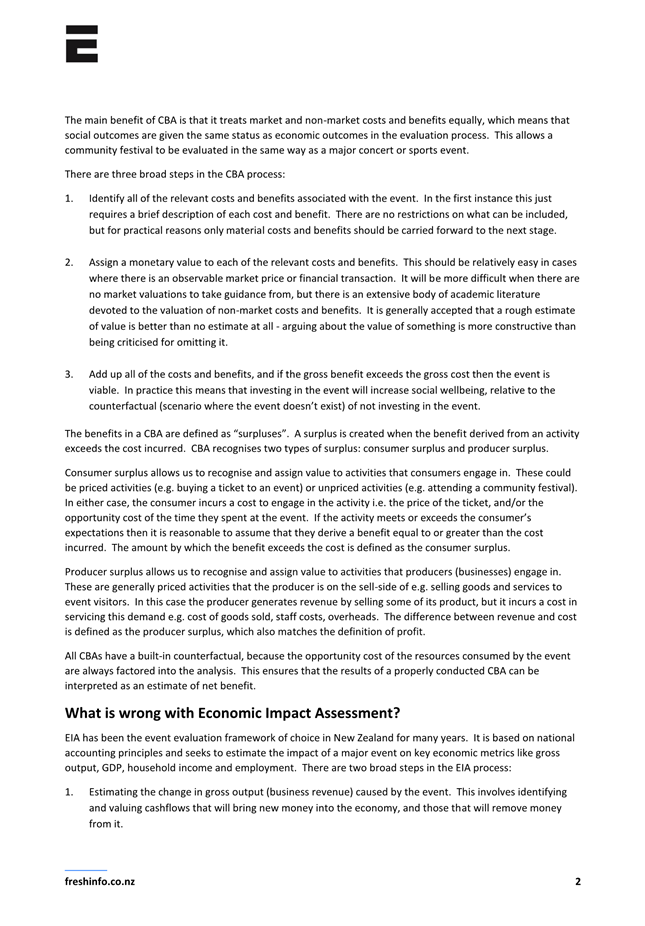
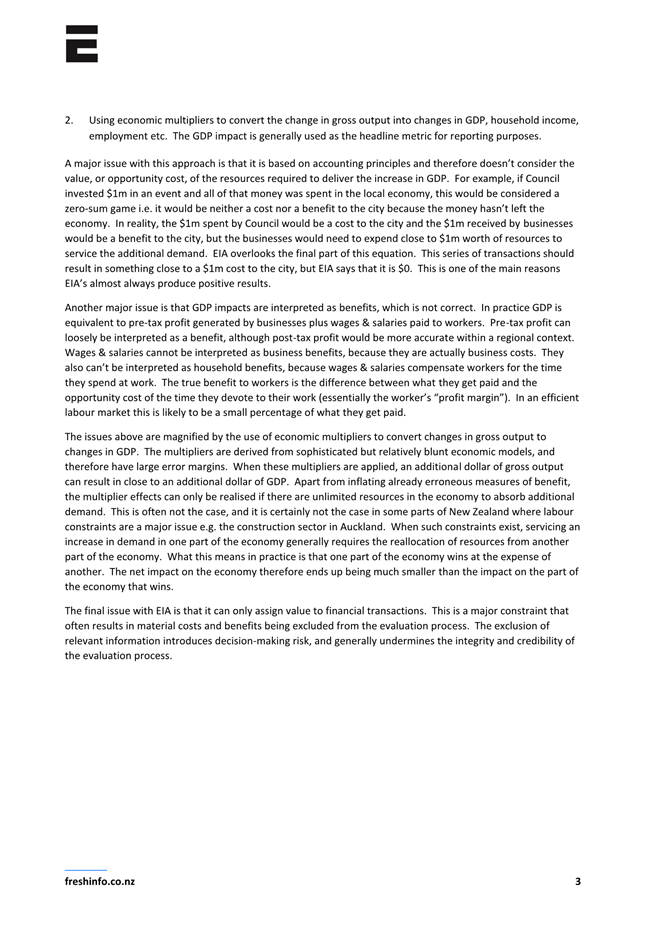
Memorandum
TO: Economic
Growth Committee
MEETING DATE: 20
November 2024
TITLE: Tamakuku
Terrace Six Monthly Update
Presented
By: Bill
Carswell, Acting Manager - Property, and Anna Saunders, Capital Projects
Officer
APPROVED BY: Chris
Dyhrberg, General Manager Infrastructure
RECOMMENDATION(S)
TO Economic Growth Committee
1. That
the Committee receive the memorandum titled ‘Tamakuku Terrace Six Monthly
Update’, presented to the Economic Growth Committee on 20 November 2024.
1. ISSUE
1.1 During
the last term of Council, the infrastructure committee requested six monthly
updates be provided throughout the duration of the project. In the
2022-25 term, updates are presented to the economic growth committee.
1.2 This
report is the update for the six-month period ending 31 October 2024.
2. BACKGROUND
2.1 Tamakuku
Terrace is a new 114-section subdivision within the Whakarongo Growth
Area. Section sizes within the subdivision range from 275m2 (a
couple) through to 810m2, with the average section size being 463m2.
2.2 The
development is being delivered through two stages:
· Stage
1 – 79 sections; and
· Stage
2 – the balance of 35 sections.
2.3 Construction
of Stage 1 was completed in October 2022 with titles issued in December 2022.
Tender Award – Tamakuku Terrace Stage 2
Construction
2.4 From
the Council meeting held on 7 August 2024, Council approved the award of
contract for Tamakuku Terrace Stage 2 Construction to Fulton Hogan Limited for
the sum of $5,576,873.77 excl. GST.
2.5 Construction
of Stage 2 commenced in October 2024 with completion expected in mid-2025, and
titles issued by late-2025.
Tamakuku Terrace Design Guidelines Review
2.6 The
Economic Growth Committee considered a review of the design requirements for
the unsold sections at Tamakuku Terrace. In the Economic Growth Committee
meeting held on 18 September 2024, the Committee recommended:
“That the Council approve Option 1 whereby the
design guidelines remain in place in full for the Tamakuku Terrace development,
including the following minor amendments:
a. Reduce the rear yard
setback requirement from 3m to 1.5m for corner sections,
b. Permit a wider range
of colour, cladding, and material finishes,
c. Permit a wider range
of paving finishes,
d. Require all proposed
planting areas to demonstrate a minimum of 50% of planted species from the
Manawatu Plains Ecological District or plant species list, with the remaining
50% being other species suitable to the site conditions.
Noting that Officers will continue to monitor, assess,
and amend the guidelines if required to support the sales strategy for the
development.”
2.7 The
amendments to the design guidelines have now been actioned, forming Version D
of the design guidelines. A copy of Version D of the design guidelines
are included in attachment 1. The amended design guidelines will be
released to the market in November.
3. Project update – 31 October 2024
3.1 Below
is an overview and update of the project and the various workstreams that are currently
underway.
Stage 1 Financials
3.2 A
high-level financial summary of the project costs is provided in the table
below:
|
Stage 1
|
$ (excl. GST)
|
|
Budgeted total development cost
|
$15.2M
|
|
Forecasted total development cost
|
$14.3M
Current
cost to date is $13.5M
Remaining
costs are for landscape maintenance, sales fees, and legal costs.
|
|
Forecasted Stage 1 revenue
|
$24.8M
|
|
Completed settlements at 31 October
|
$6.67M
|
3.3 Please
note: the forecasted revenue assumes all section sales are sold at their valuation
prices.
Sales
3.4 Tamakuku
Terrace is continuing to perform in line with the sales projections of 2 sales
per month. Enquiries remain steady with recent sales conversions to back
these up.
3.5 Pleasingly,
since the last update report in June 2024, there has been seven further conditional
or unconditional sales.
3.6 The
graph of sales below shows the notable upward trend since November 2023, which
indicates we are averaging 1-2 sales per month:
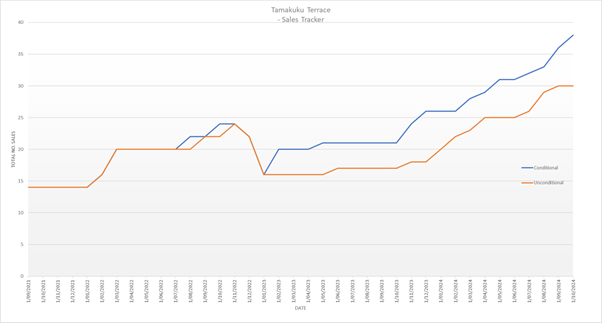
3.7 In
the last eleven months, 14 out of the 18 sales have been to build partners.
This is expected as build partners provide cost certainty to buyers and guide
them through the build process. This assists end-buyers with obtaining
finance and ensures homes are built in a timely manner.
3.8 The
table below summarises the sales and stock volumes at Tamakuku Terrace as well
as the pricing allocated to these:
|
Stage 1
|
Unconditional Revenue (Excl. GST)
|
Total Sales
|
|
Sold and Settled
|
$6,670,000
|
22
|
|
Sold (but
still to settle)
|
$2,156,522
|
8
|
|
Conditional Sales (direct)
|
$352,174
|
1
|
|
Conditional Sales
(to group builders)
|
$2,121,739
|
7
|
|
Total Sold Sections
|
$11,300,435
|
38
|
|
Unsold Stock
|
$13,519,130
|
41
|
3.9 Note
that the eight sections above that are still to settle are with group builders
with 12-month builder terms. They are unconditional sales; however, they
will not settle until the time of issue of Code of Compliance or by 12 calendar
months. These eight unconditional sales will settle over the next six
months (October 2024 to March 2025) as homes are completed, totalling $2.16M of
revenue.
3.10 A more
detailed table of the Stage 1 section sales including the section sizes, sale
dates, settlement dates, and confirmed sale prices are given in Appendix
2. Note that the summary table above contains the GST-exclusive values and
Appendix 2 provides GST-inclusive sale prices.
3.11 Appendix 2
also provides a map of the development sections to see which have sold.
Noting that all unsold sections in Stage 1 are available for sale.
3.12 At the
time of writing this report, a further two sales are currently being negotiated
with additional buyers who have expressed their interest.
3.13 An
important milestone for the project will be breaking even on Stage 1.
Based on the Stage 1 costs, circa 45 sections are required to break even.
Providing that the two interested parties convert to sales, a further five
sections need to be sold to break even. Based on our current sales
cadence, Officers forecast achieving the breakeven milestone in early 2025.
3.14 The
remaining section sales in Stage 1 will go towards offsetting the expenditure
required for Stage 2. Once the breakeven for Stage 2 and the whole
development is achieved, the balance of sale proceeds can be considered
profit. This milestone is expected to be reached in late 2025.
Stage 2 Financials
3.15 A
high-level financial summary of the project costs is provided in the table
below:
|
Stage 2
|
$ (excl. GST)
|
|
Budgeted total development cost
|
$9.9M
|
|
Forecasted total development cost
|
$9.87M
Current
cost to date is $824k
|
|
Forecasted Stage 2 revenue
|
$11.85M
|
3.16 Please
note again: the forecasted revenue assumes all section sales are sold at their
valuation prices.
Stage 2 Workstreams
3.17 Below is
an update on the workstreams for Stage 2:
|
Workstream
|
Commencement
|
Comments
|
|
Stage
2 detailed design and consent
|
July
2023
|
· The
resource consent for Stage 2 has been approved by an independent
commissioner.
· Stage
2 engineering approval for water, wastewater, and roading is resolved.
However, there is one item remaining with the stormwater design that is still
to be resolved. This relates to a shared stormwater swale between
Tamakuku Terrace and an adjoining landowner.
|
|
Culvert
bypass construction
|
October 2024
|
· Fulton Hogan have now established on site and they have completed
their enabling works as part of the culvert bypass including:
o Establish
site sheds and compound.
o Sediment
and erosion controls for the pipe culvert works.
o Water main
realignment within Te Hirawanui Drive.
o Temporary
works for the sheet piling from the downstream end.
o Long lead
time items of headwalls and pipe for the culvert bypass have been delivered
to site.
· Please refer to Appendix 3 for a visual aid of the culvert bypass
construction progress.
· KiwiRail have approved the authority grant variation and Fulton
Hogan have submitted a permit application with KiwiRail for the culvert
bypass works.
|
|
Earthworks
|
November
2024
|
· Earthworks
are set to begin in November, using a haul road through Summerset’s
site to move 20,000m3 of fill from the Lower Terrace to the Upper
Terrace in Stage 2. The utilisation of the haul road avoids damaging
the newly laid roads at Tamakuku Terrace and provides lesser disruption to
residents occupying Stage 1.
· The
earthworks period will run through the summer period until April 2025.
|
|
Civil
construction
|
January 2025
|
· The remaining civil construction work including 3 waters, roading,
and utilities installations will occur in the new calendar year with
completion set for June 2025.
|
Health and Safety
3.18 There have
been no near misses, incidents, or notifiable events/loss of time injuries for
Stage 2 of the project to date.
4. NEXT STEPS
4.1 Issue
Version D of the Whakarongo Design Guidelines to the market.
4.2 Continue
Stage 1 section sales.
4.3 Continue
with construction of Stage 2 culvert bypass installation. Commence earthworks
and civil works with a target completion by 30 June 2025.
4.4 Commence
Stage 2 pre-sales.
5. Compliance and administration
|
Does the Committee have
delegated authority to decide?
|
Yes
|
|
Are the decisions significant?
|
No
|
|
If they are significant do they
affect land or a body of water?
|
No
|
|
Can this decision only be made
through a 10 Year Plan?
|
No
|
|
Does this decision require
consultation through the Special Consultative procedure?
|
No
|
|
Is there funding in the current
Annual Plan for these objectives?
|
Yes
|
|
Are the recommendations
inconsistent with any of Council’s policies or plans?
|
No
|
|
The recommendations contribute
to:
Whāinga 1: He tāone
auaha, he tāone tiputipu
Goal 1: An innovative and
growing city
|
|
The
recommendations contribute to the achievement of objective/objectives
in:
15.
Mahere whare
15. Housing Plan
The objectives are to:
· Provide
infrastructure for housing growth areas.
· Ensure serviced
land is available to enable short, medium and long-term for housing and
business development.
|
|
Contribution
to strategic direction and to social, economic, environmental and cultural
well-being
|
Progressing with the Tamakuku
Terrace subdivision development within the Whakarongo Growth Area will:
• Provide
additional sections to the marketplace to help reduce the supply vs. demand
shortfall.
• Provide
choice to purchasers through a variety of section sizes and provide them the
freedom to choose their preferred house builder.
• Provide
a best practice example to the private development community showcasing the
opportunities and benefits of working closely with local iwi, urban
designers, territorial authorities, and local experts to achieve excellent
outcomes.
• Support
local contractors and the employment market.
|
|
|
|
Attachments
|
1.
|
Appendix
1 - Whakarongo Design Guidelines - Version D ⇩ 
|
|
|
2.
|
Appendix
2 - Tamakuku Terrace Stage 1 Section Sales ⇩ 
|
|
|
3.
|
Appendix
3 - Culvert Bypass Construction Progress ⇩ 
|
|
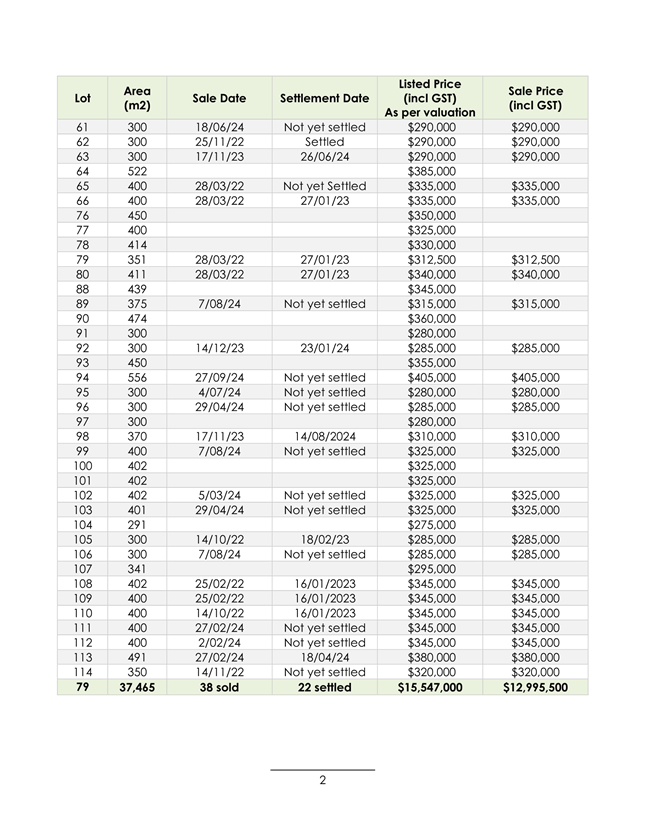
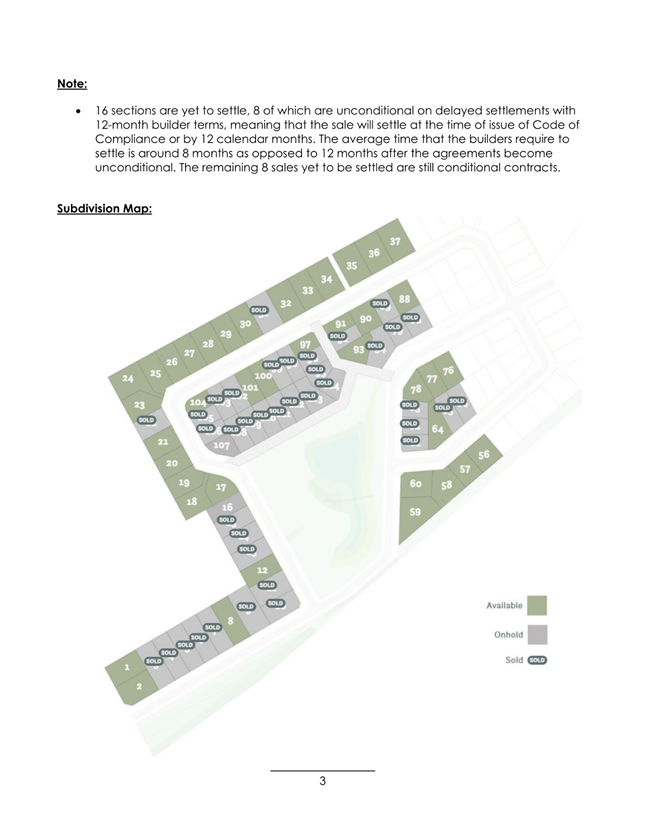
Committee Work Schedule
TO: Economic
Growth Committee
MEETING DATE: 20
November 2024
TITLE: Committee
Work Schedule - November 2024
RECOMMENDATION TO Economic Growth Committee:
1. That
the Economic Growth Committee receive its Work Schedule dated November 2024.
Committee
Work Schedule – NOVEMBER 2024
|
|
Estimated Report
Date
|
Subject
|
Officer Responsible
|
Current Position
|
Date of Instruction
&
Clause no.
|
|
1
|
18 Sep 2024
|
Quarter 4 Economic Report April-June 2024
|
General Manager Strategic Planning
|
Deferred from committee September
|
Terms of Reference
|
|
2
|
18 Sept 2024
|
International Relations 6 Monthly report
|
General Manager Strategic Planning
|
Deferred from committee September
|
Terms of Reference
|
|
3
|
20 Nov 2024
|
PNAL – Annual Report for 2023/24
|
General Manager Corporate Services
|
|
Terms of Reference
|
|
4
|
20 Nov 2024
|
Parking Framework – Draft for consultation
|
General Manager Strategic Planning
|
|
|
|
5
|
20 Nov 2024
|
Presentation: The Factory
|
|
|
|
|
6
|
20 Nov 2024
|
CEDA – Annual Report for 2023/24
|
General Manager Strategic Planning
|
Waiting on audit
|
Terms of Reference
|
|
7
|
20 Nov 2024
|
PNAL – Statement of Expectation for 2025/26 –
2027/28
|
General Manager Corporate Services
|
|
Terms of Reference
|
|
8
|
20 Nov 2024
|
PNCC Events - Annual Summary of Economic Impact and
Benefits 2022/23
|
General Manager Customer & Community
|
|
25 October 2023
Clause 60-23
|
|
9
|
20 Nov 2024
|
Featherston Street – report back on functionality of
road
|
General Manager Infrastructure
|
|
Council
5 June 2024
Clause 98-24
|
|
10
|
20 Nov 2024
|
Tamakuku Terrace Update (6 Monthly)
|
General Manager Infrastructure
|
|
Terms of Reference
|
|
11
|
20 Nov 2024
|
Streetlight Timing and Cost Report Re city-wide survey,
upgrades to additional streets and replacement of bulbs and stock
|
General Manager Infrastructure
|
|
19 June 2024 Clause 43-24
|
|
12
|
20 Nov 2024
9 Apr 2025
|
Quarter
1 Economic Report Jul-Sep 2024
|
General
Manager Strategic Planning
|
September quarter data is not released until 22 November
|
Committee
Terms of Reference
|
|
13
|
20 Nov 2024
9 Apr 2025
|
Streets for People
Update (6 monthly)
|
General Manager
Infrastructure
|
Officers are working through NZTA funding implications
for this project
|
Terms of Reference
28 February 2024
Clause 18-24
|
|
14
|
20 Nov 2024
9 Apr 2025
|
Featherston Street
– concept design options – shared walkway/ non-separated cycleway
|
General Manager
Infrastructure
|
Officers are working through NZTA funding implications
for this project
|
Council
5 June 2024
Clause 98-24
|
|
15
|
20 Nov 2024
9 Apr 2025
|
City Central Indicative
Business Case (CCIBC) Update
|
General Manager
Strategic Planning
|
To align with the 6 months update on the City Centre Transformation
Steering Group.
|
19
June 2024 Clause 42-24
|
|
16
|
20 Nov 2024
9 Apr 2025
|
Economic
Profile: Logistics and distribution (3-yearly)
|
General
Manager Strategic Planning
|
Officers doing some additional work with NZIER that will
include as an input
|
30
August 2023 Clause 35-23 Schedule
|
|
17
|
9 Apr 2025
|
Road Maintenance
Contract (six-monthly report on work programme and performance)
|
General Manager
Infrastructure
|
|
16
March 2022 Clause 4-22
|
|
18
|
9 Apr 2025
|
Tamakuku Terrace Update
(6 Monthly)
|
General Manager
Infrastructure
|
|
Terms of Reference
|
|
19
|
9 Apr 2025
|
Featherston Street
– report back on functionality of road
|
General Manager
Infrastructure
|
|
Council
5 June 2024
Clause 98-24
|
|
20
|
9 Apr 2025
|
Vogel Street Safety
Improvements Update
|
General Manager
Infrastructure
|
|
12
April 2023 Clause 14-23
|
|
21
|
9 Apr 2025
|
City Economic Structure
Report (annually)
|
General Manager
Strategic Planning
|
|
Rec
1c
|
|
22
|
9 Apr 2025
|
PN Airport – Six
Month Report and draft SOI
|
General Manager
Corporate Services
|
|
Terms of Reference
|
|
23
|
9 Apr 2025
|
Quarter 2 Economic
Report October-December 2024
|
General Manager
Strategic Planning
|
|
Terms of Reference
|
|
24
|
9 Apr 2025
|
CEDA – Six Month
Report and draft SOI 2025-28
|
General Manager
Strategic Planning
|
|
Terms of Reference
|
|
25
|
9 Apr 2025
|
International Relations
and Education Activities – 6 months update
|
General Manager
Strategic Planning
|
|
Terms of reference
Council Clause 203-23
|
|
26
|
11 June 2025
|
PNAL – Final
Statement of Intent for 2025/26 to 2027-28
|
General Manager
Corporate Services
|
|
Terms
of Reference
|
|
27
|
11 June 2025
|
CEDA – Final
Statement of Intent for 2025/26
|
General Manager
Strategic Planning
|
|
Terms of Reference
|
|
28
|
11 June 2025
|
2025-2026 Annual Plan
– International Relations Activity to include quantitative and
qualitative measures
|
General Manager
Strategic Planning
|
|
Council
5 June 2024 Clause 102-24
|
|
29
|
2024/25
|
Economic Profile:
Agri-food (3 yearly)
|
General Manager
Strategic Planning
|
|
30
August 2023 Clause 35-23
|
|
30
|
2025/26
|
Economic Profile:
Tourism (3 yearly)
|
General Manager
Strategic Planning
|
|
30
August 2023 Clause 35-23
|
|
31
|
Early 2025
|
New Zealand Food Awards
– Annual Report
|
General Manager
Customer & Community
|
|
31
May 2023 Clause 88.12-23
|
|
32
|
Early 2025
|
Annual Snapshot of
Economic indicators for the city
|
General Manager
Strategic Planning
|
|
30
August 2023 Clause 35-23
|















































































